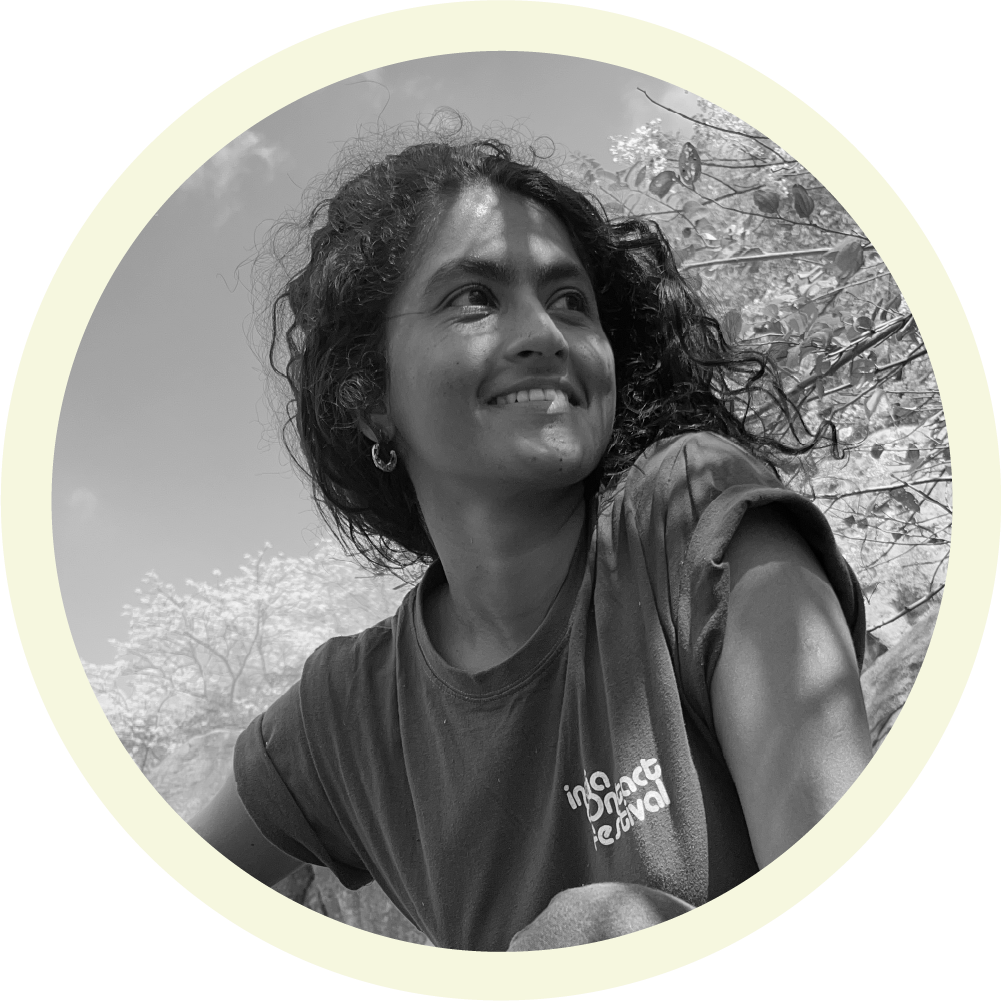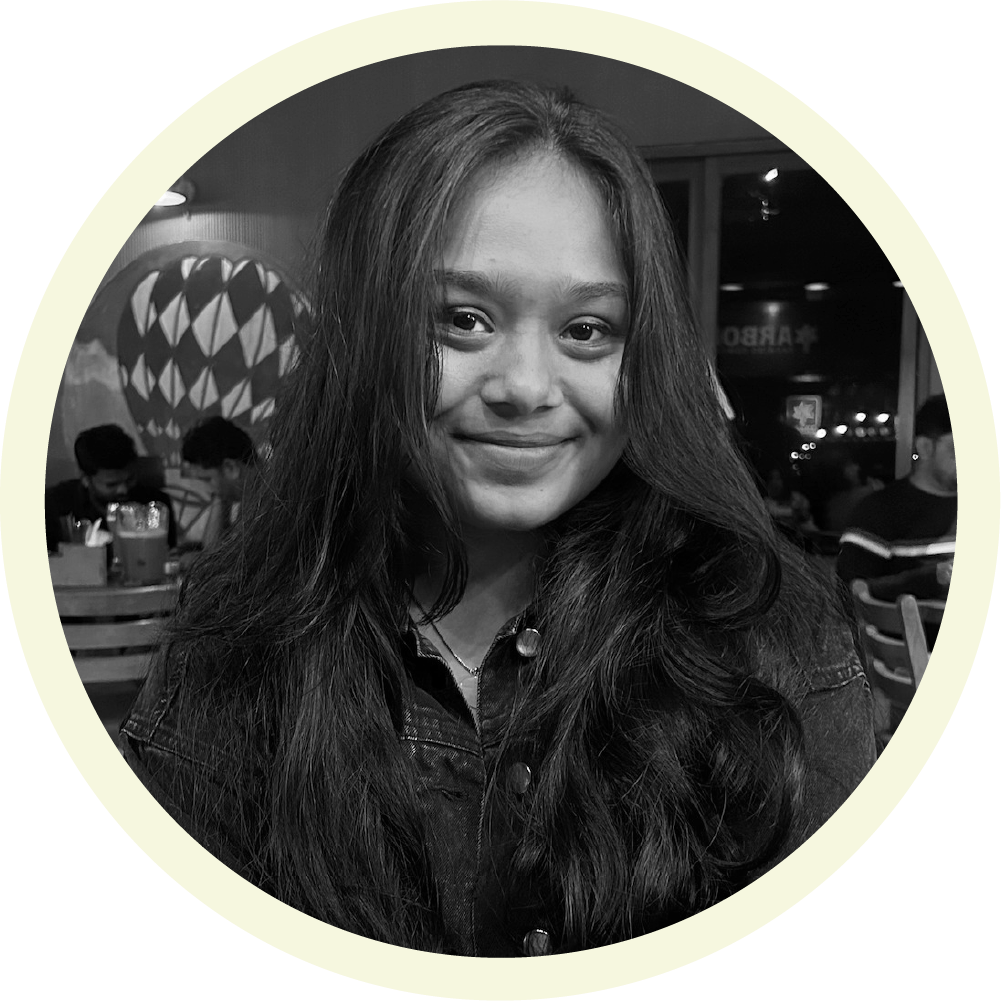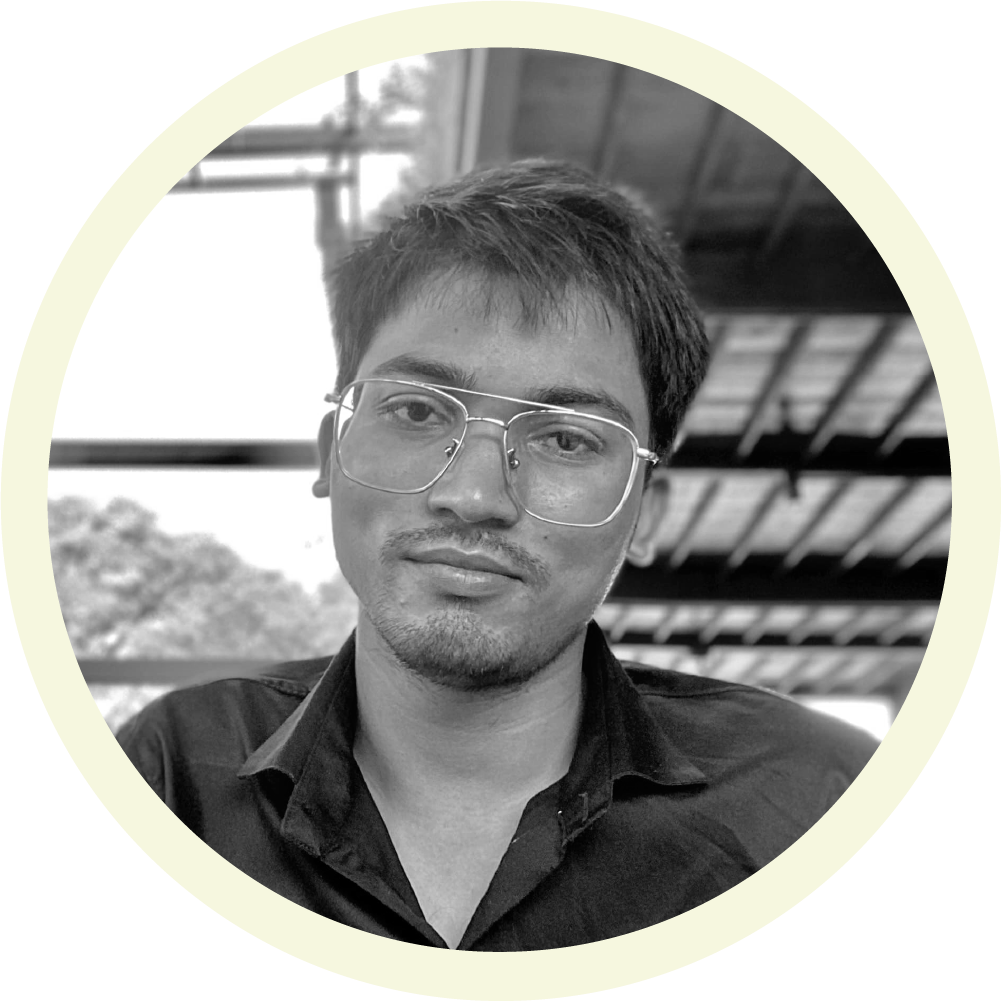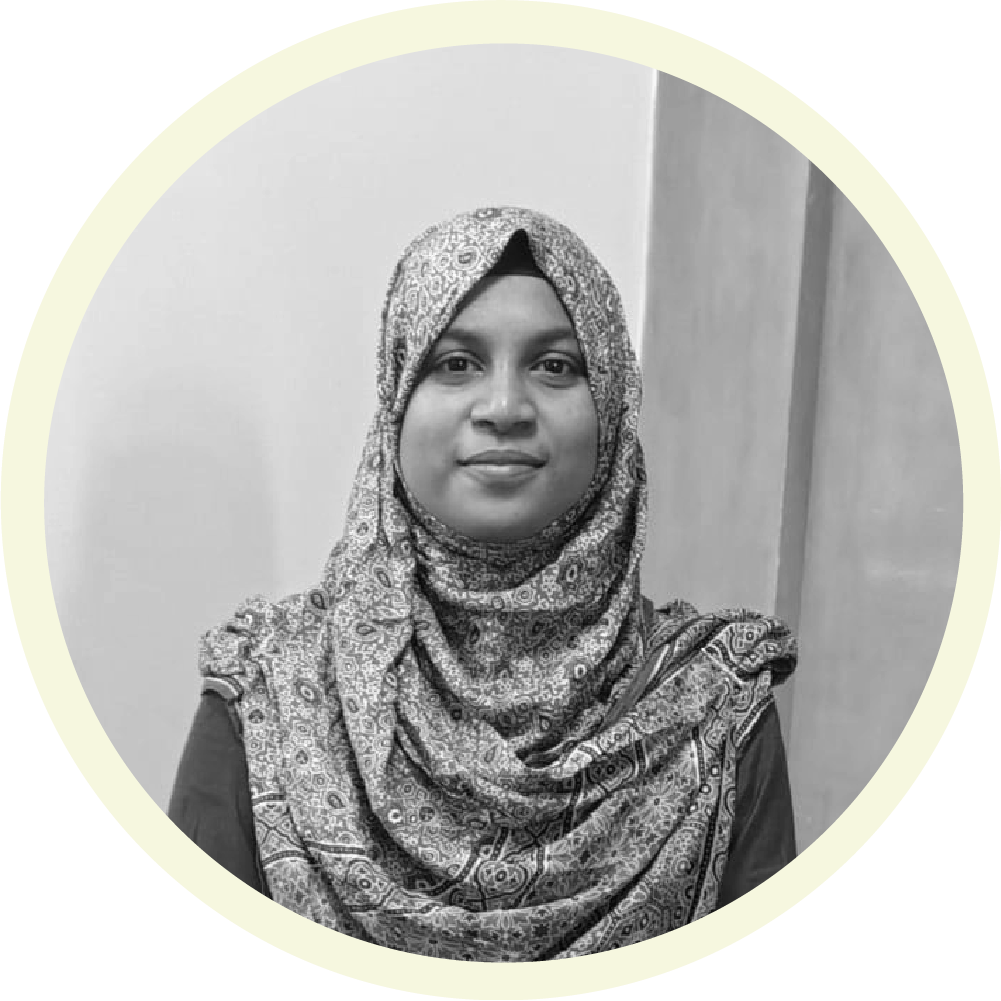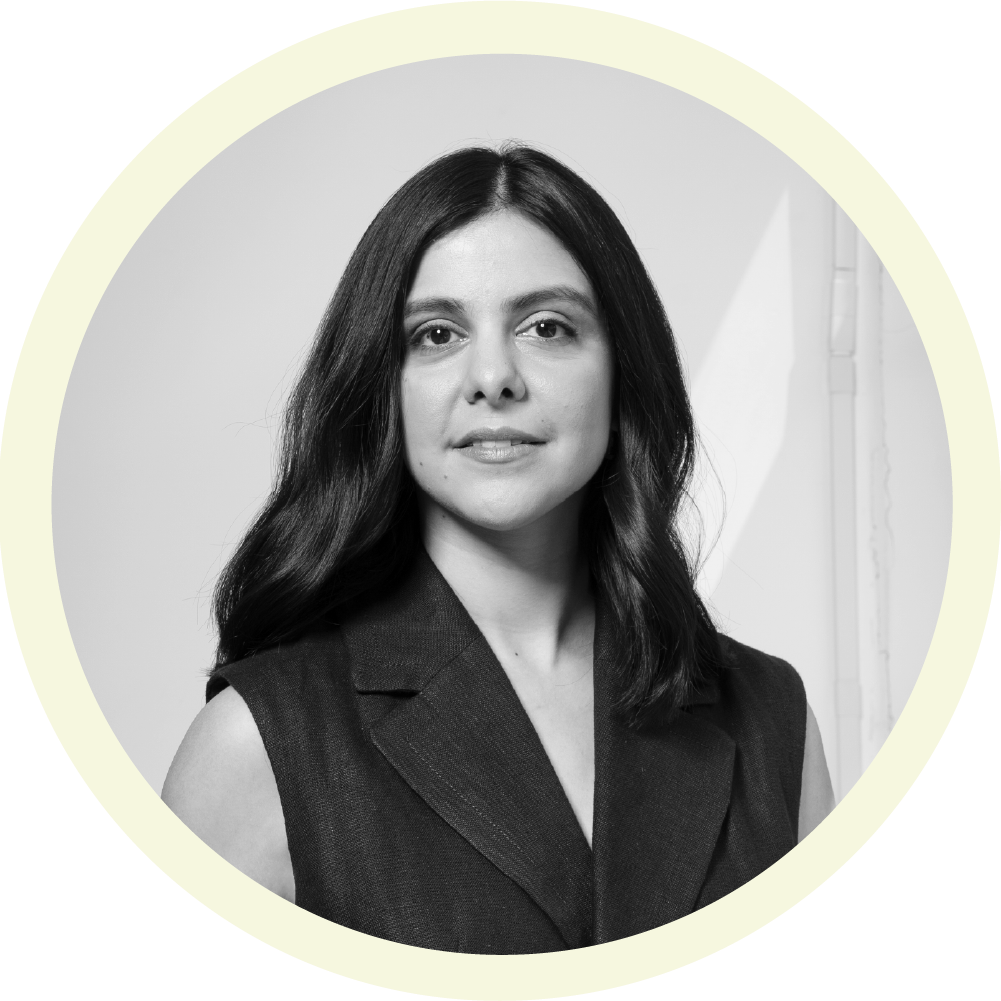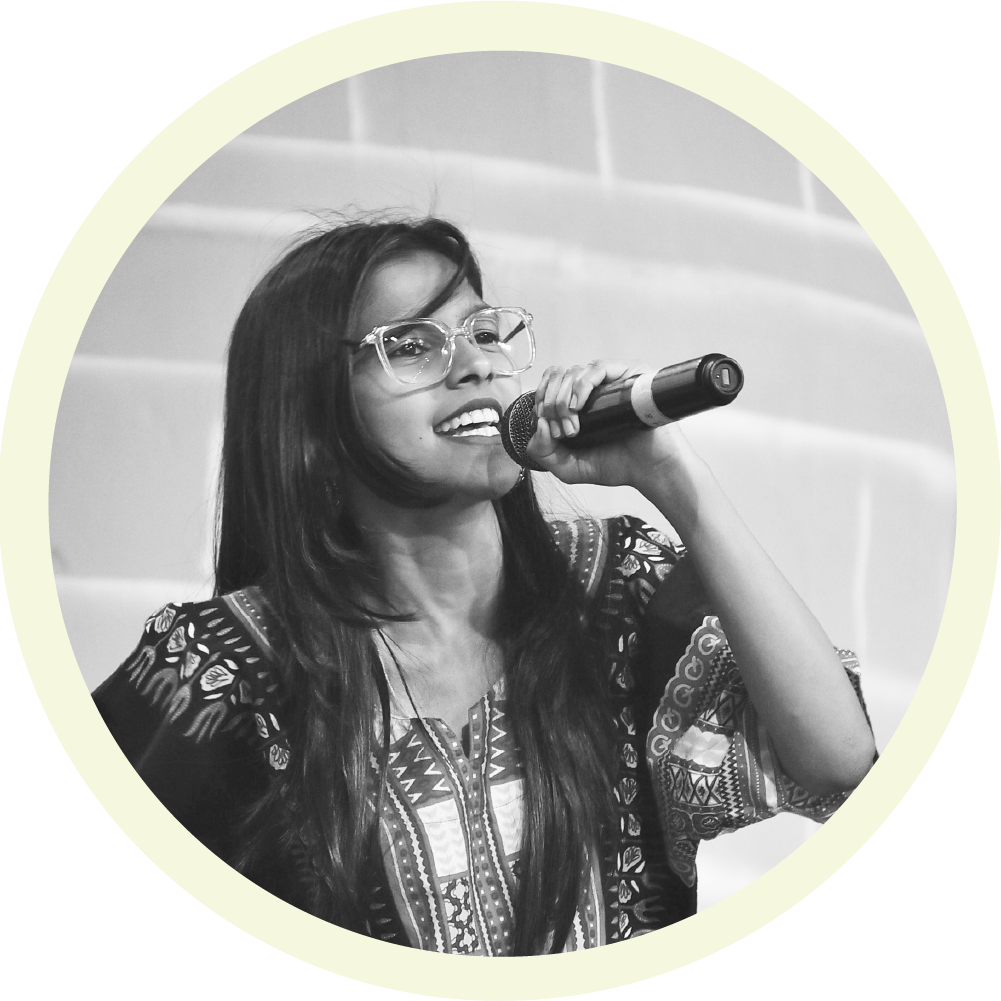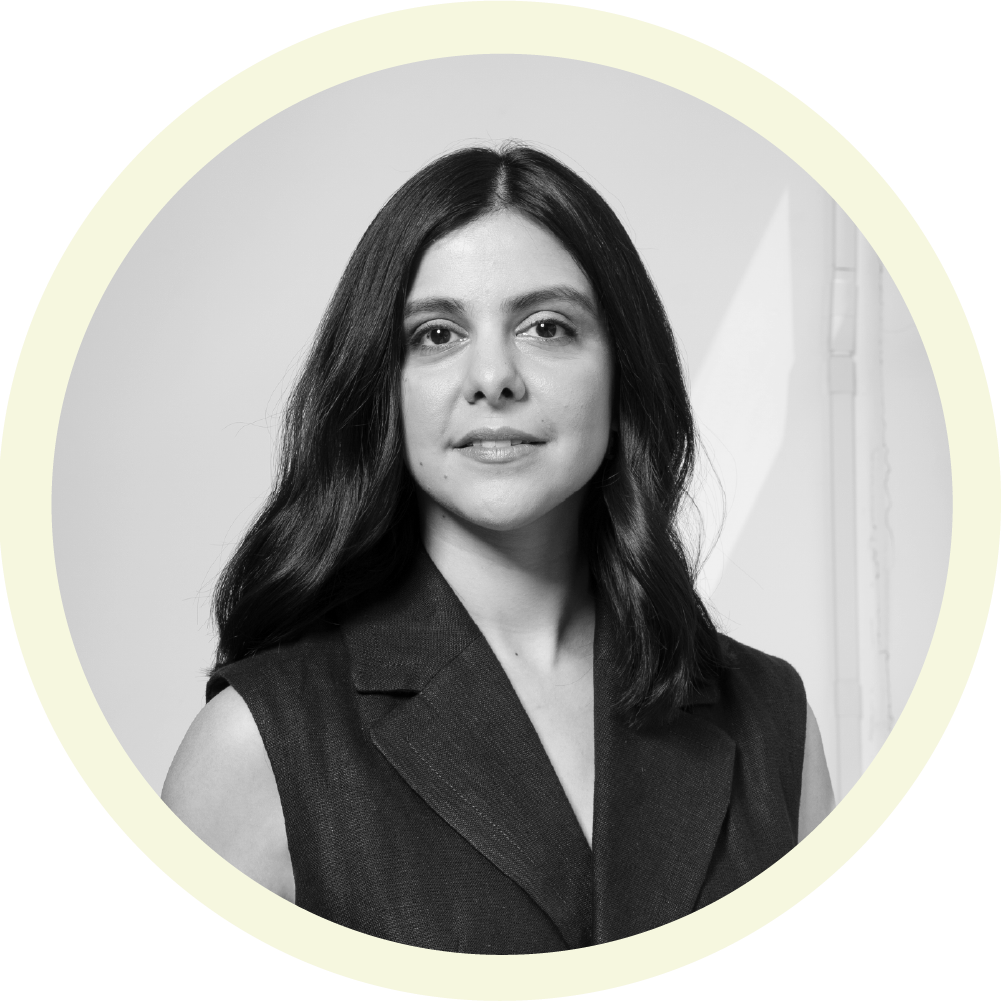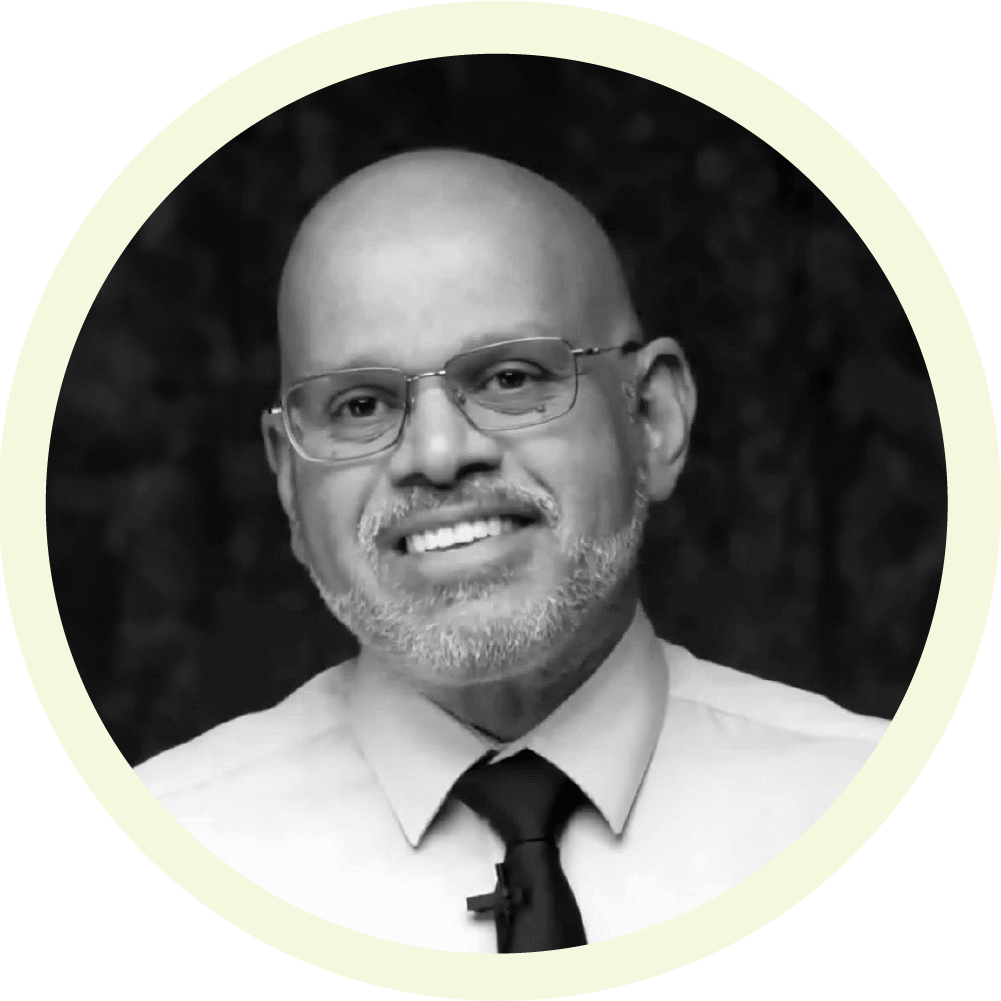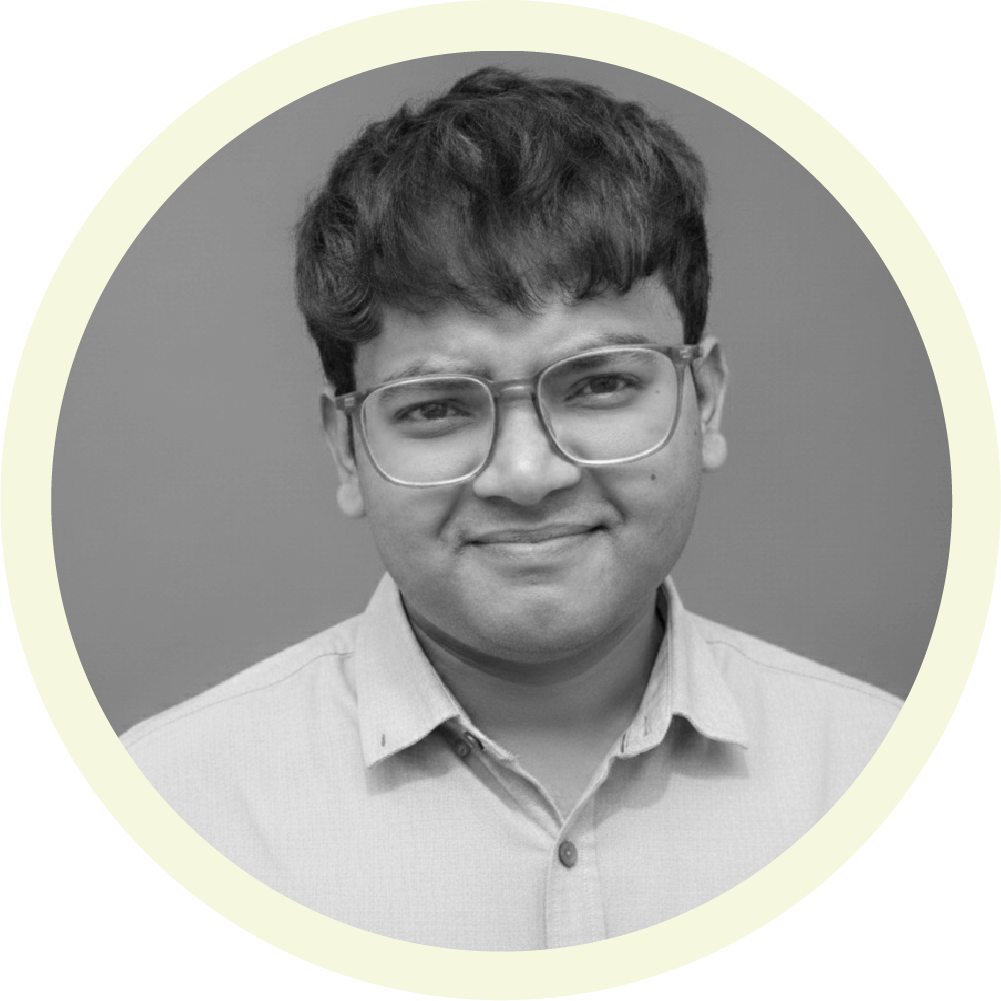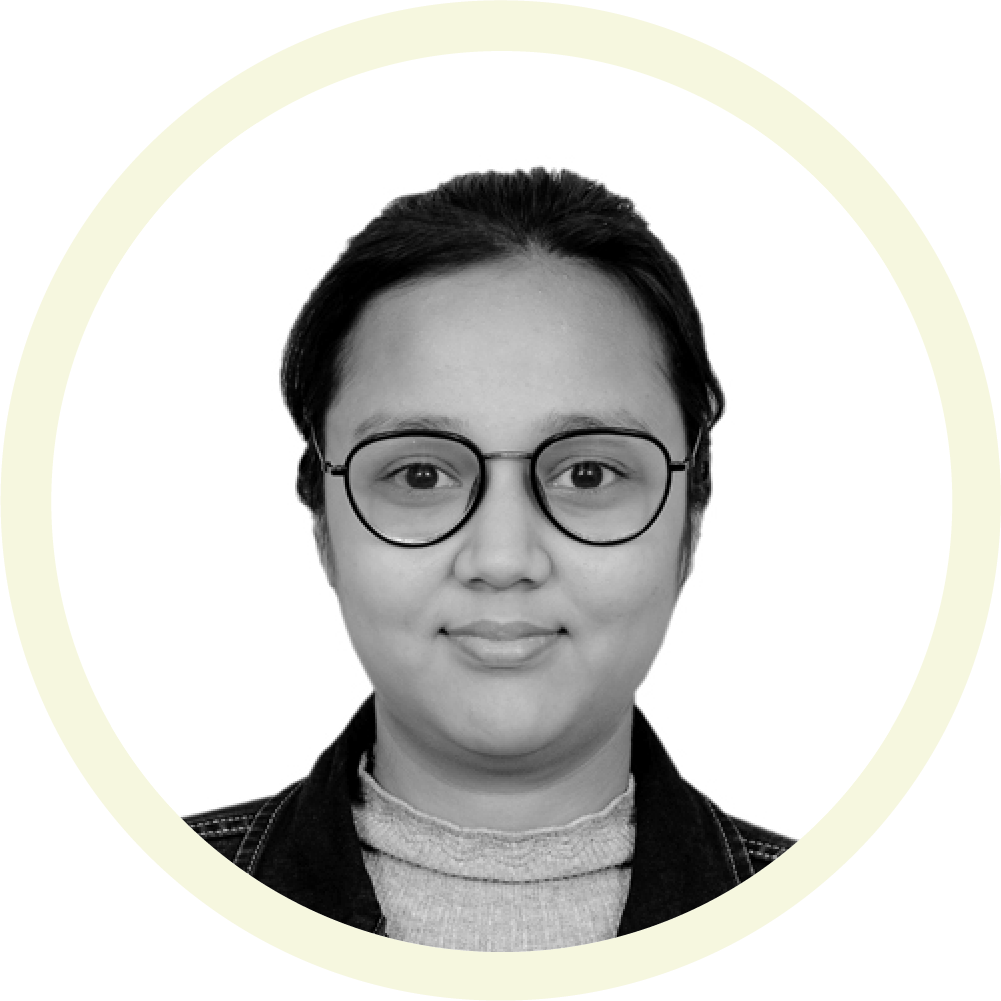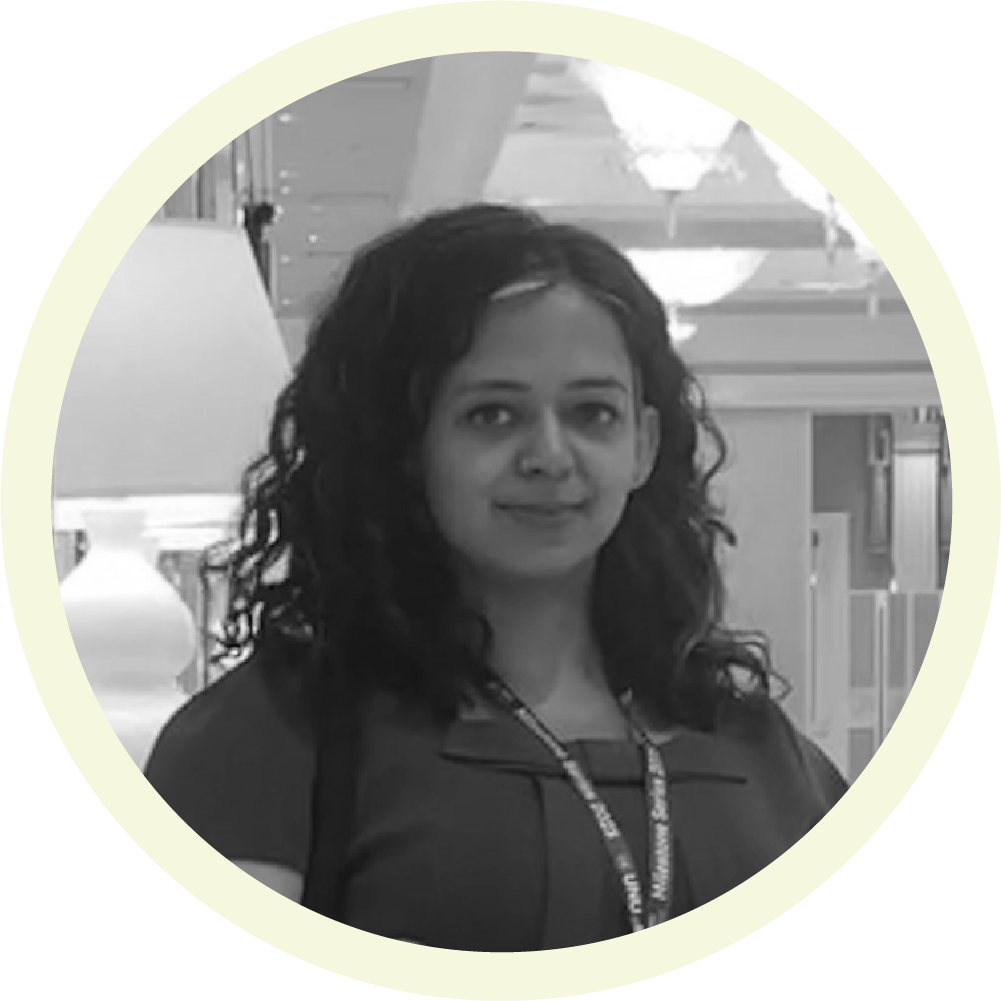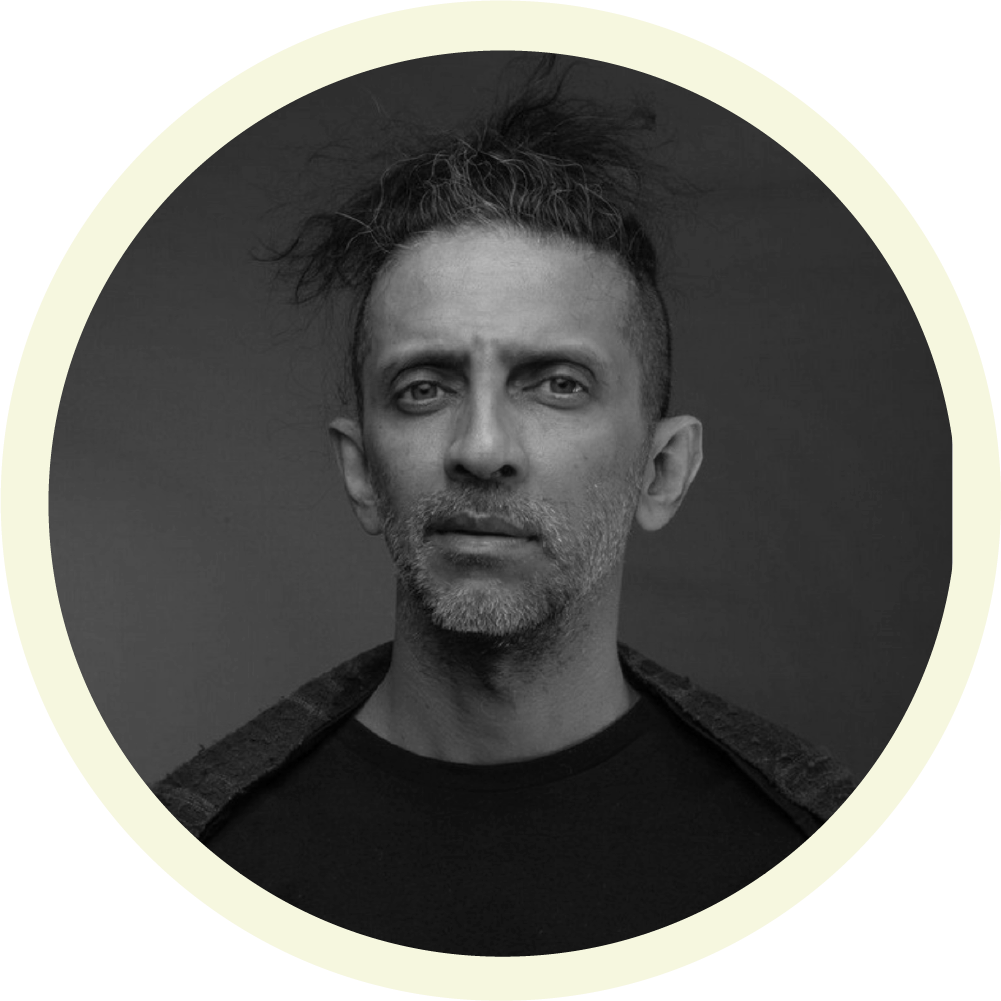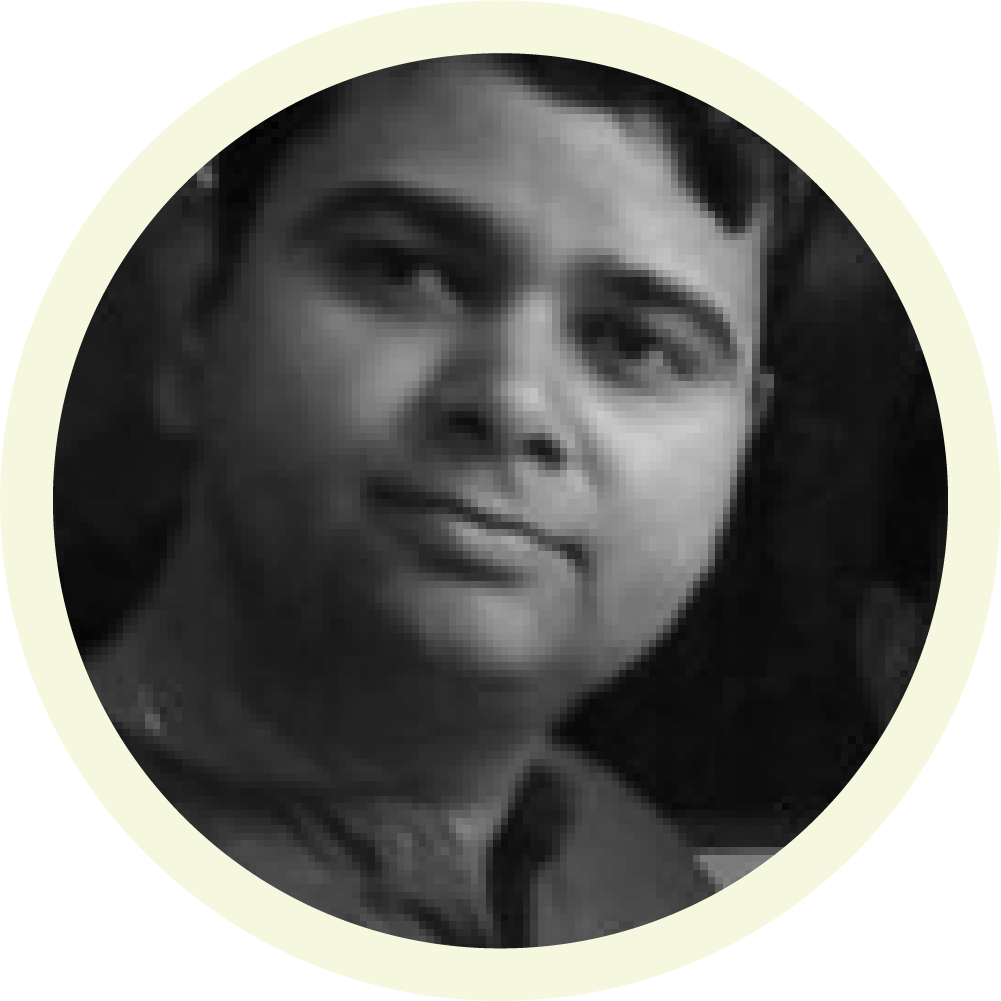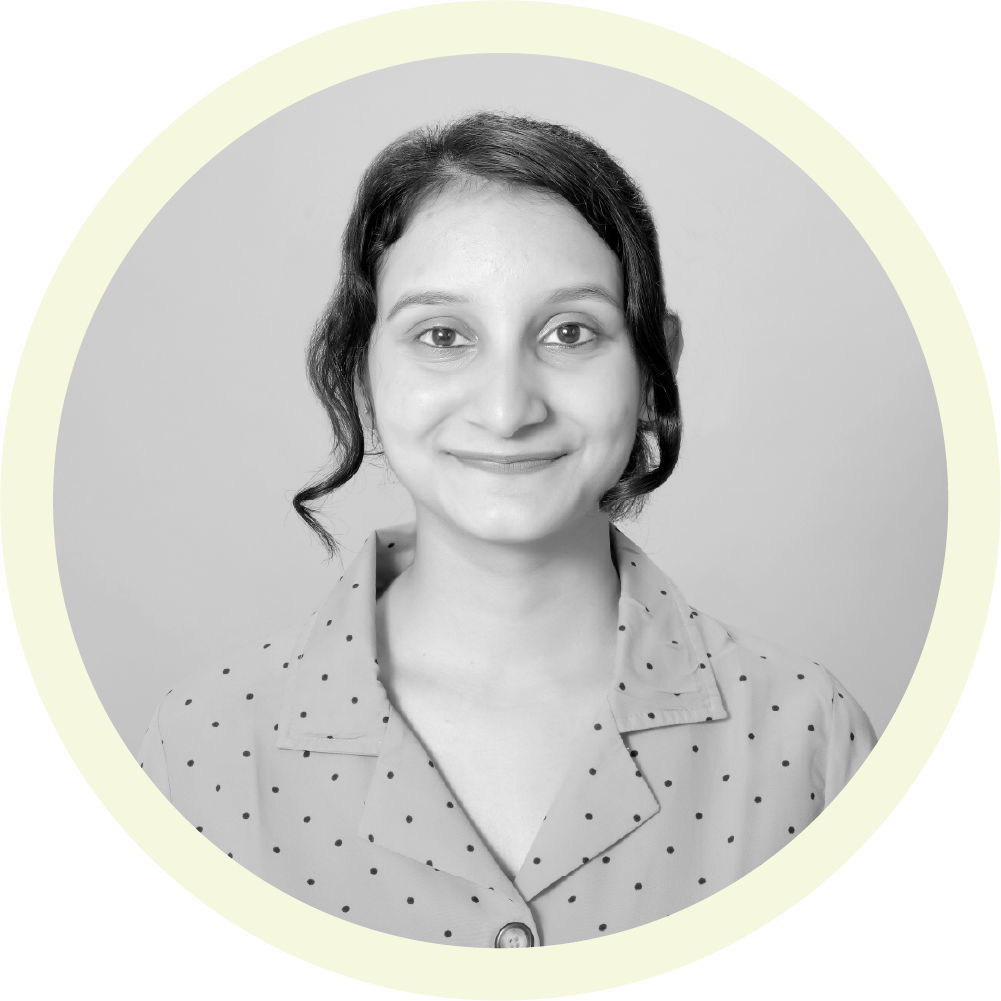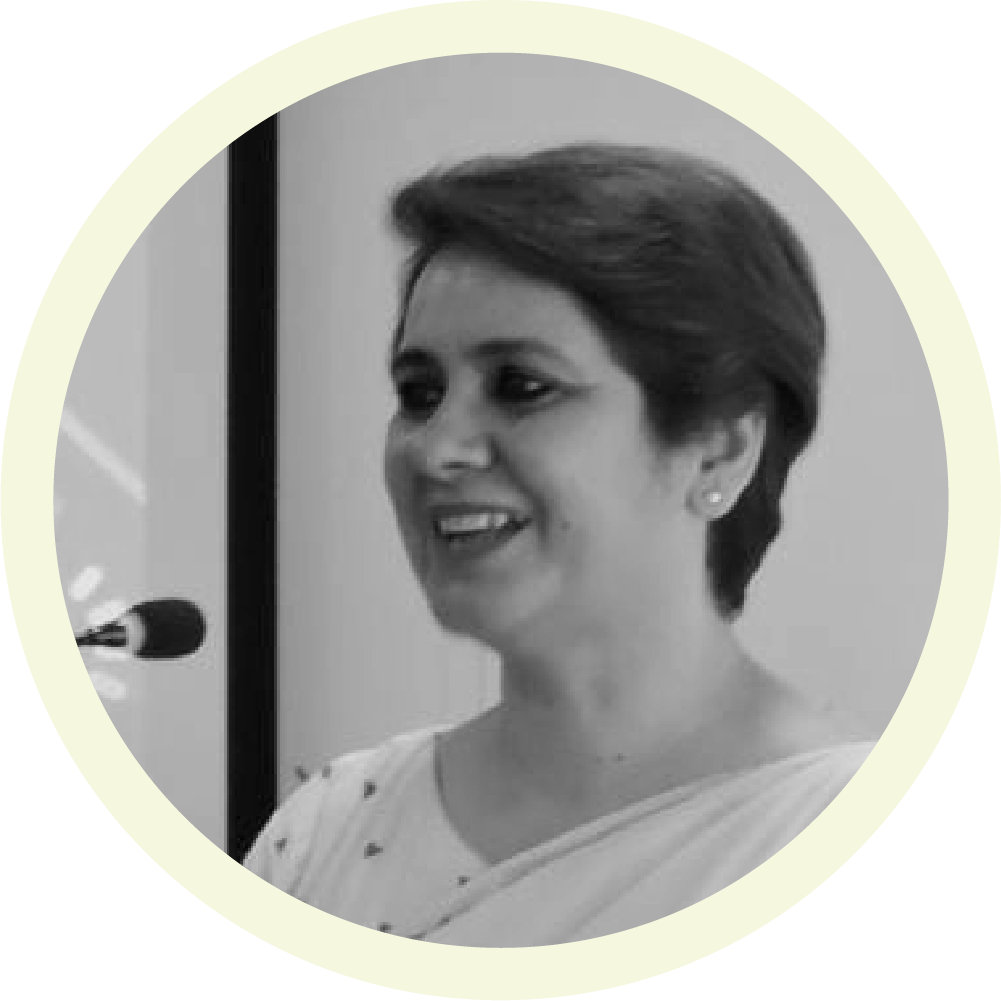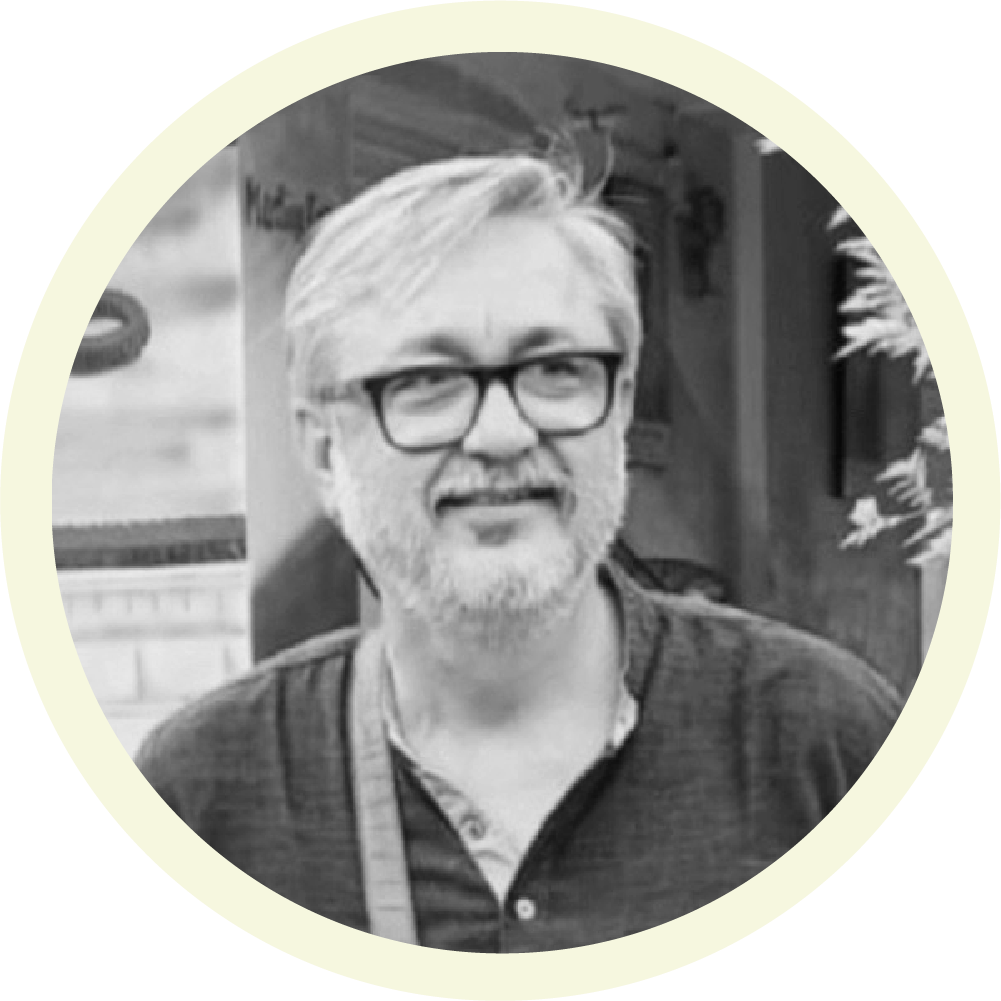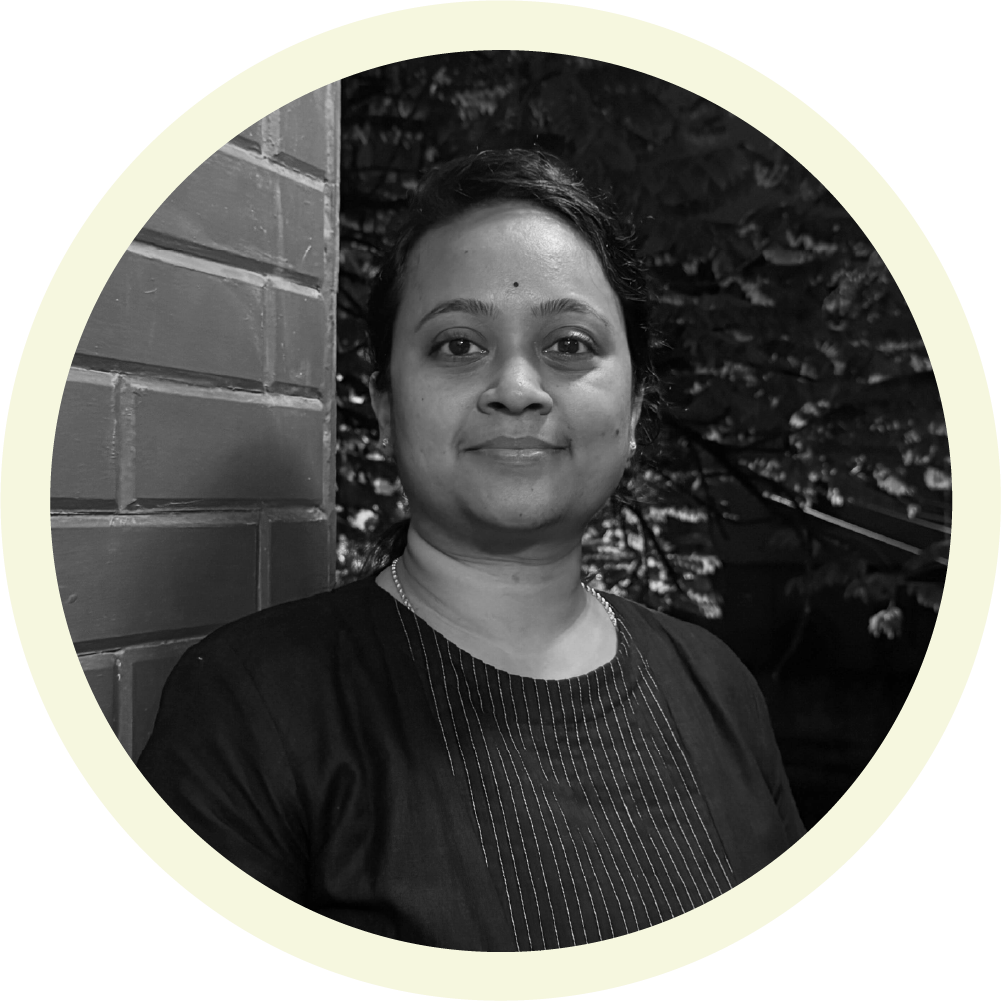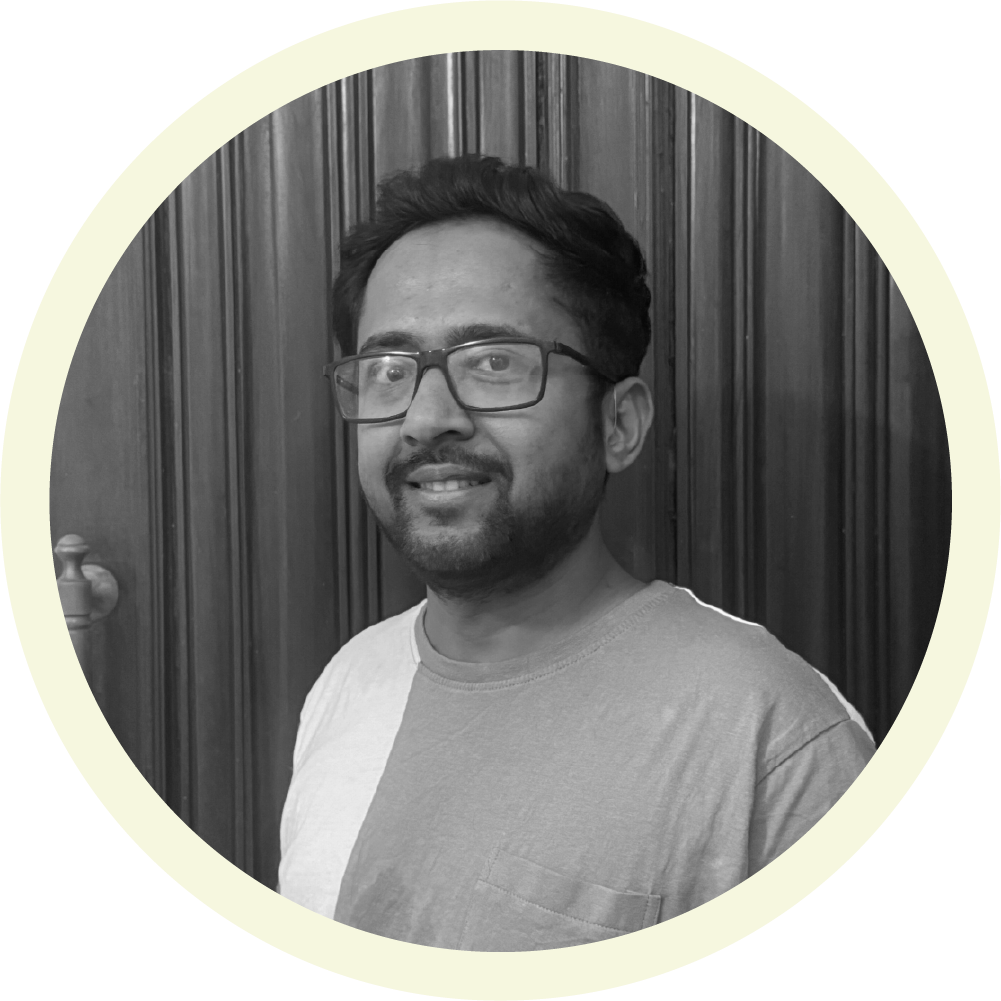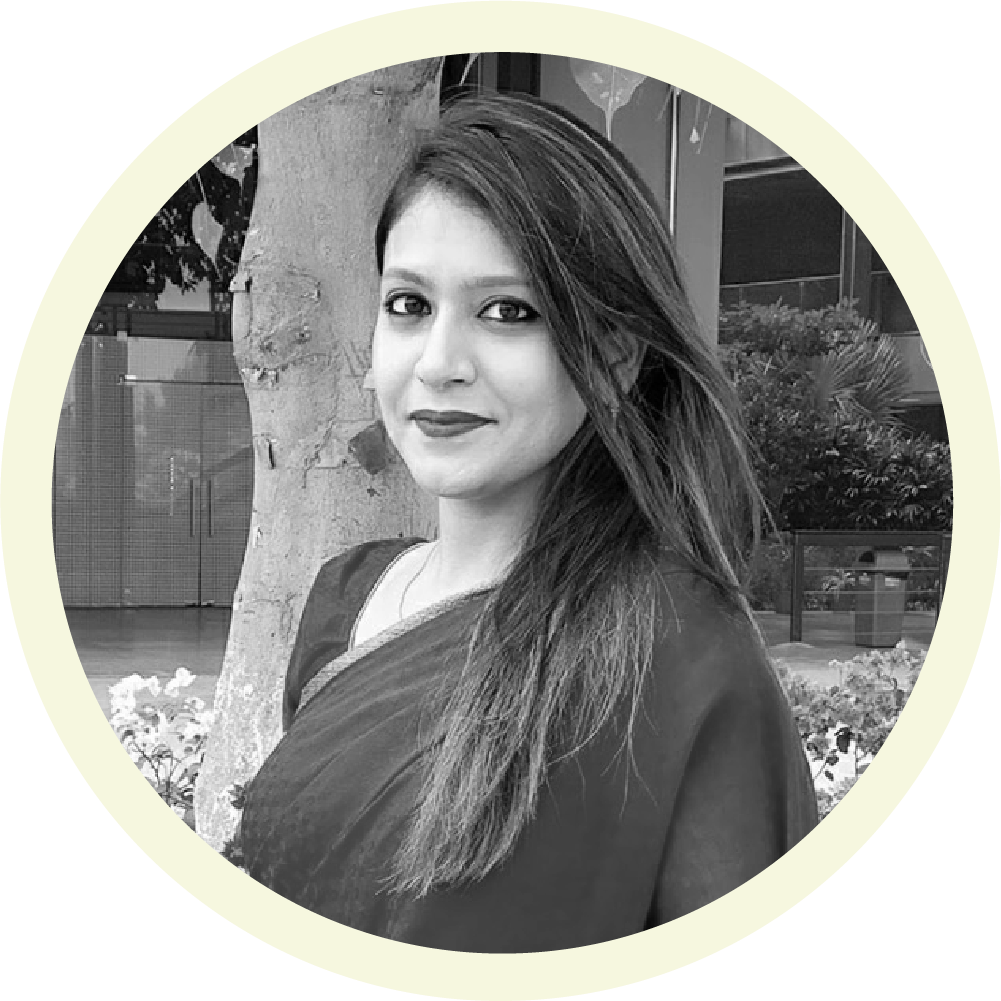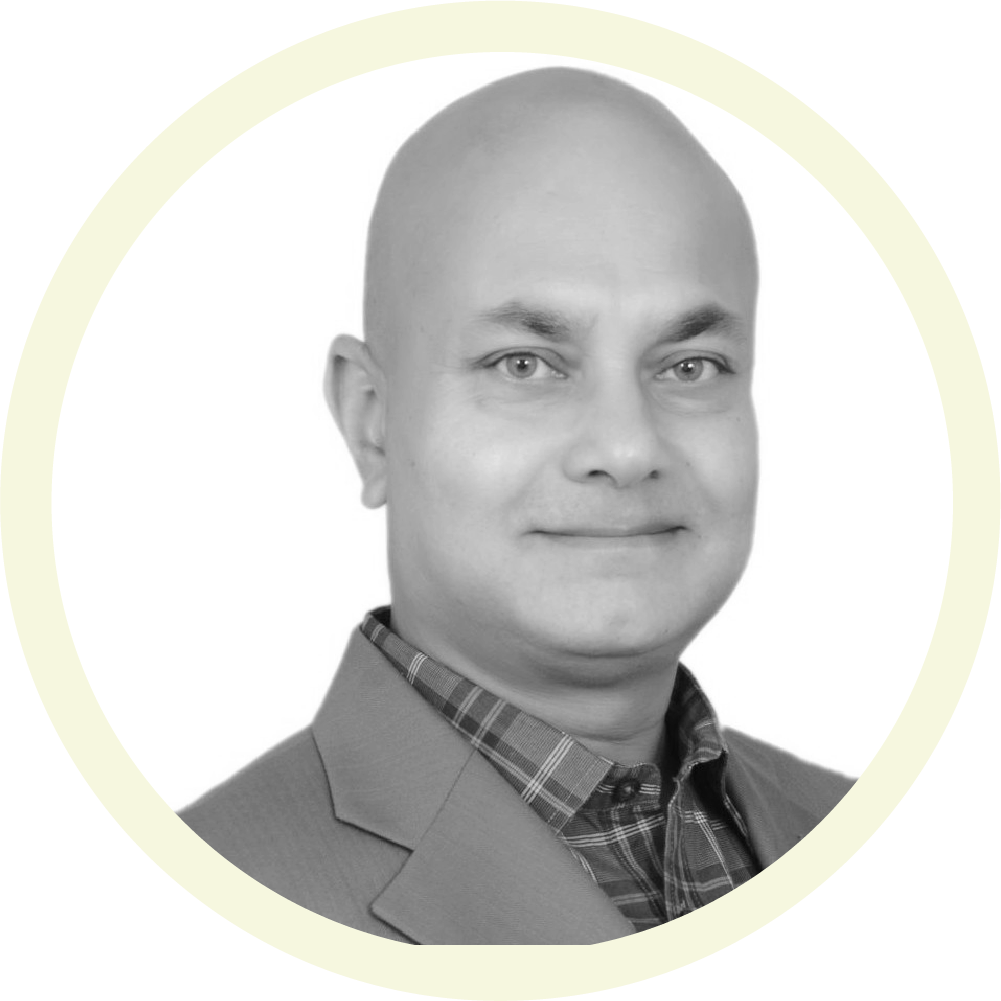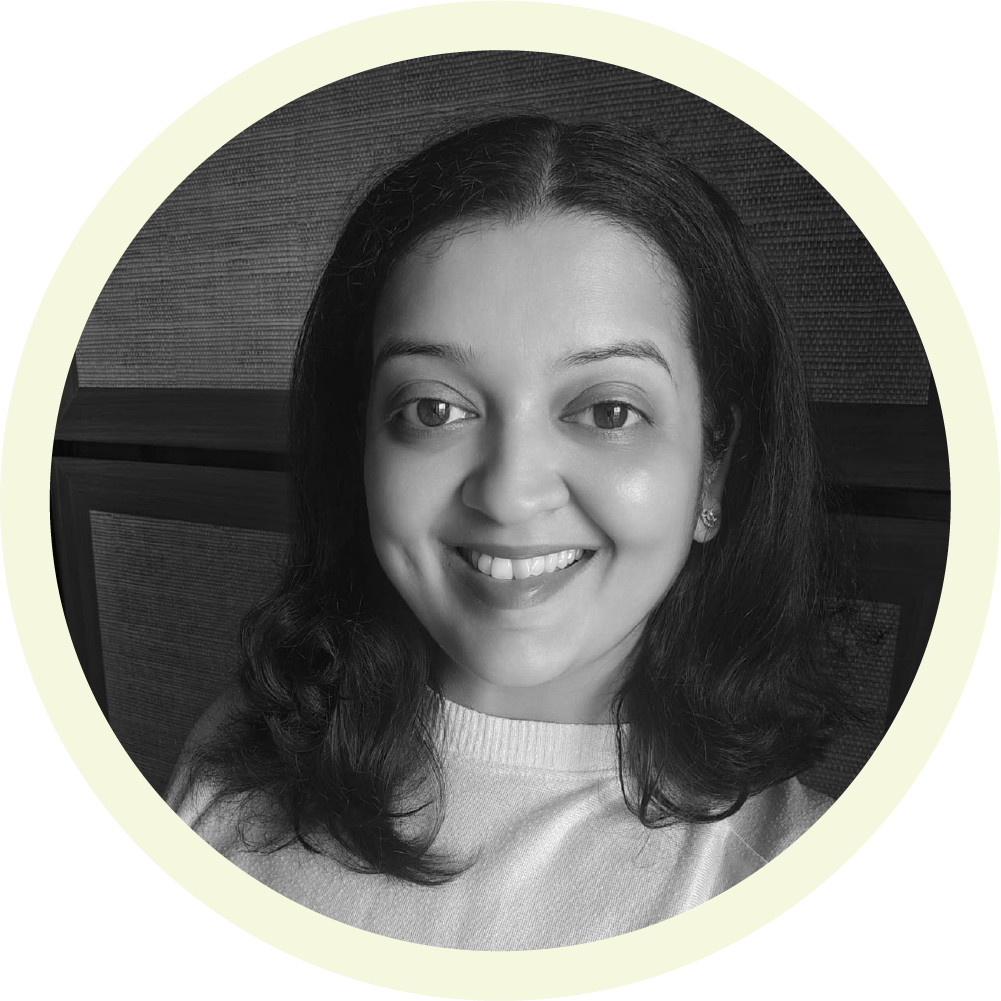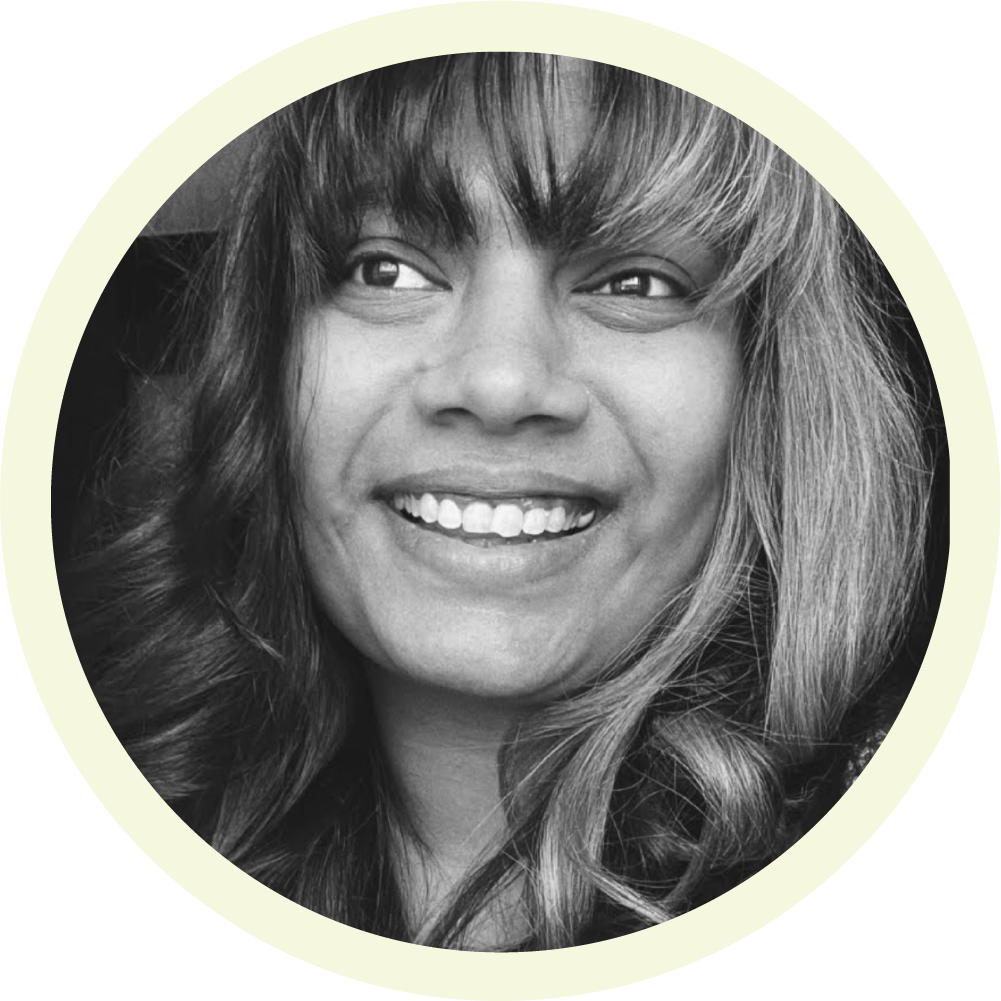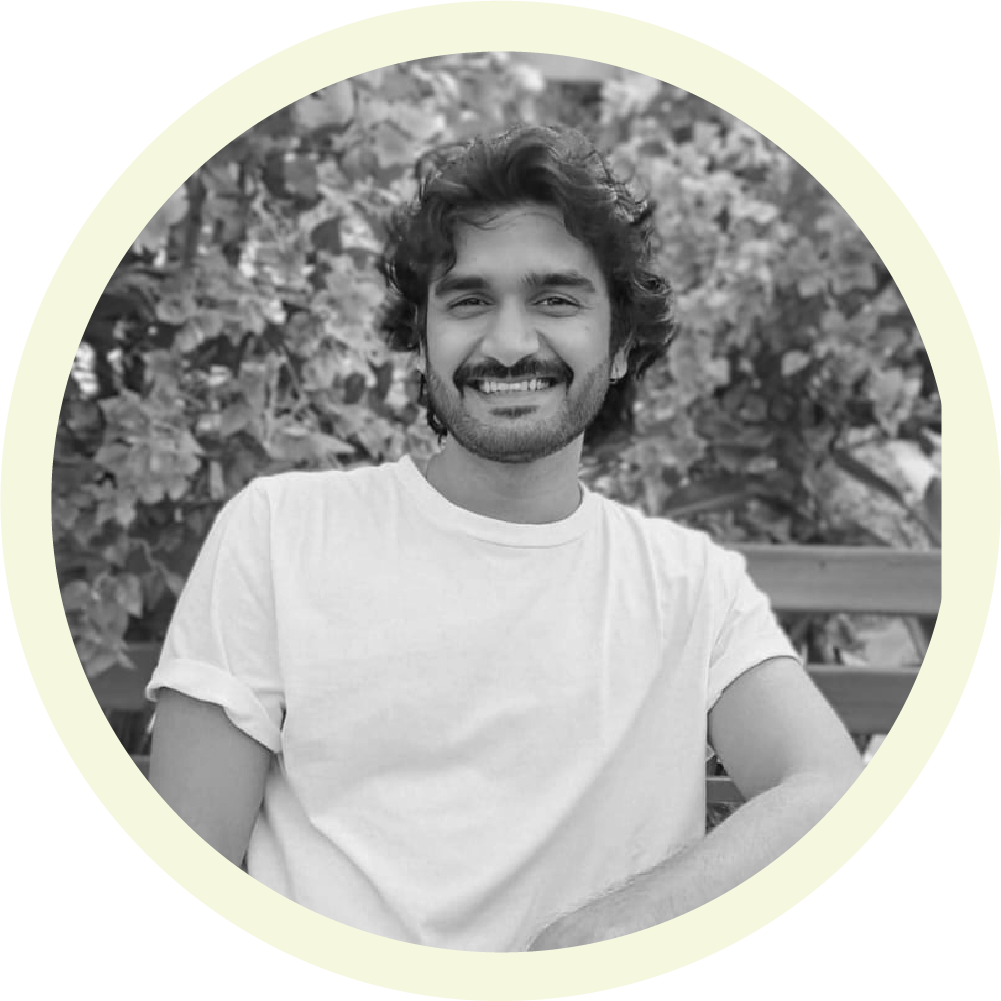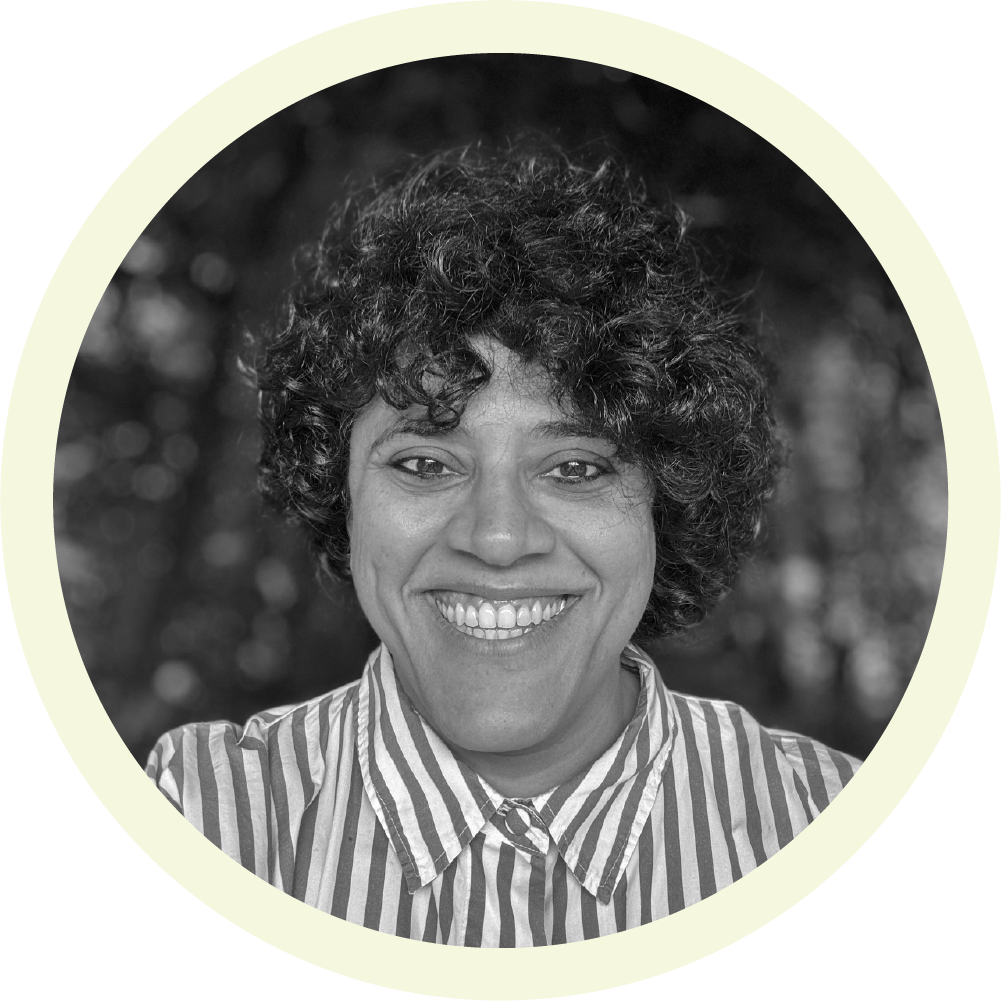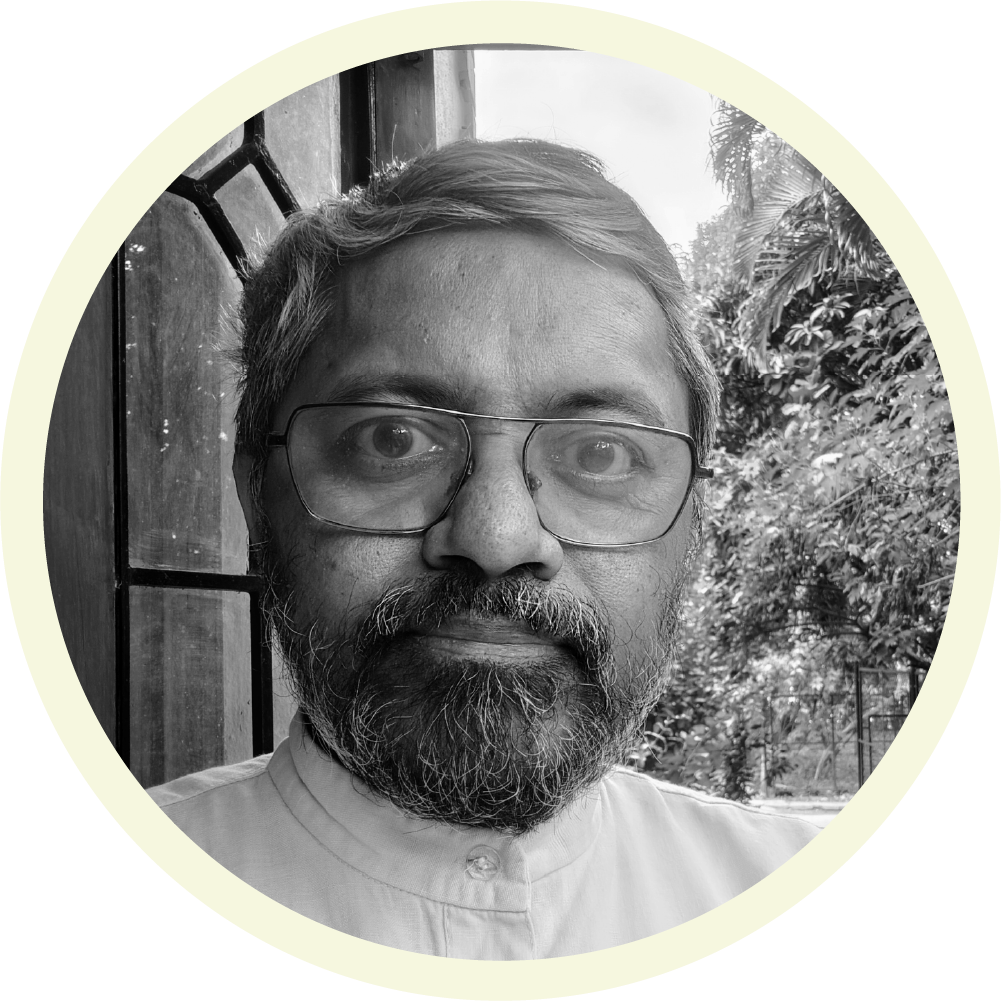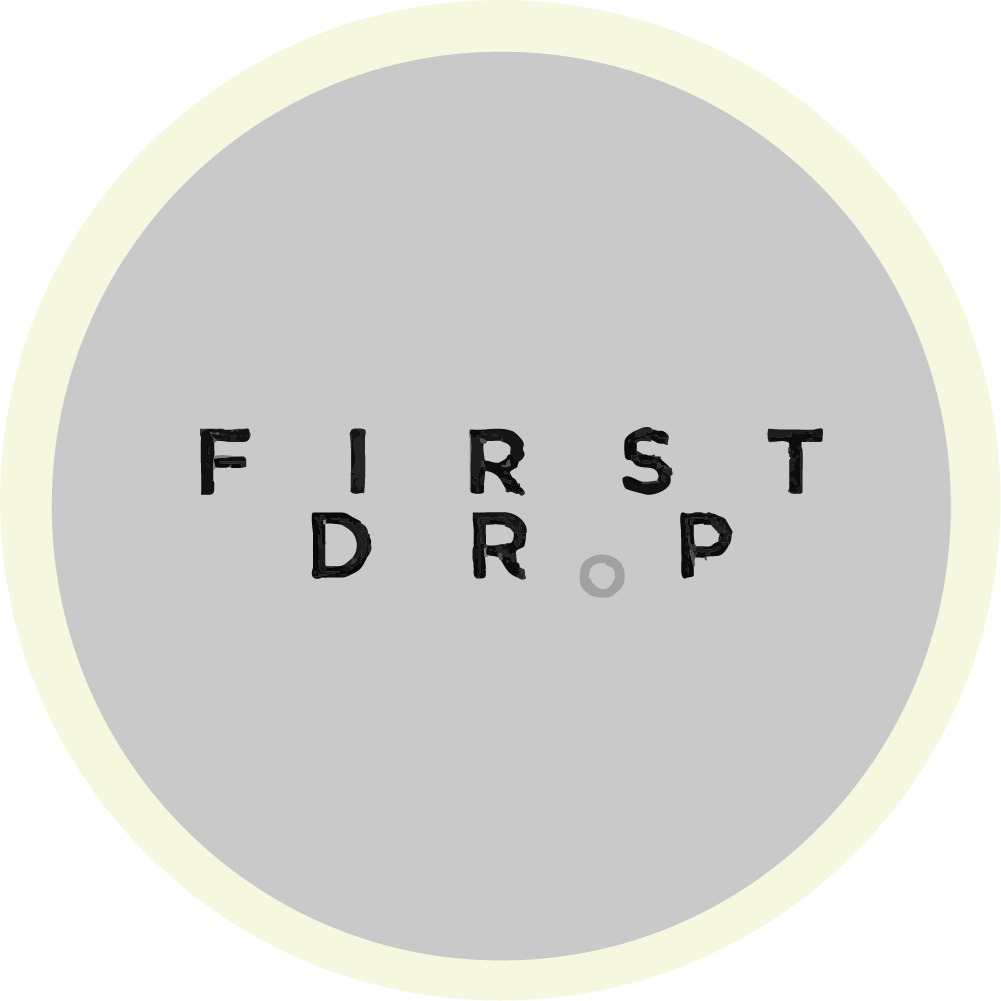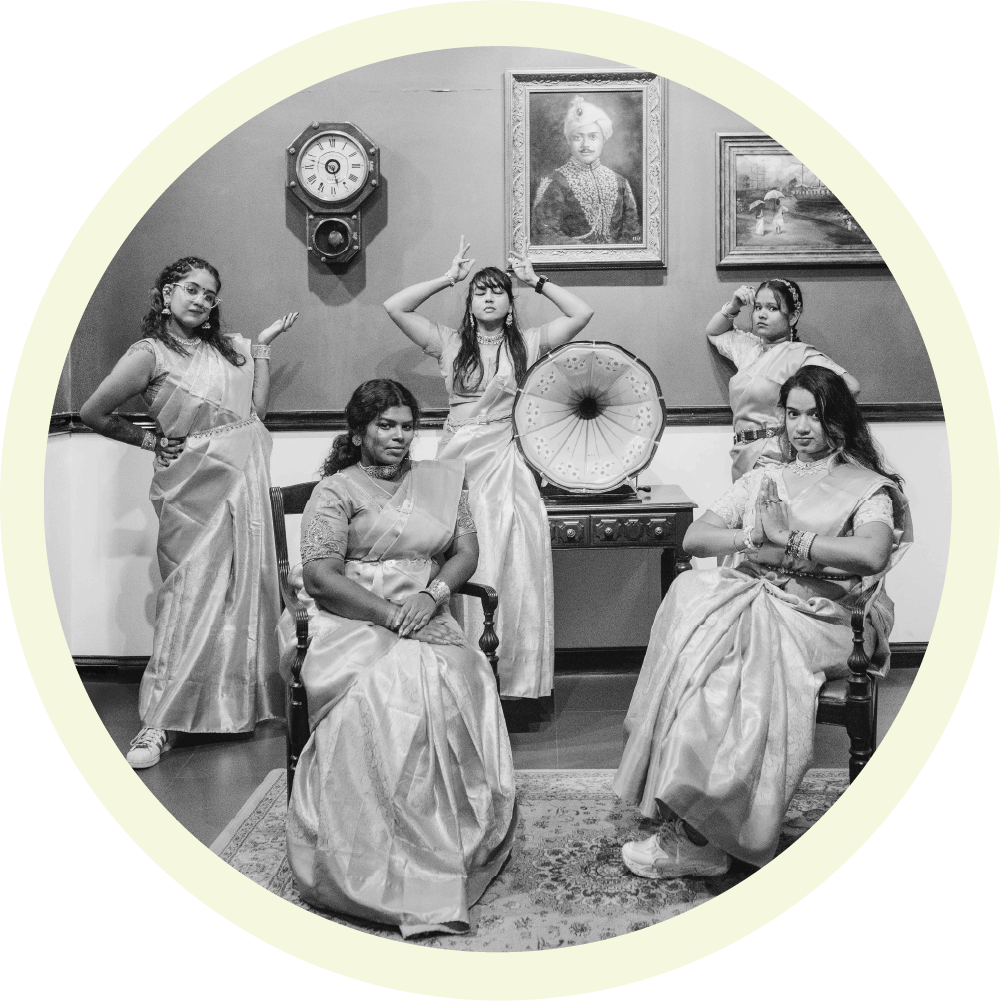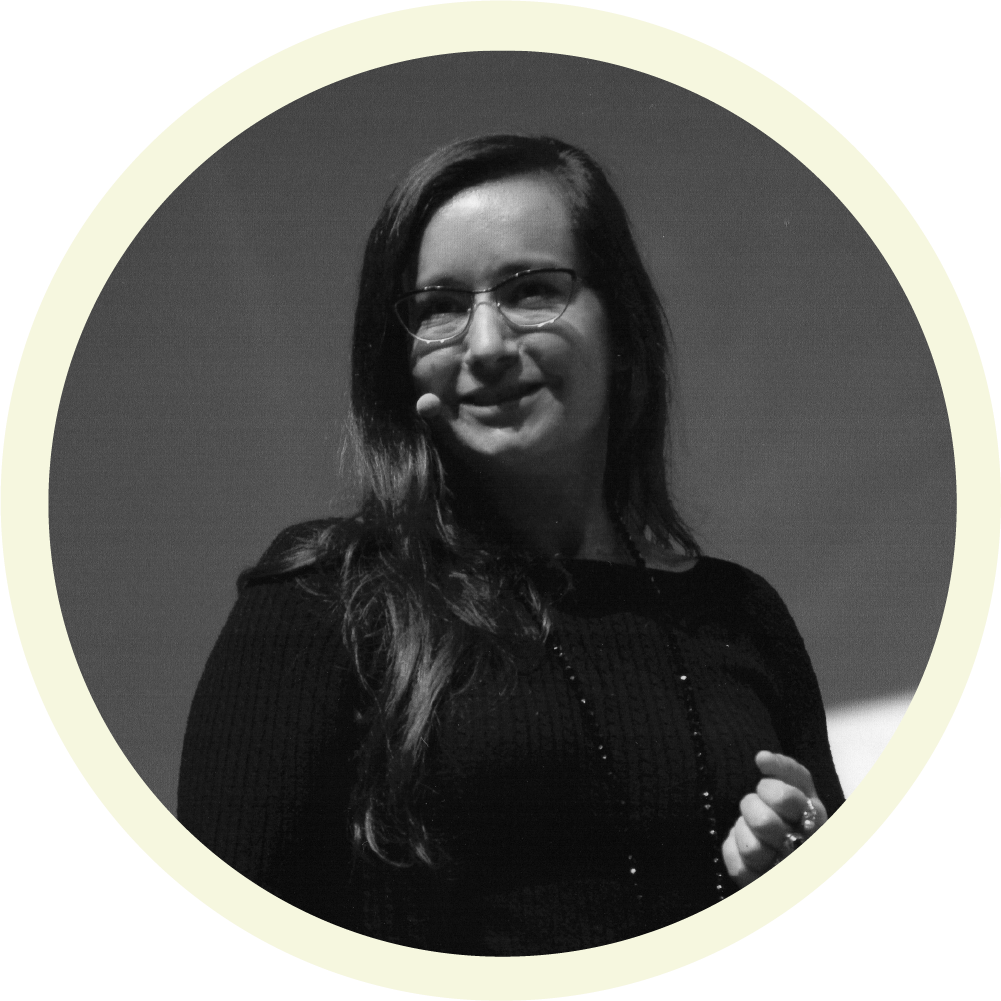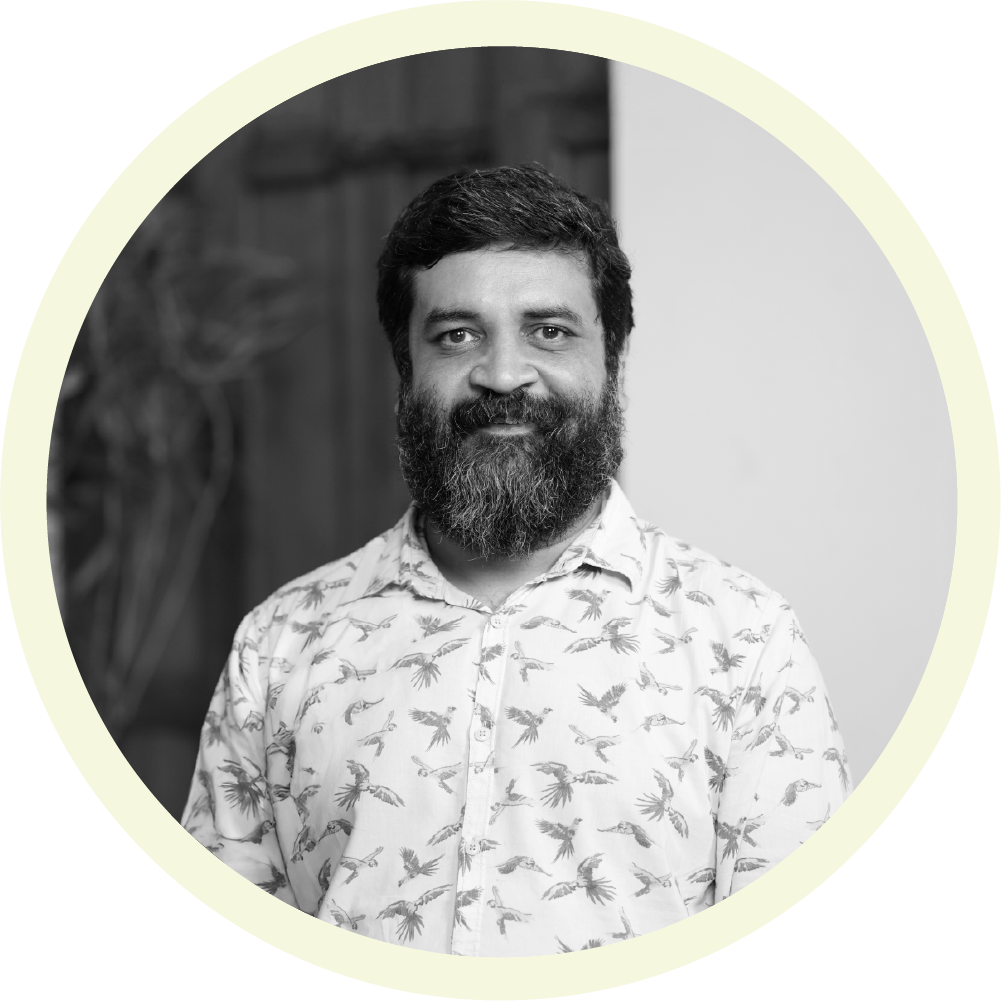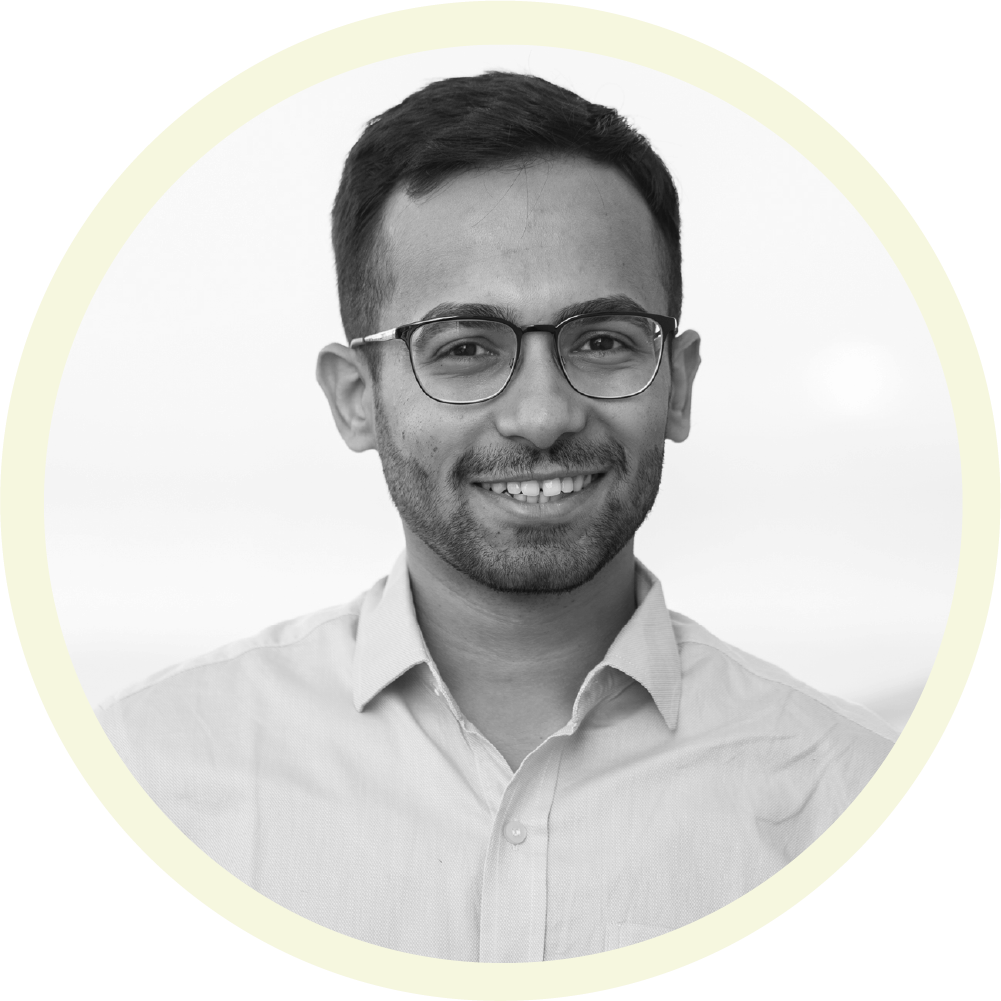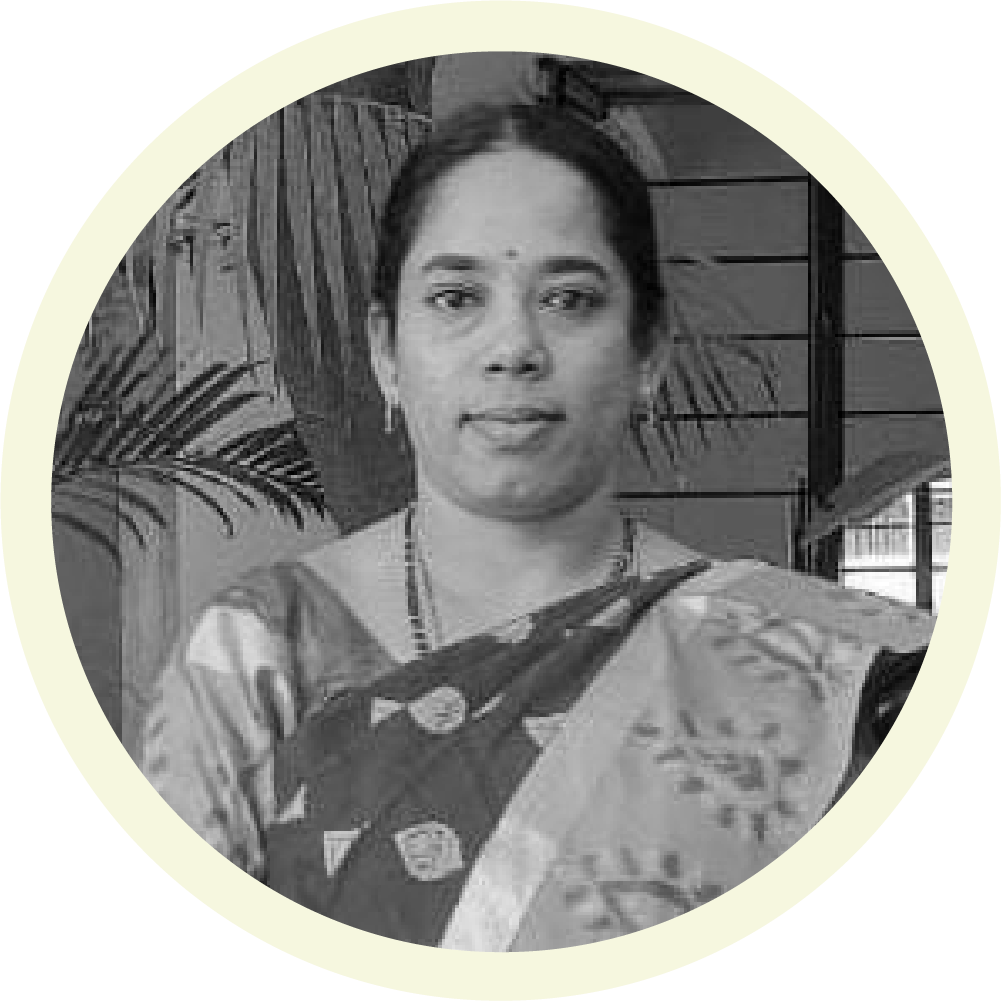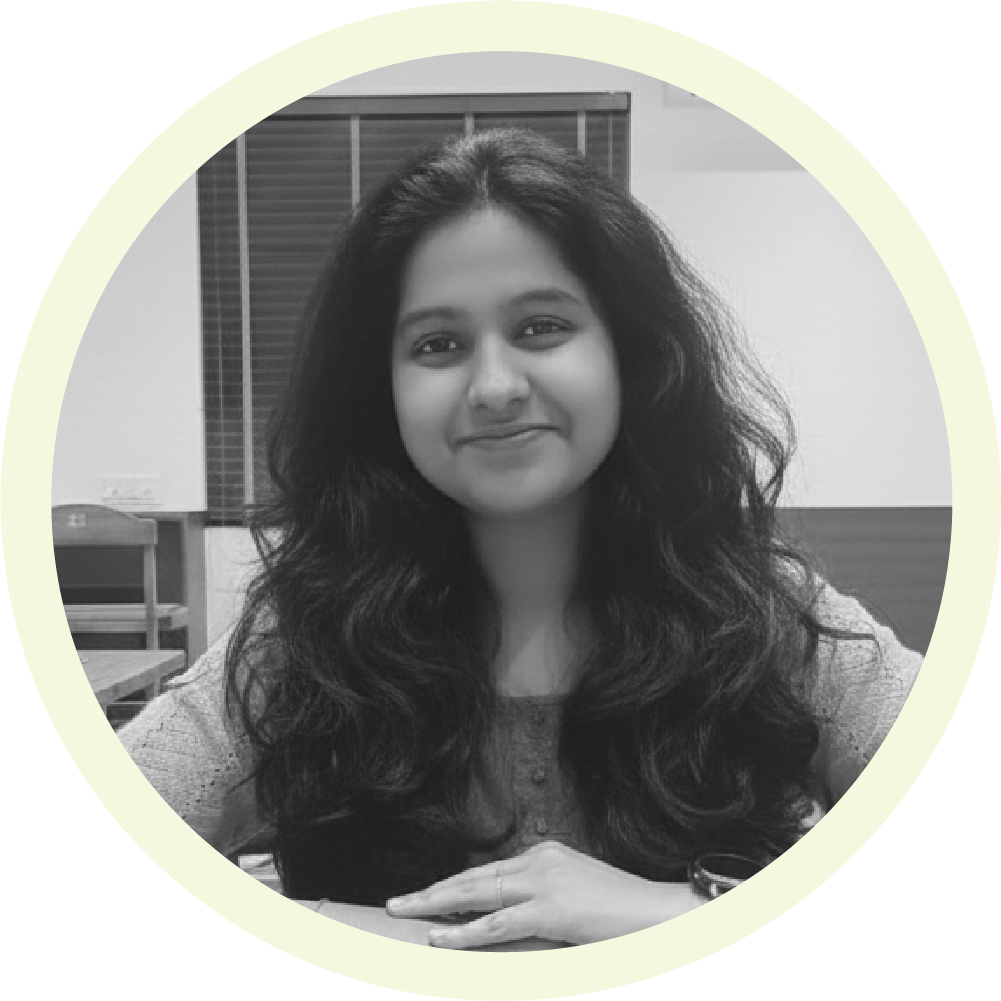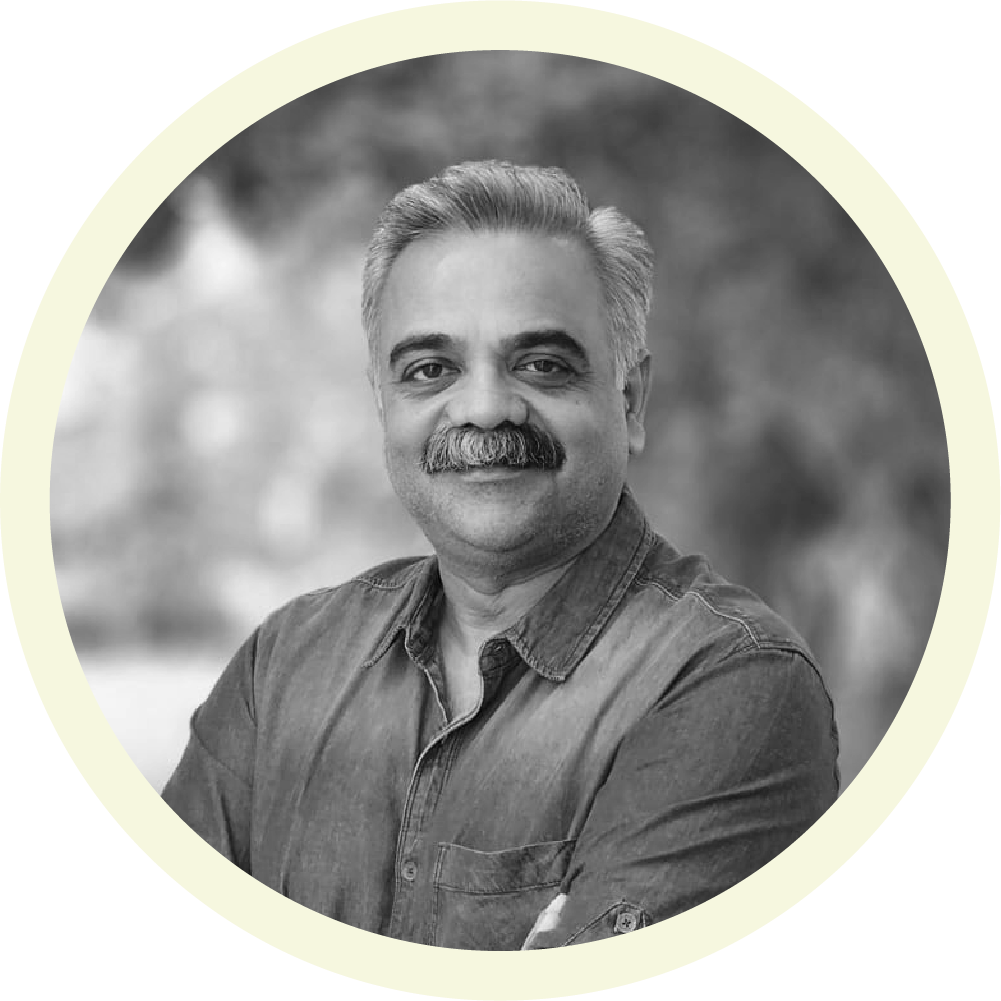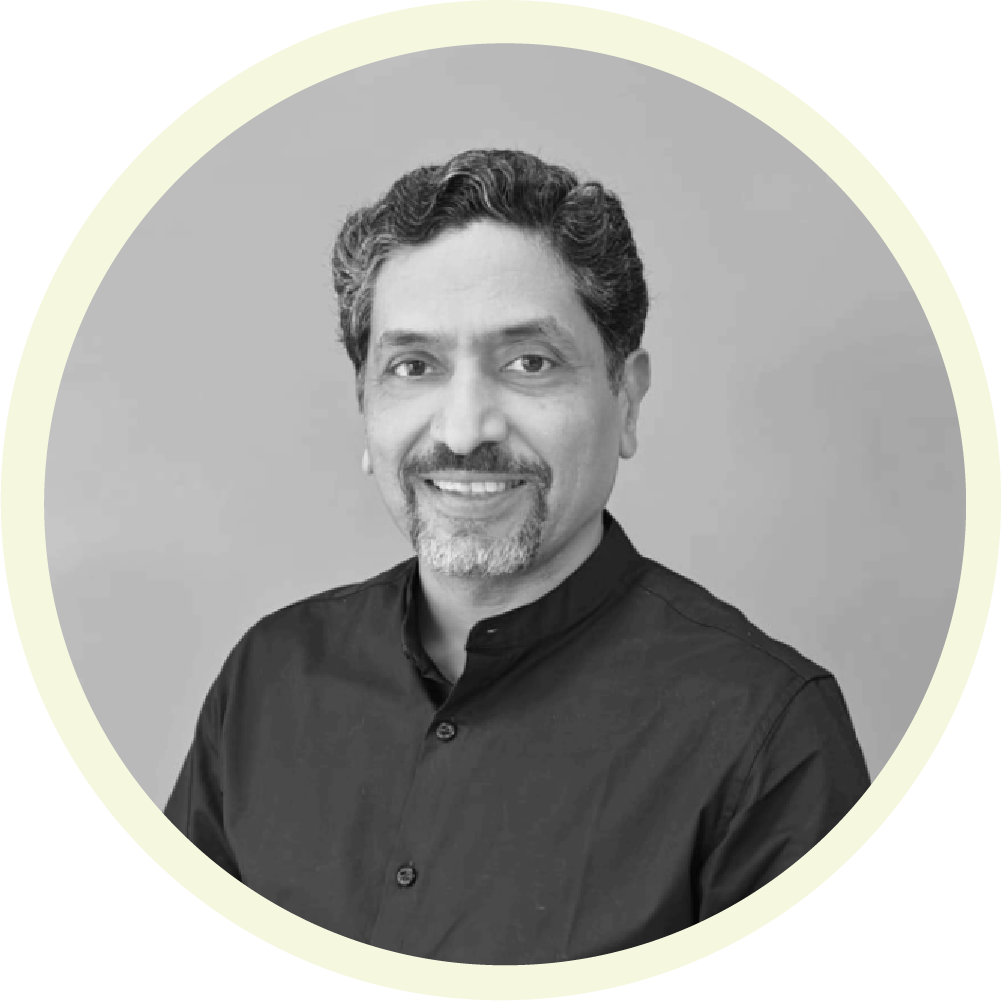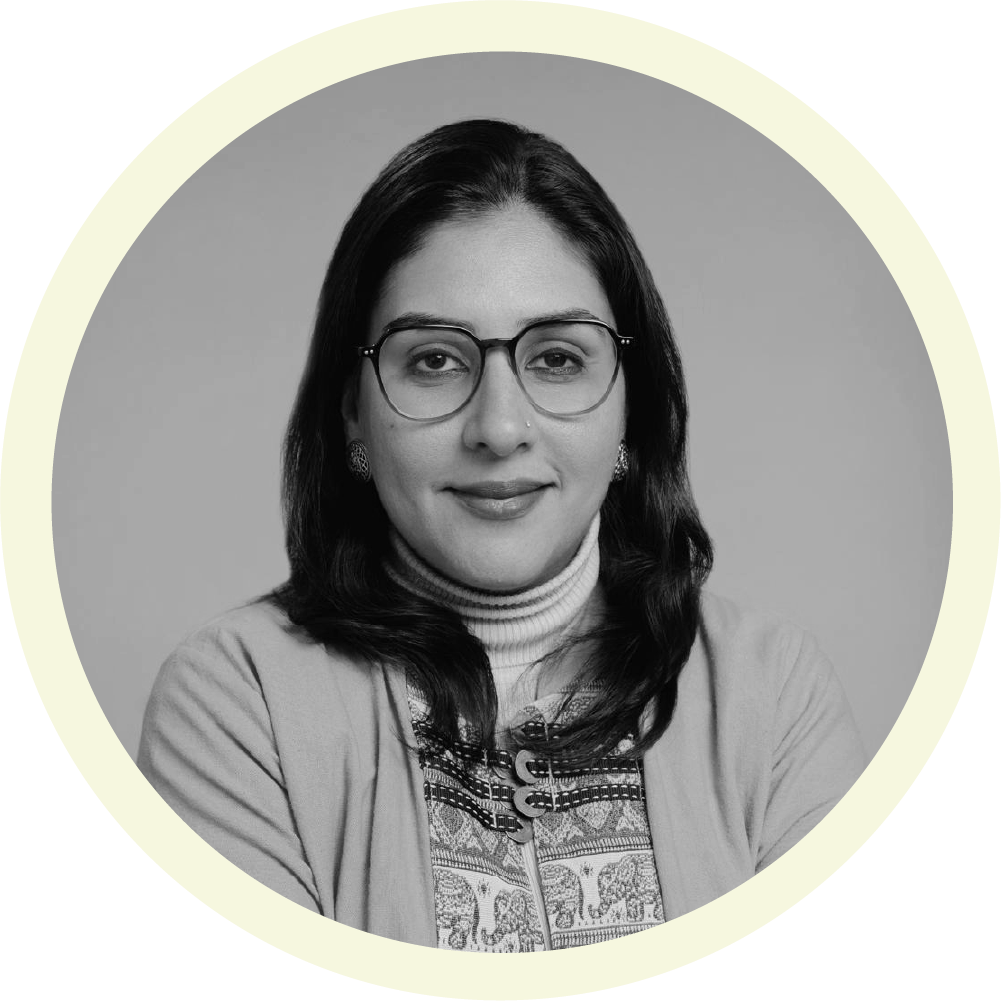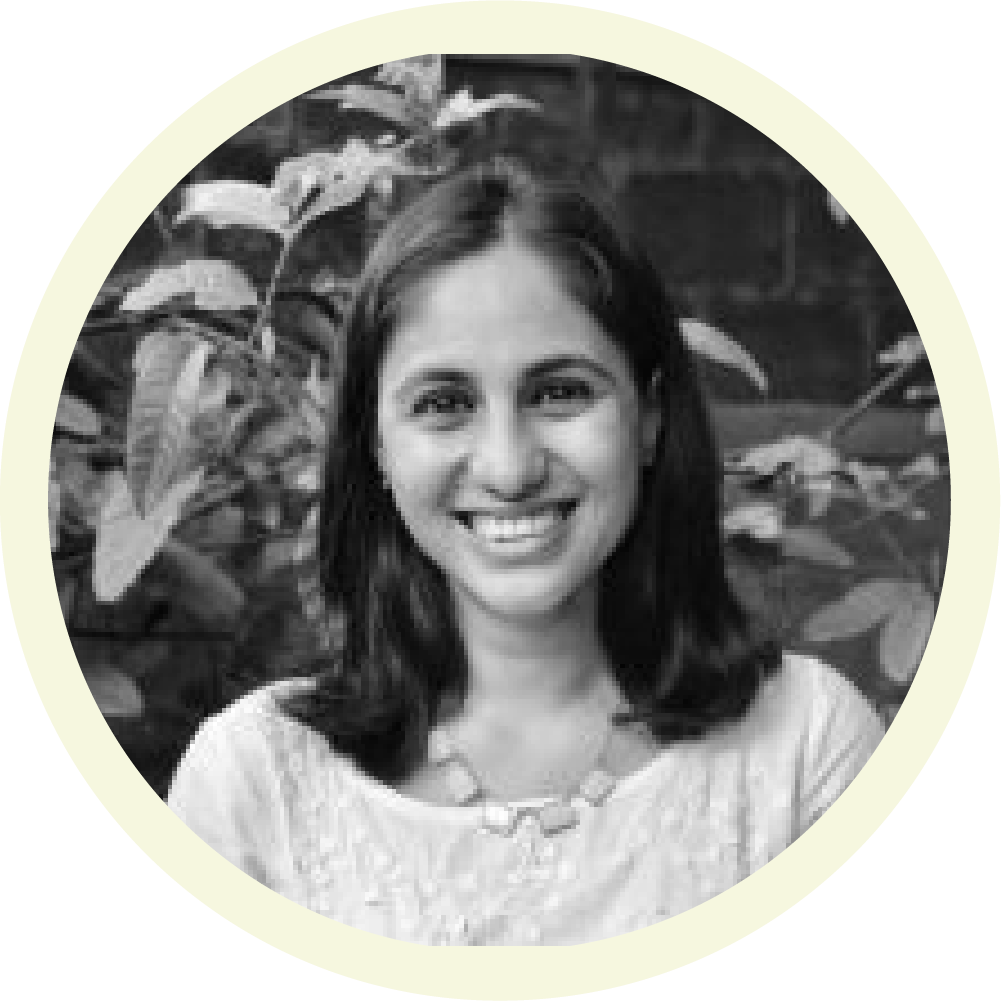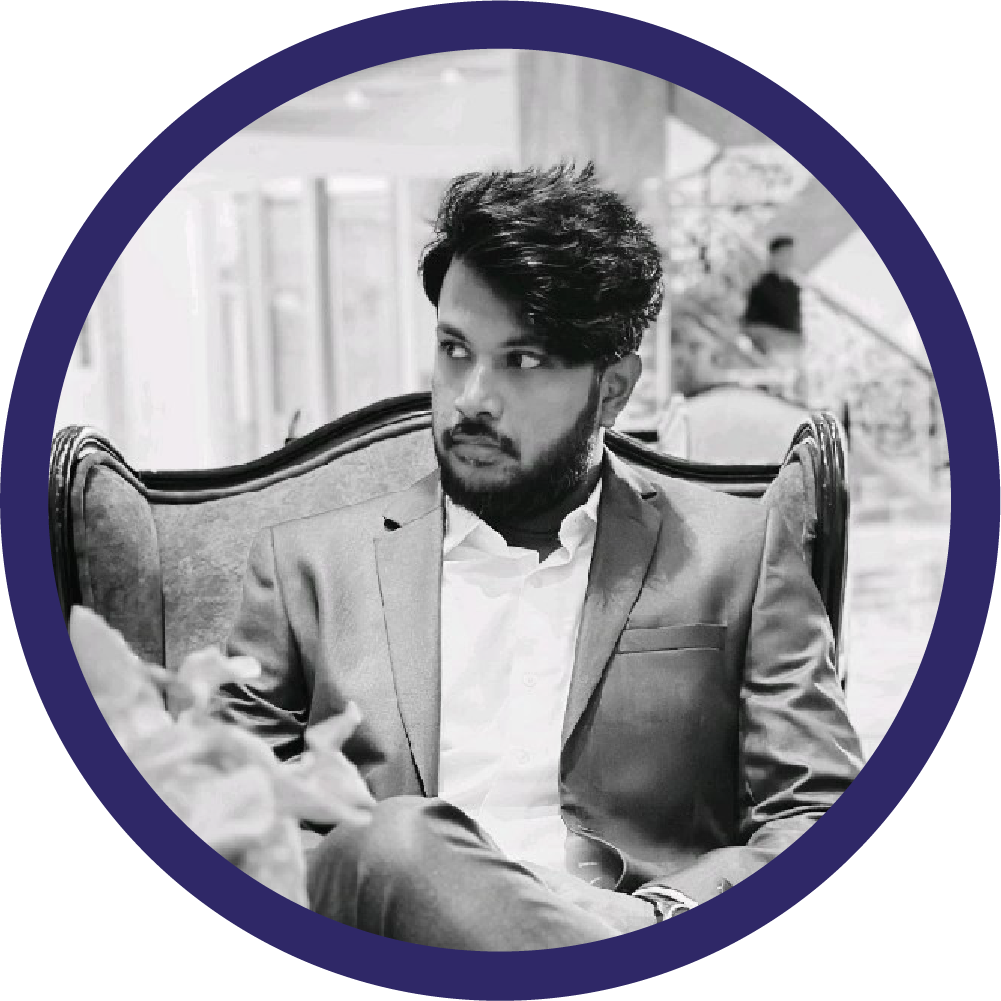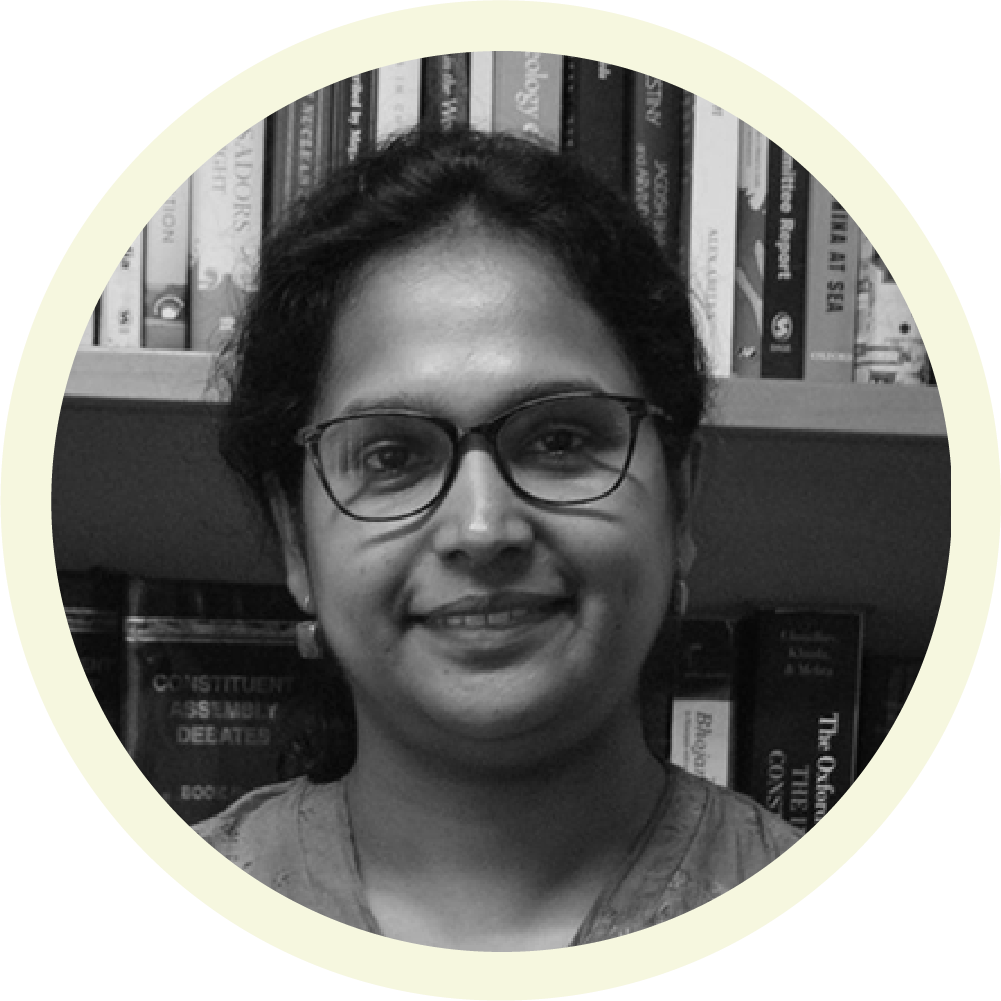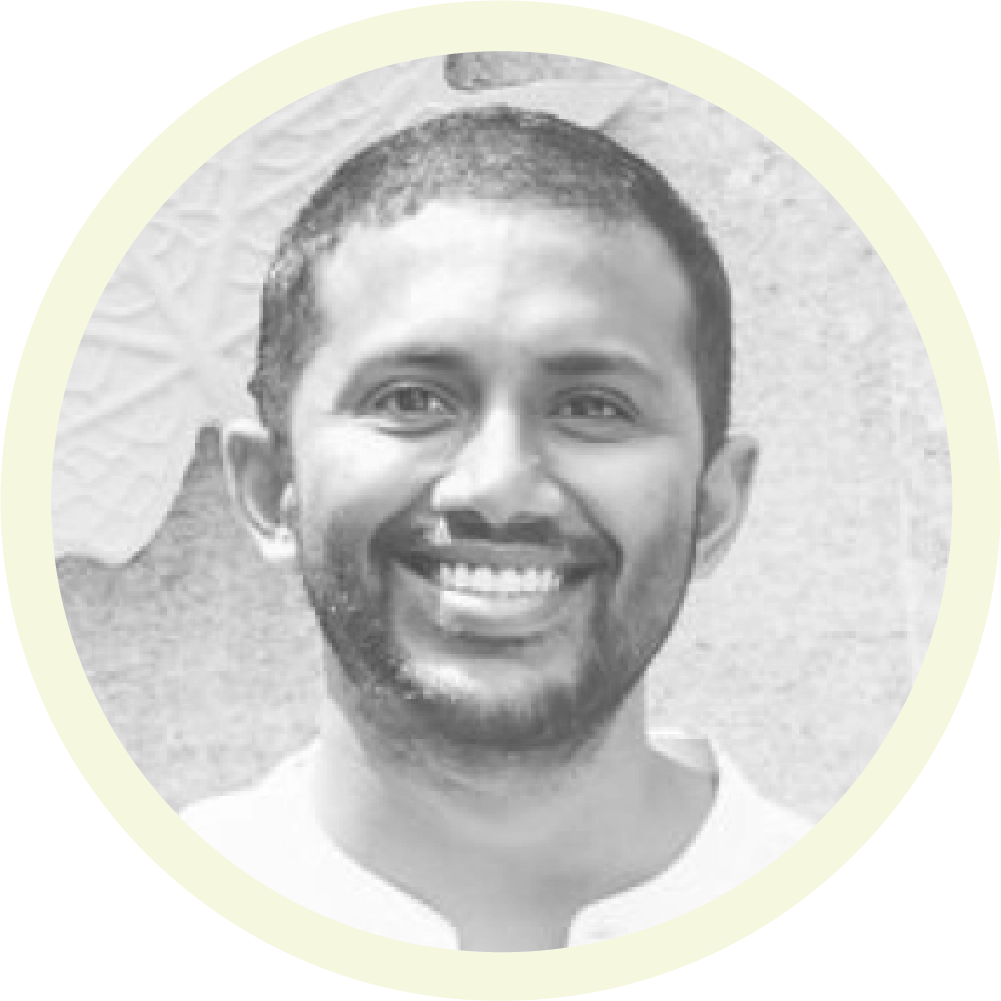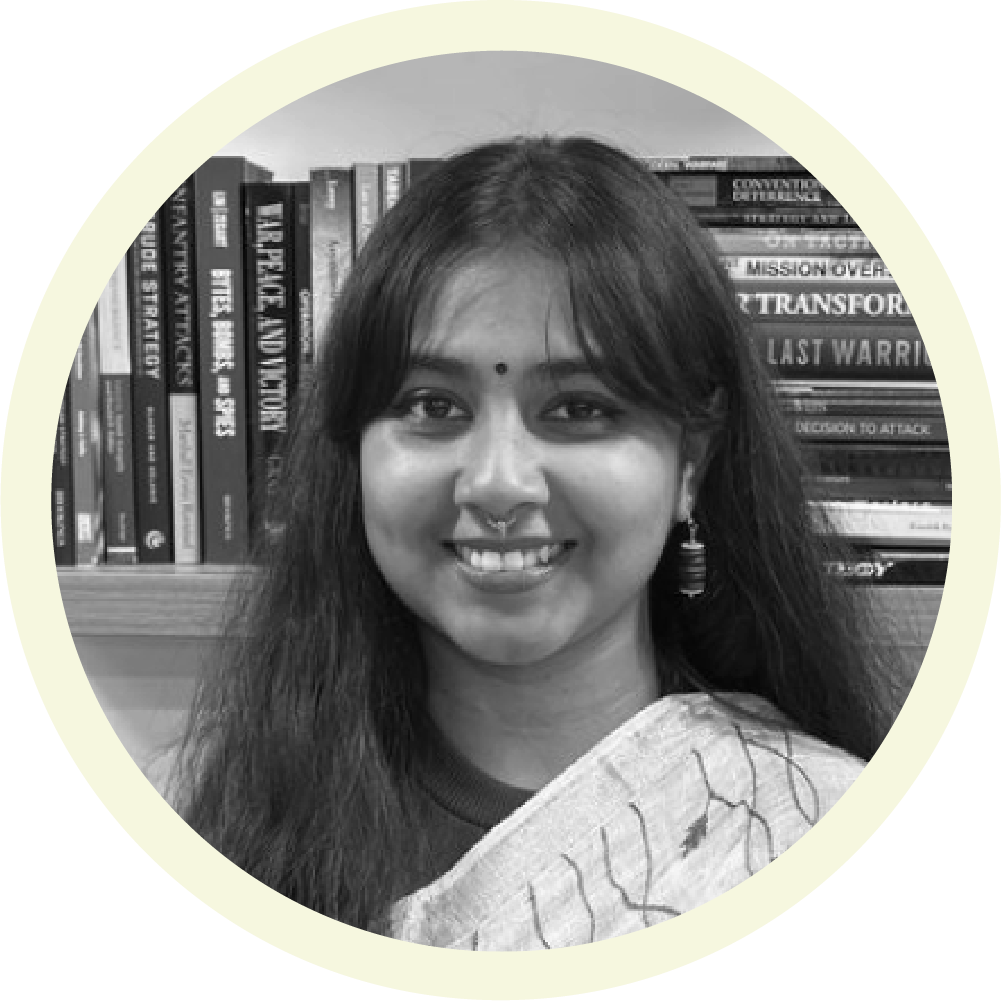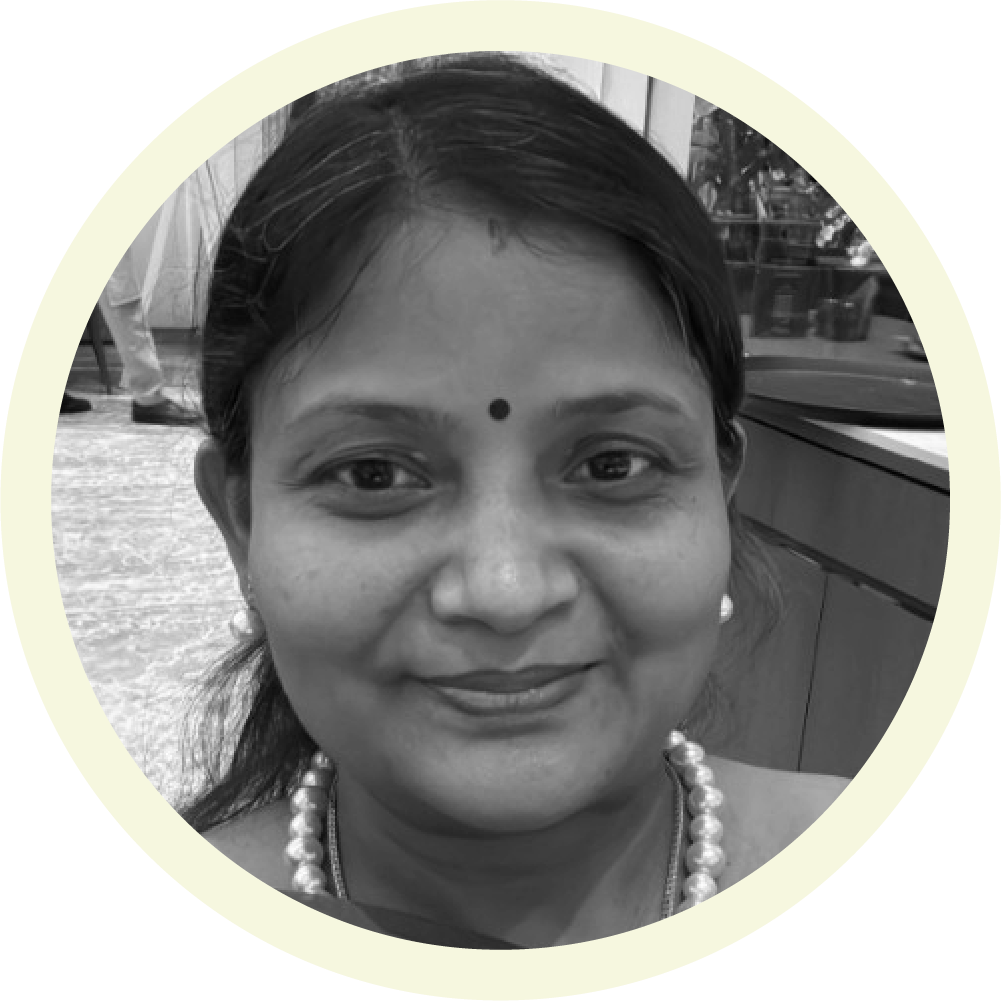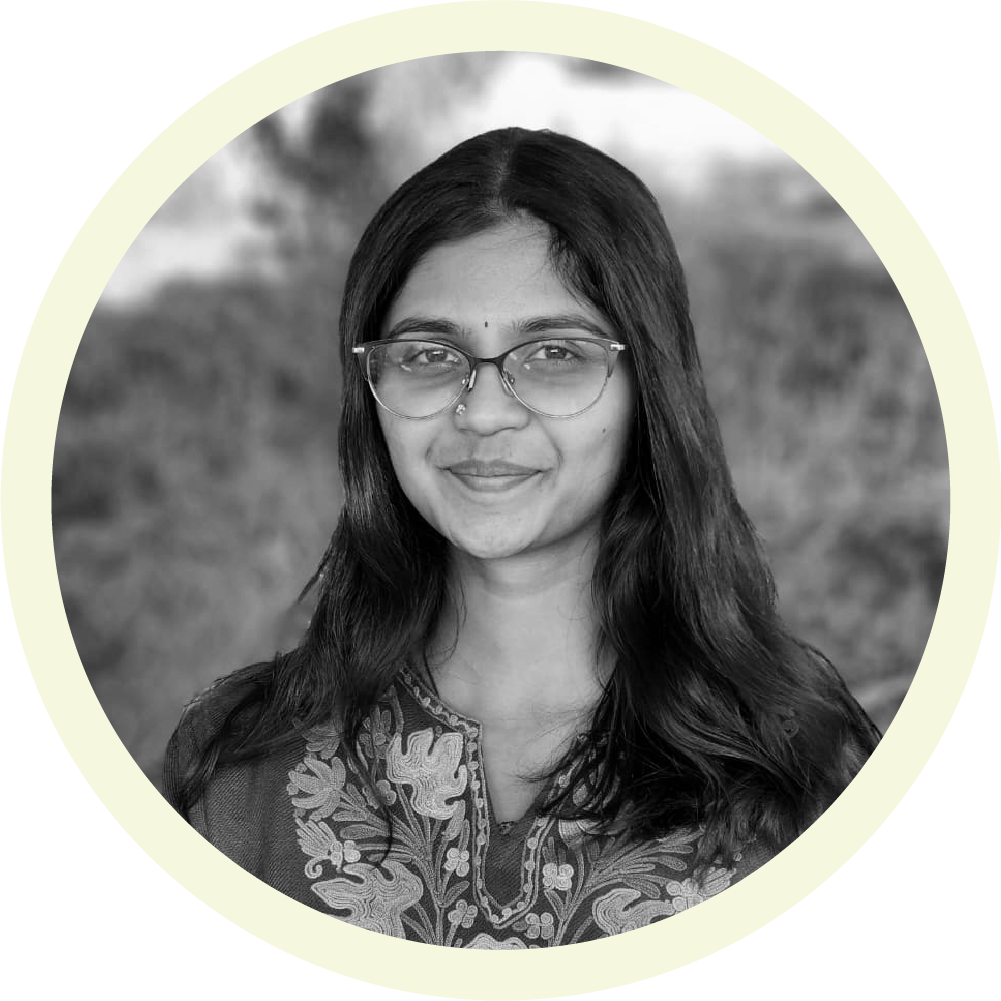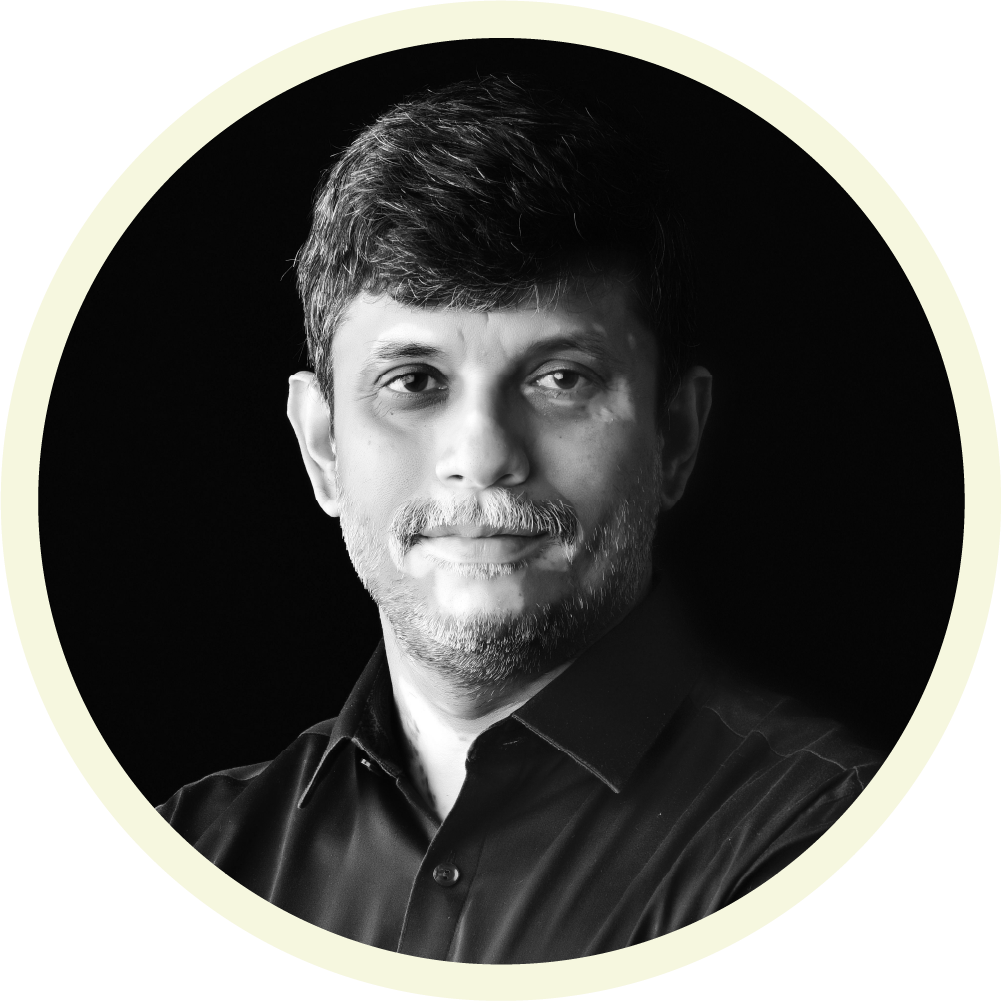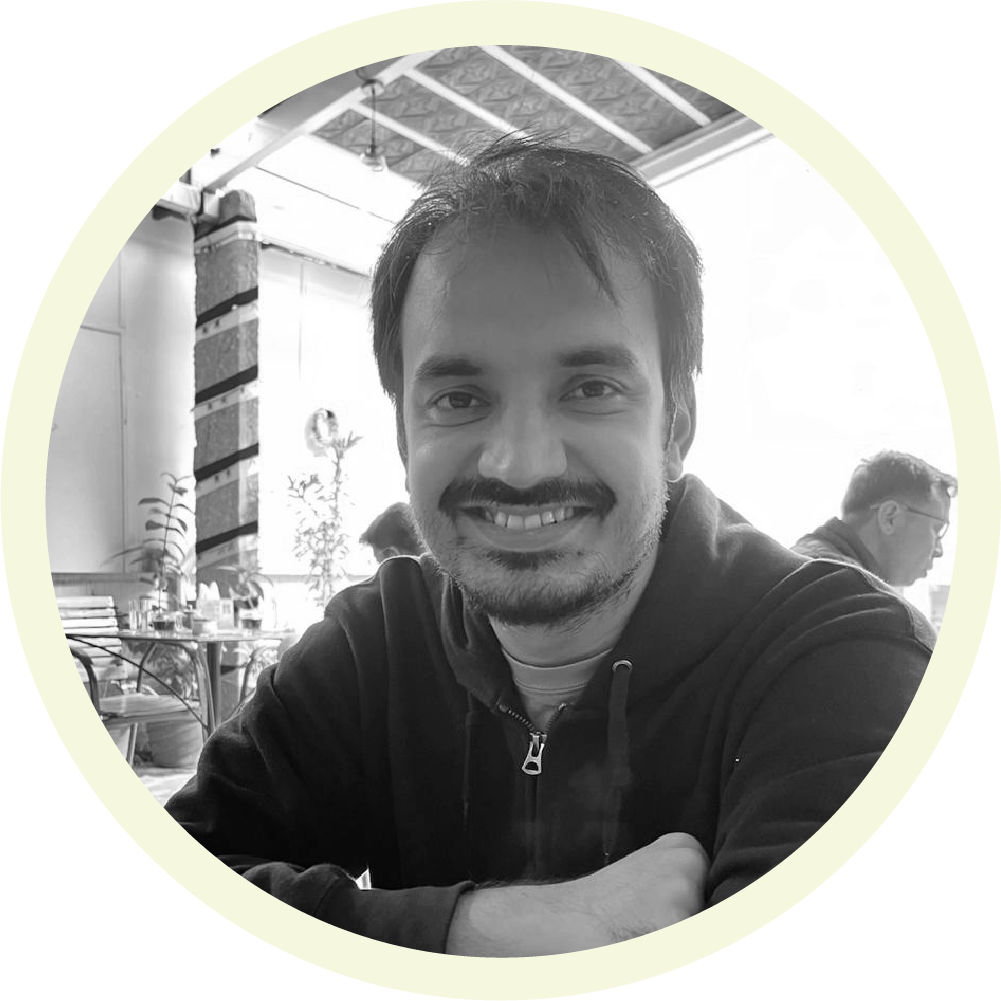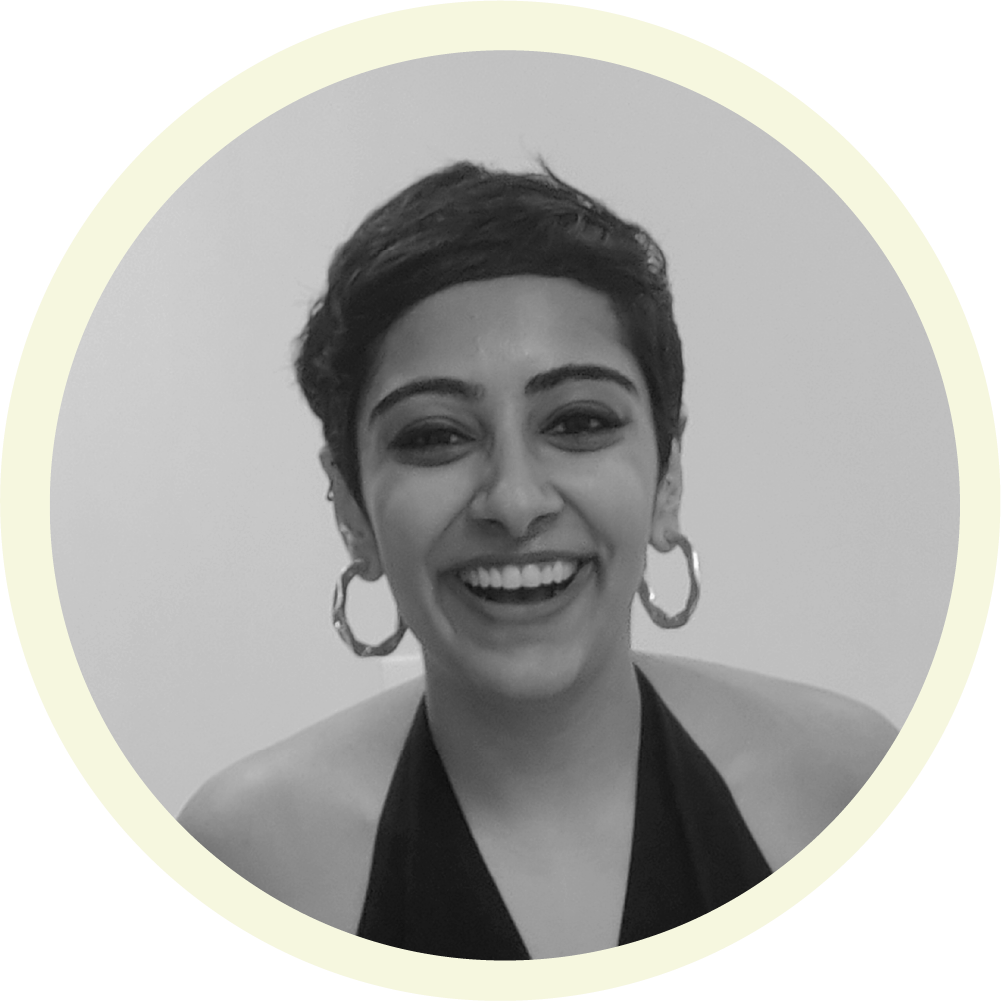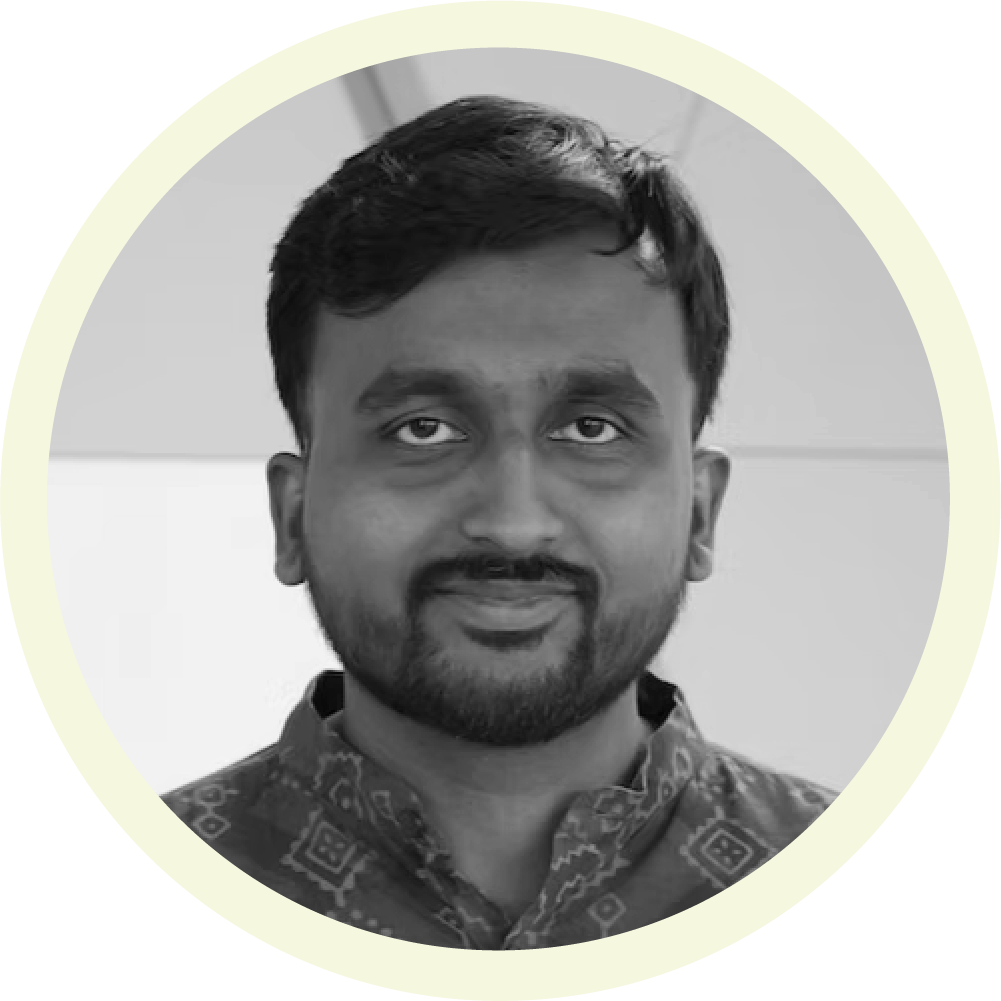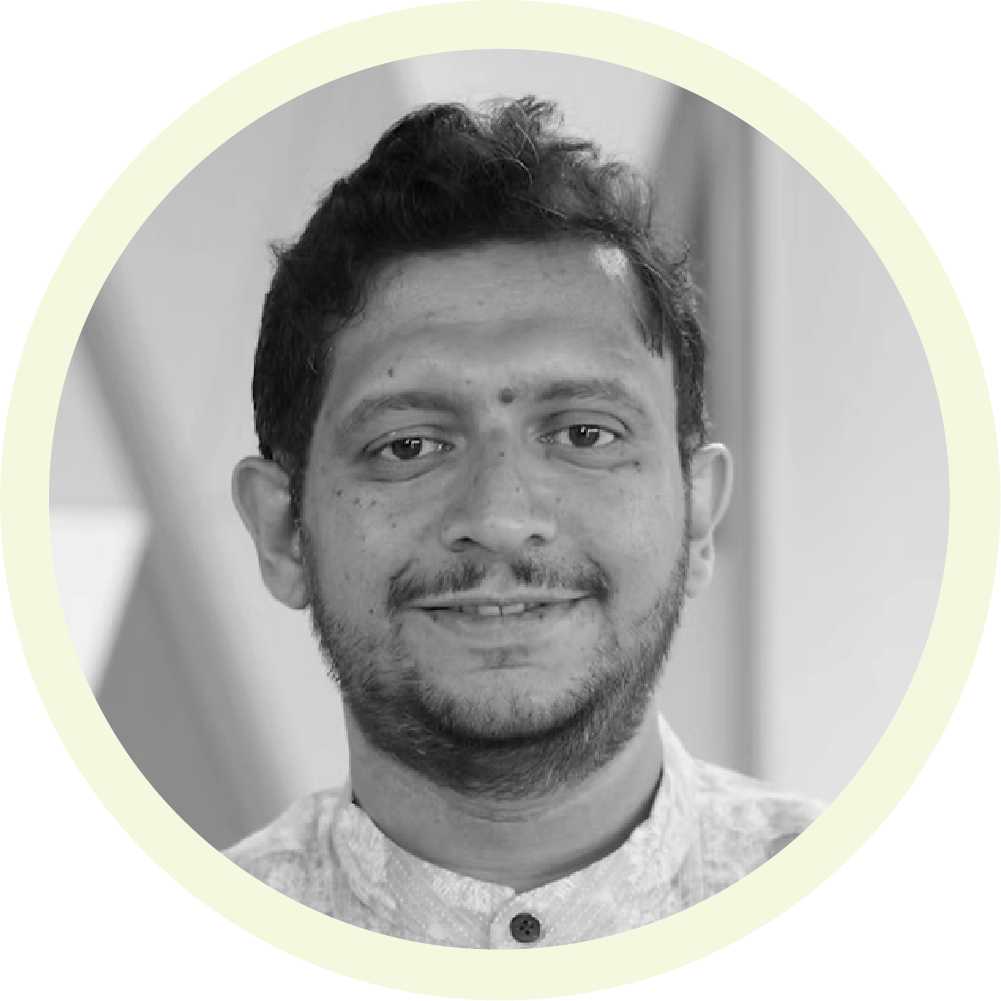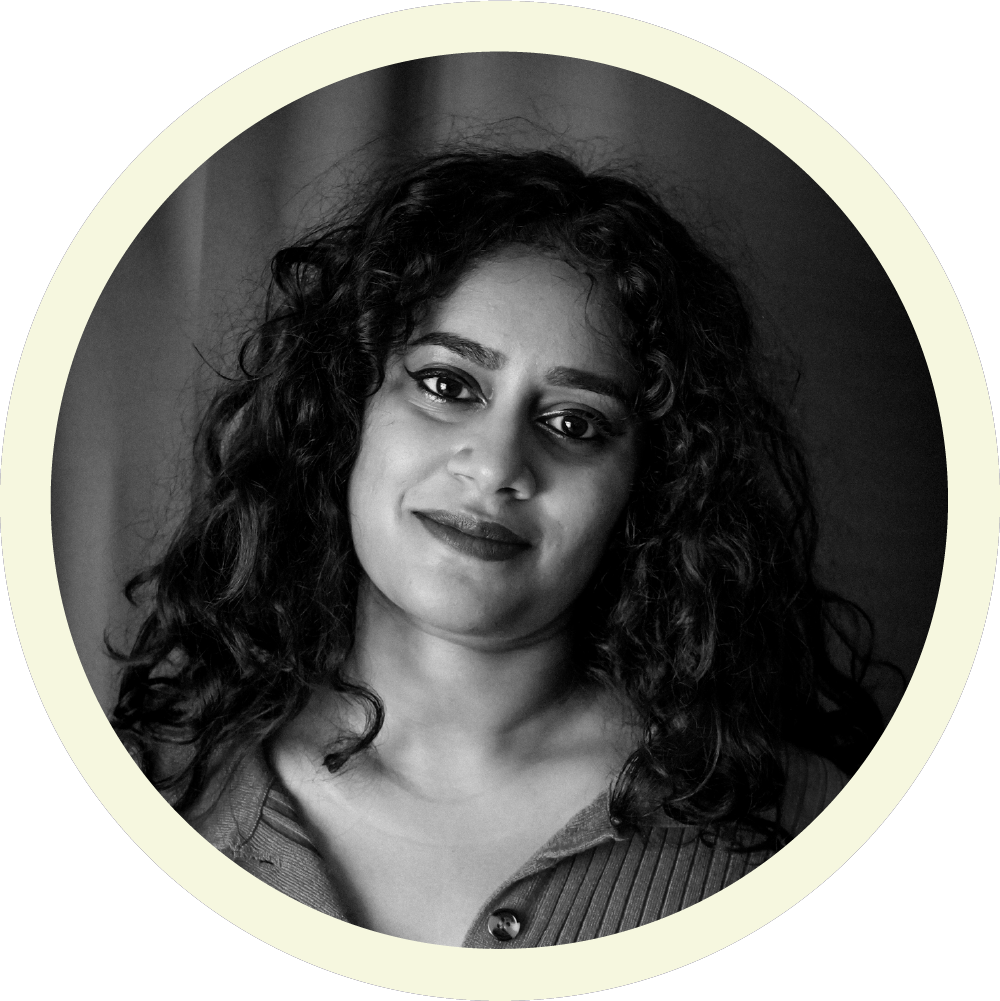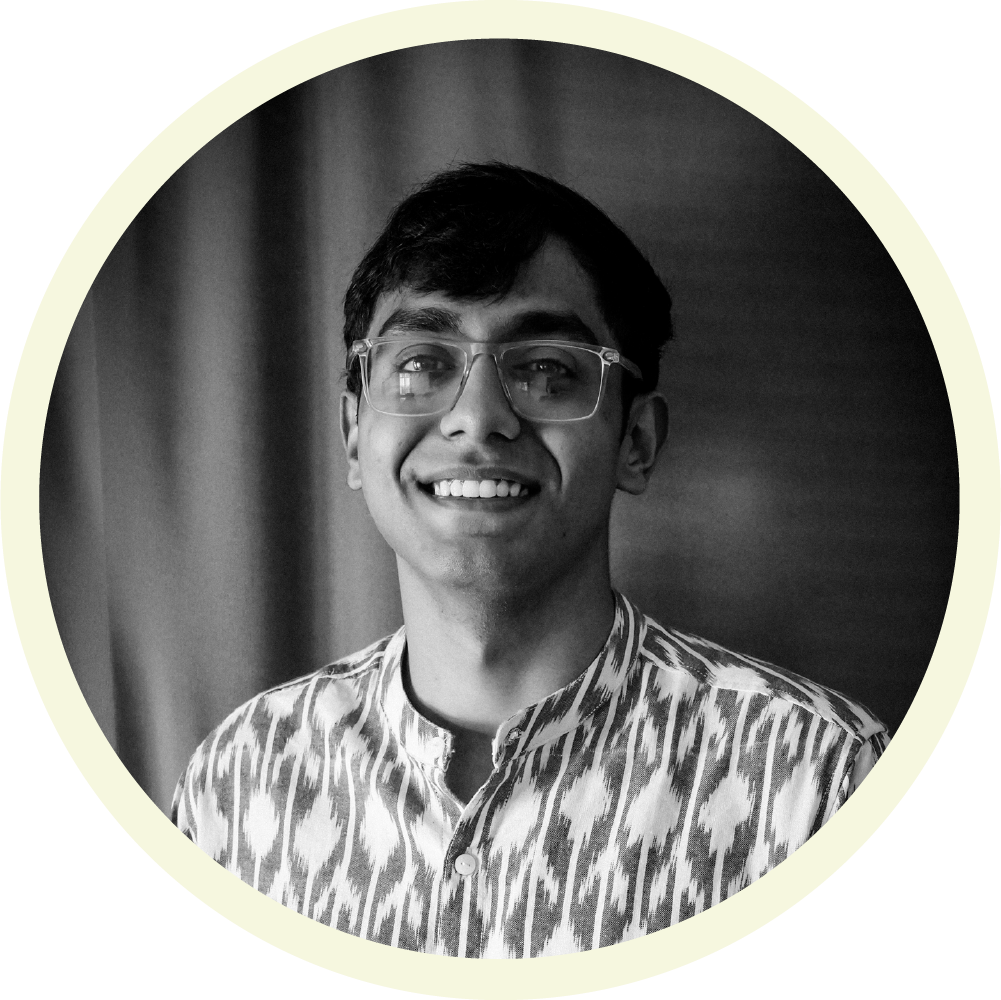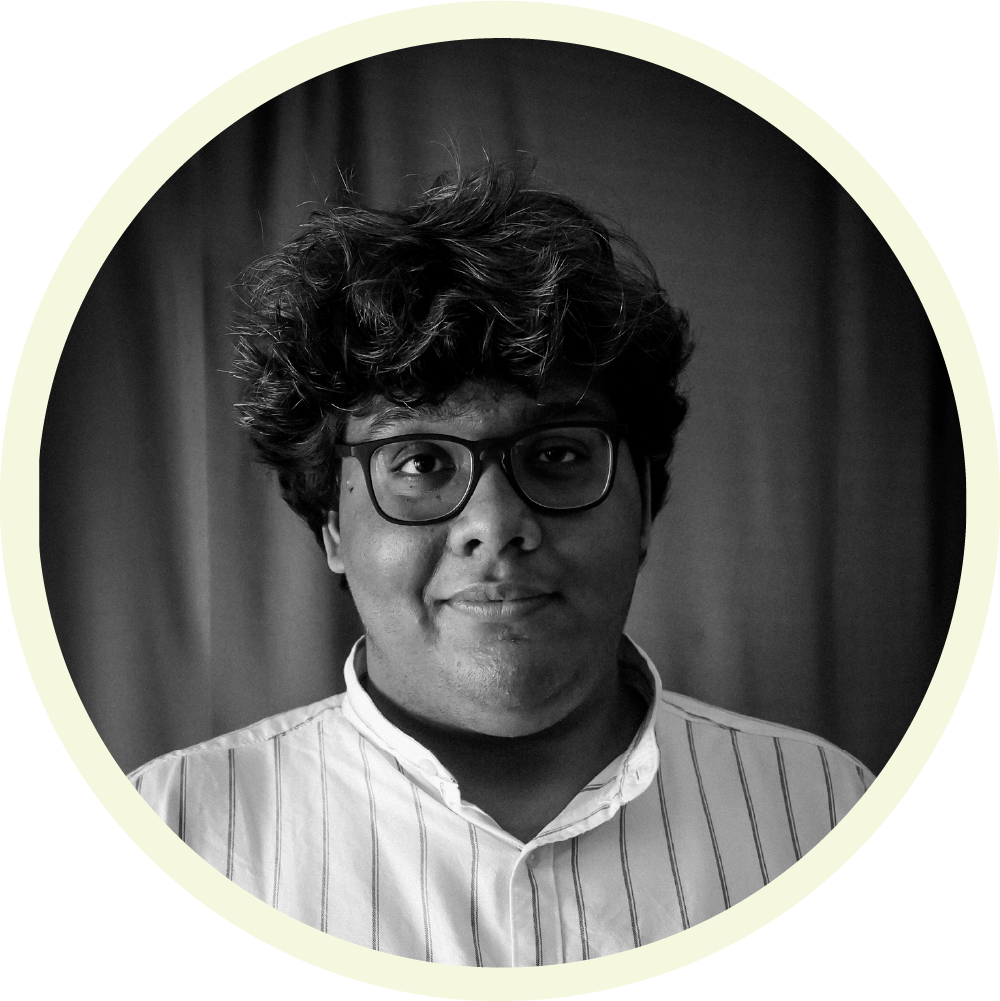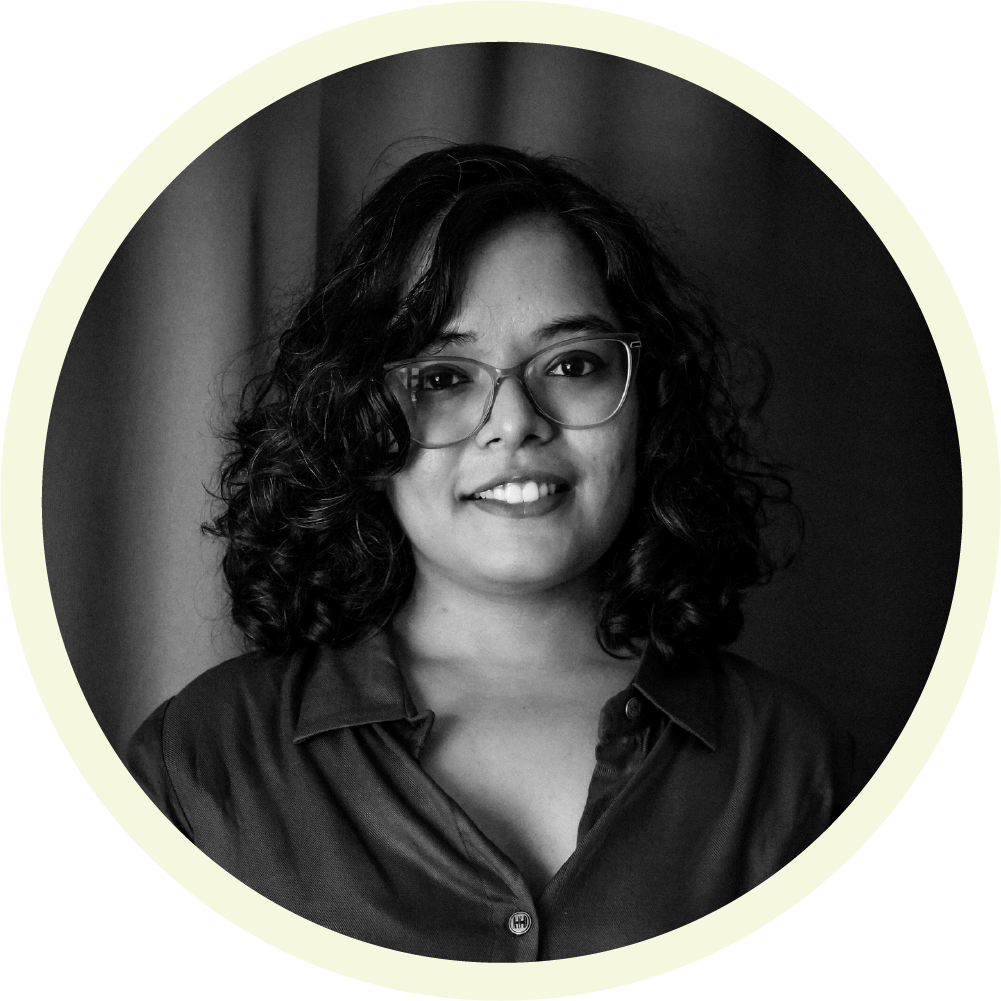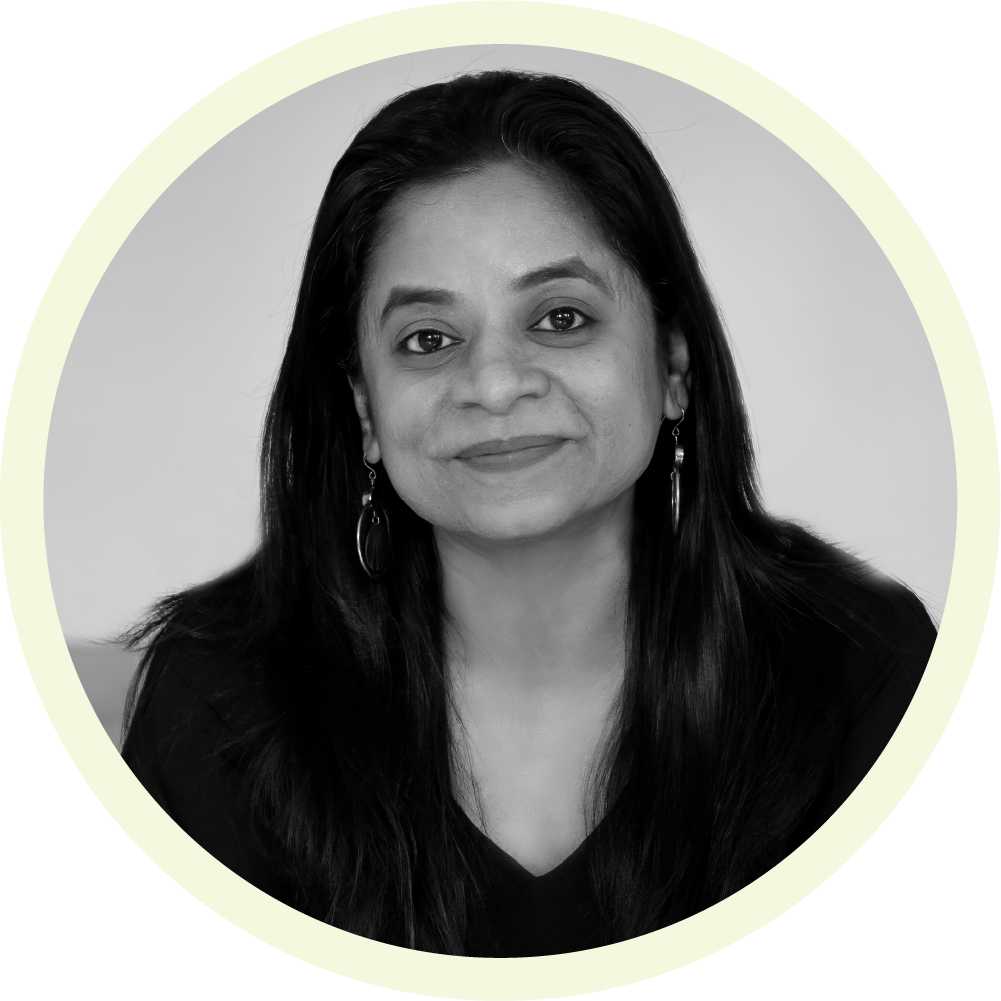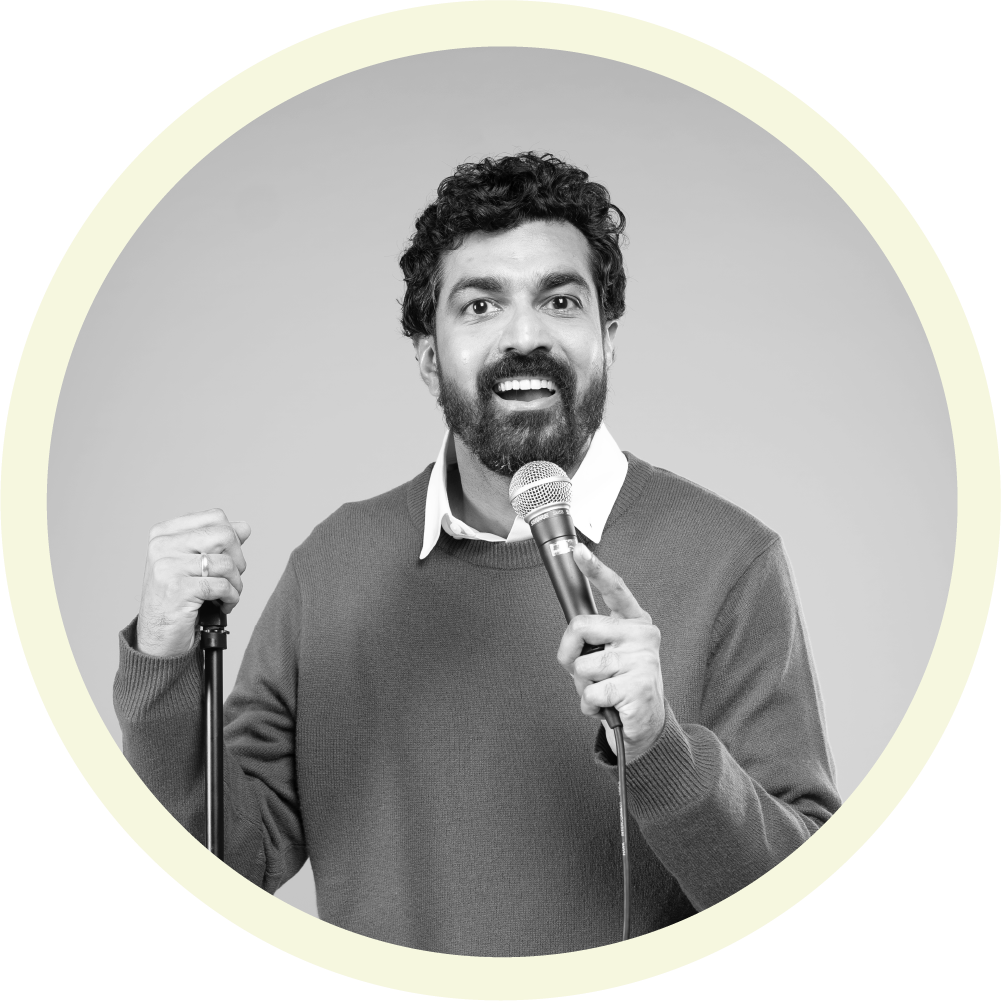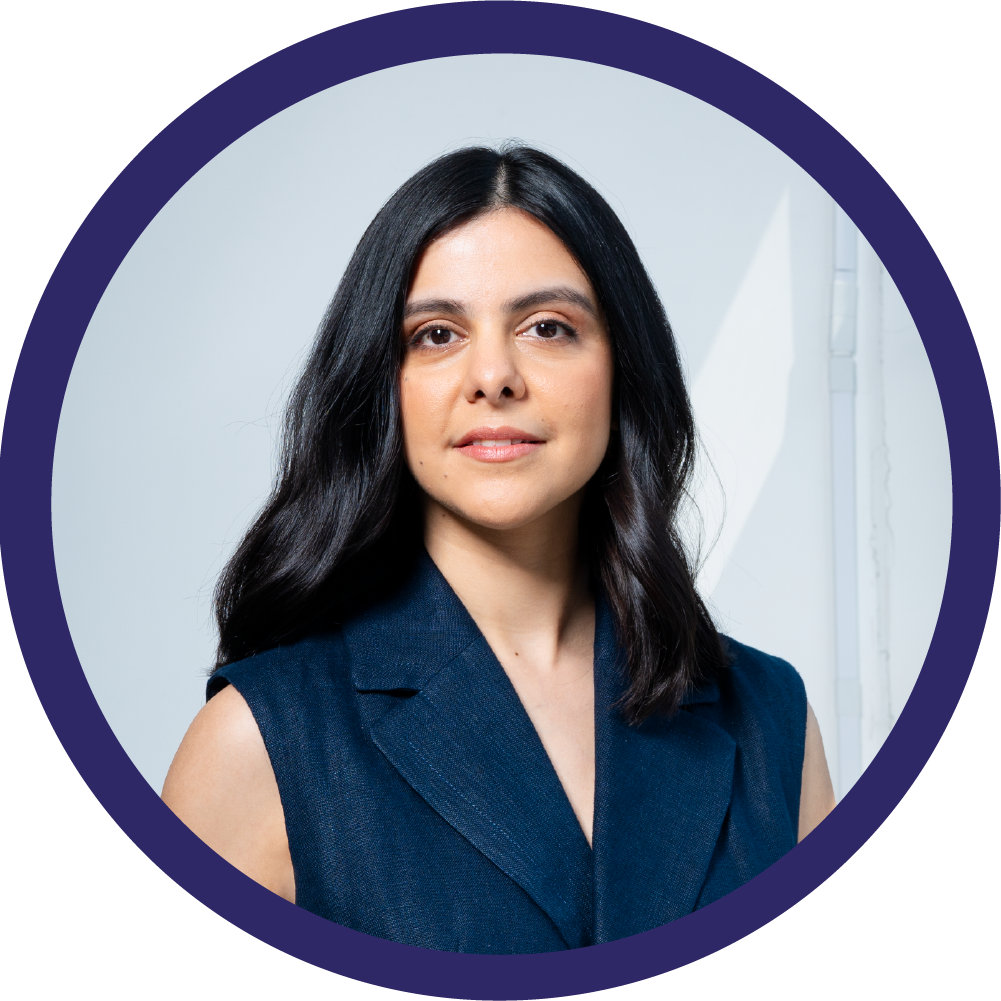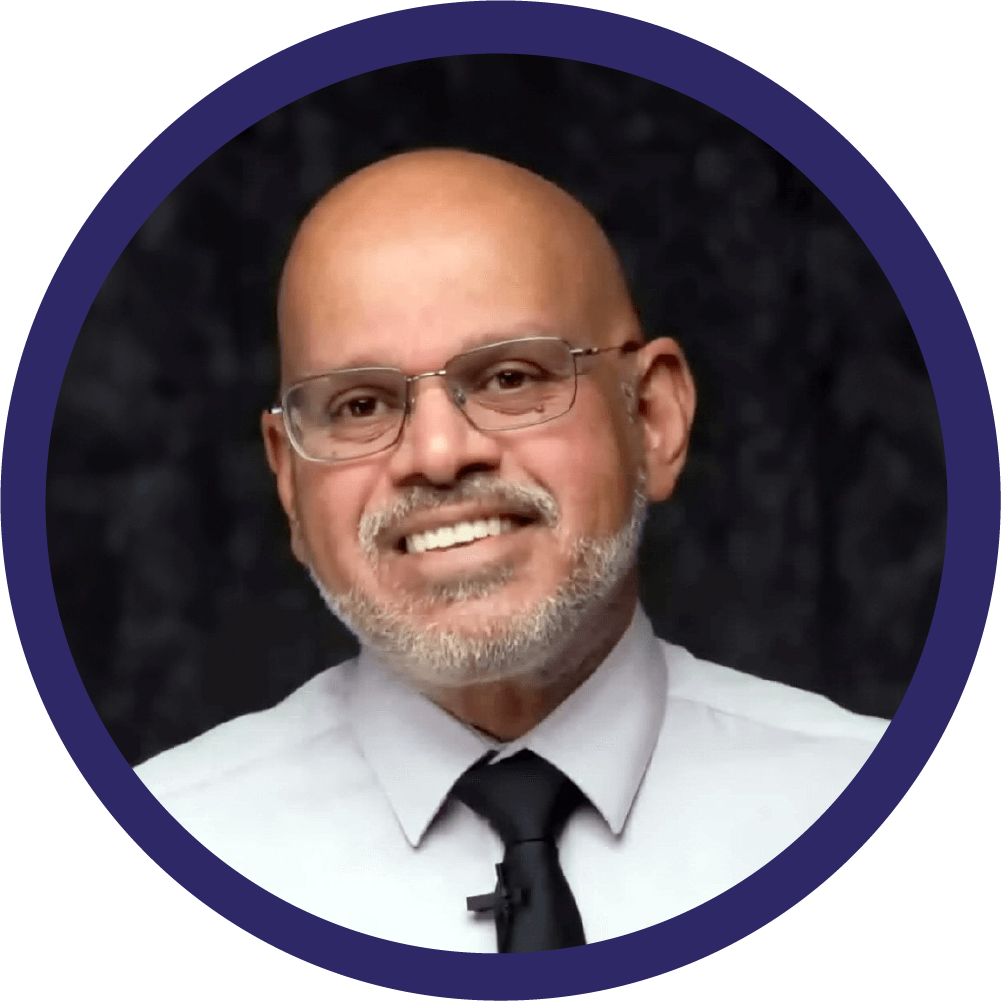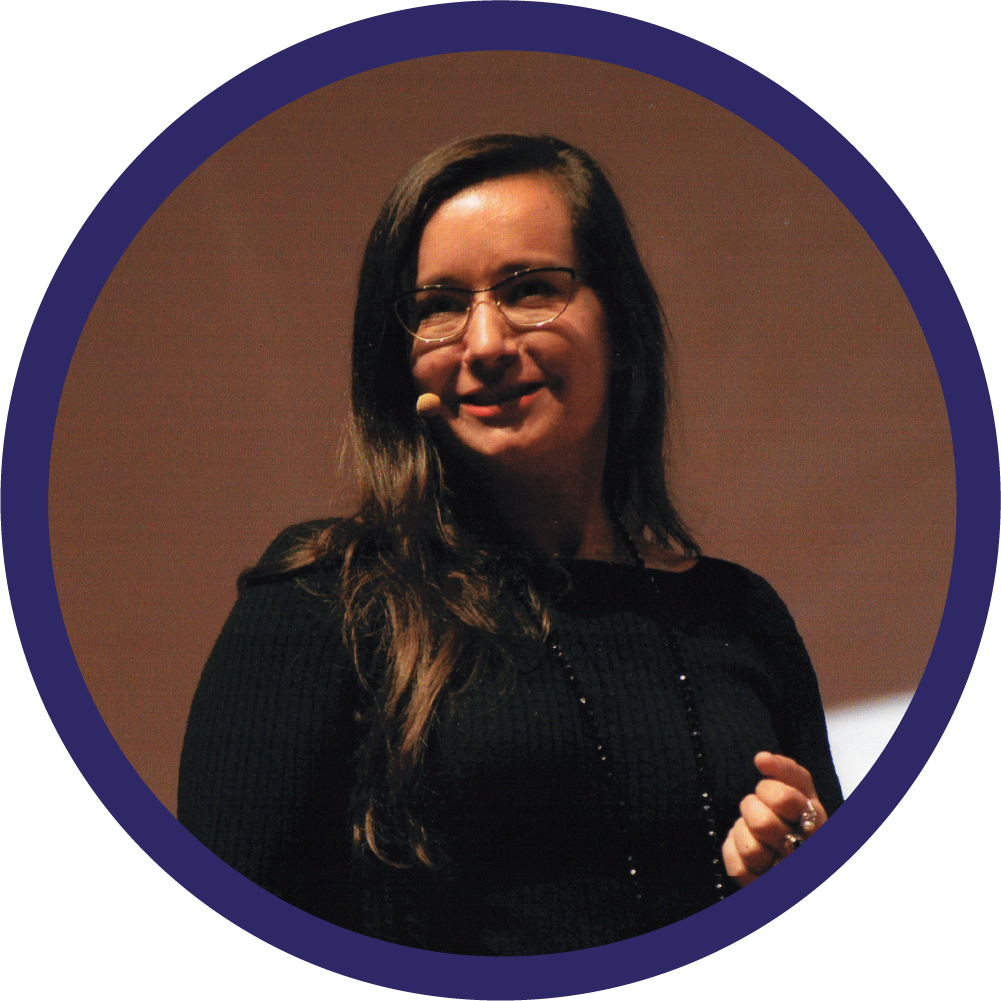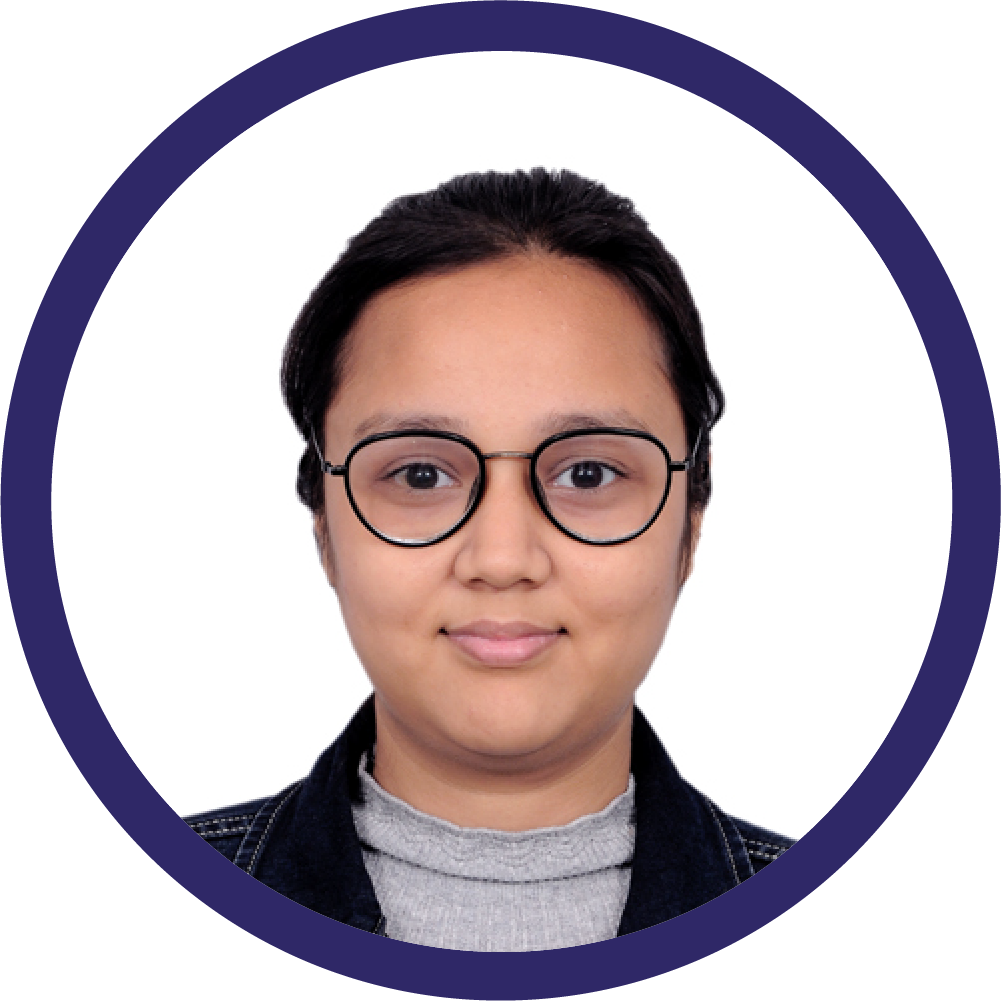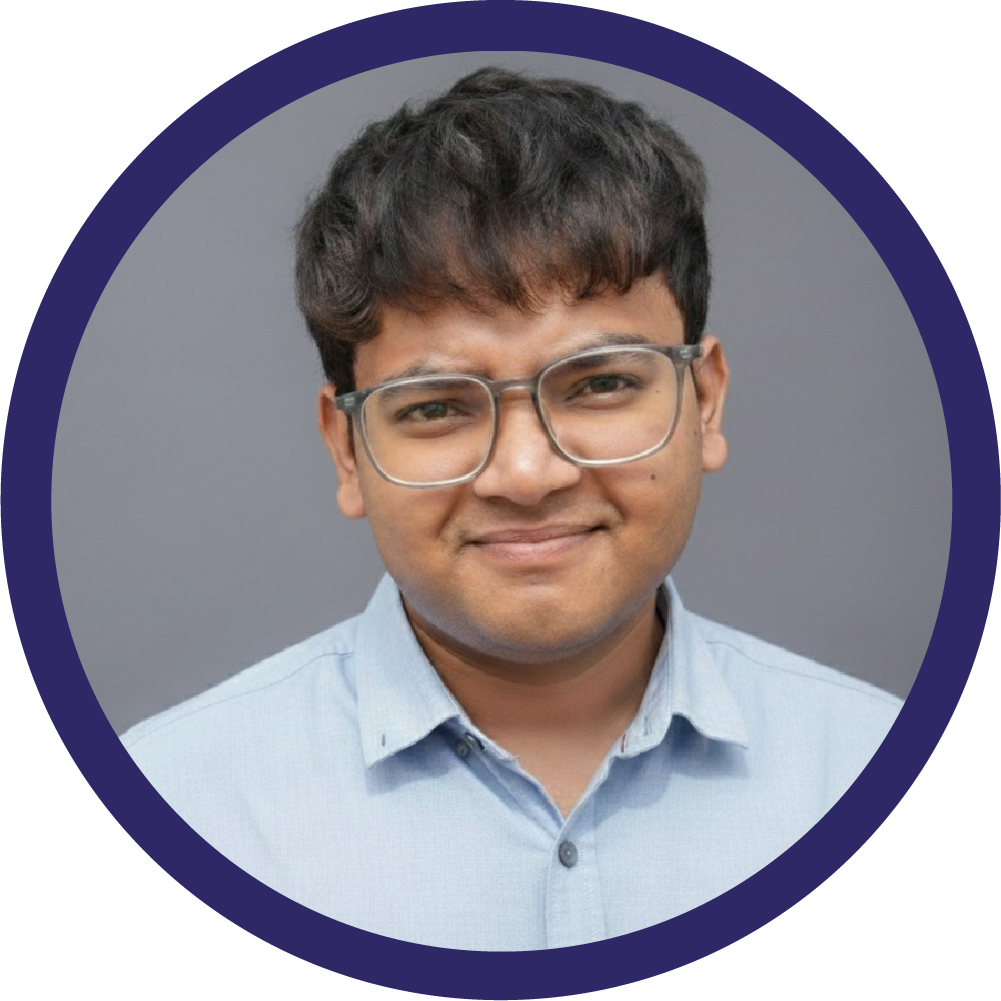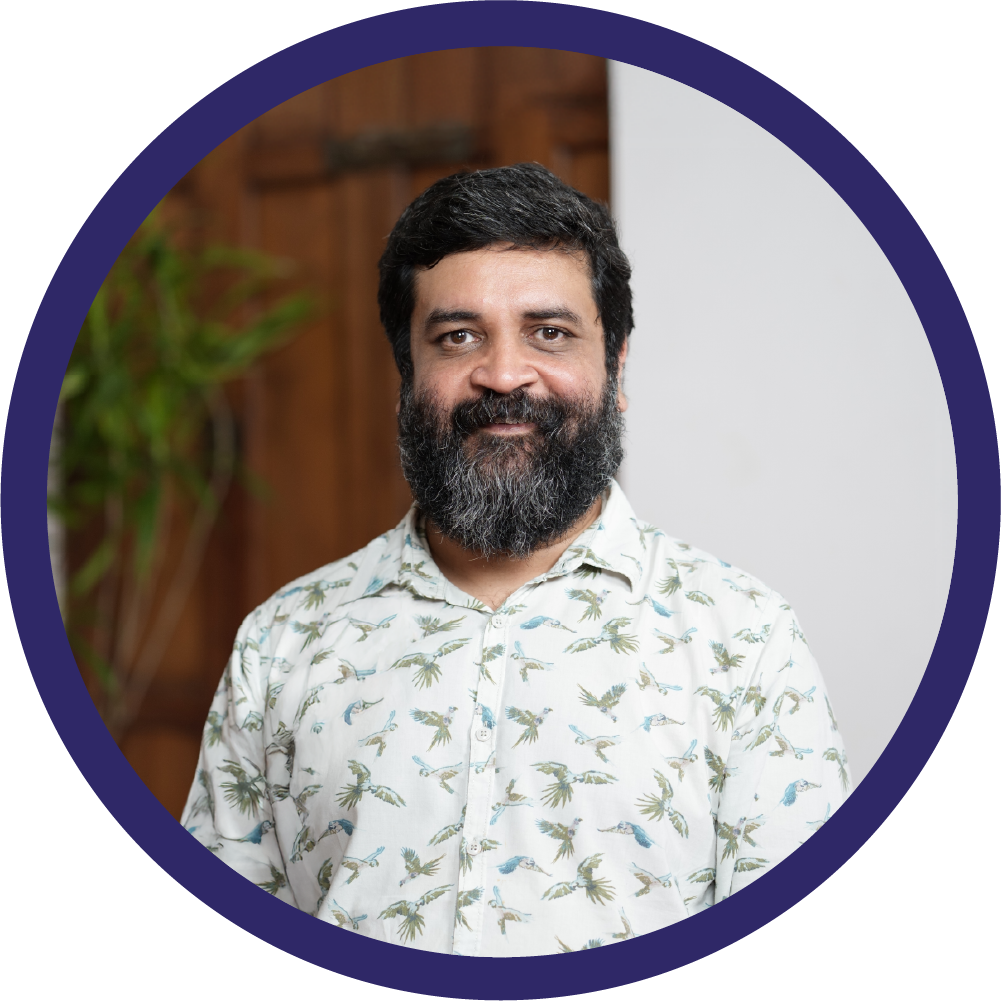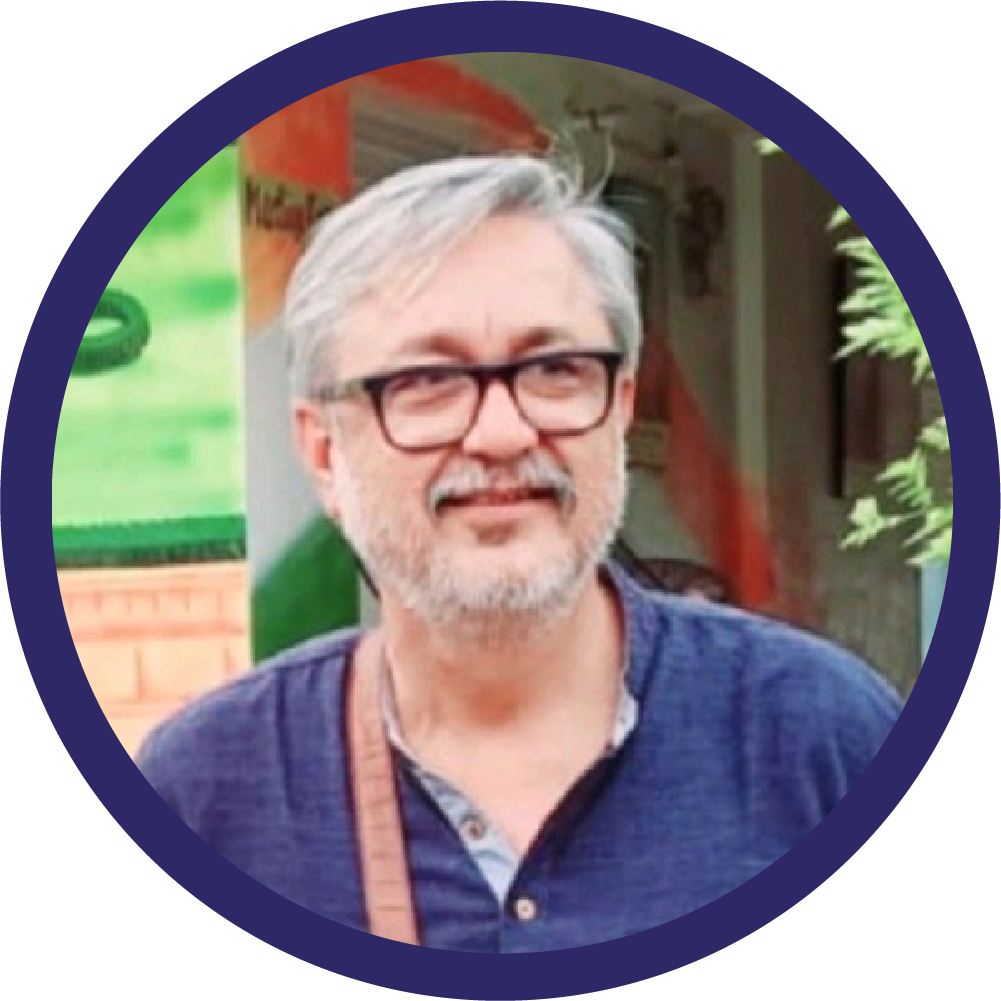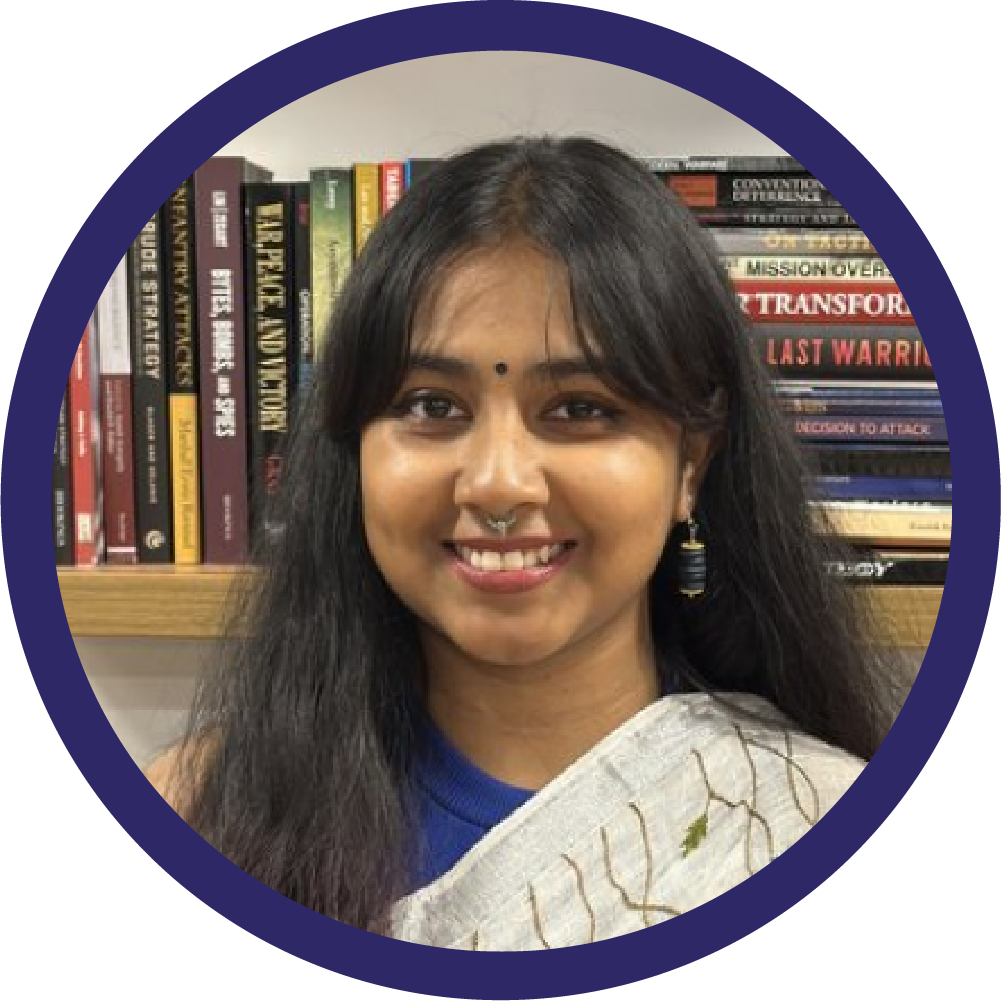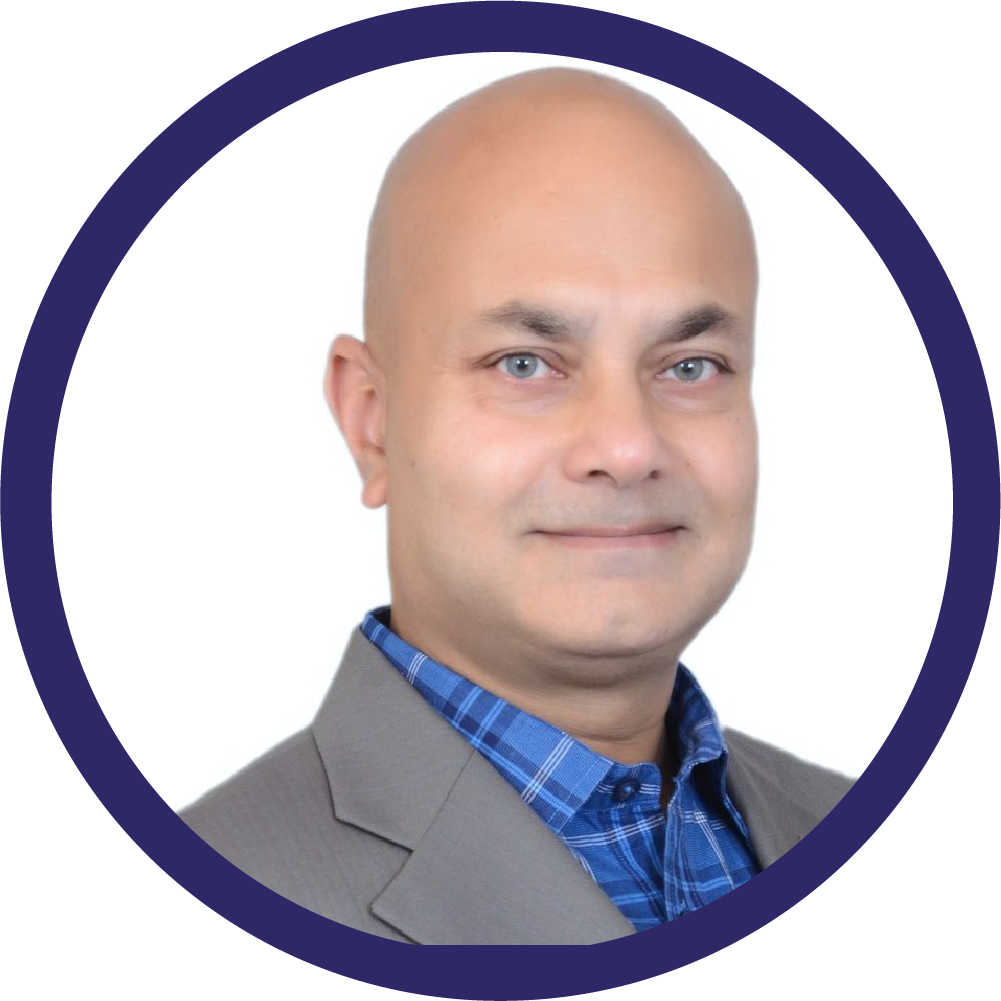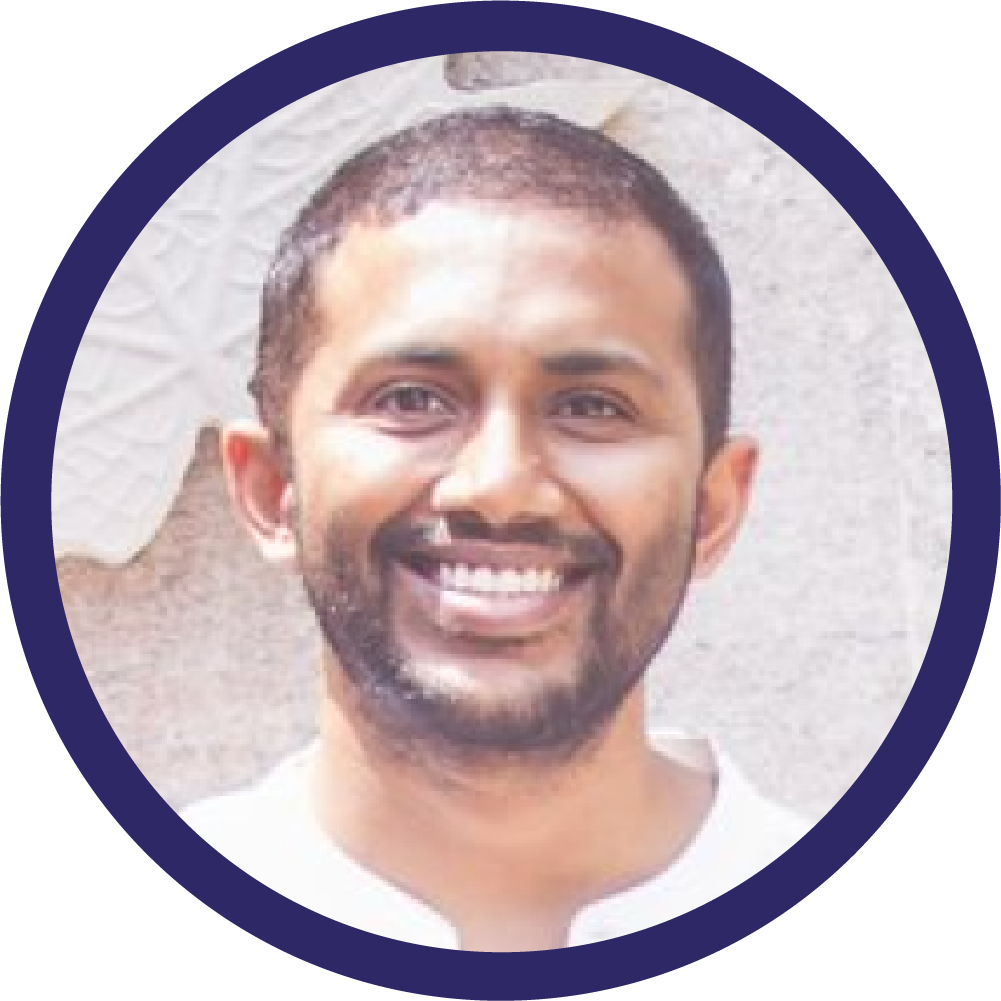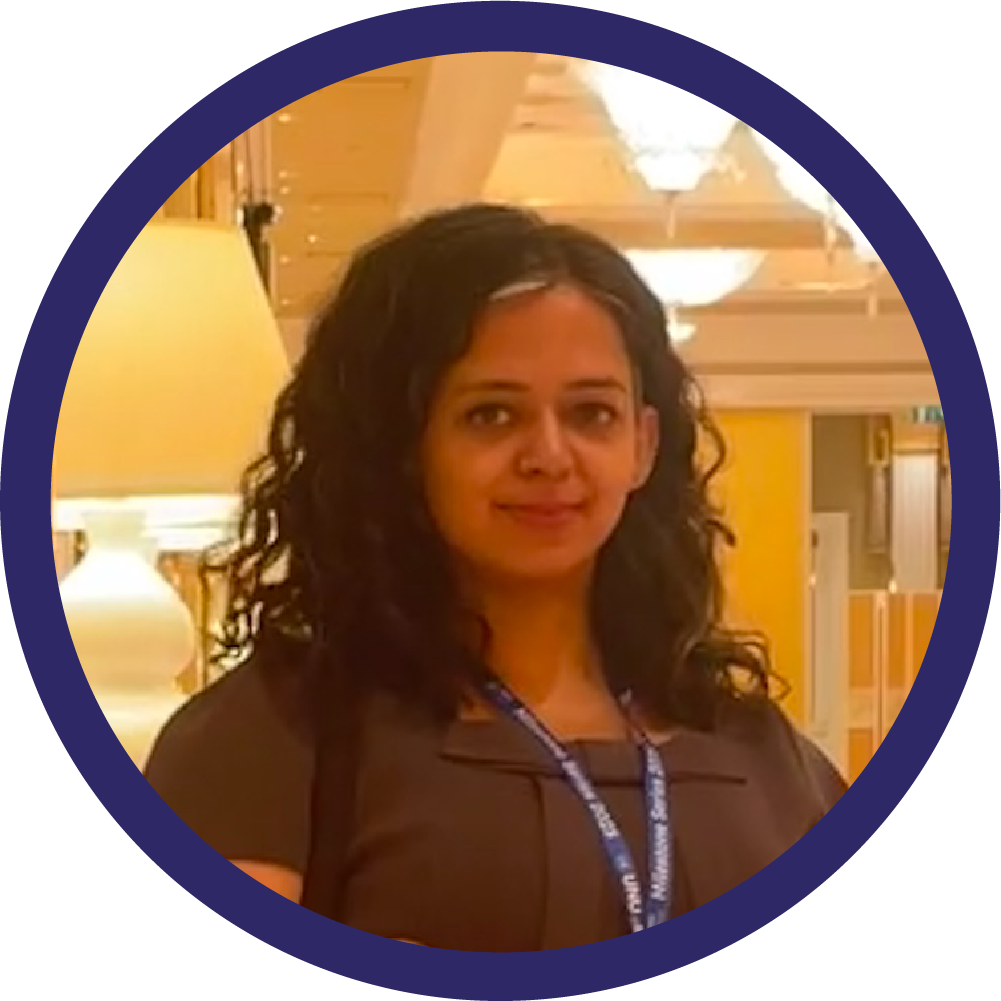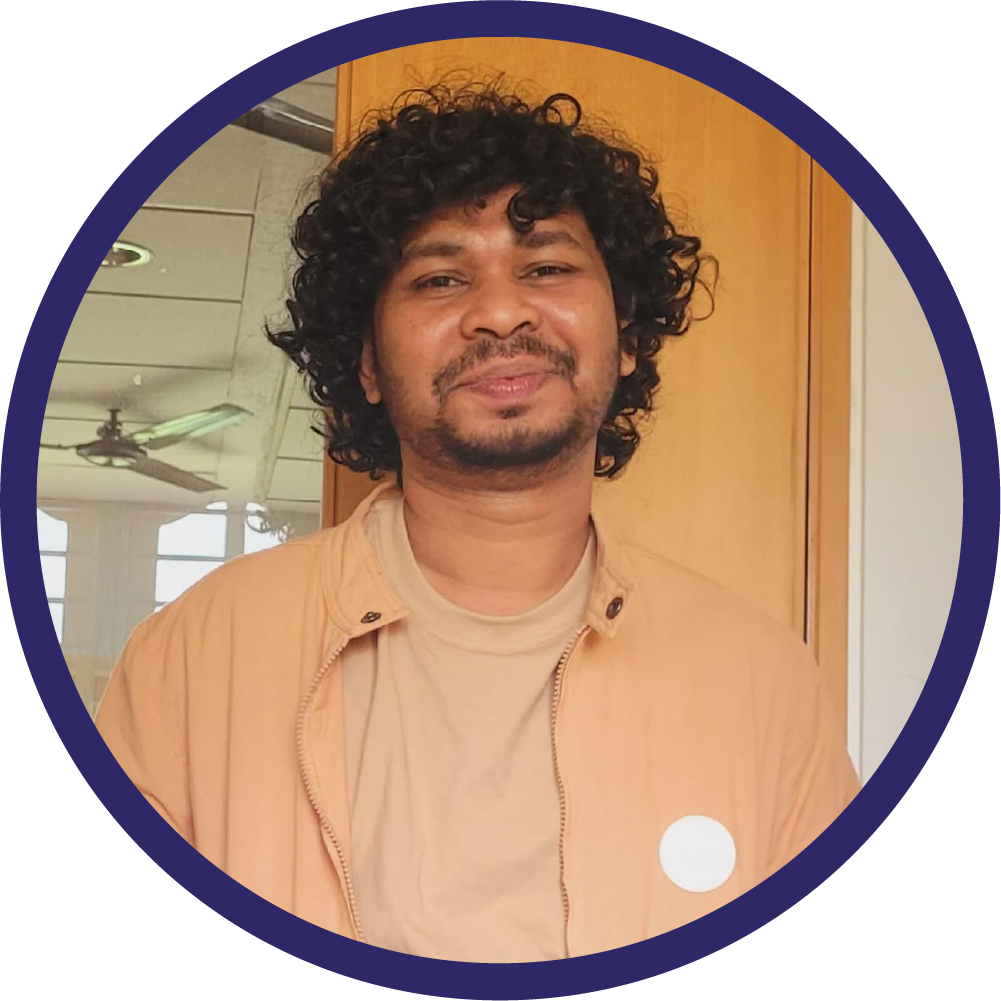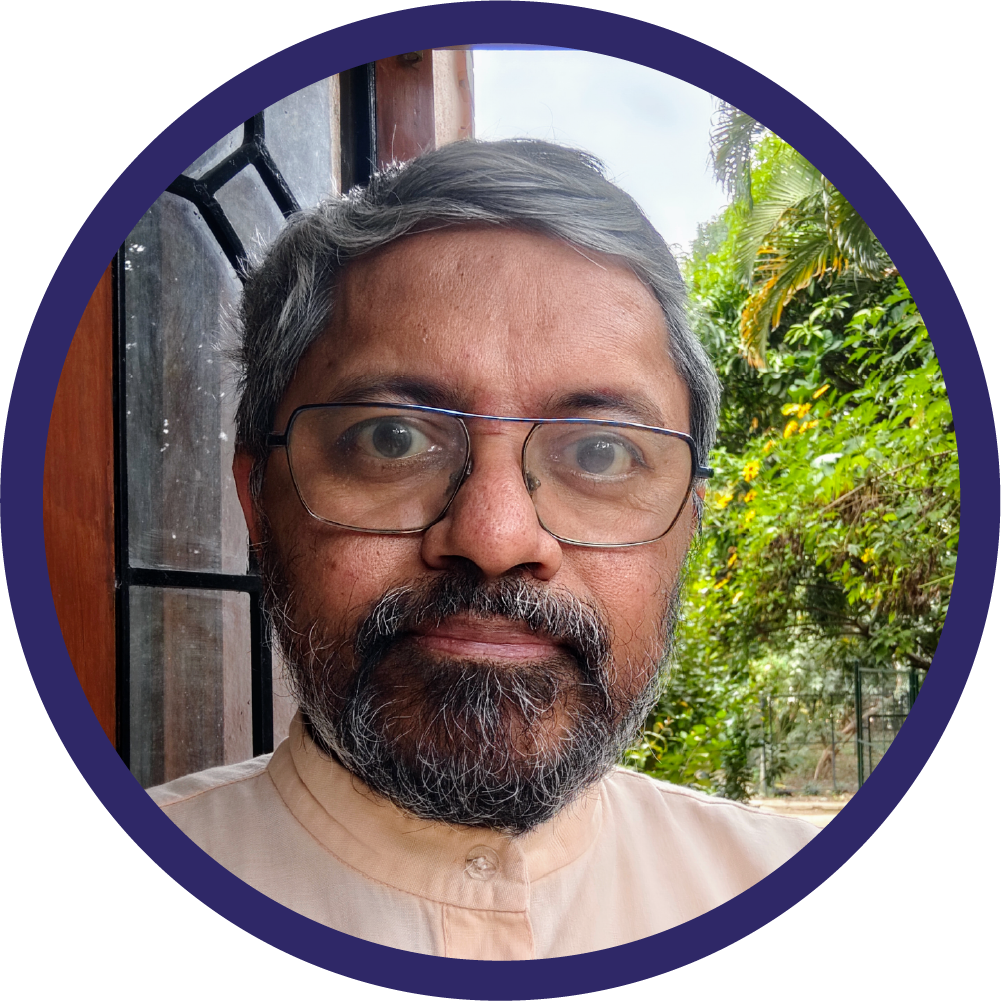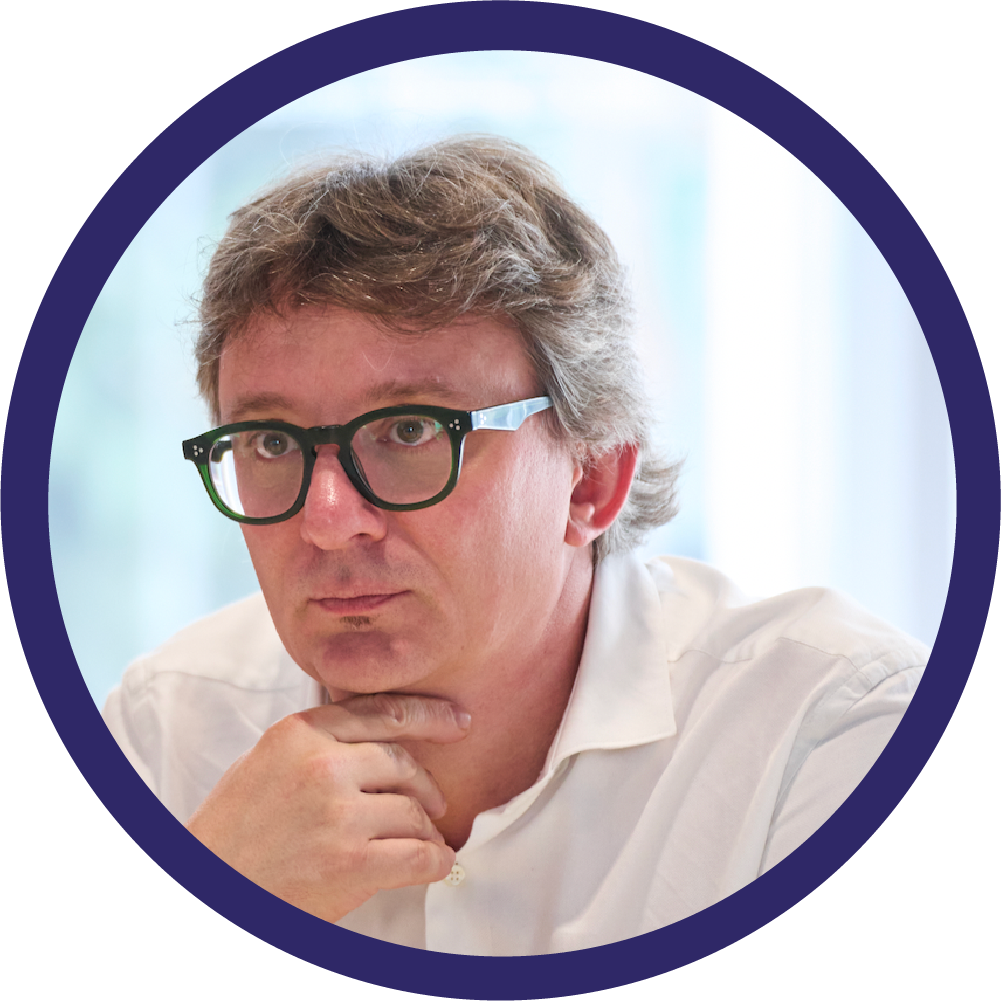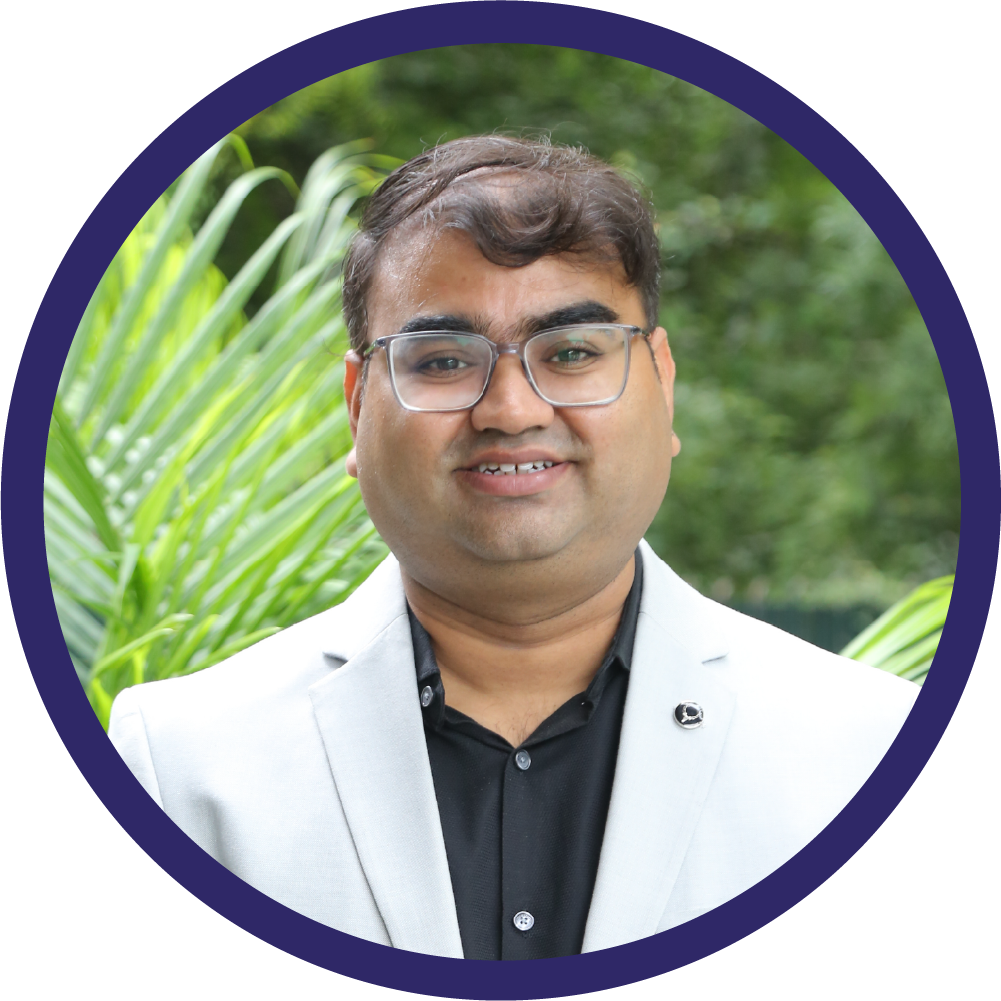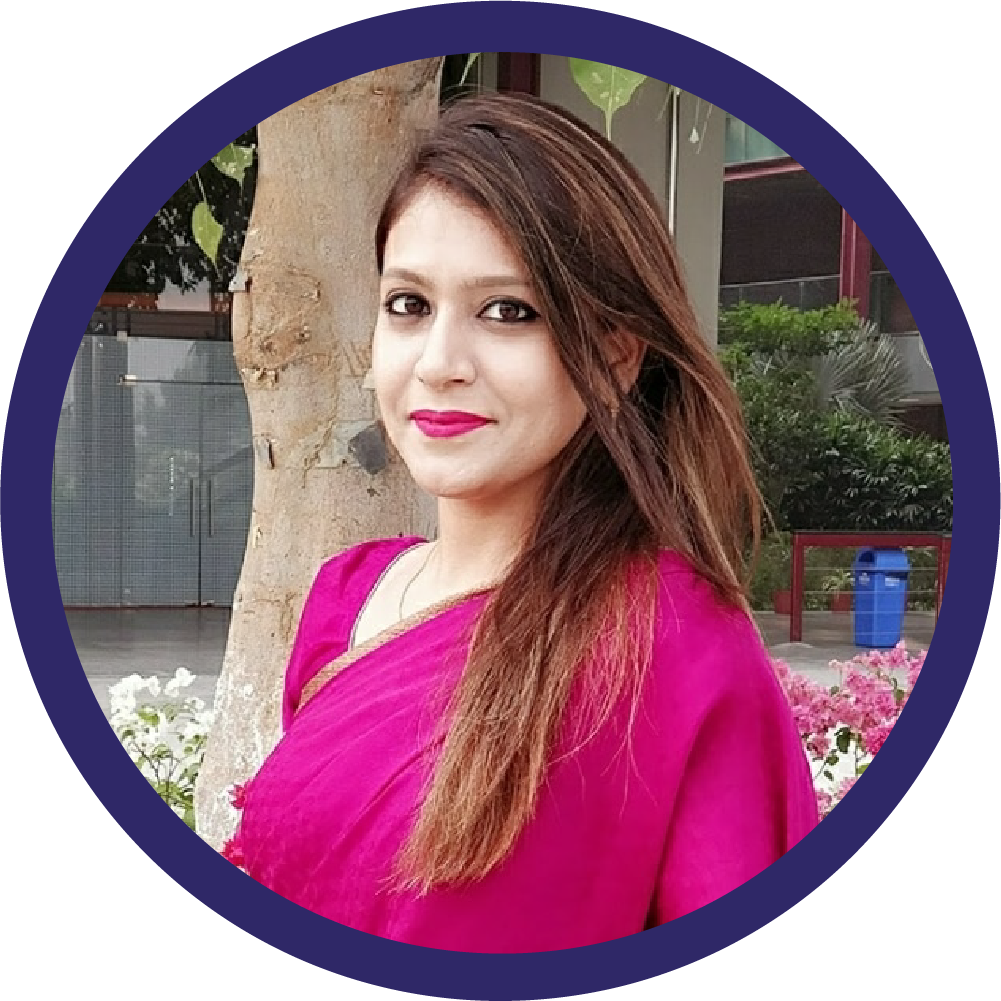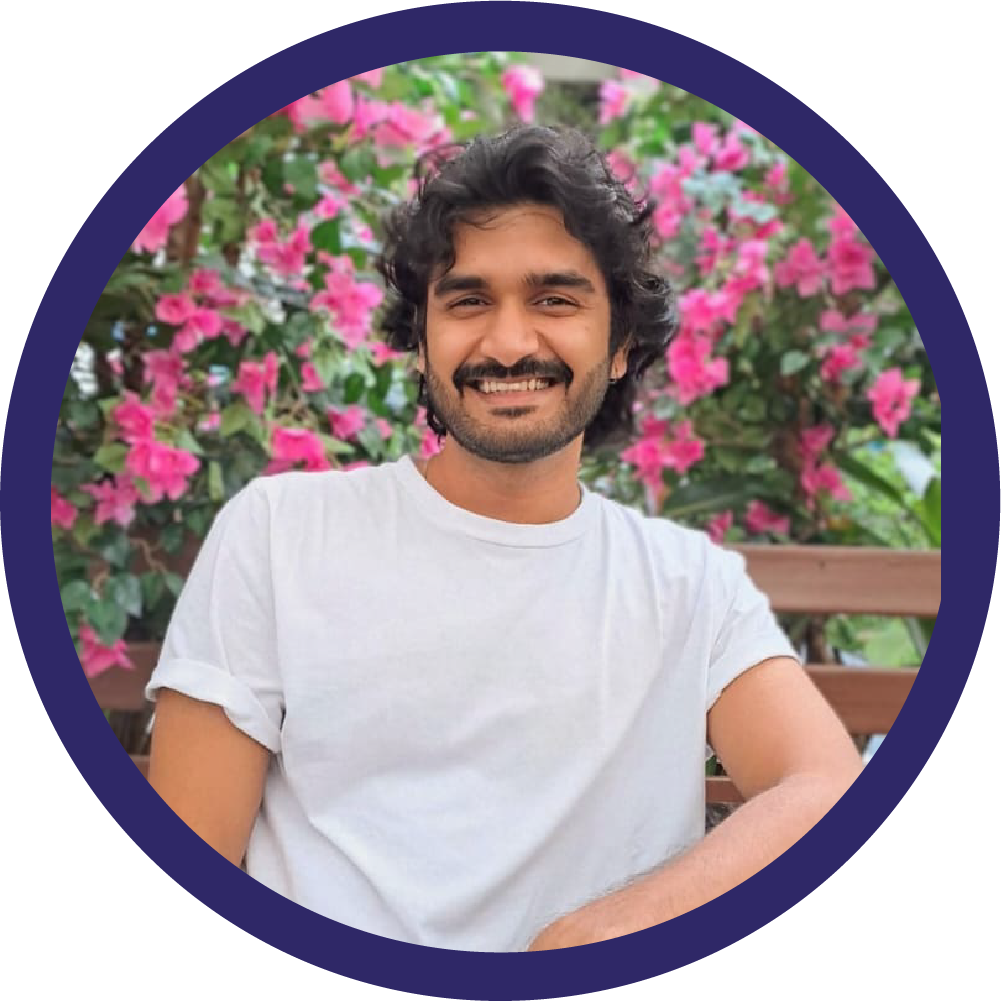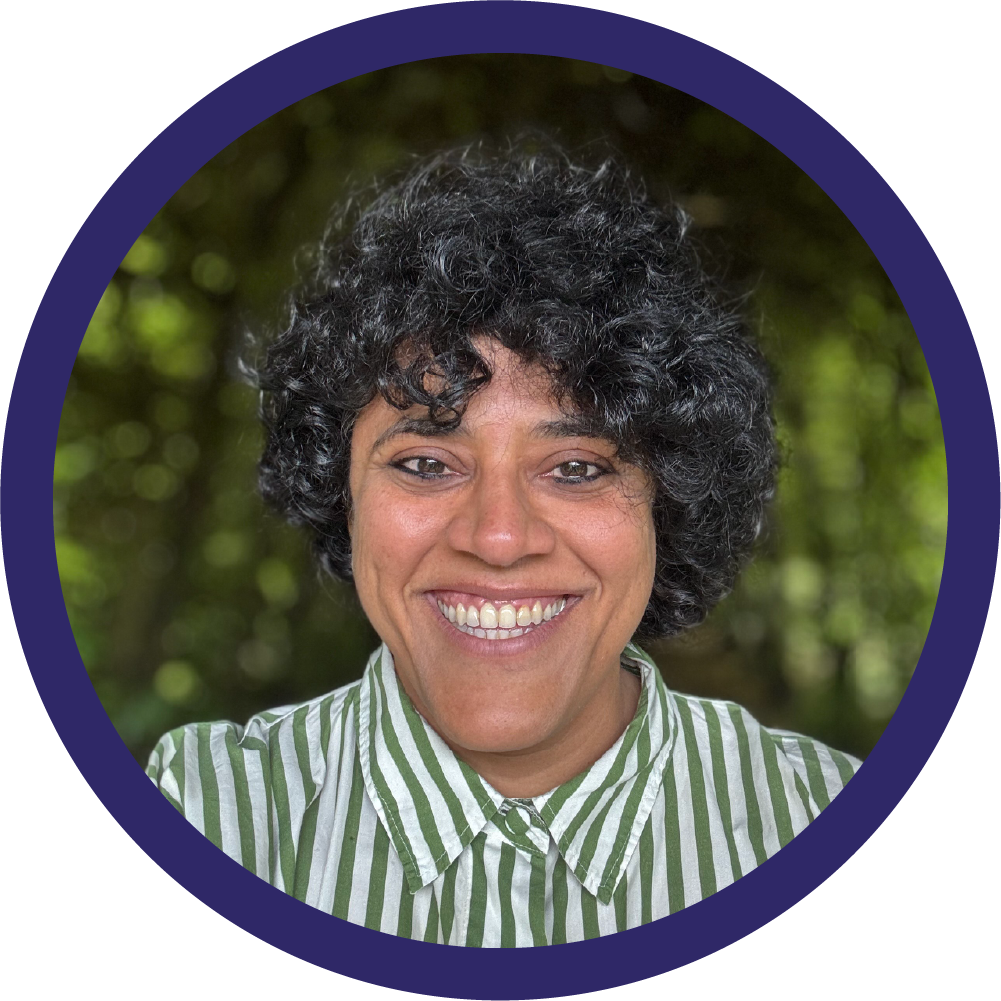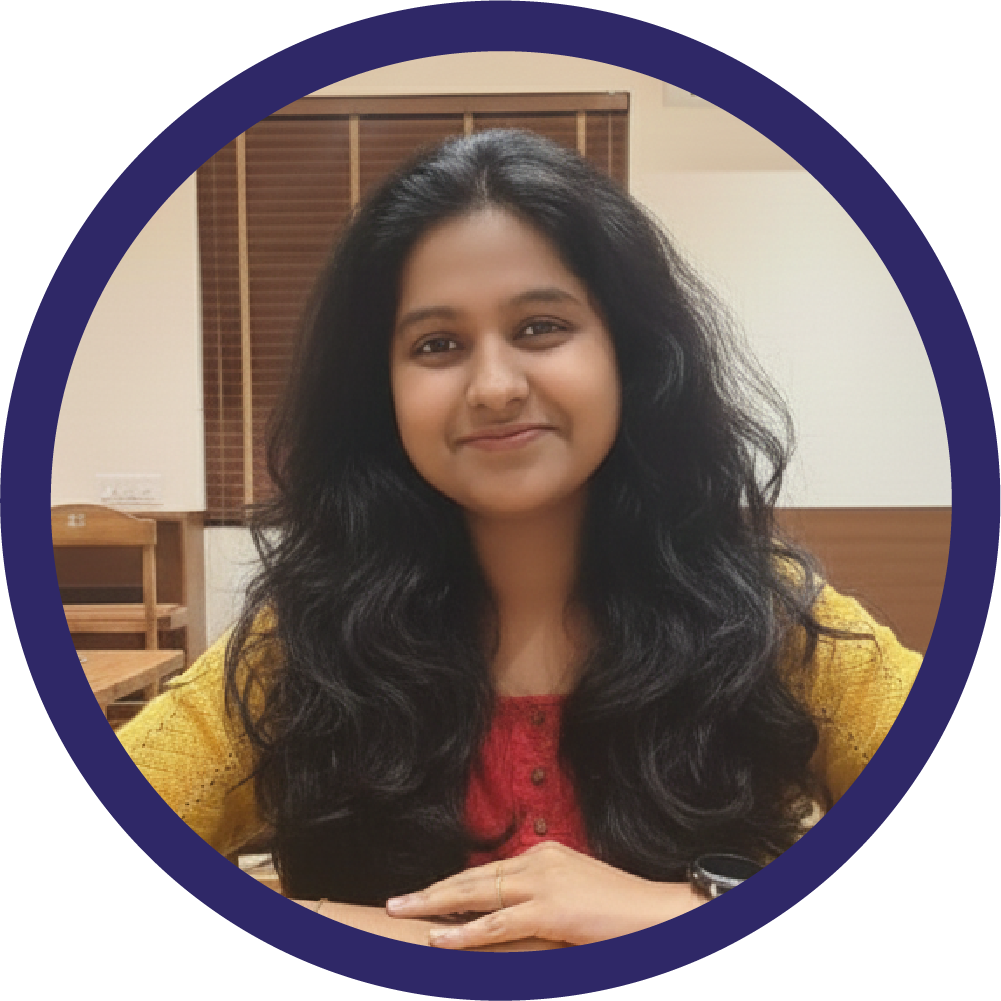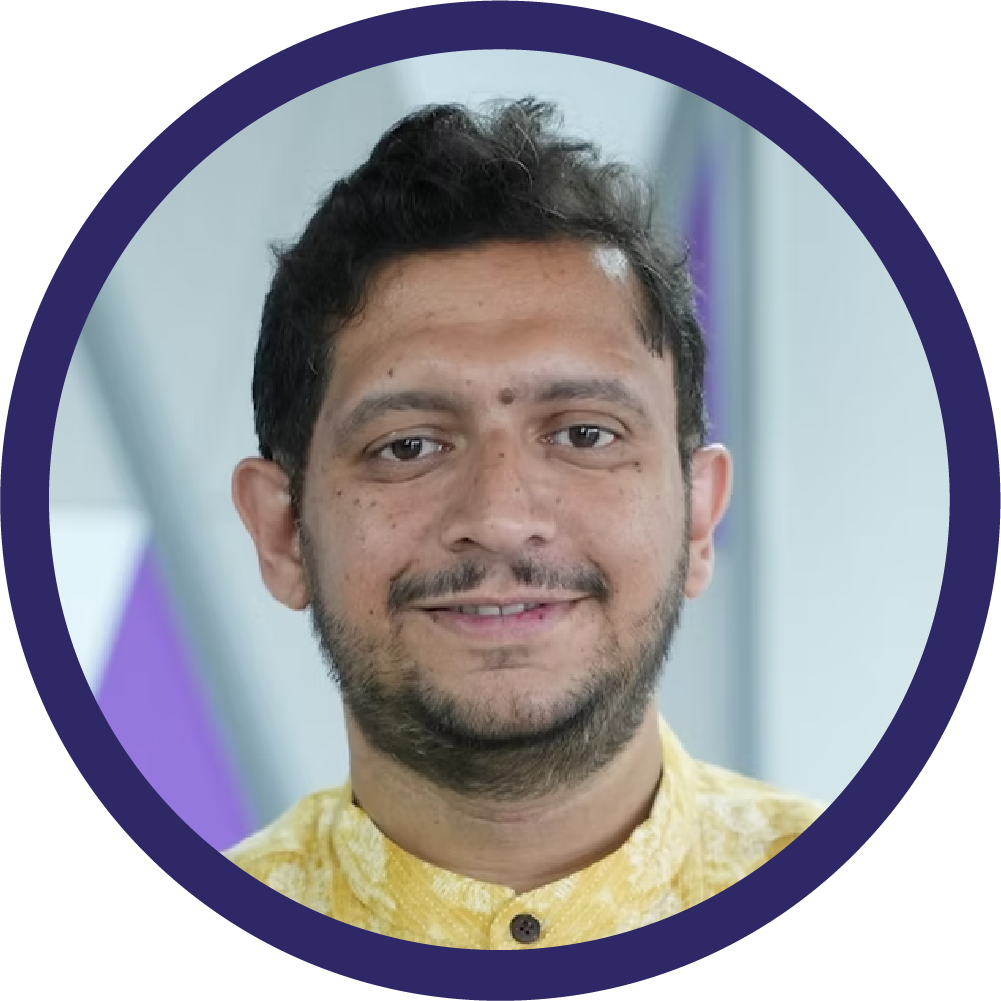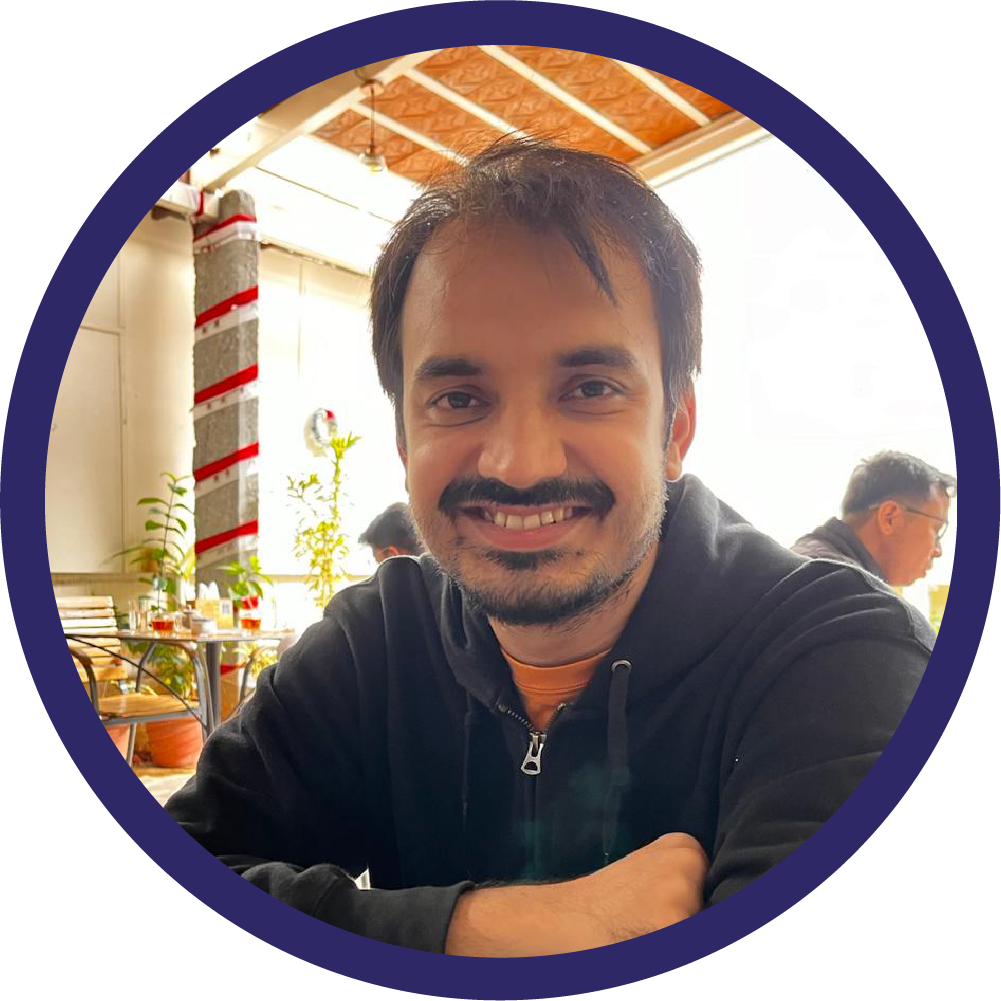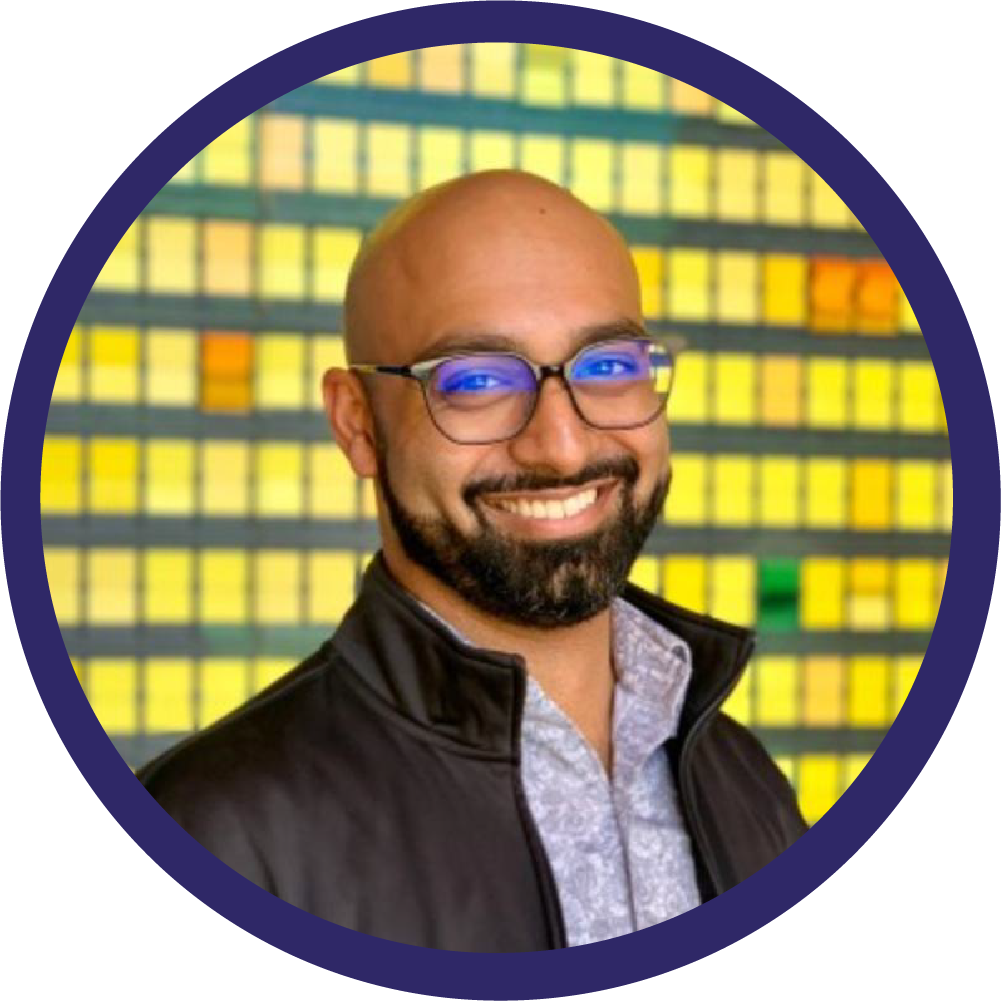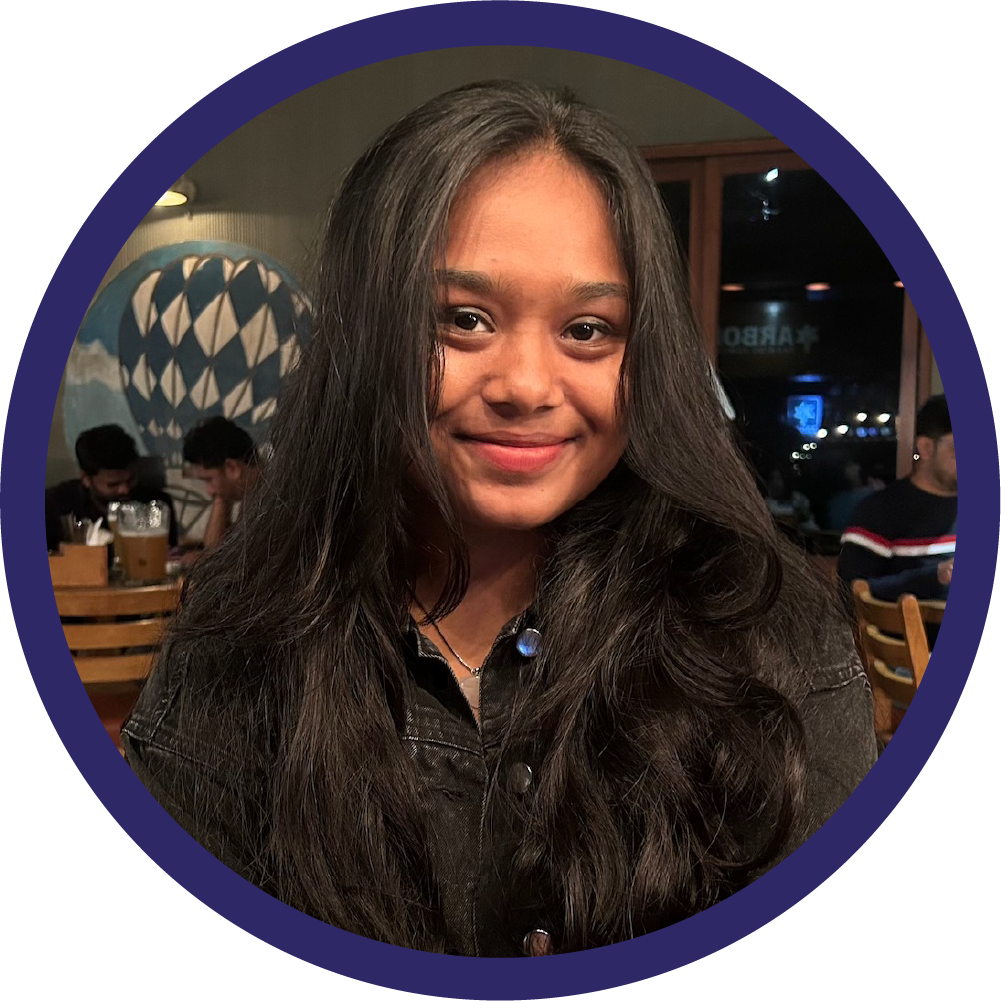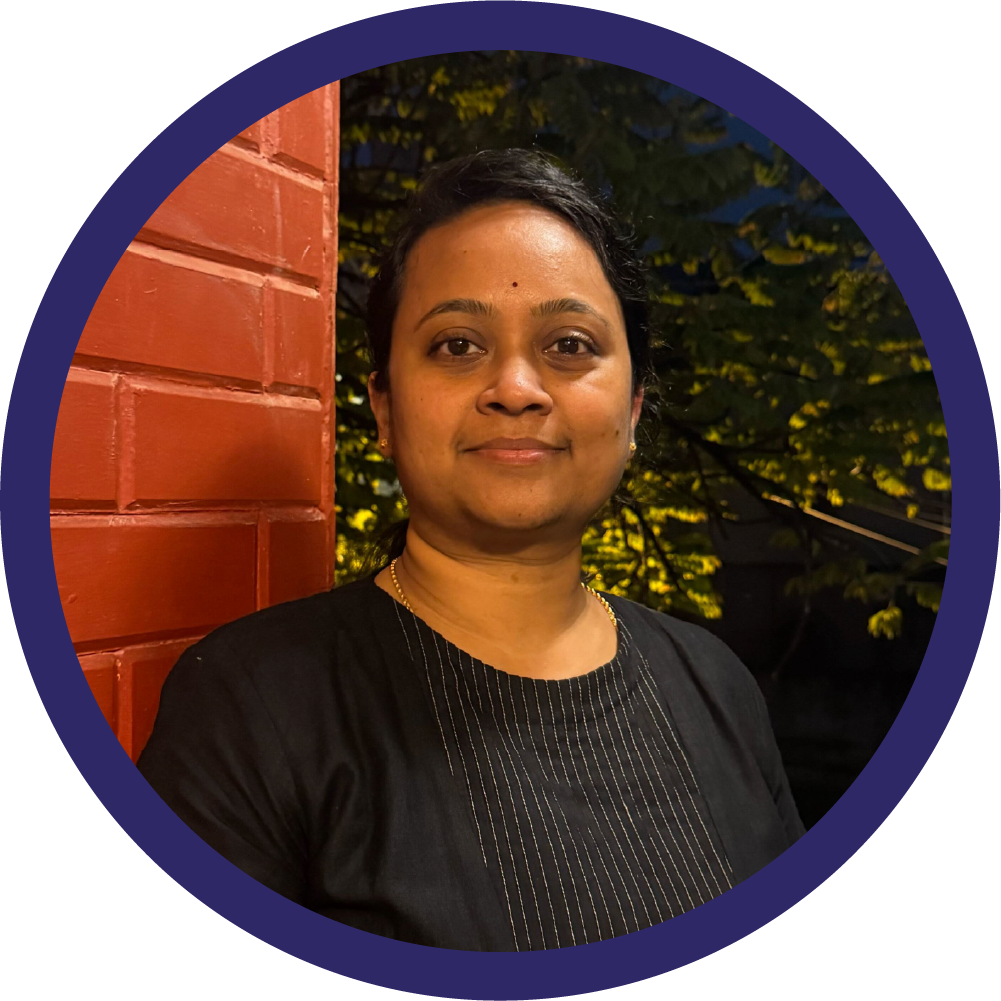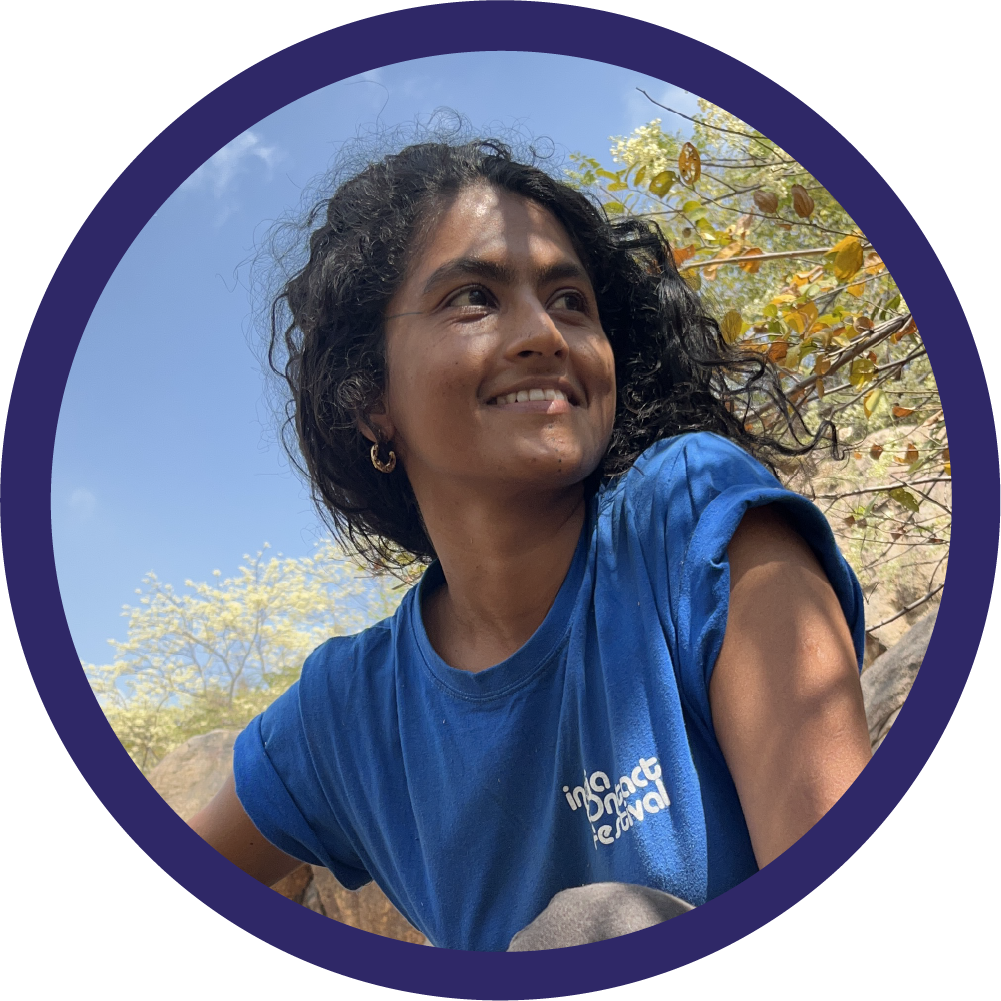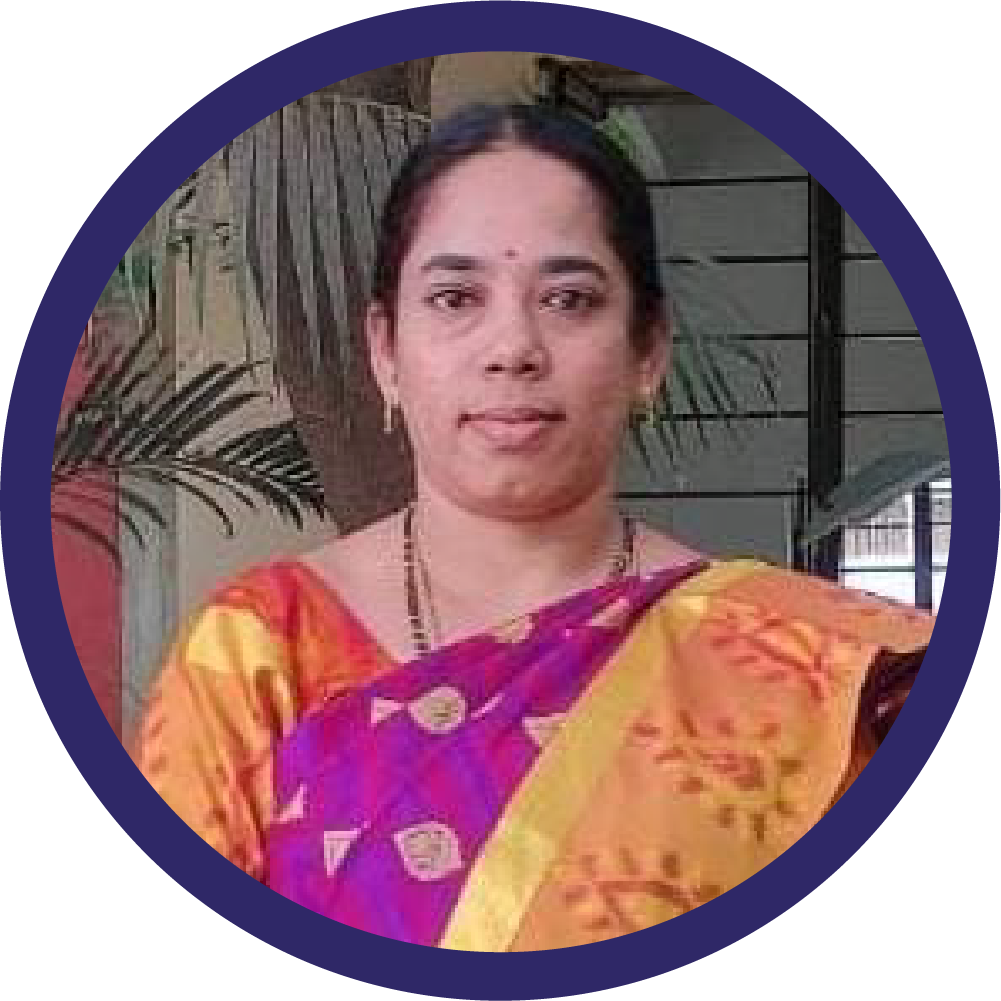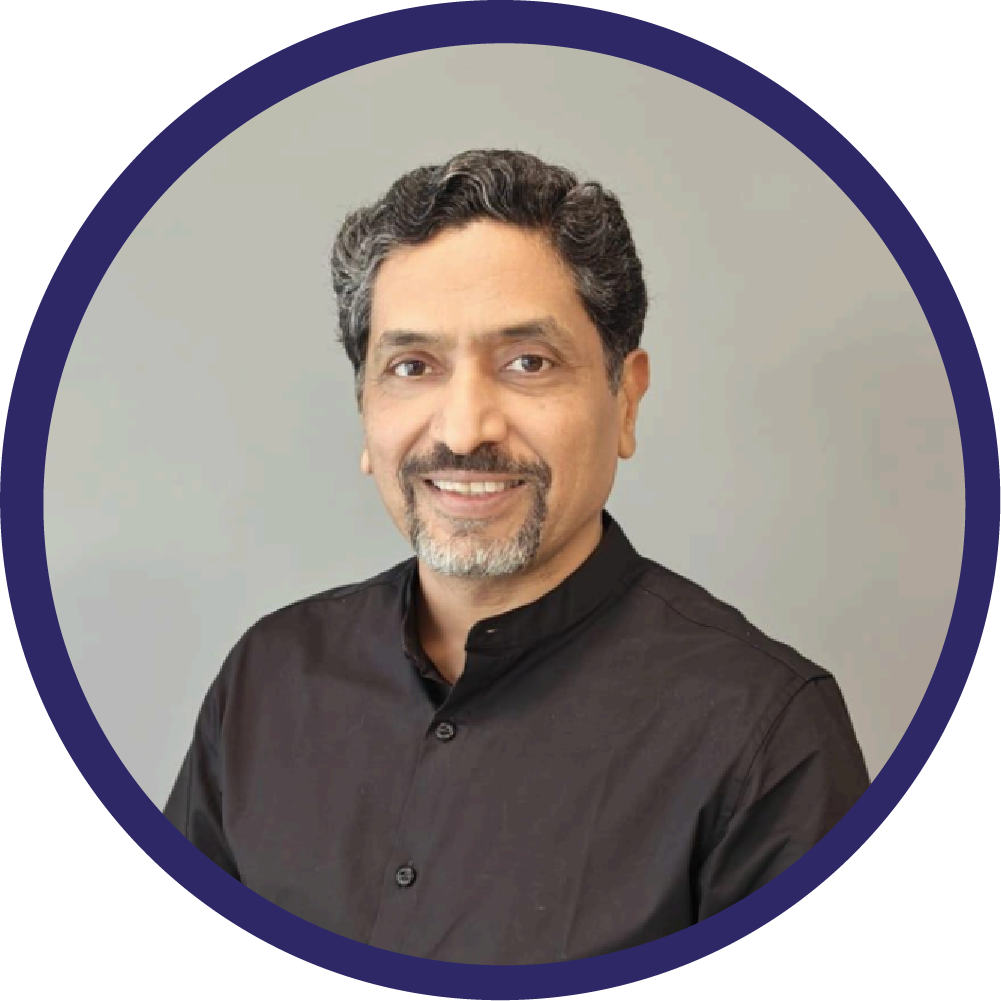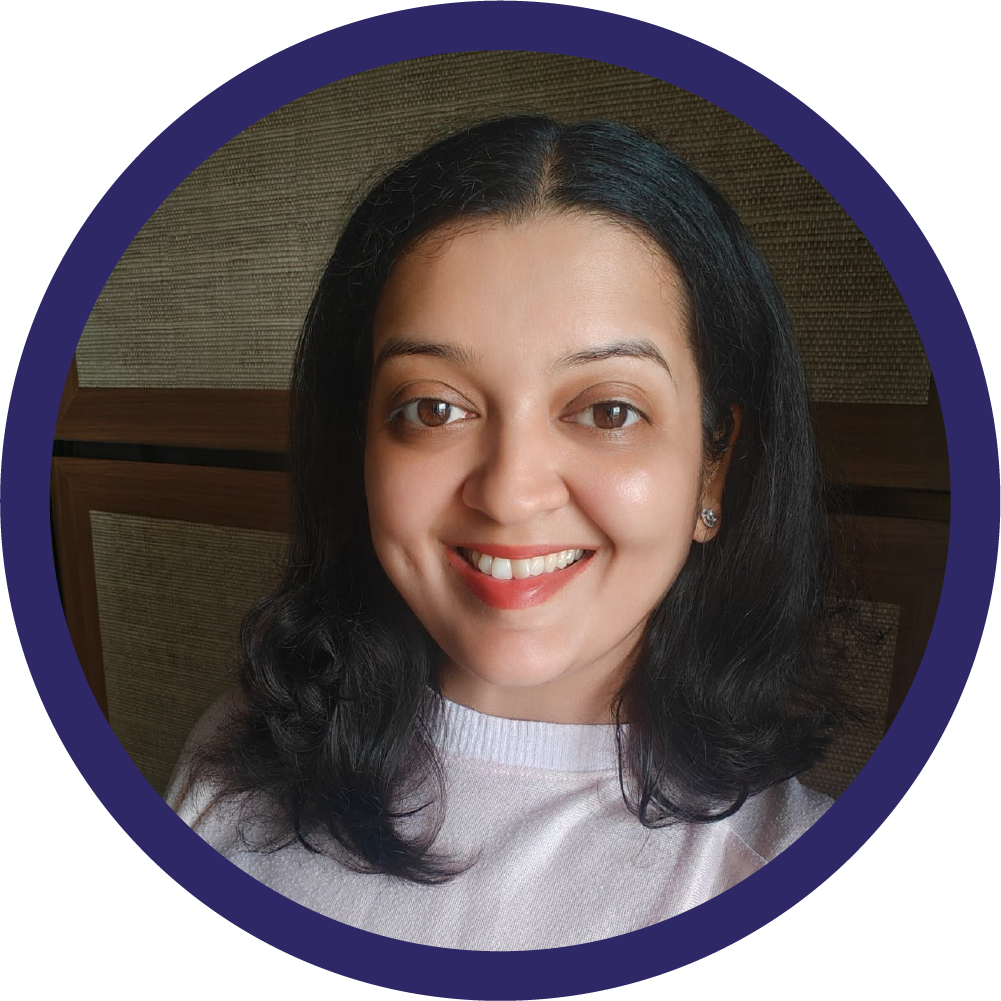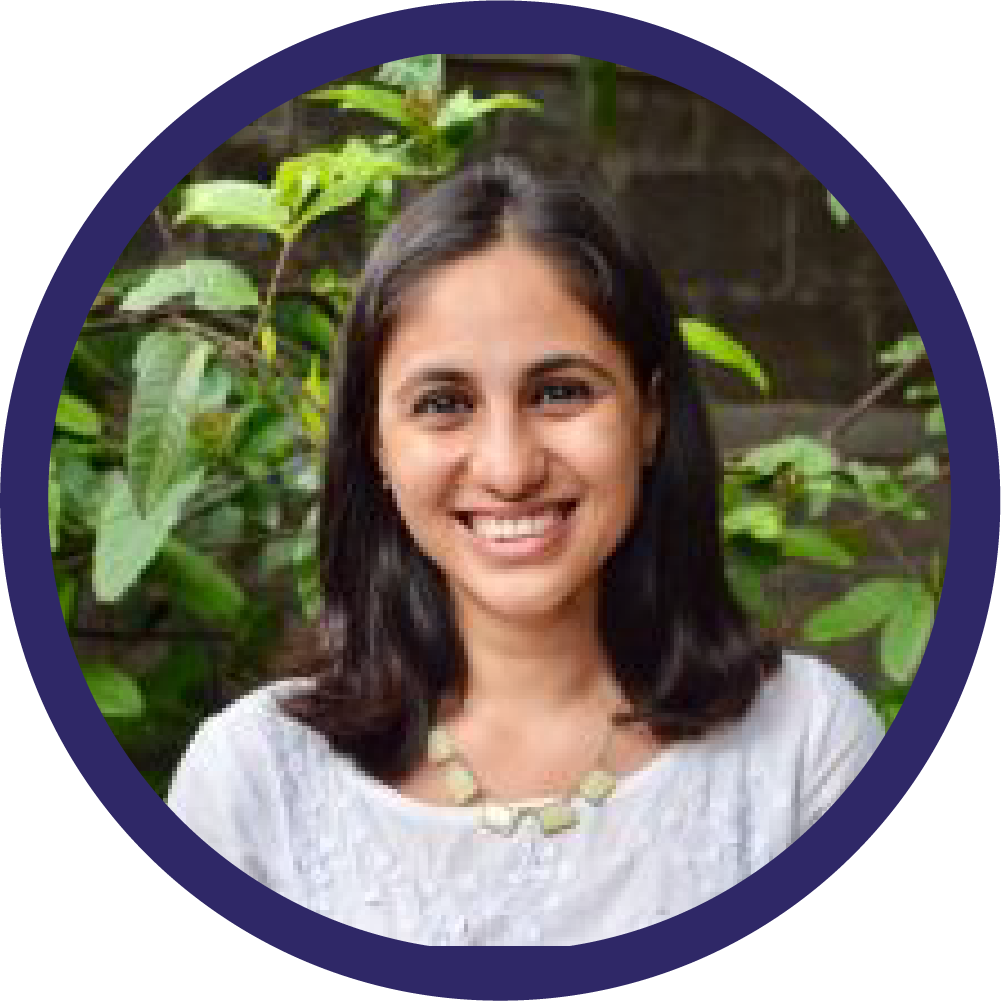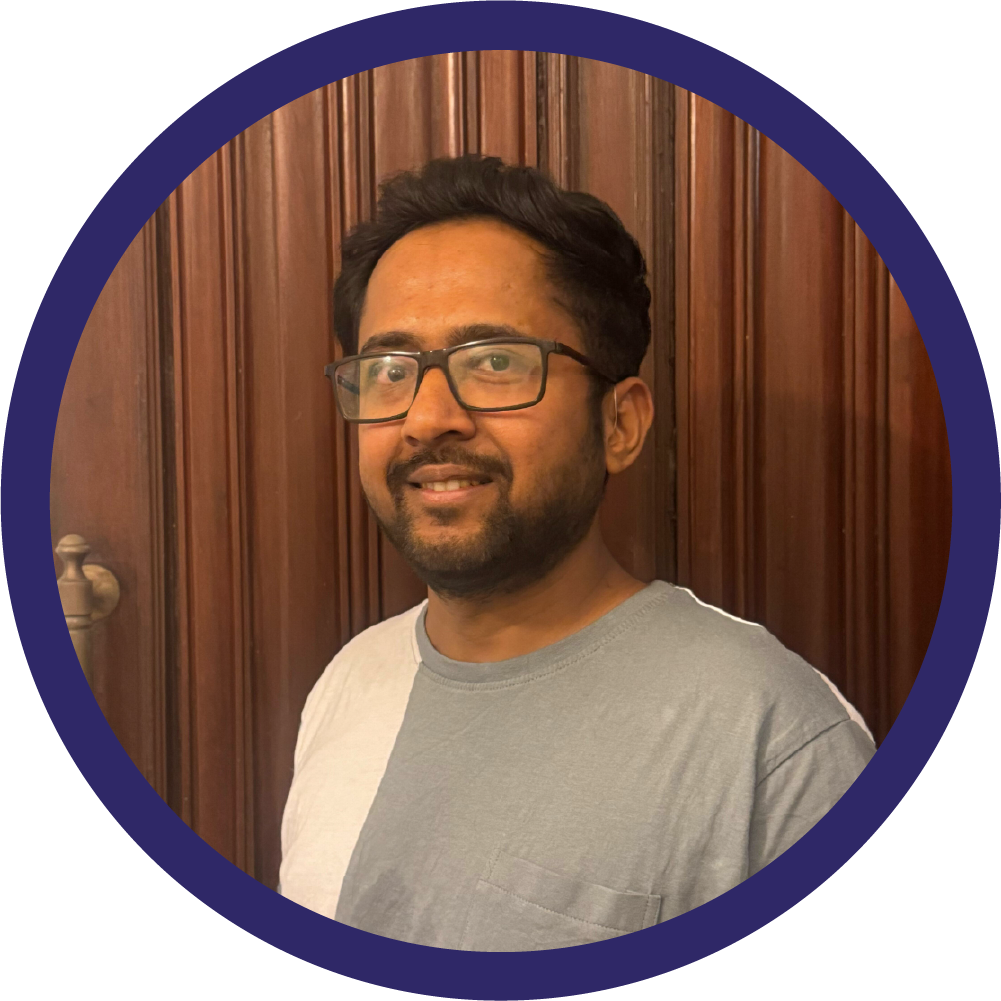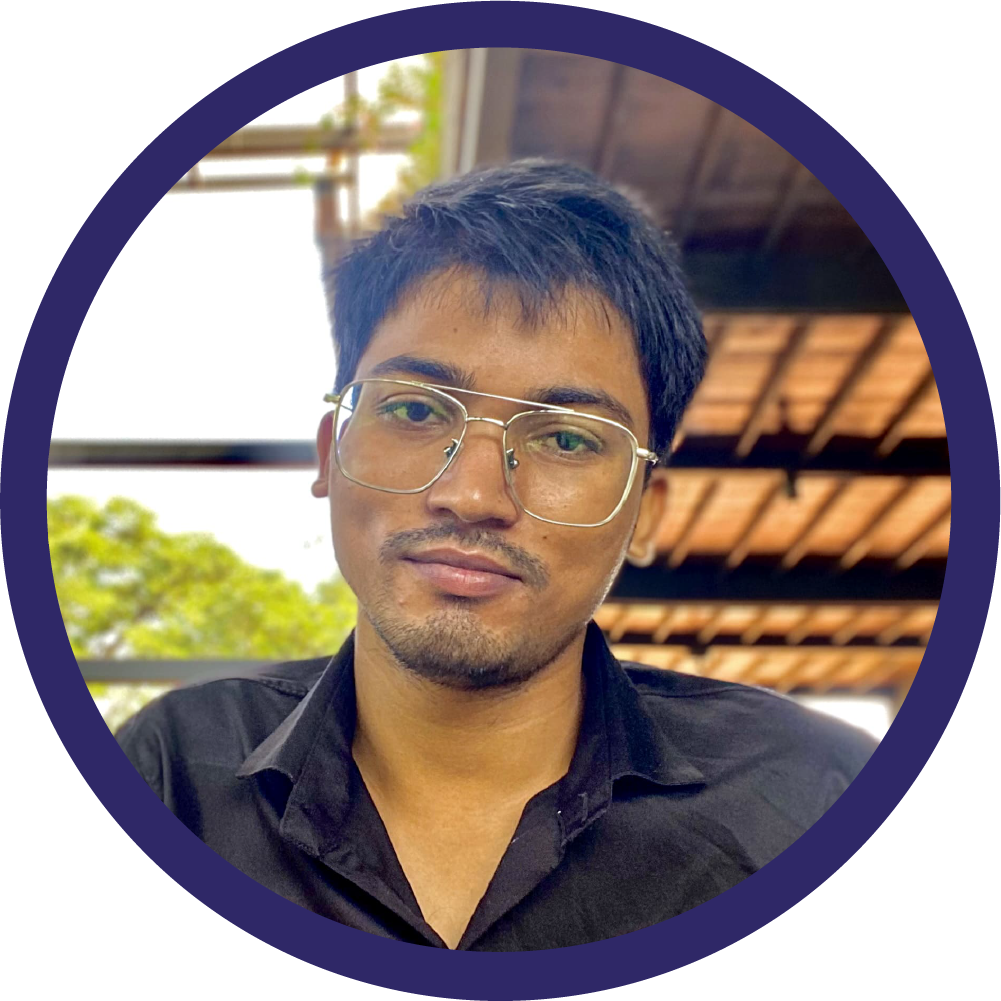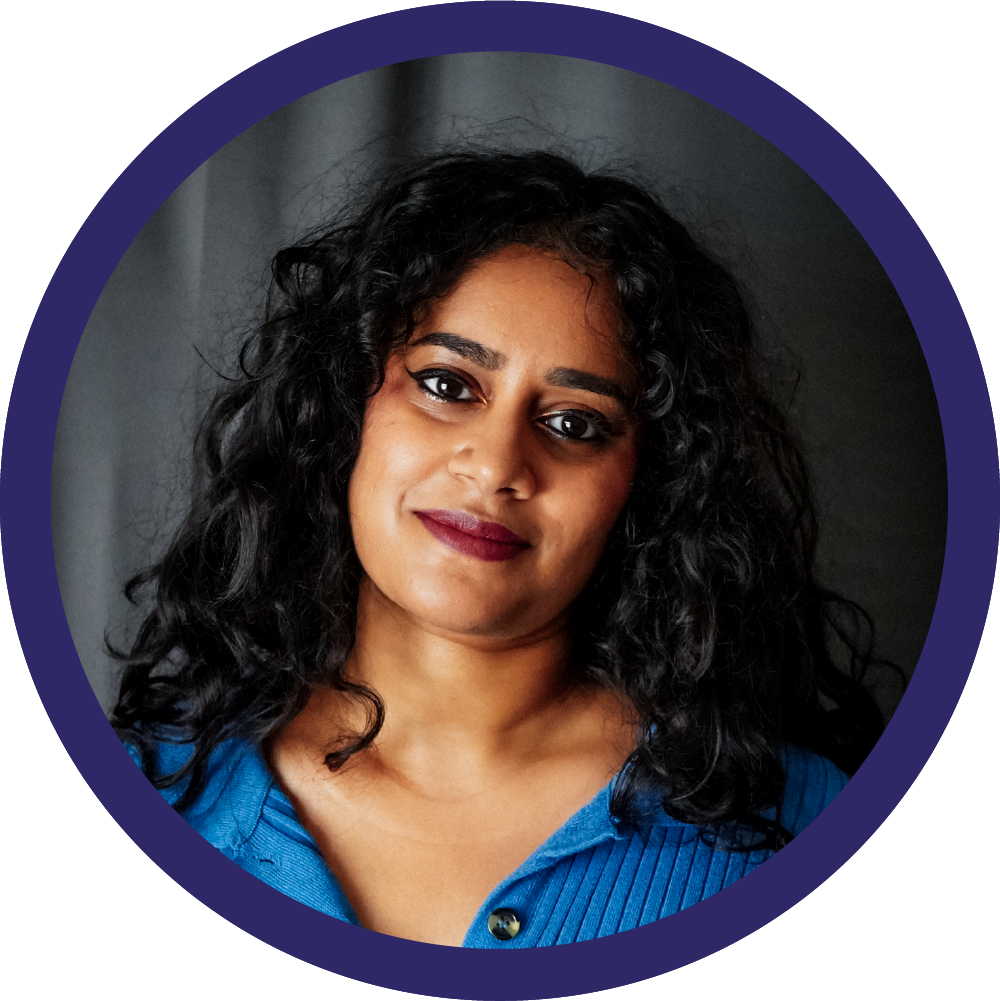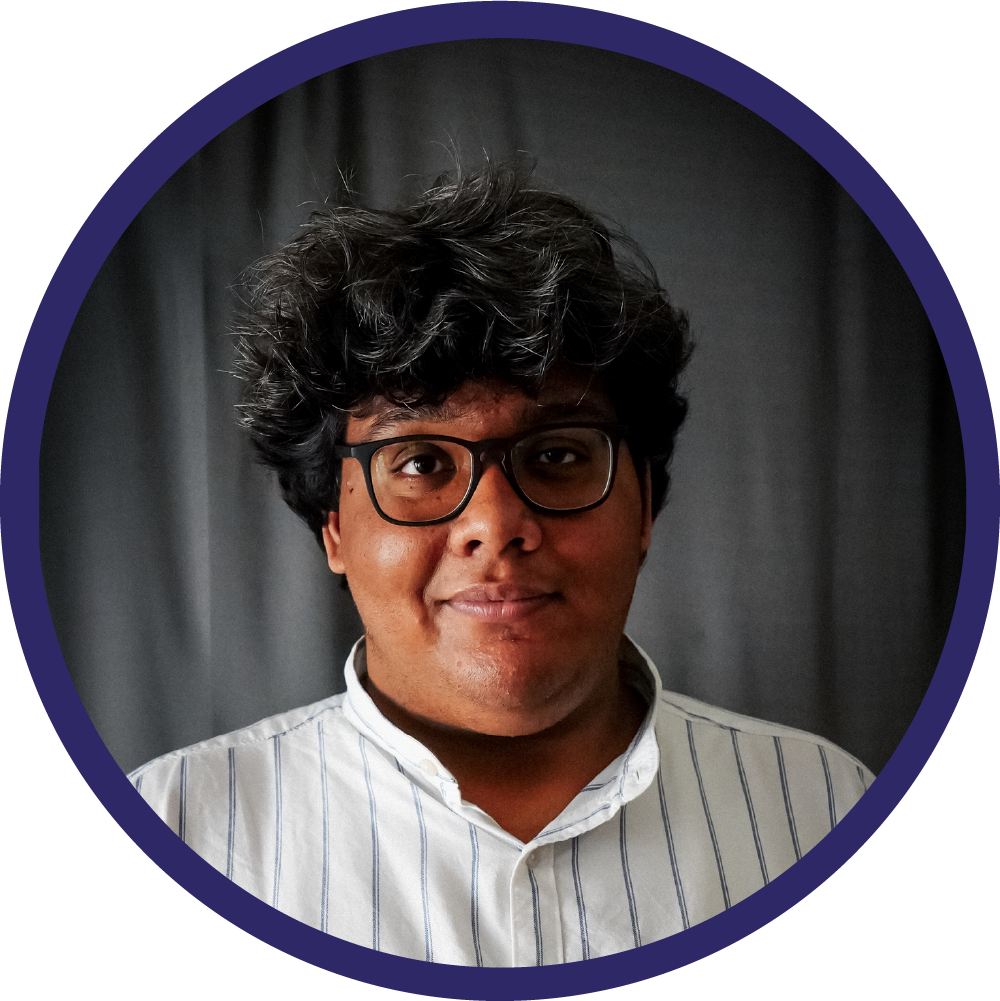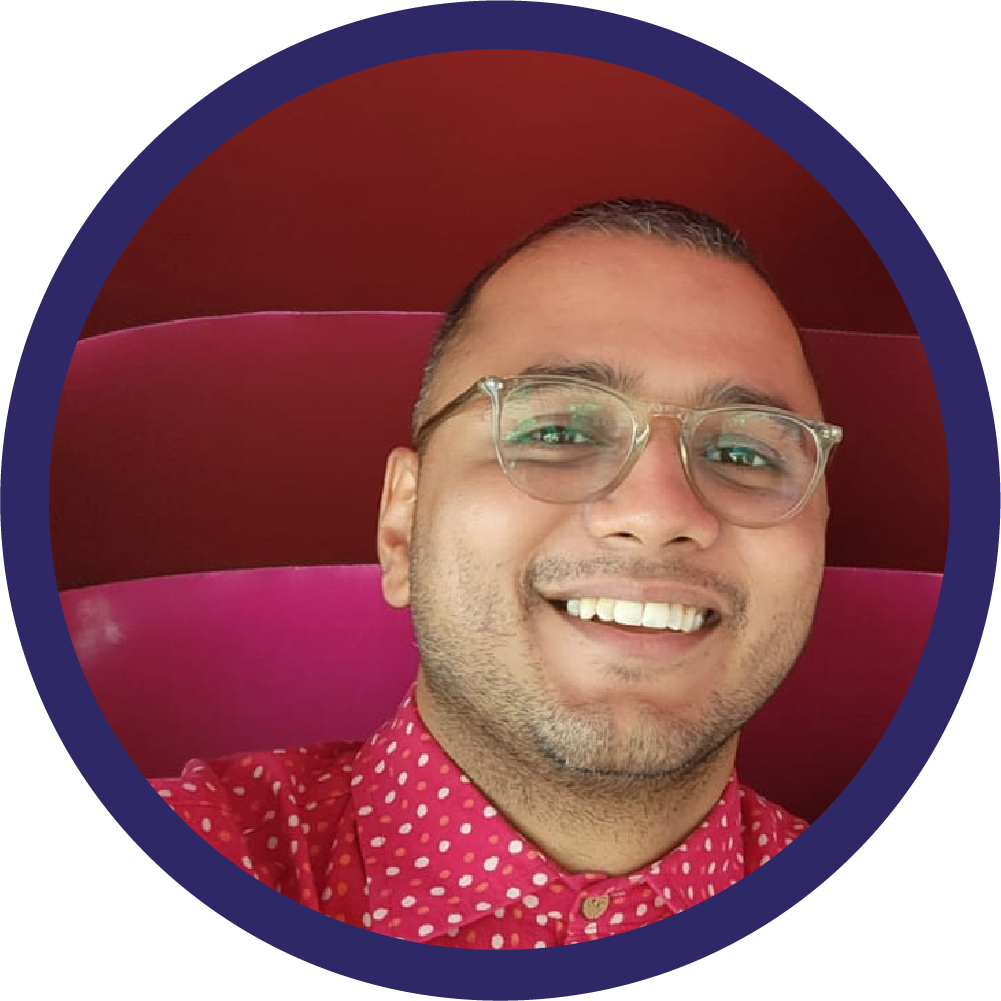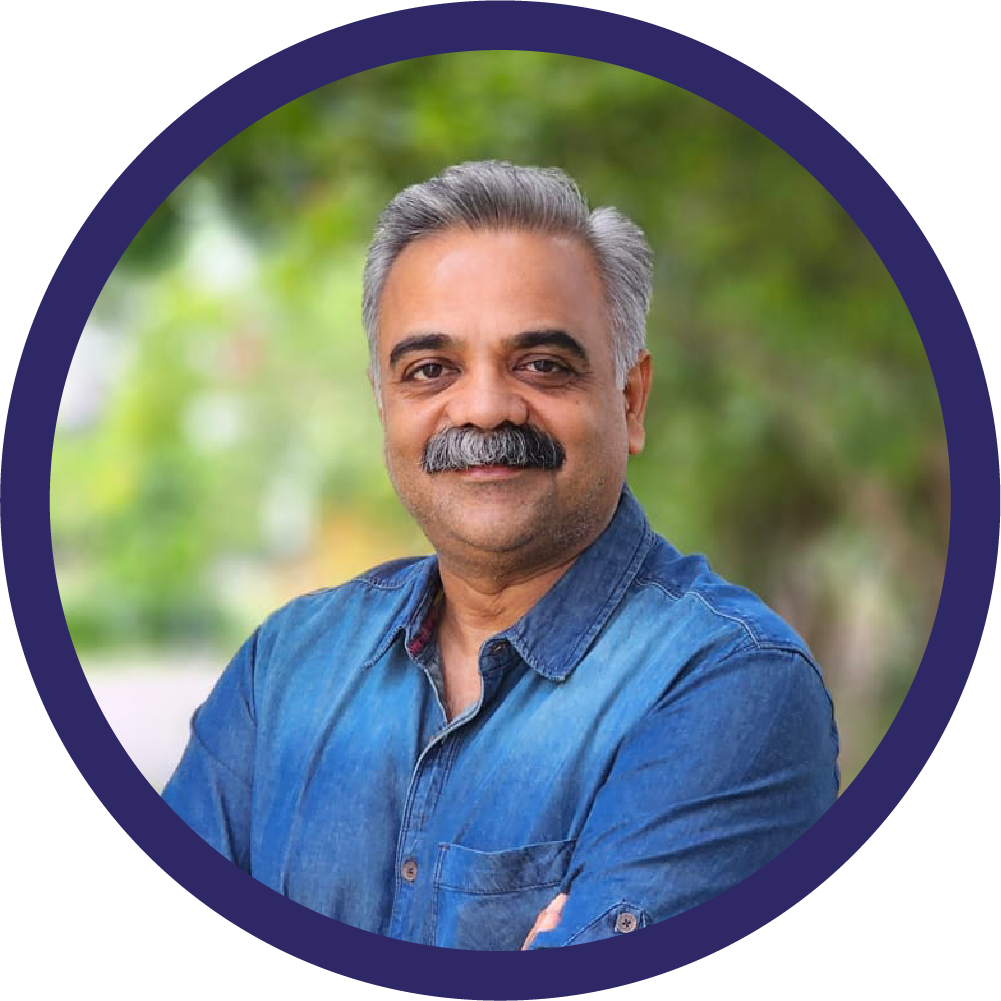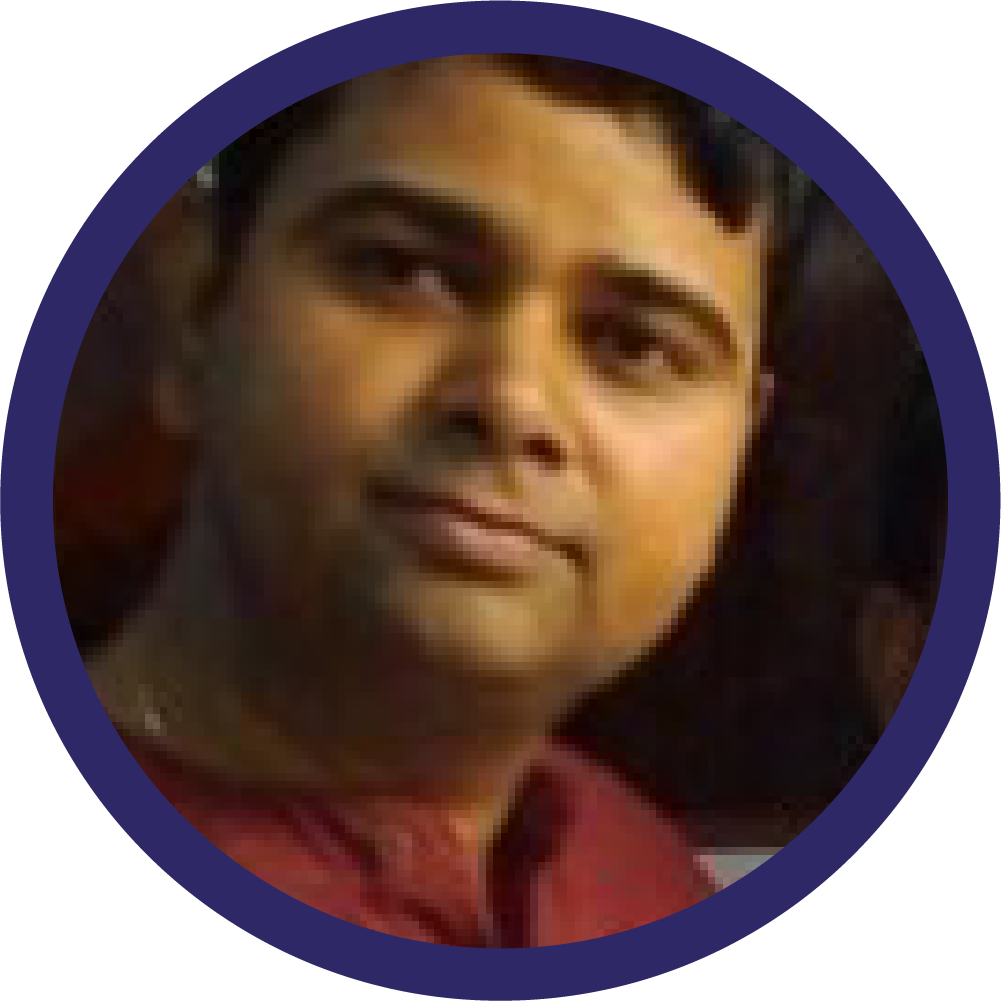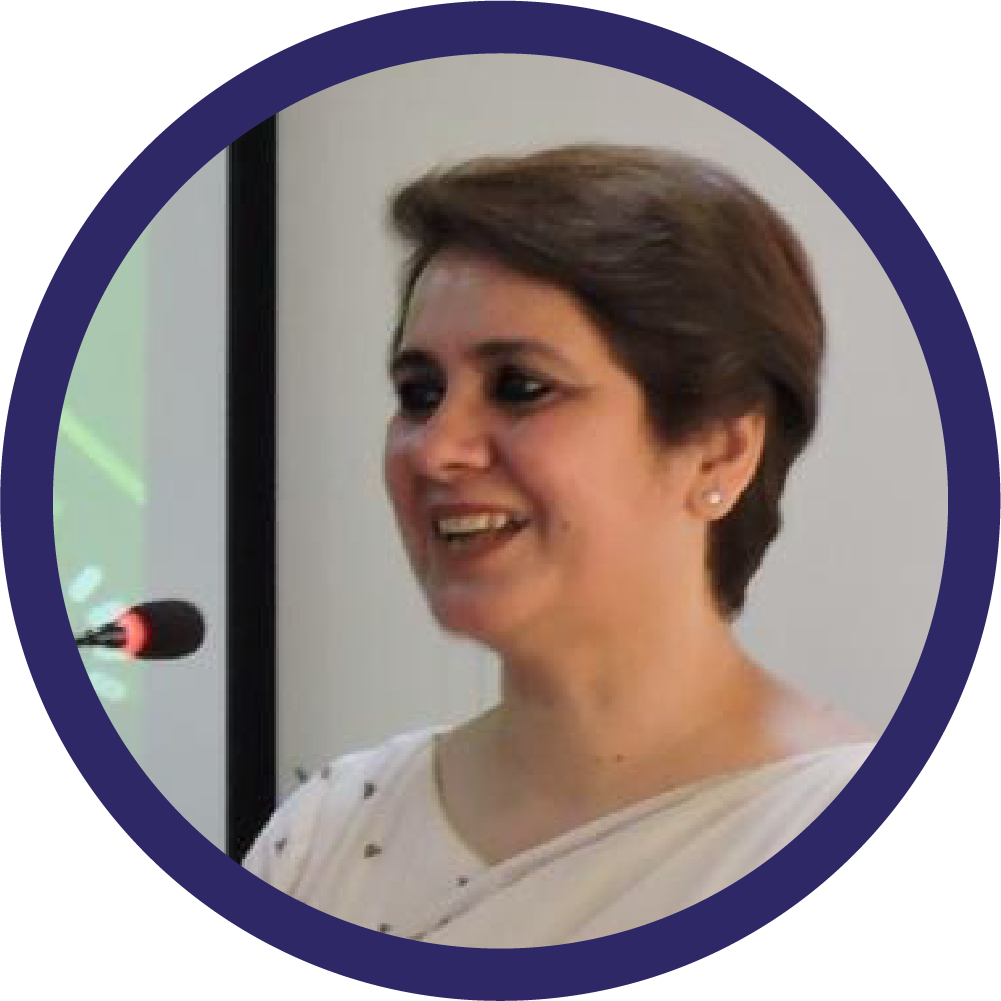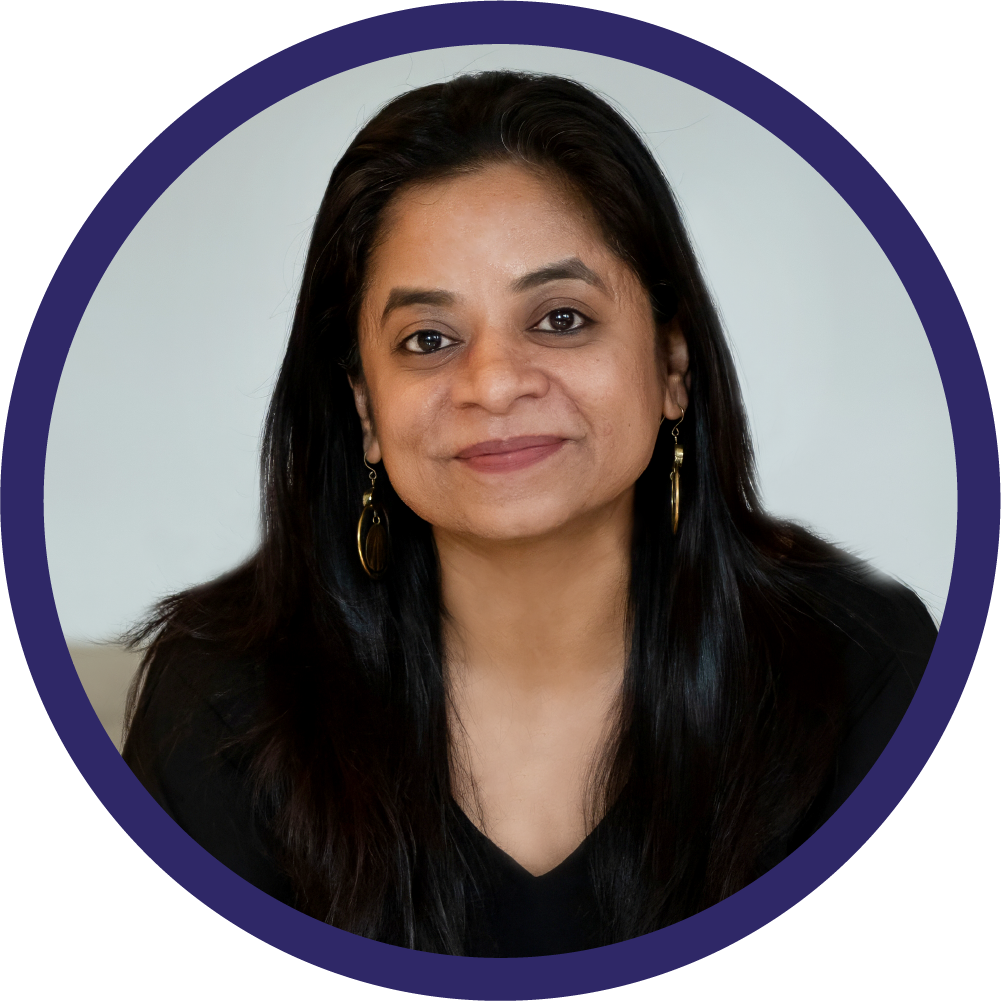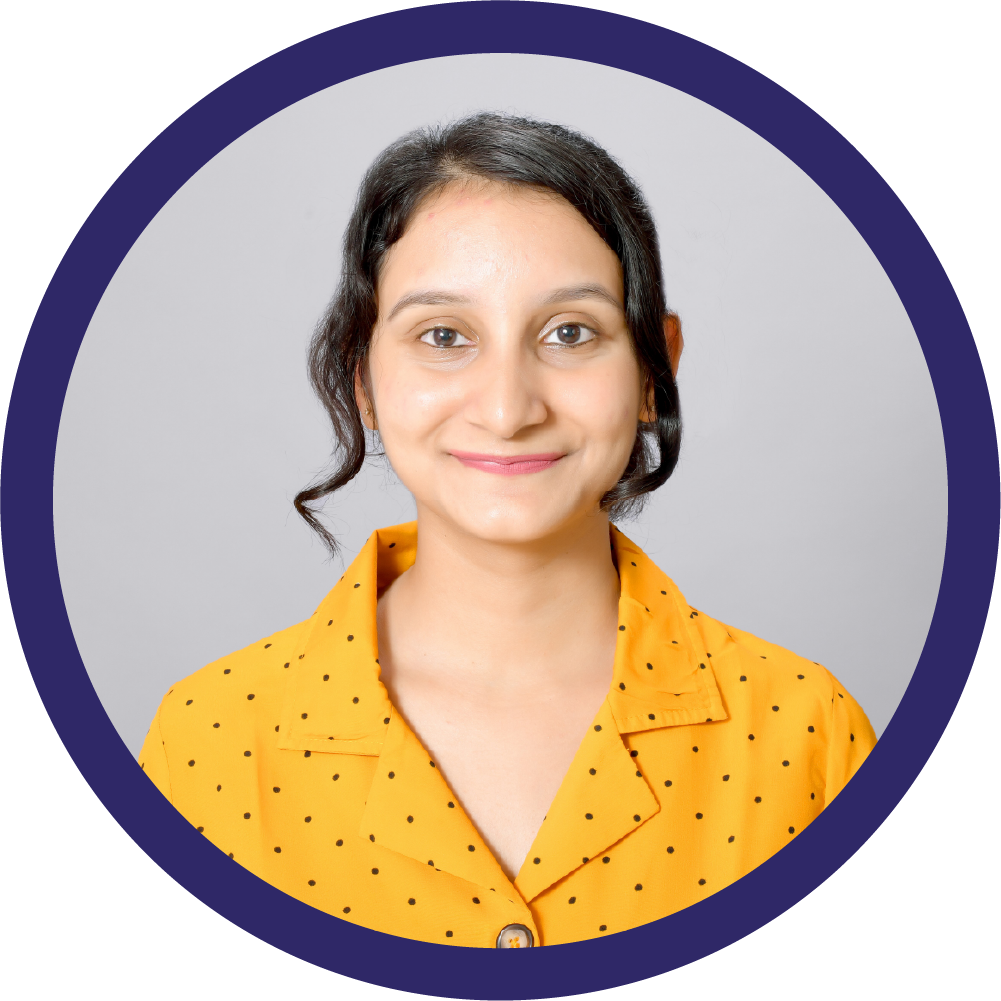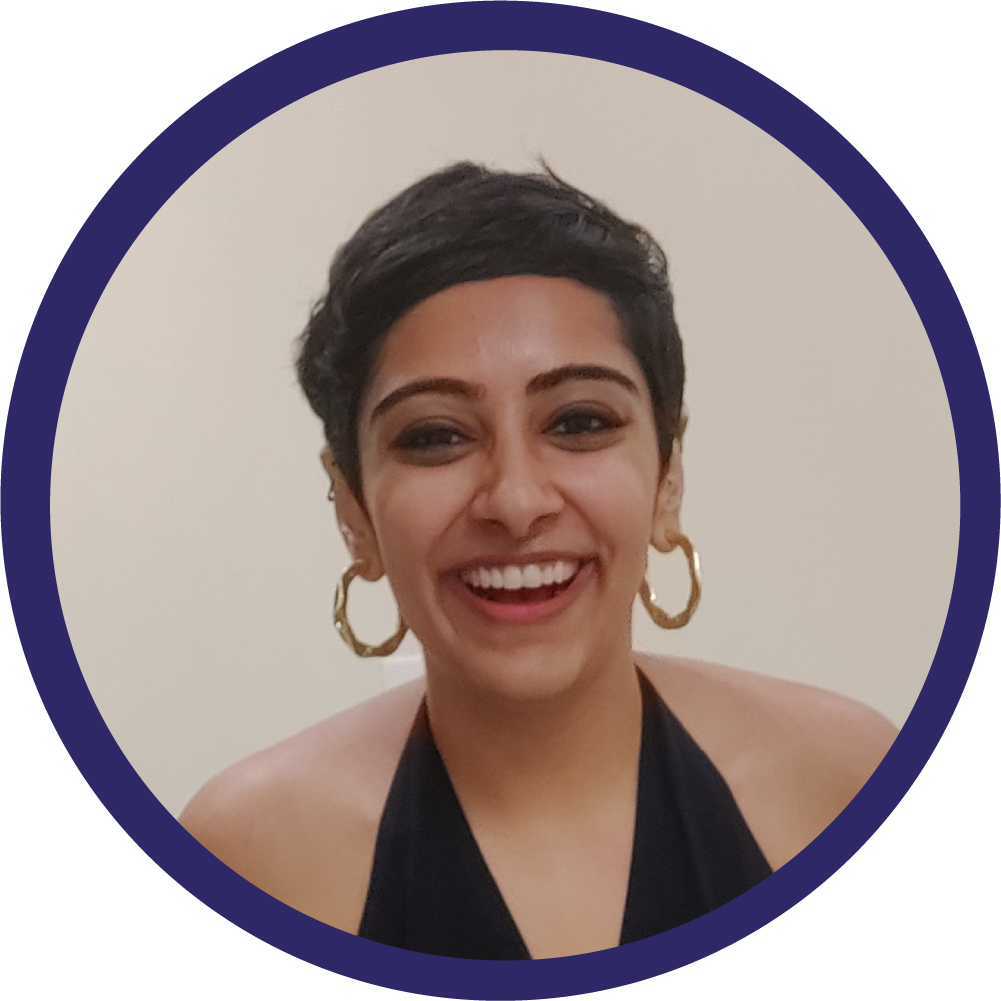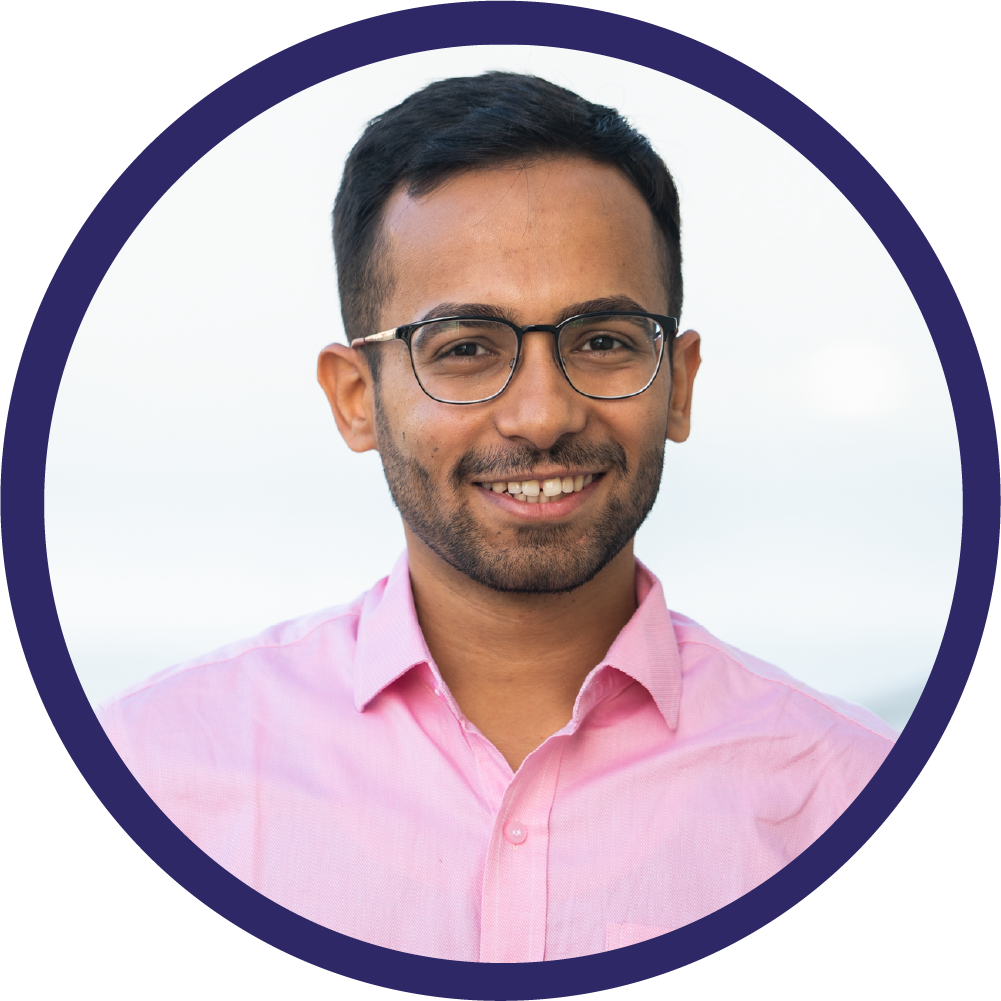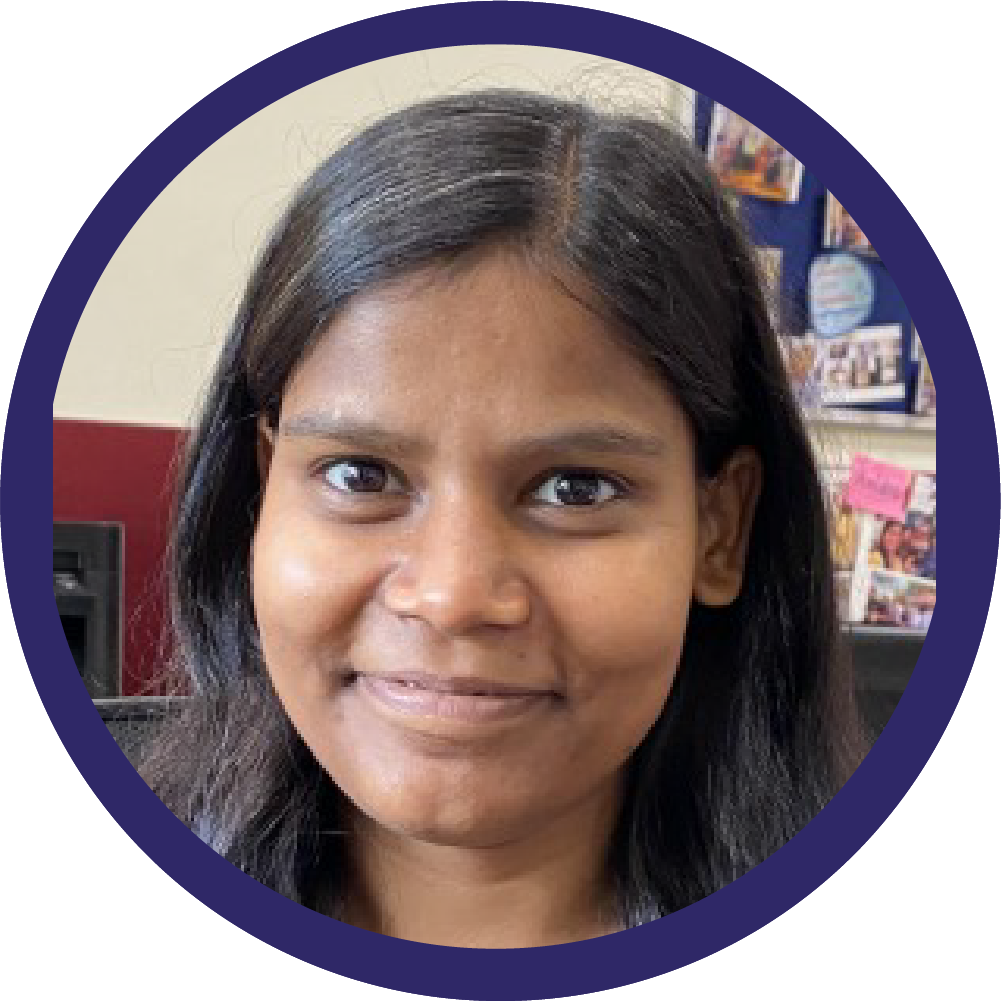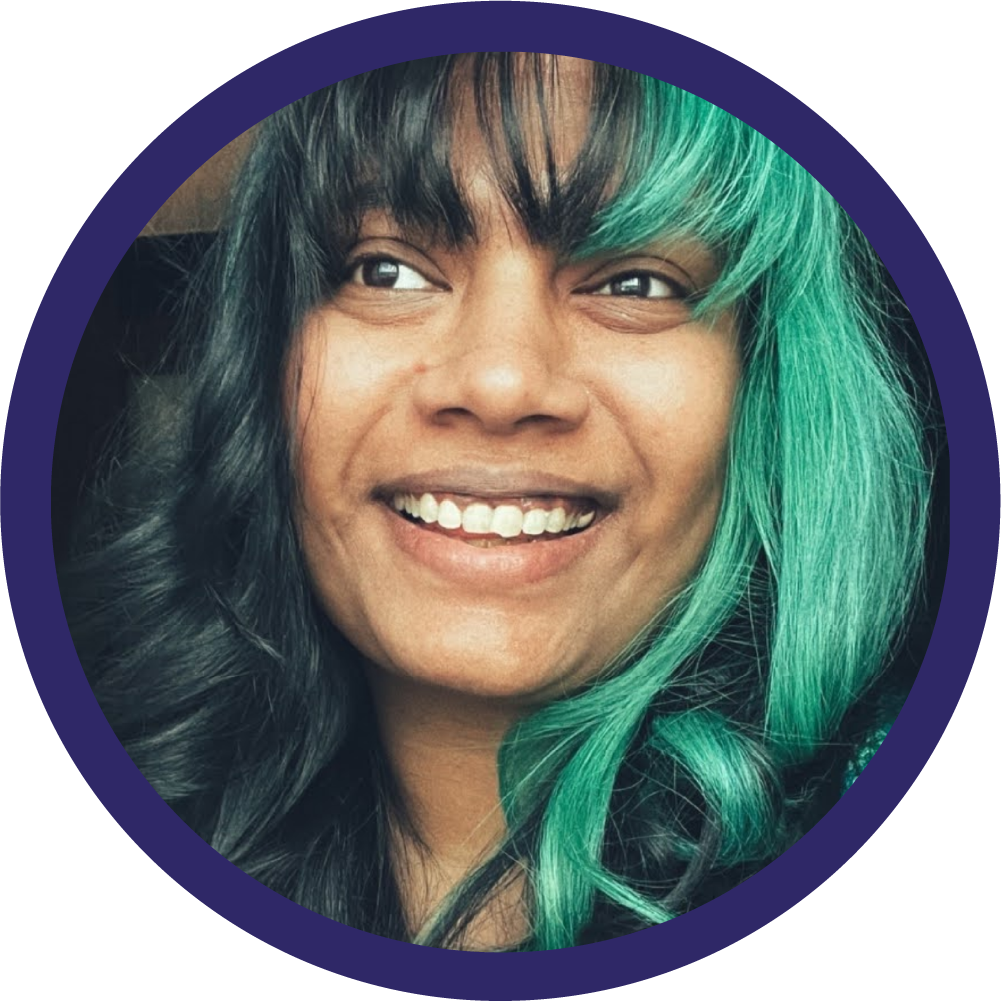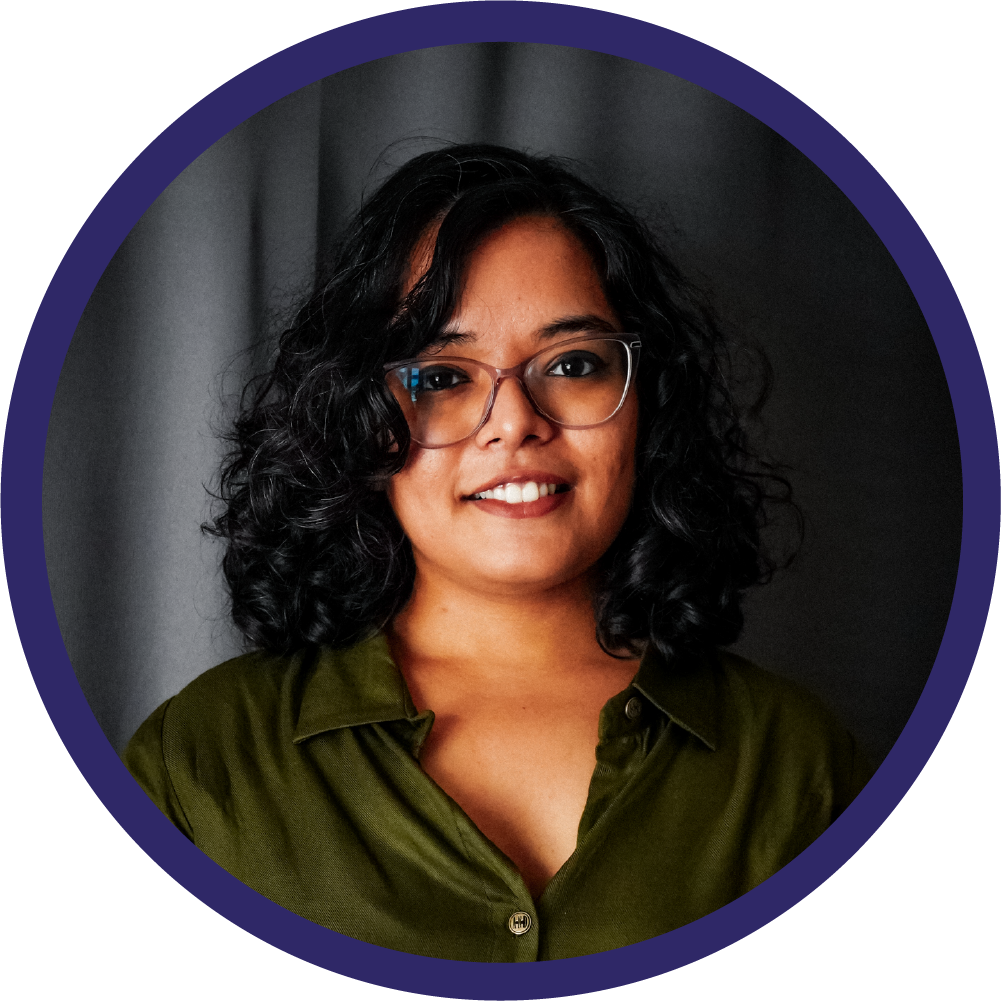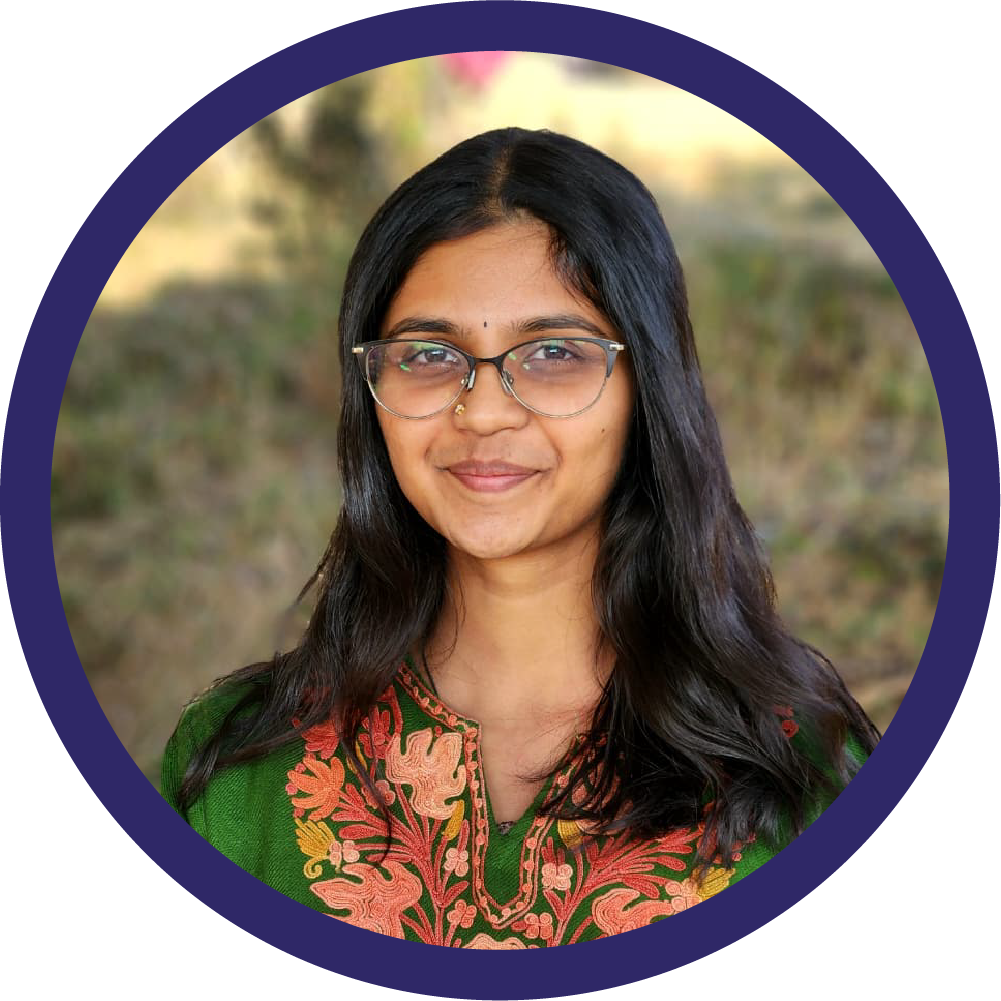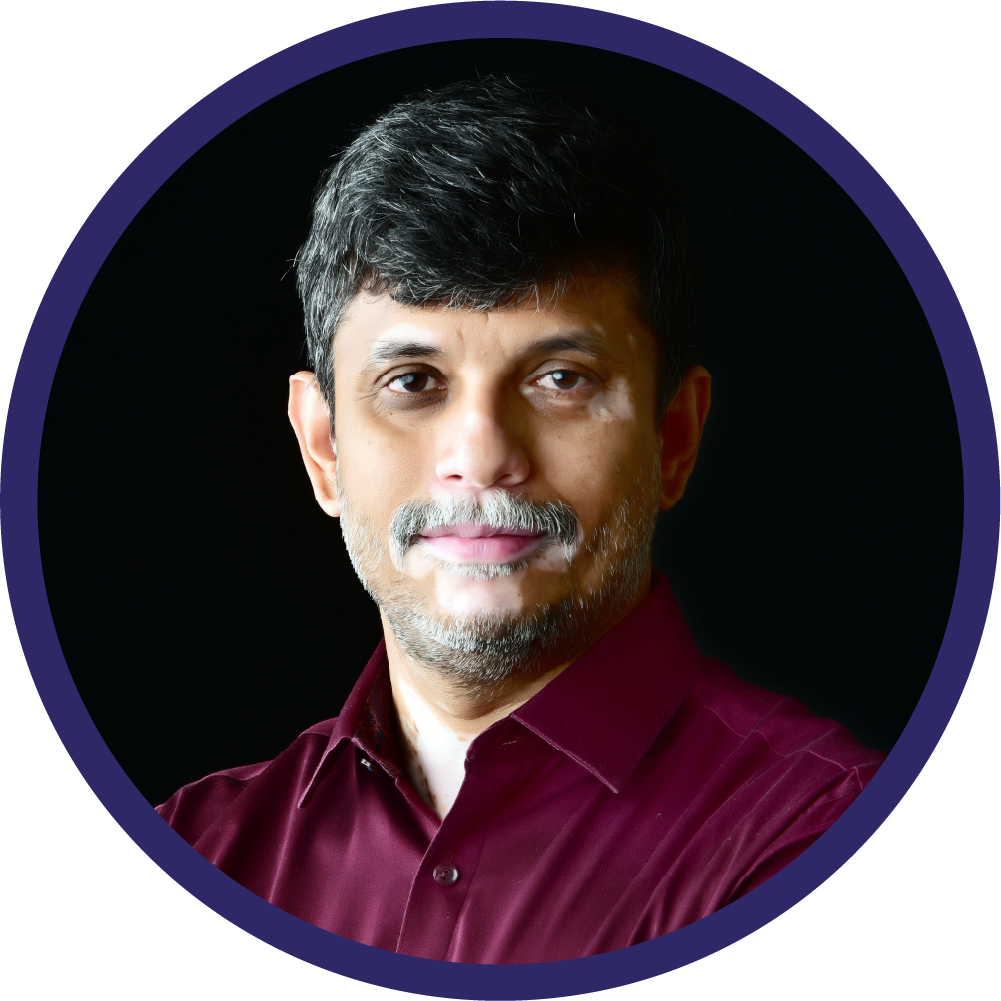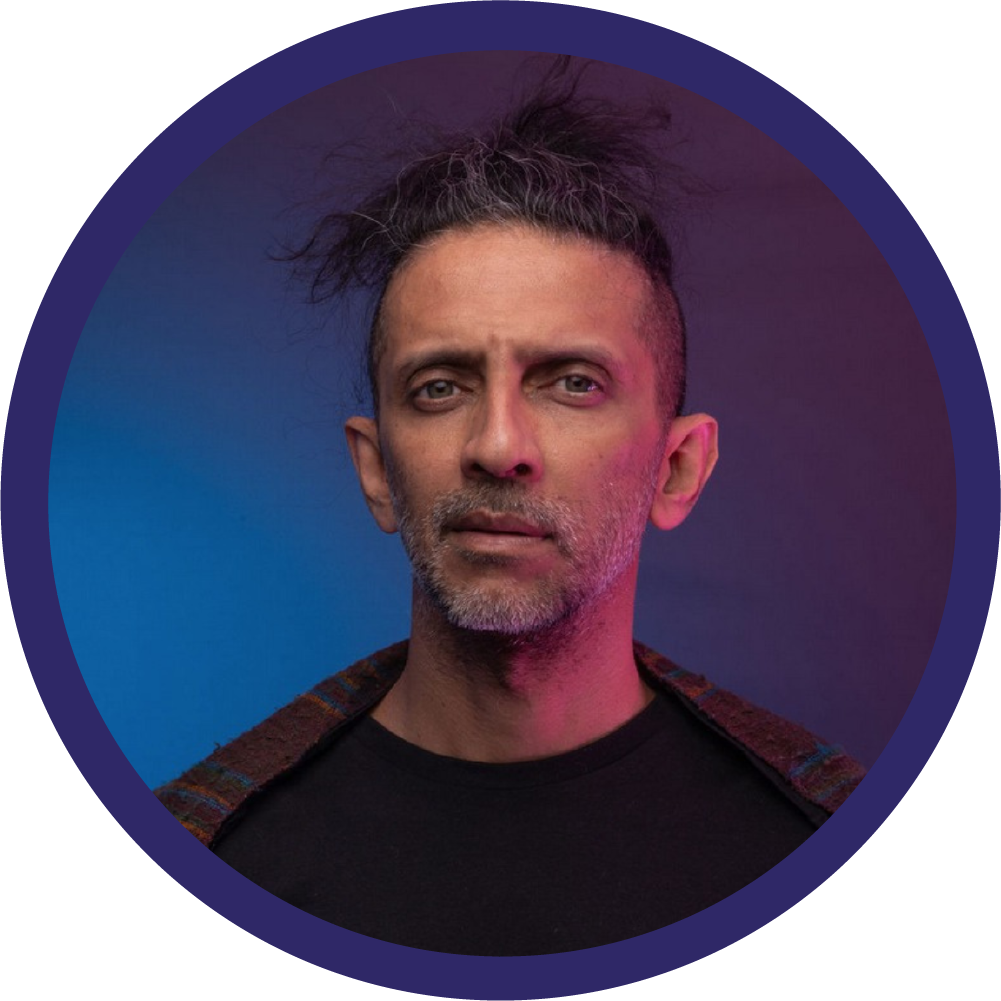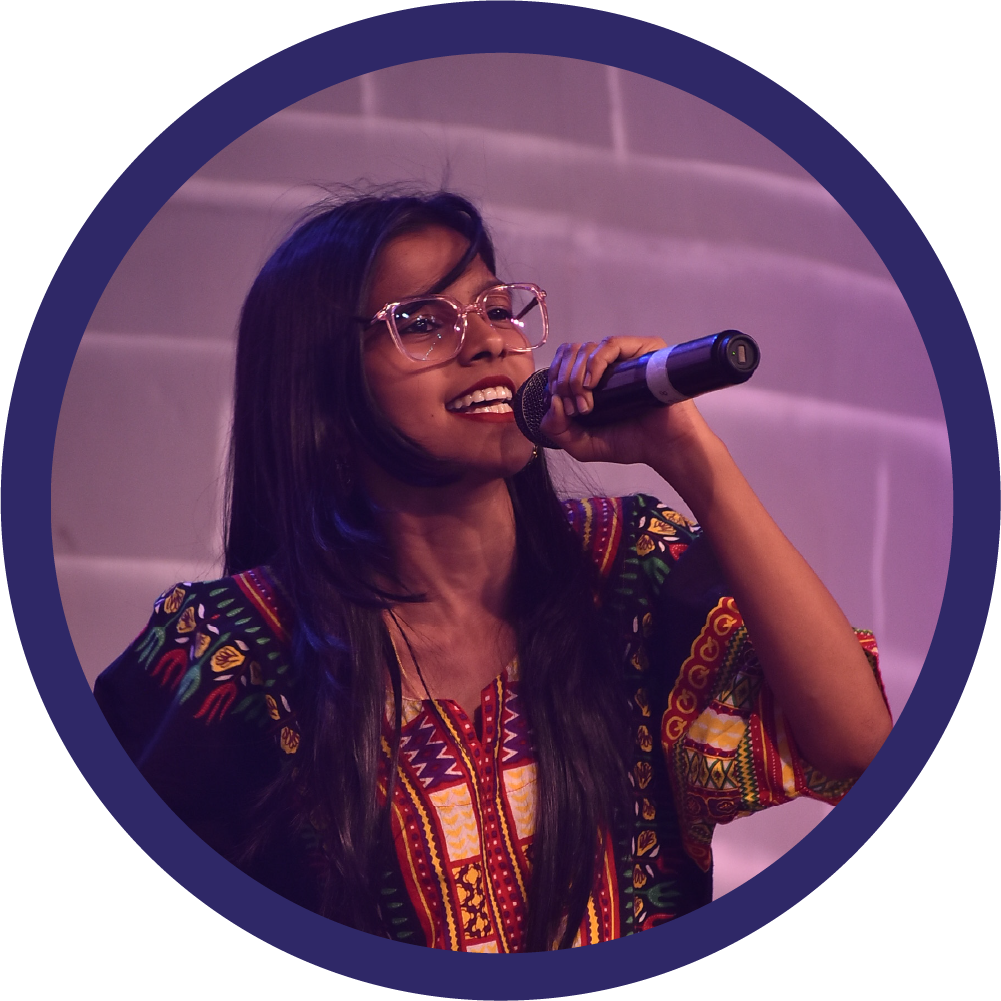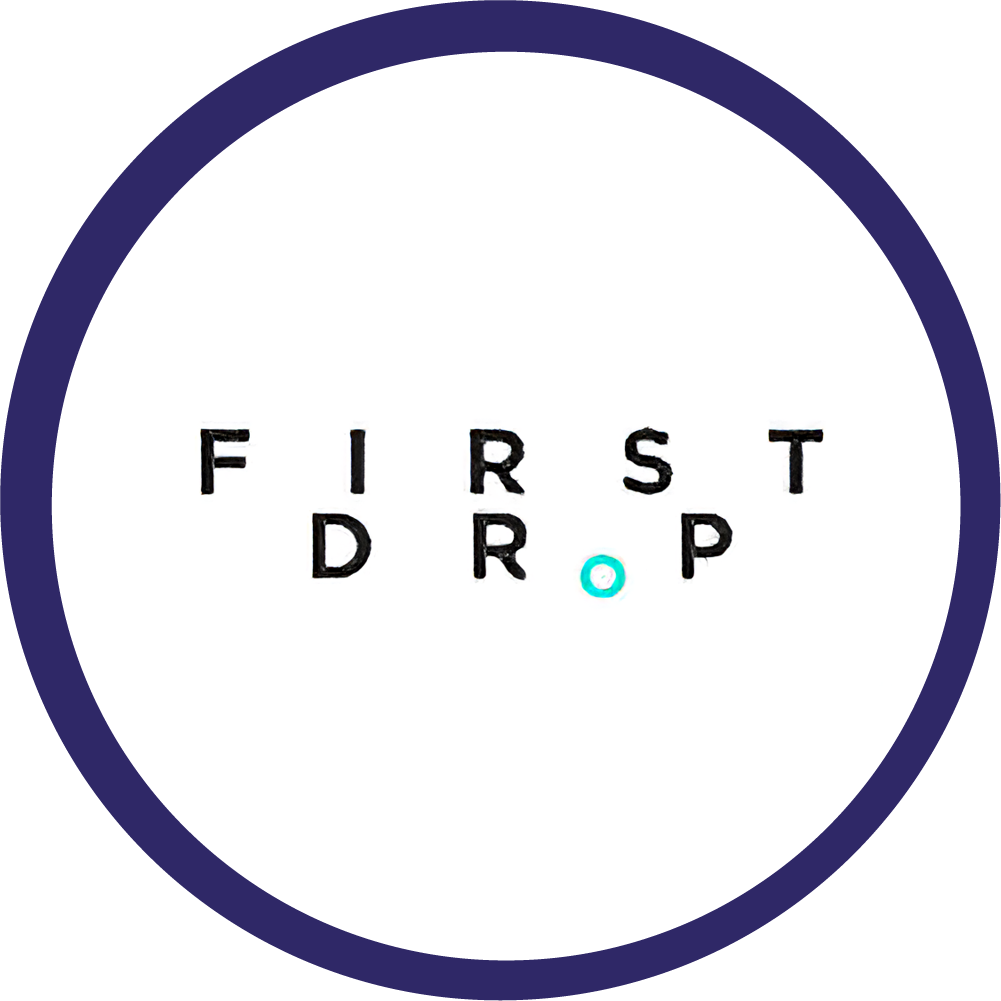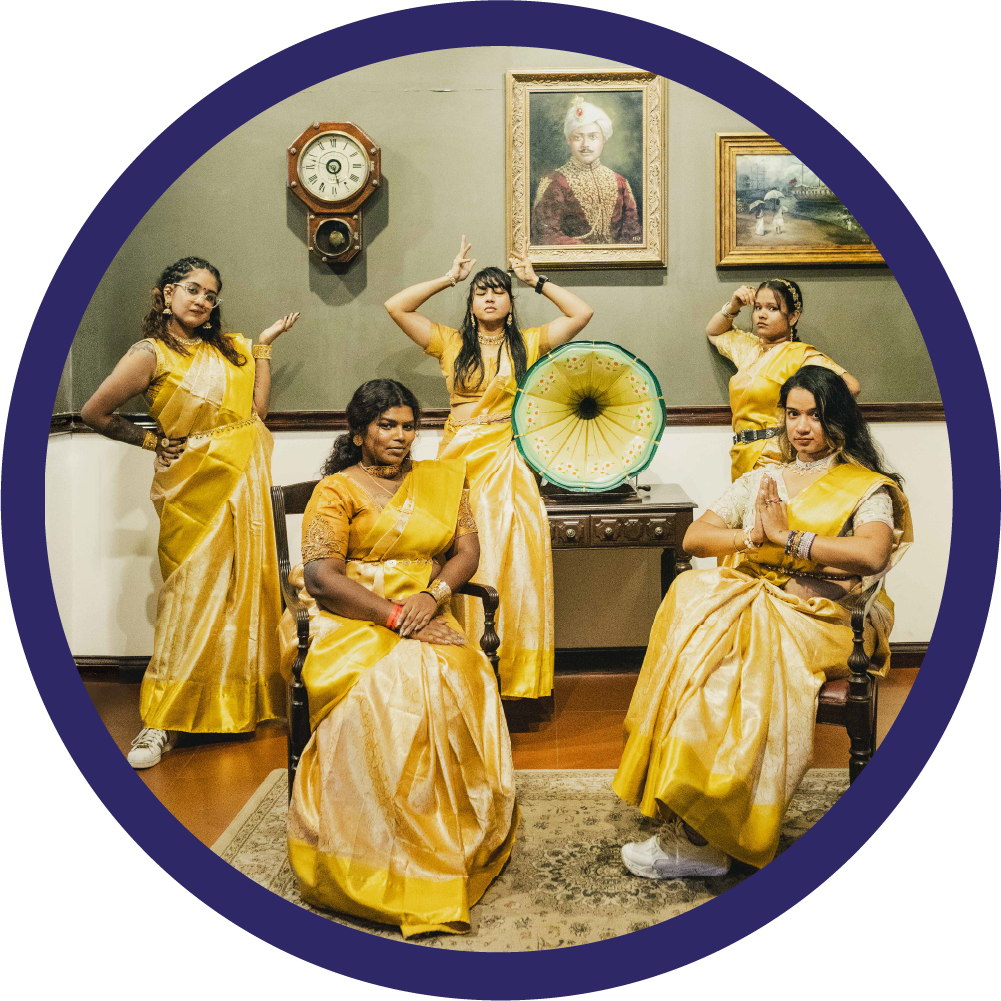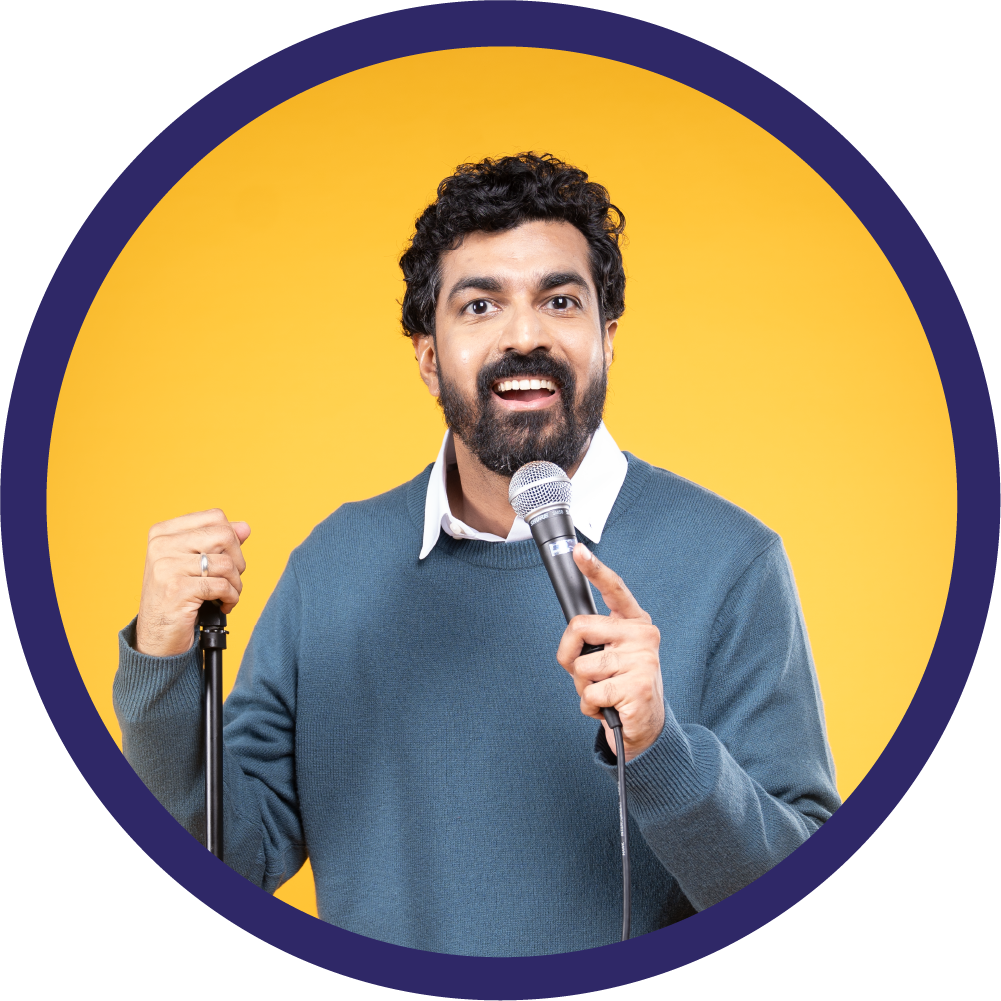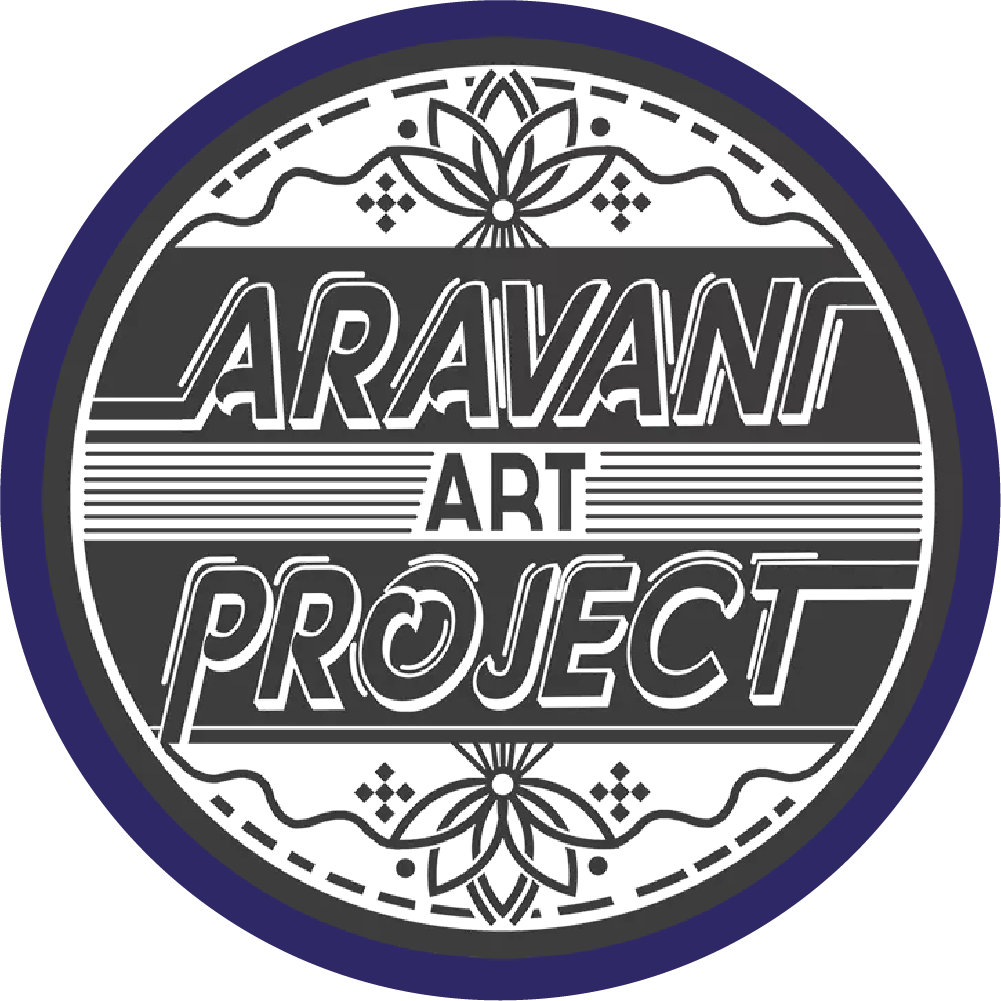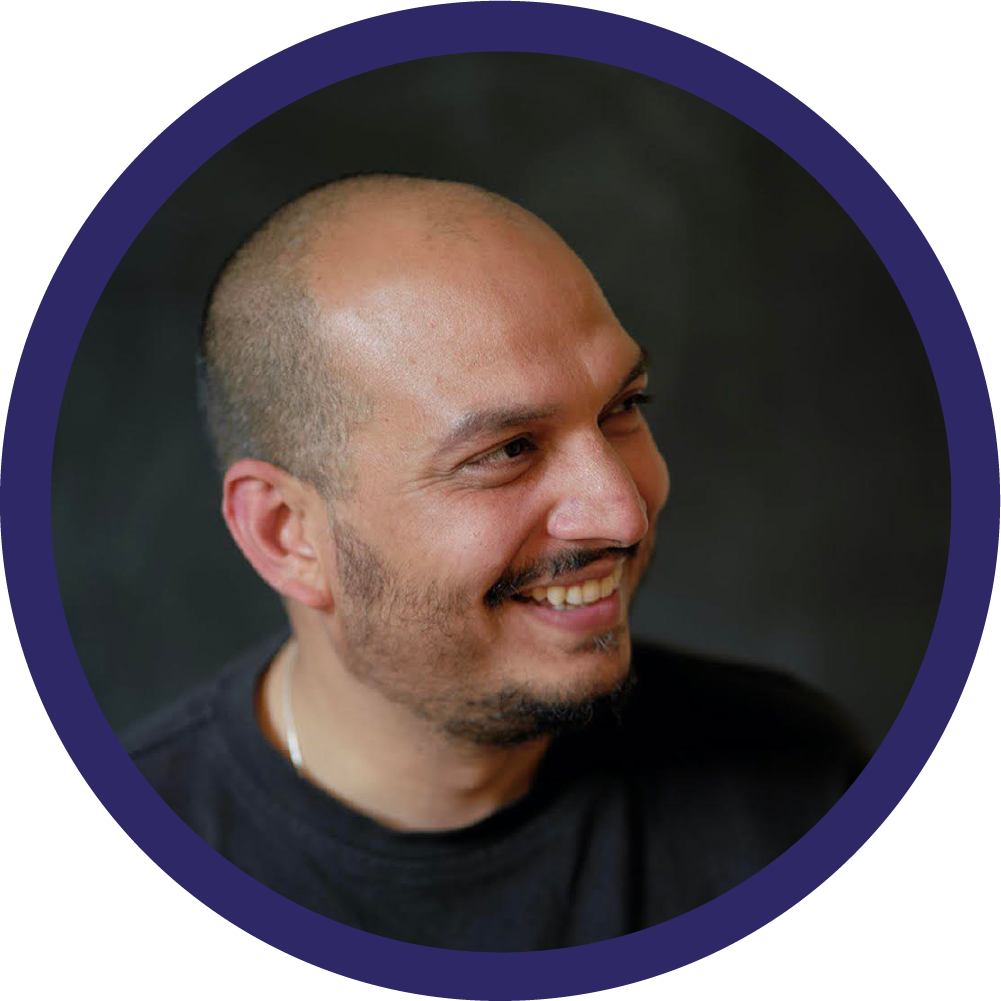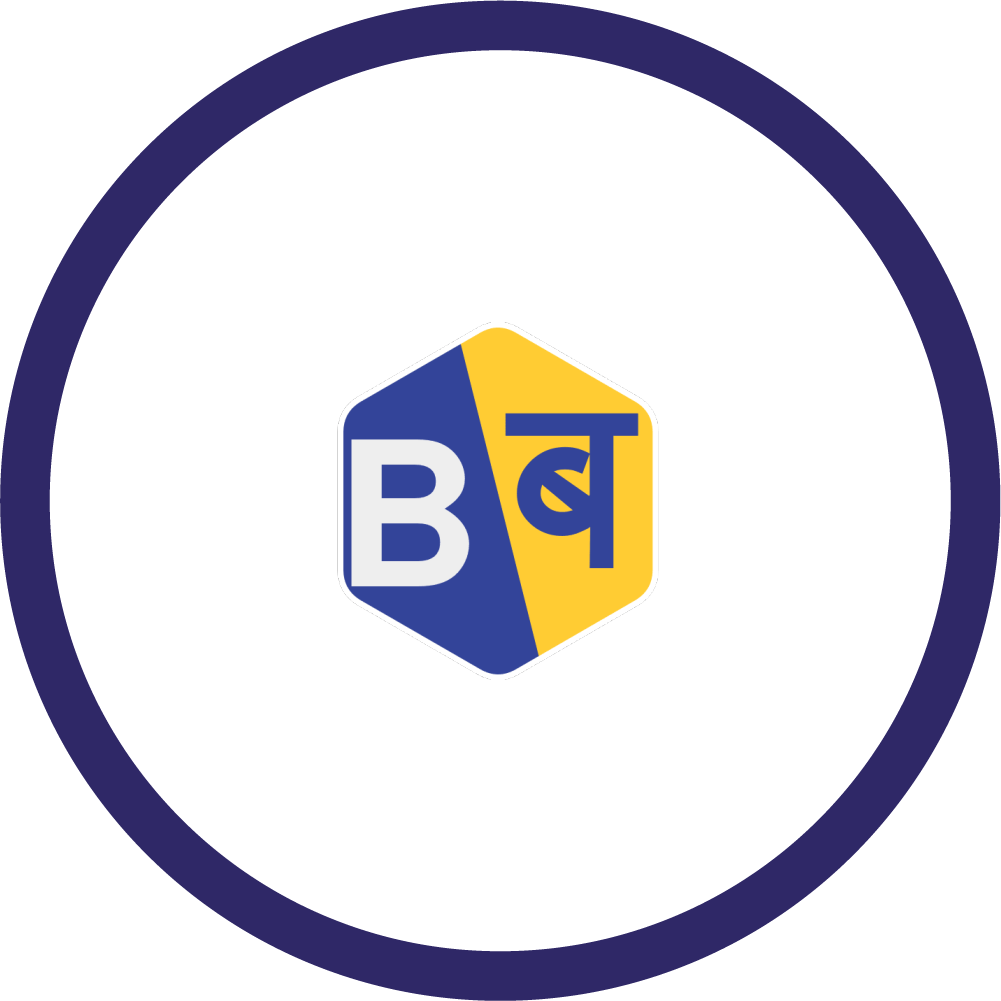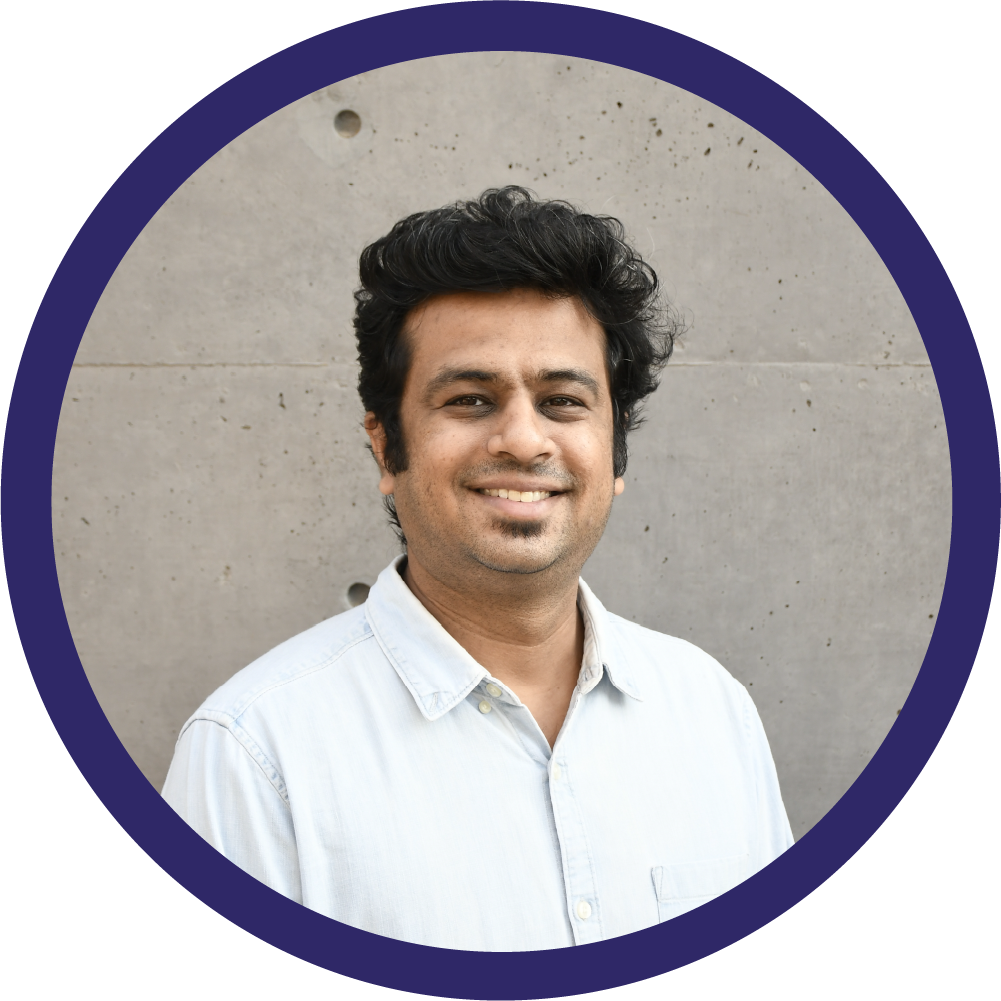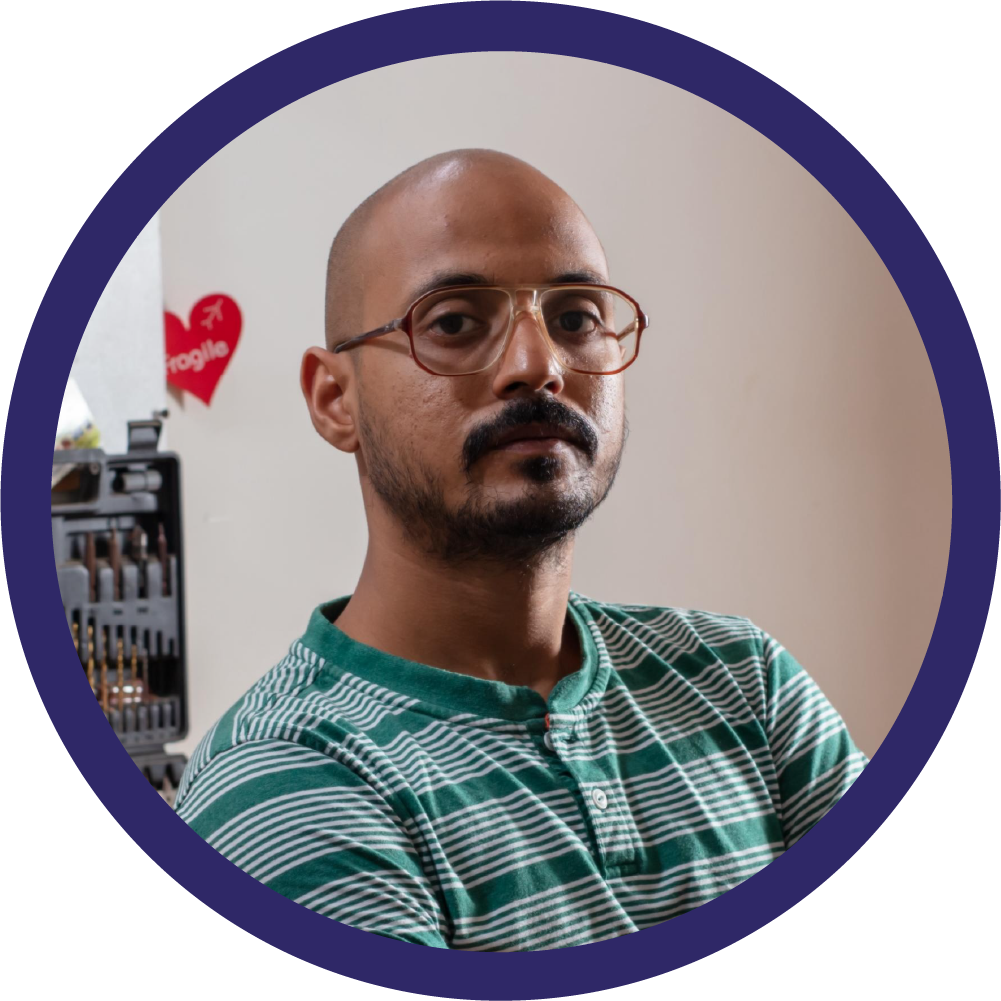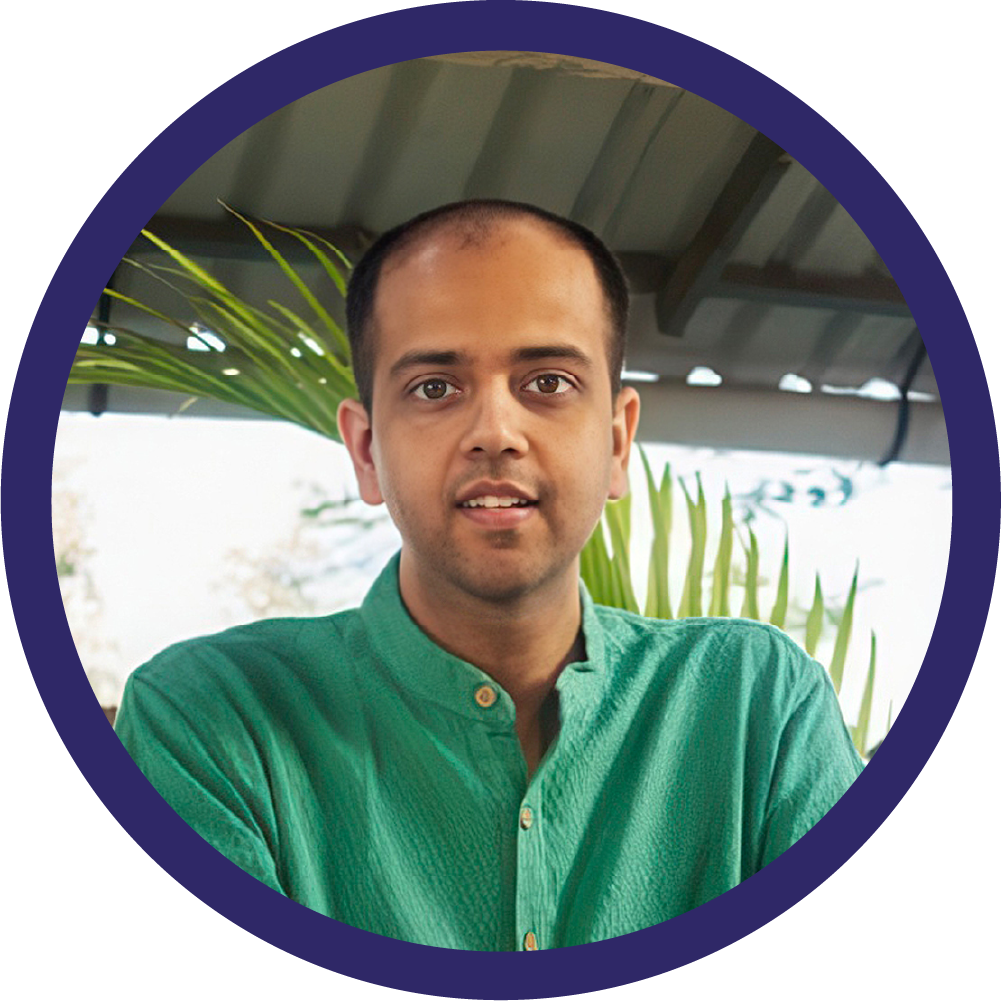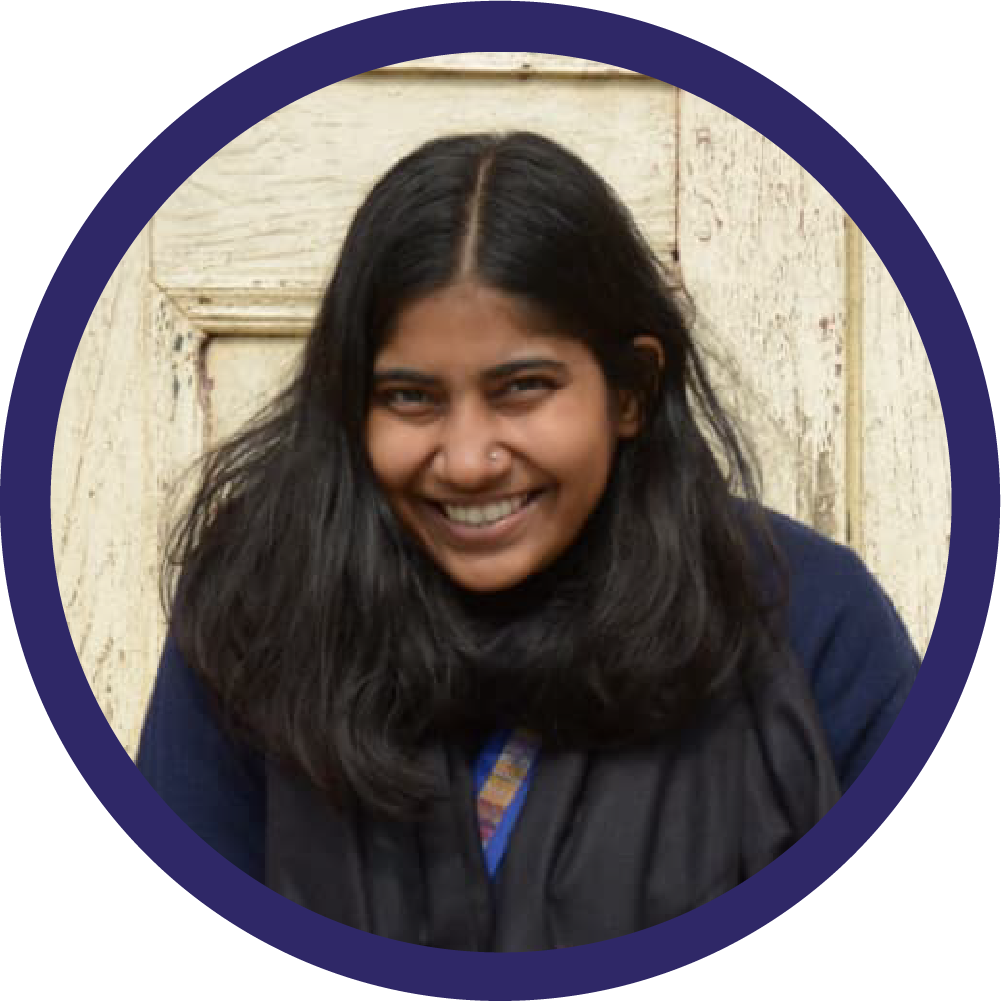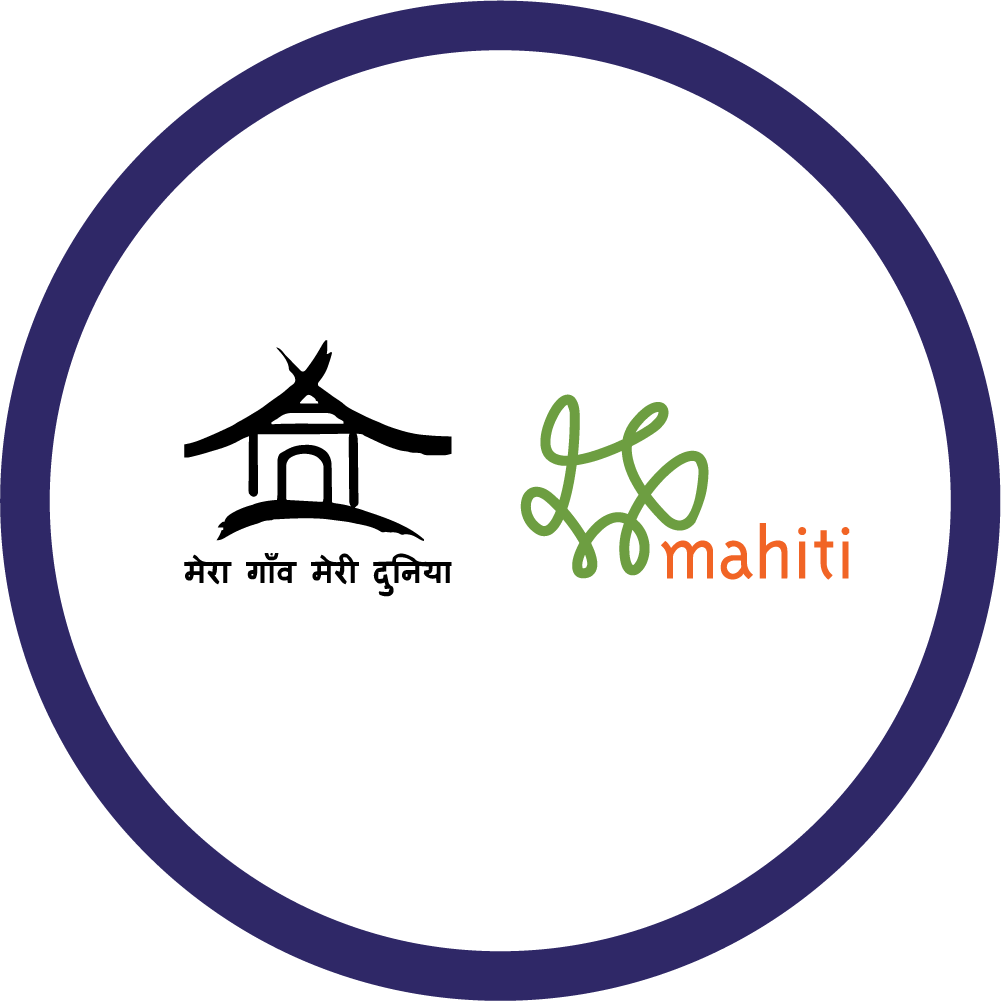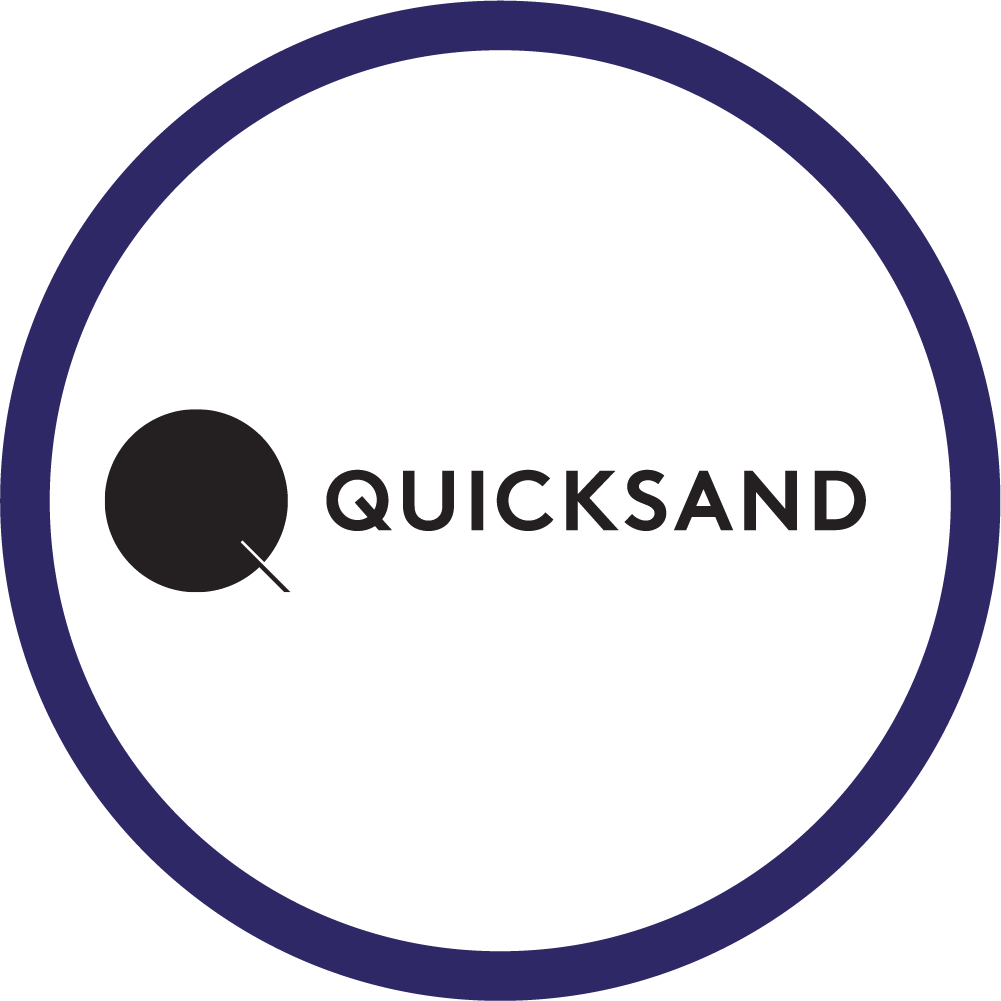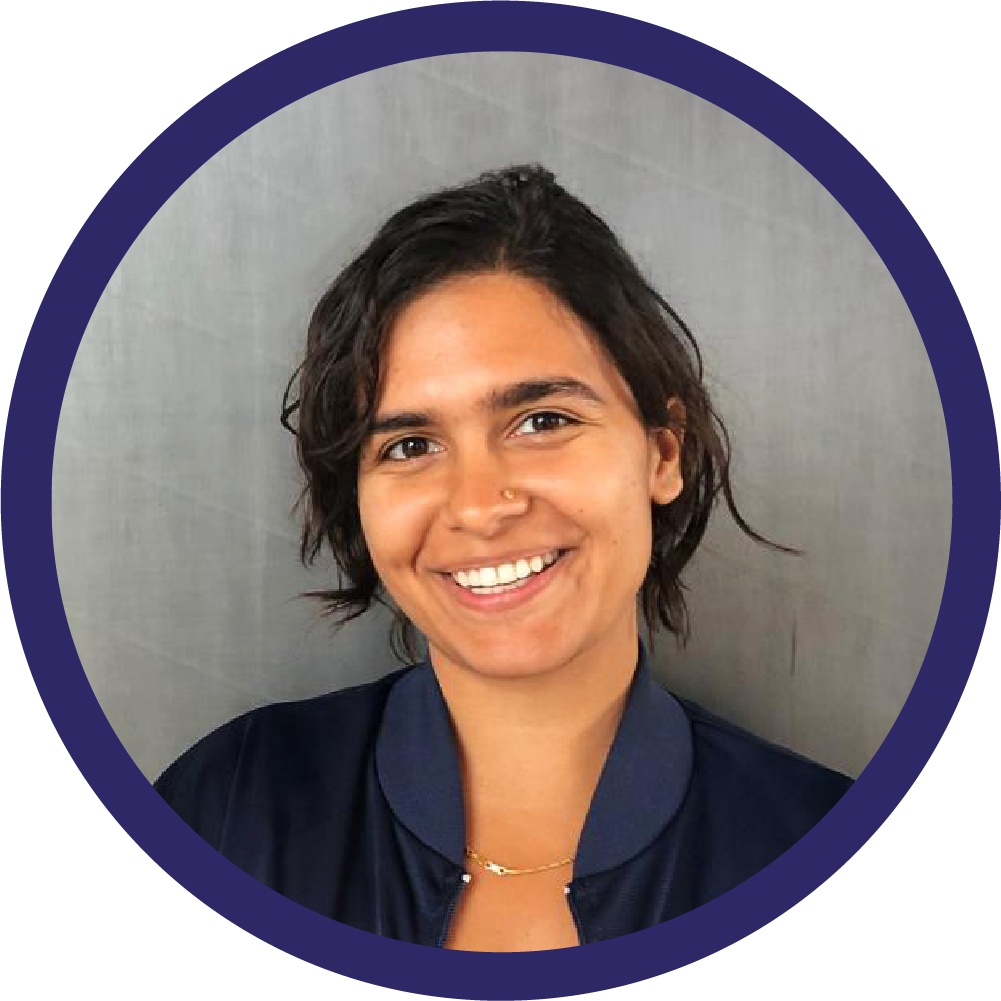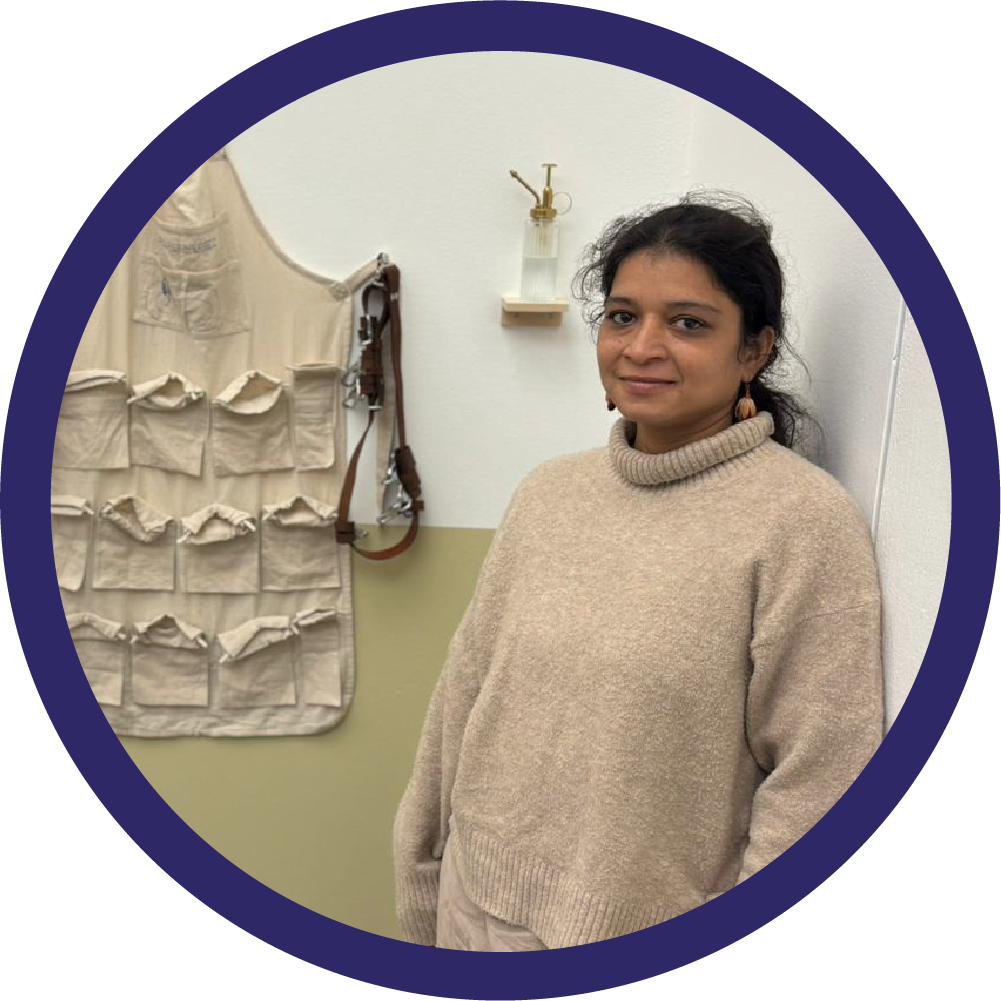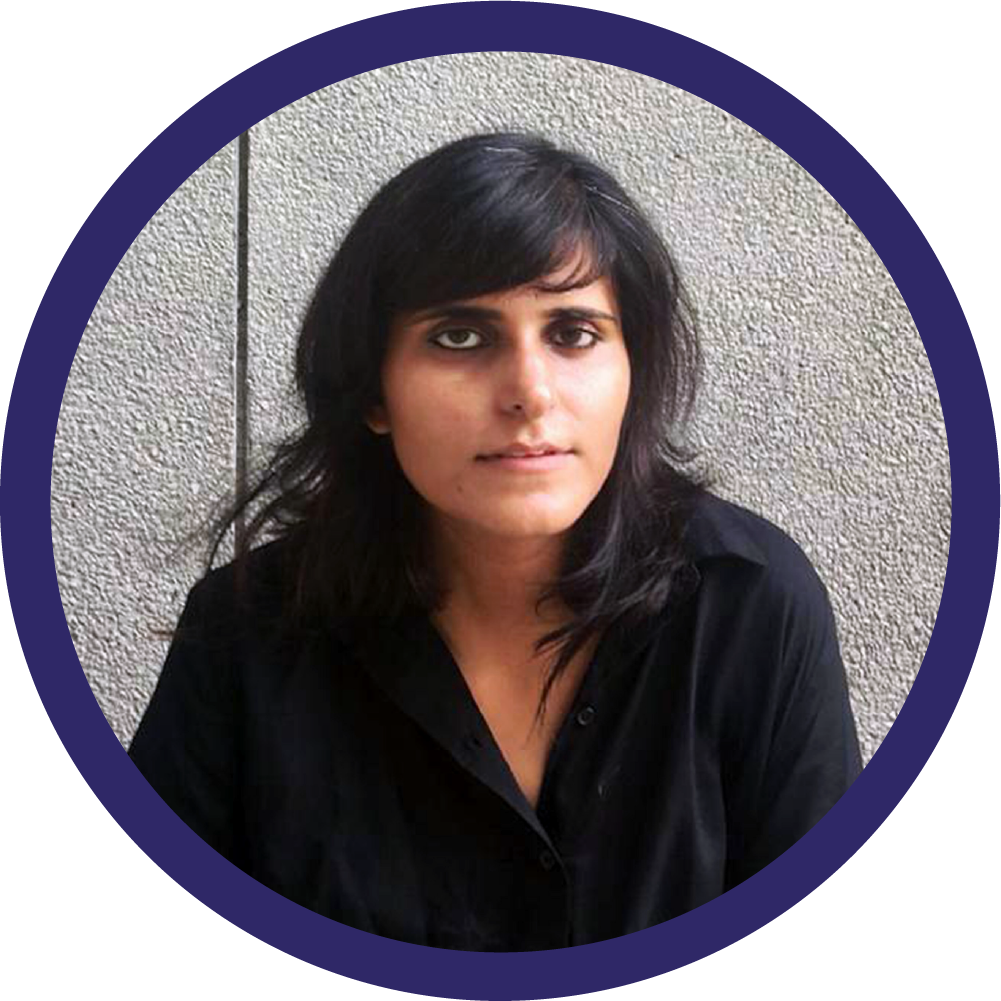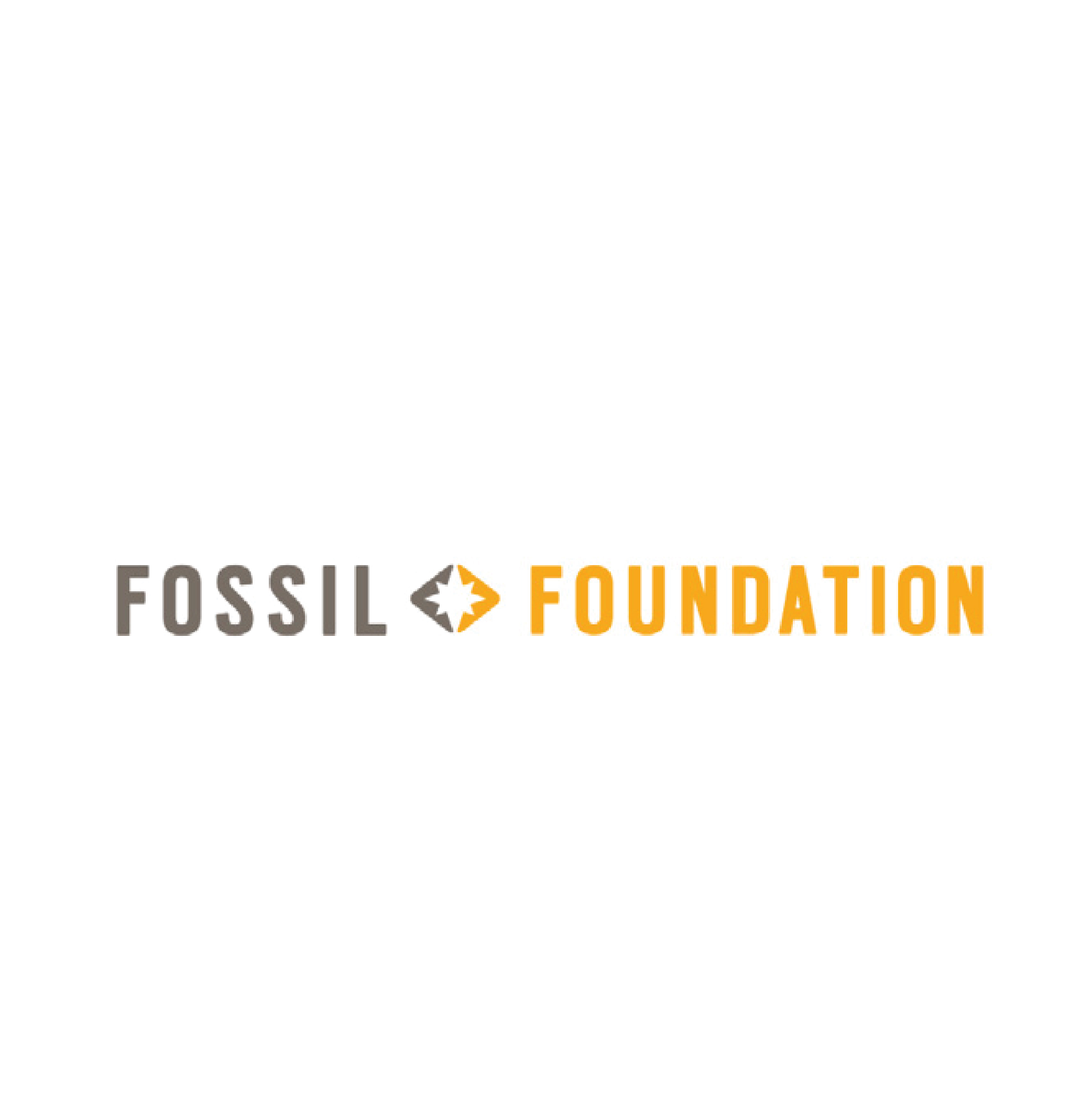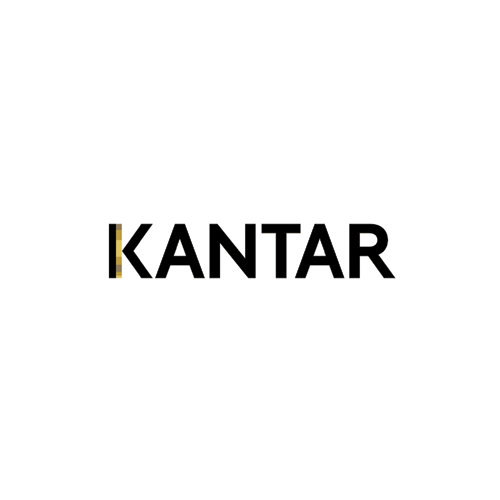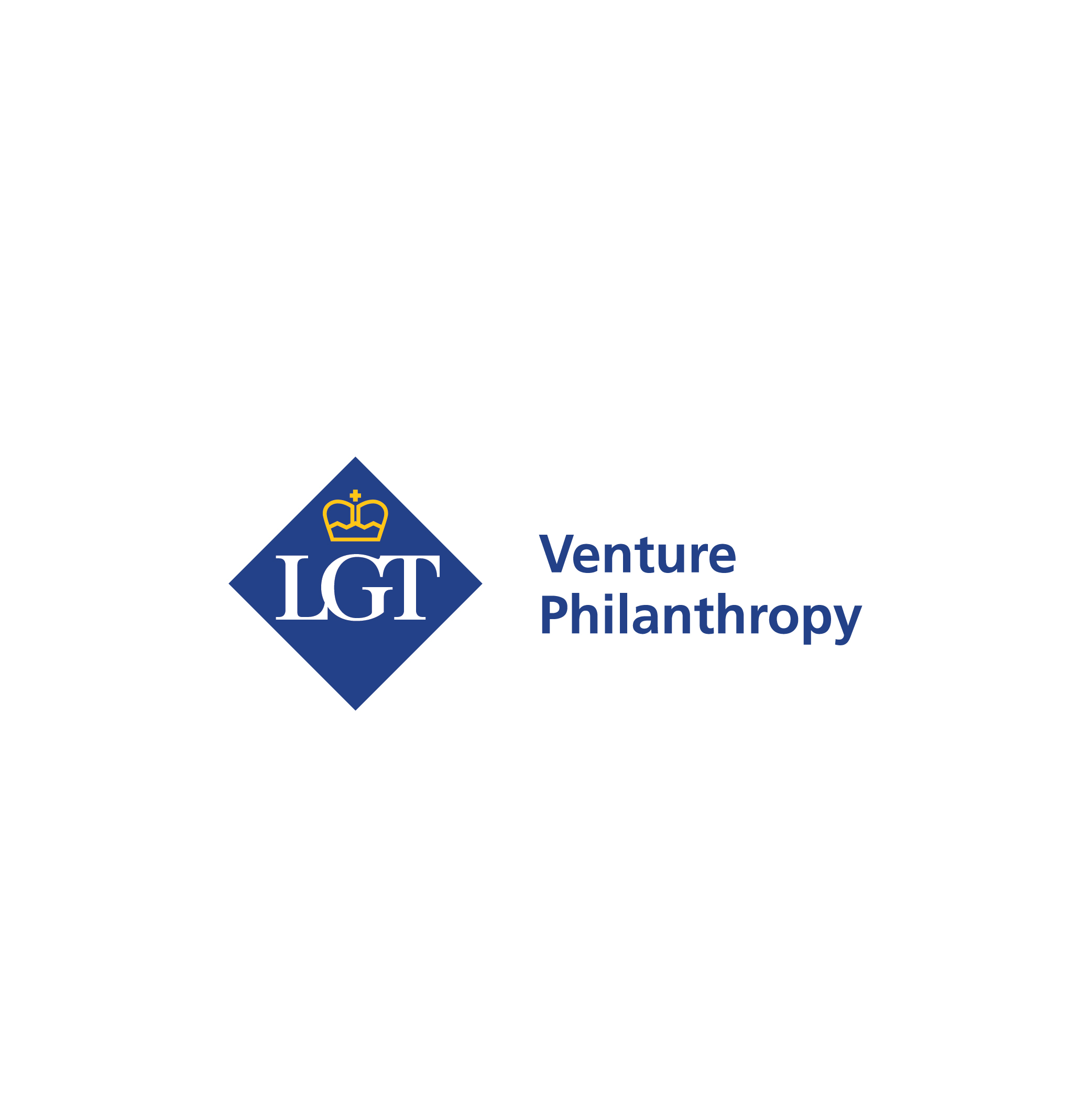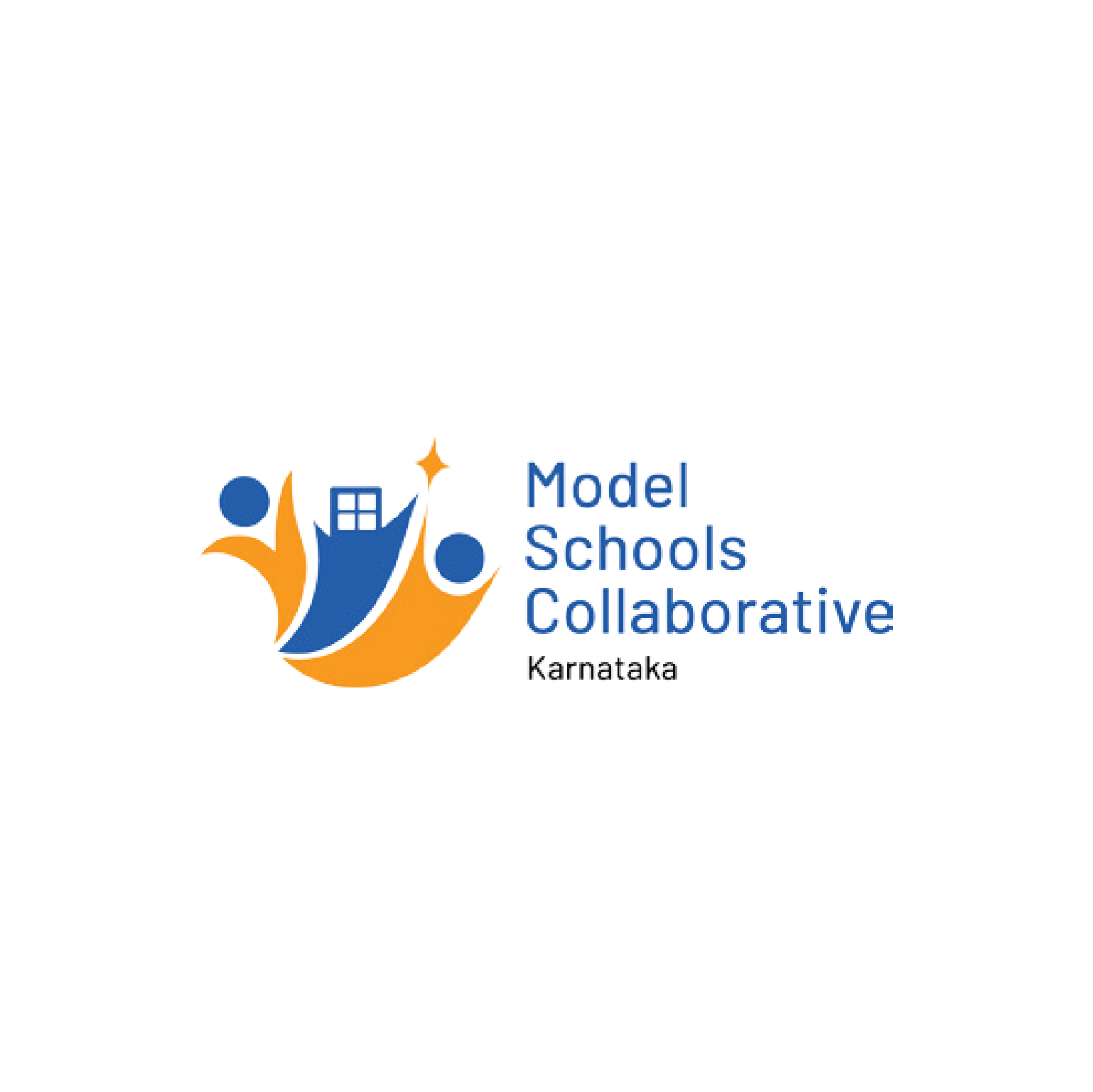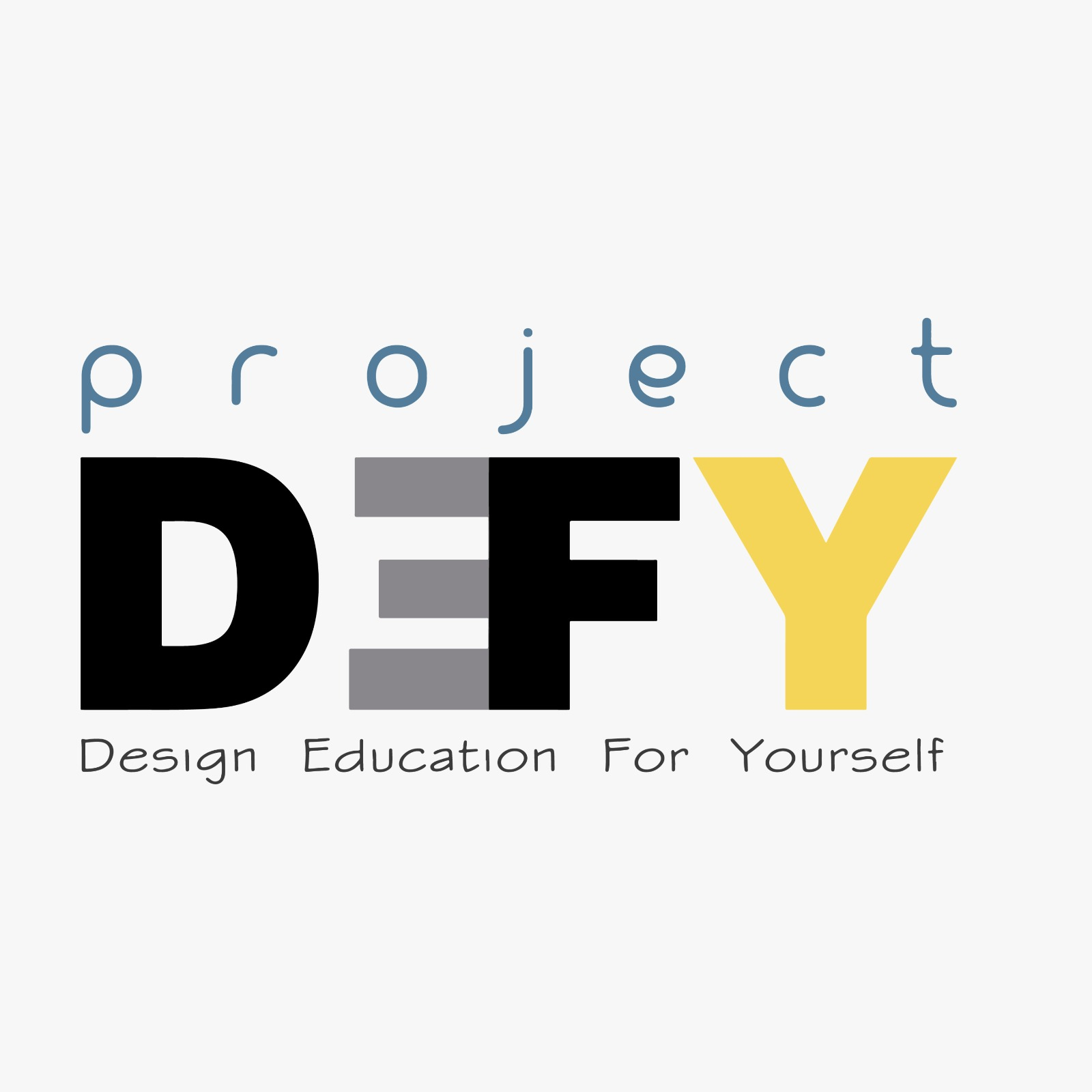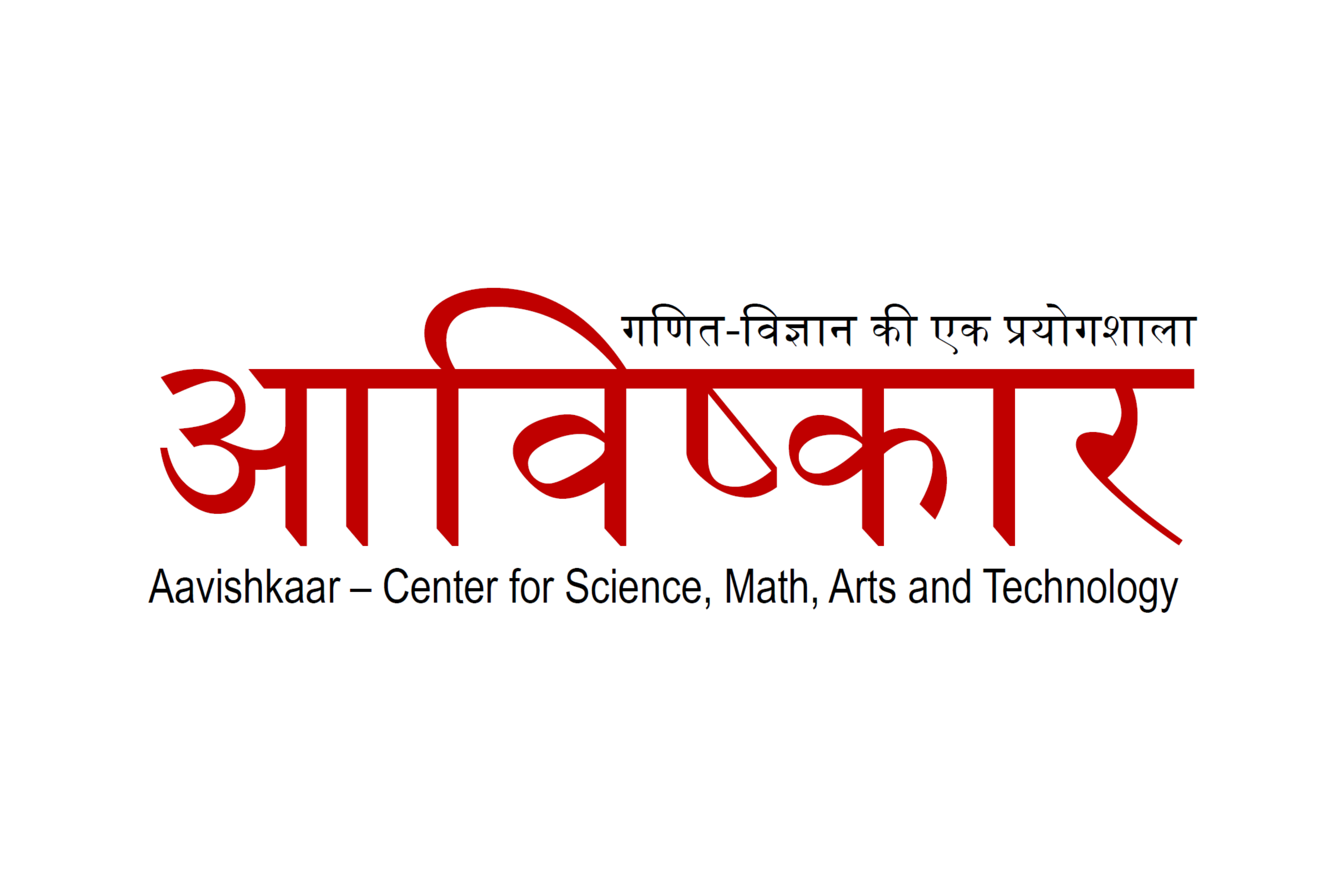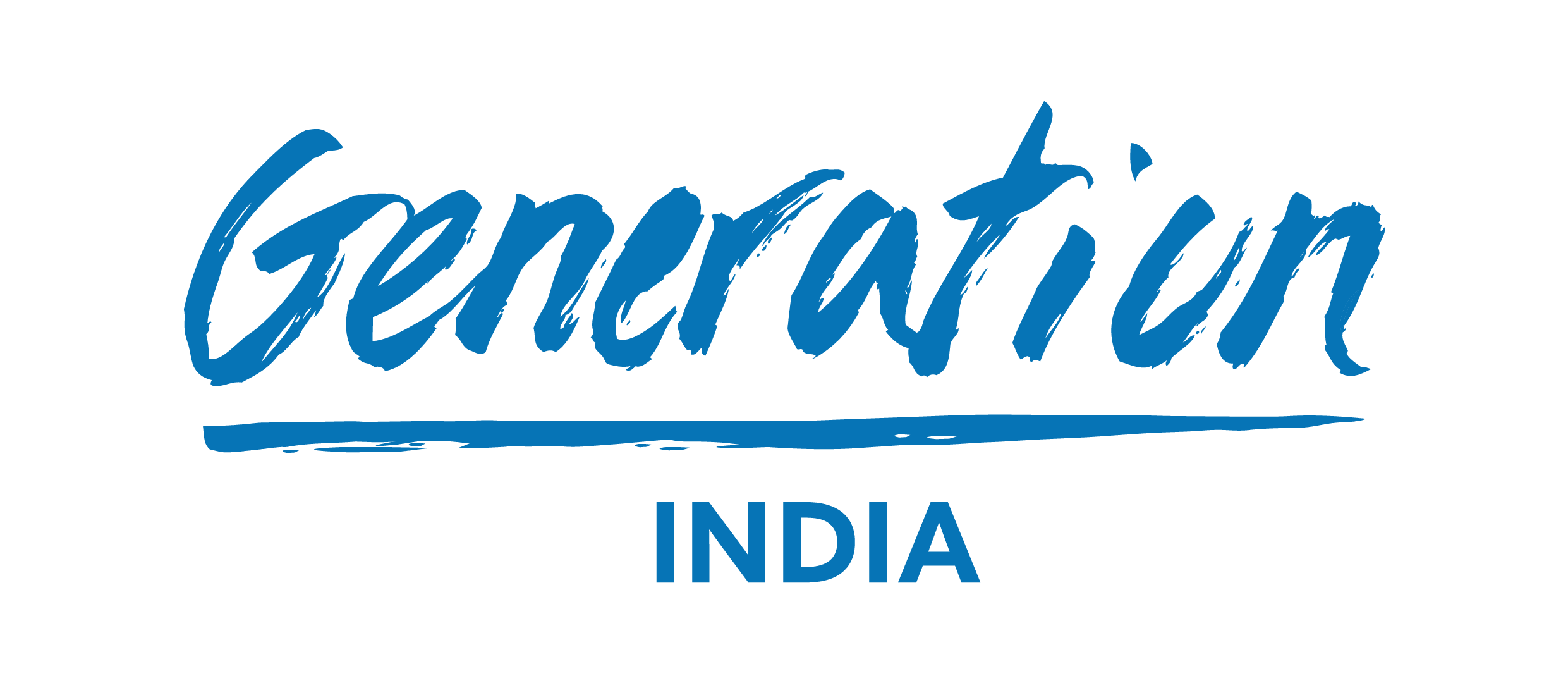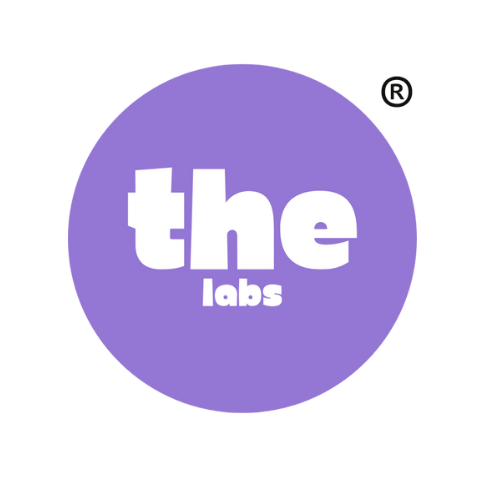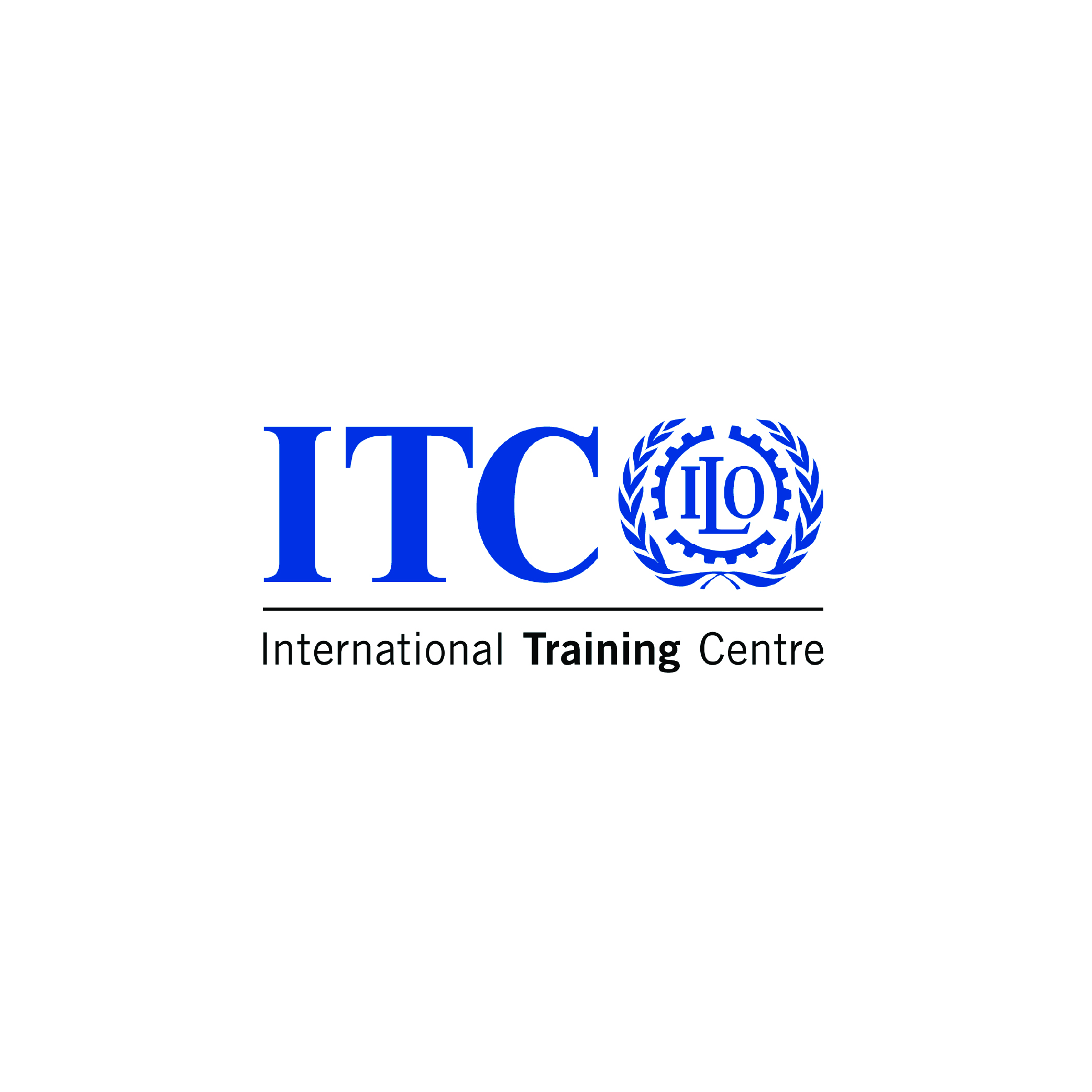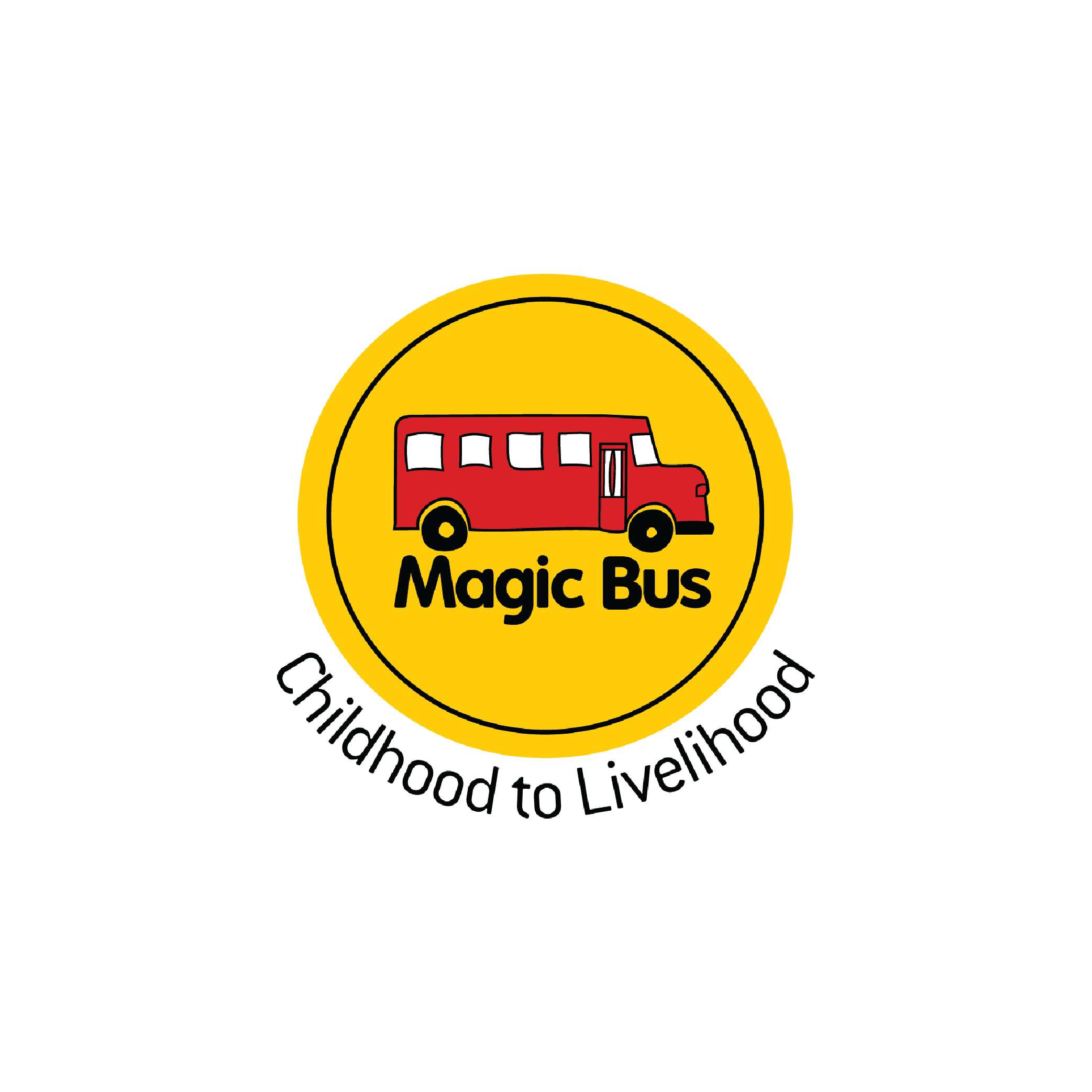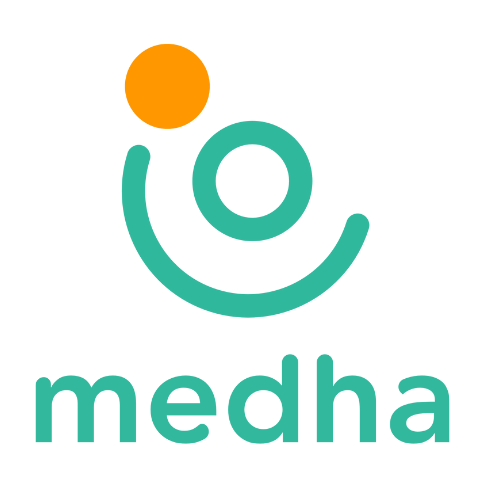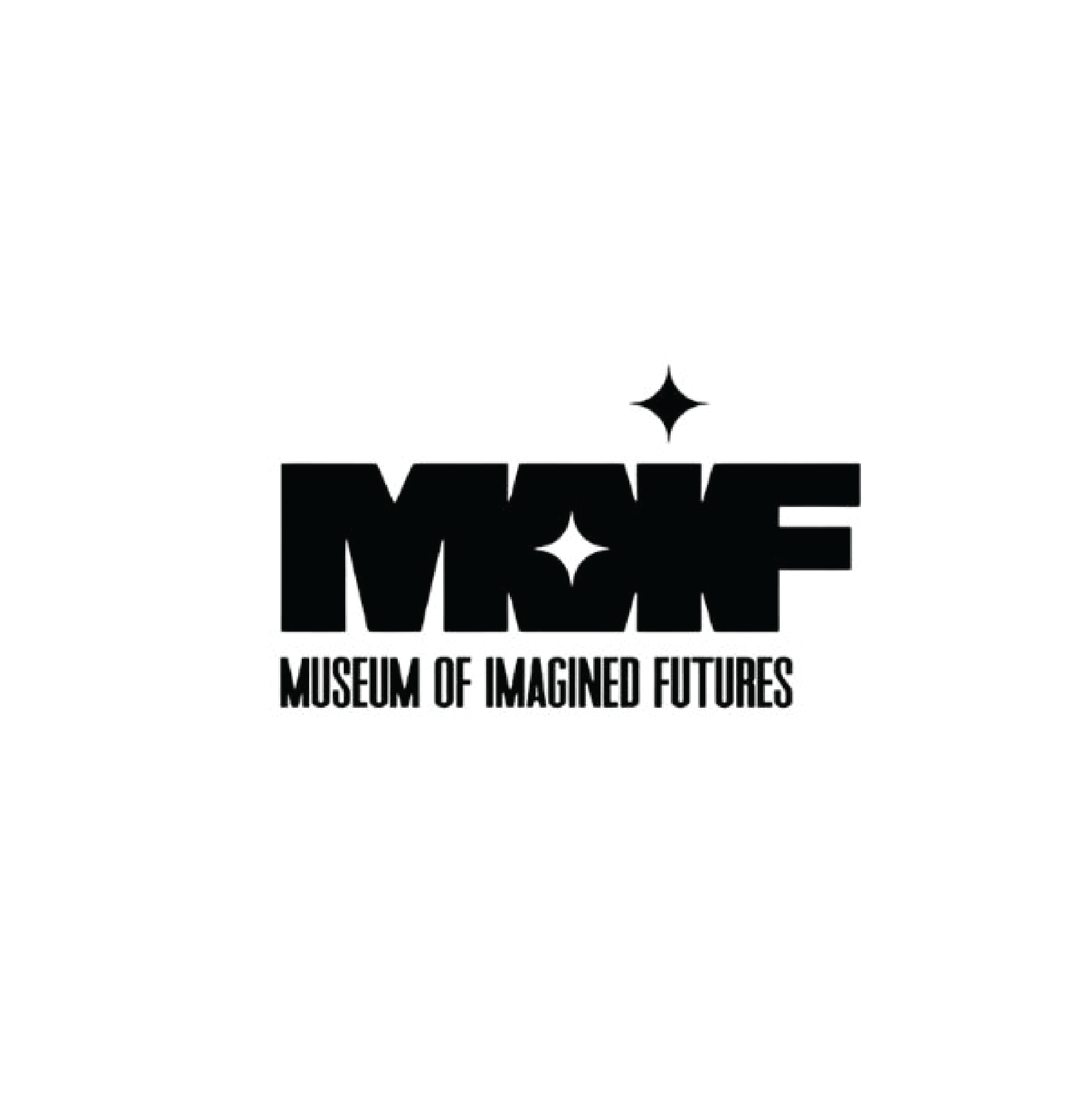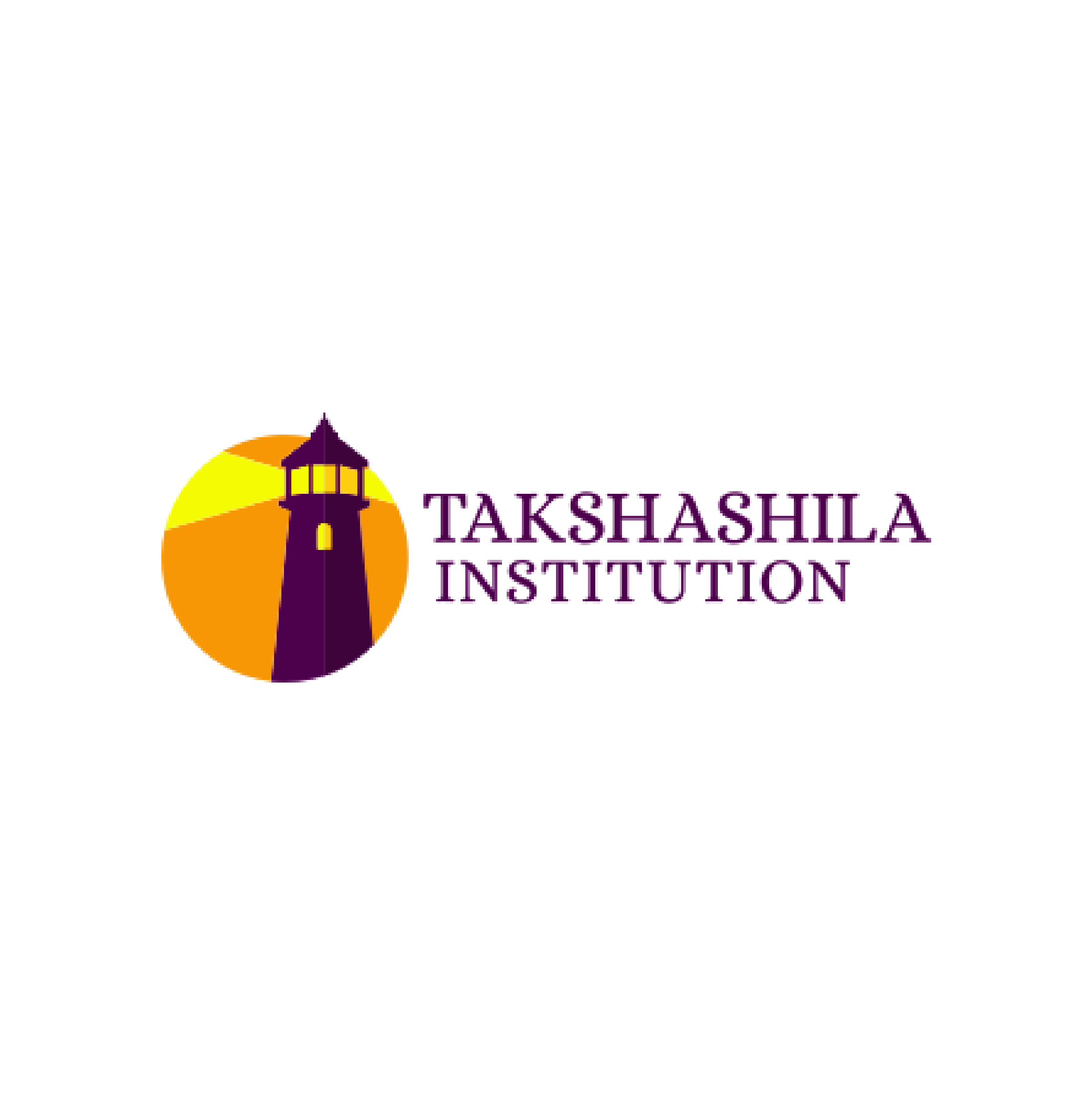Quest 2 Learn 2025
Beyond the AI hype, Building Radical Futures of Hope with Young People
Are young people actively deciding the future they want to inhabit, or are they passively accepting the AI future being pushed on them?
Artificial Intelligence isn’t around the corner, it’s already here. The foundations of our collective AI futures are being laid in the present by a handful of people. But where are the voices of those who will live longest with these consequences?
At Q2L 2025, we’re taking a pause to ask: How equipped are we, as individuals, communities, and institutions, to reflect on AI futures being presented, to question them, and to explore alternatives? What capacities do we need to push back against futures we don’t want, and actively create the ones we do?
More importantly: where do young people stand? What are their concerns, anxieties, dreams, and hopes when they think about futures with AI?
At Quest 2 Learn
we are asking
Youth Agency in AI Futures
Young people are consumers, creators, and challengers of AI. How do we shift them from passive users to active shapers of technology?
Role of Education systems
How do we reimagine educational institutions, not just curricula? How do educational institutions prepare young people to become critical thinkers? In a new media world, what role does education play?
Ecosystem Collaboration
What alliances are required to build young people’s preferred futures together? Which peripheral innovations, policy and advocacy changes can help us move towards these visions?
Critical Engagement with AI
Moving away from the AI hype, we ask critical questions - who gets represented in the dominant AI narratives and who doesn't? Which stories and problems are prioritized and which are left out?
Futures Thinking Pedagogy
How do we empower young people to imagine radical alternatives to current tech trajectories? What methods do they need to navigate uncertain AI futures, push back against unwanted scenarios, and actively create the futures they want?
Future Skills
What dispositions, knowledge, and skills do young people need to build equitable AI futures in an uncertain world?
Our Approach:
3 Horizons of change
We aim to create a brave, creative and participatory space, co-created with young people in India, to challenge our assumptions about futures and explore ways to make young people’s desired futures a reality.
The three horizons approach aids us in questioning our past and the present; and helps us define our collective desired future visions.
We believe that the seeds of change are already present in the current system, all that we need is a collective movement, a gathering like this to spot and identify these signals, explore together and make them mainstream!
First Horizon
As the world changes, aspects of business-as-usual begin to feel out of place or no longer fit for purpose. In this horizon we explore what's not working anymore.
Read moreSecond Horizon
Horizon 2 is the time between the present and the future.Here we will inquire about innovations, frameworks, and values that can push us toward desired futures.
Read moreThird Horizon
Here we will inquire and explore alternate possibilities. How can young people meaningfully co-create the AI futures they want? What would equitable AI actually look like?
Read moreAgenda
Lorem ipsum dolor sit amet consectetur adipisicing elit. Esse repudiandae eum, beatae, sit reprehenderit quia tempore error nemo commodi non, a assumenda impedit ut maiores natus.
This ritual will help the participants transcend boundaries of age and think about past, present and future generations through an embodied experience. Participants will travel through time and experience what their ancestors experienced as well as what their successors will experience as they navigate/d the complexities of the world.
The hosts will welcome and open the summit while having a conversation with each other on how they want India to look in 2047.
The speaker will connect the past to the present, global to local and help us understand the world of tech from a systemic lens. She will also emphasize on the importance of examining tech and how it's impacting young people's lives in the school-to-work continuum.
A power packed performance, the highlight of which is "Jungle Cha Raja"; a powerful anthem celebrating the spirit and struggle of Adivasi communities.
A session on business-as-usual probable futures which will prompt participants to think about the long term impacts of technology on education, work, environment, inequality, governance and community.
The speaker will draw from their extensive learnings, research and understanding of tech in education to delve into the purpose of education, and what challenges education is facing due to tech integration in curriculums.
Led by 'youth visionary speculators', this session will focus on the futures that youth want to see and inhabit. Release of the Youth AI Charter: It will be presented to participants, who will be urged to take action from their vantage points to make desired futures a reality for youth.
This session will present research on digital lives and AI futures, describing the pedagogy and the need for futures thinking in education.
In Portal Waiting, Abhi Tambe reflects on how the global pursuit of progress and growth leaves in its wake climate disasters and the extinction of countless life forms. It is time, perhaps, to ask what this pursuit is truly for, what real knowledge means, and ultimately, what the essence of being human might be. His performance will grapple with some of these questions through the voice of a musician confined to his room during the global pandemic, a futuristic transhuman cyborg drifting above the clouds, and a lonely old forest dweller undertaking his final journey on the surface below.
Hosted by Dream a Dream and ProjectDEFY
This session invites participants to pause and examine the hidden forces that shape how we define success, and how reimagining it now can open new futures for young people. Through embodied, reflective, and arts-based experiences, participants will deepen self-awareness, question inherited definitions, and collectively imagine more humane, grounded, and plural futures of success and education.
Hosted by ITC-ILO
The workshop is an experiential futures lab combining intergenerational co-learning with foresight, futures thinking pedagogy, and reflective engagement with AI. Participants collaboratively explore signals of change, respond to AI-generated future questions, and co-create new learning ecosystems. In a fast-paced exploration, they test out future wheels, interact with speculative props, and navigate multiple possible worlds as part of a collective imagination journey. ITCILO will also share emerging work and seek new partners in experimental foresight. Together, participants expand imagination, deepen insight, and activate collaborative agency for shaping education’s tomorrow.
Hosted by Udayan Care
A high- energy workshop that reframes skilling not as a technical checklist, but as a relational, human, and identity-building journey. In a world obsessed with AI, automation, and digital skilling, this session invites participants to pause and ask deeper questions such as what makes a young person future-ready — especially one who has grown up in care.
Hosted by Life Skills Collaborative
This session brings together a practitioner, an educator, a parent, and a young person to explore how life skills can anchor the youth in an AI-influenced world where adaptability, empathy, resilience, and ethical judgment matter more than ever. The session will set the context for a deeper workshop that will follow, helping participants unpack how Life Skills Education can support today’s youth in thriving every single day.
Hosted by Museum of Imagined Futures
A 90-minute speculative workshop that combines film, dialogue, and rapid co-design to imagine ethical futures for AI. The session opens with scenes from two award-winning films on responsible tech—Humans in the Loop and TAAK / Tracker. Building on this grounding, participants will move into a fast-paced charrette using Dreaming the Machine, an original card-based prototyping game, to collaboratively design new tech systems rooted in care, consent, and community equity.
The session will acknowledge the misses in the past, how we shouldn't make the same mistakes we did with social media, and explore what desired futures of school-to-work transitions could be through provocative dialogue.
Reflections on Day 1 with theatre to close off an exciting start to Q2L 2025!
Lorem ipsum dolor sit amet consectetur adipisicing elit. Esse repudiandae eum, beatae, sit reprehenderit quia tempore error nemo commodi non, a assumenda impedit ut maiores natus.
Three young speakers will use the framework of "What I heard? What I saw? What I think? What I feel? What I want to say?" to reflect on Day 1.
The session will bring Cat Tully along with an NGFP fellow to expand on the role of foresight while working with govts, funders, CSOs etc. and also elucidate where young people fit in this.
Reflecting on the shifts needed for our education system to stay relevant in the education system, the session will explore the role funders and governments play in ensuring that young people reach their desired futures and FSTC work. The educationist will present some scenarios where young people's desired futures have been enabled by the education system.
A diverse, global panel discussion that spotlights the crucial role of educators amidst tech disruptions.
This panel brings together officials from technology missions and State School Education Departments to reflect on how government systems are reimagining learning and work in an age of AI. Speakers will share how they are making sense of AI, shaping policies and schemes, and designing innovations across the learning-to-earning continuum so young people can build thriving careers. The conversation will explore how to centre youth voices and ensure that no young person is left behind in the journey towards an AI-first, Viksit Bharat 2047
Centering around innovations occurring within the funding ecosystem, speakers will discuss how they are making sense of AI, how they anticipate AI will change the ecosystem, and the drastic, intentional shifts funding is undertaking to become more community and youth-centric.
In Portal Waiting, Abhi Tambe reflects on how the global pursuit of progress and growth leaves in its wake climate disasters and the extinction of countless life forms. It is time, perhaps, to ask what this pursuit is truly for, what real knowledge means, and ultimately, what the essence of being human might be. His performance will grapple with some of these questions through the voice of a musician confined to his room during the global pandemic, a futuristic transhuman cyborg drifting above the clouds, and a lonely old forest dweller undertaking his final journey on the surface below.
Hosted by The Takshashila Institution
This panel will unpack how AI is really being built and governed today, and what that means for power, prosperity, and people’s rights in India. We will explore competing narratives around AI, examine who gains and who loses from AI-driven socio-economic change, and dig into concrete risks such as bias and surveillance.
Hosted by Magic Bus India Foundation and Aavishkaar Center for Science, Math, Arts & Technology
As AI reshapes work, identity and learning, young people must navigate a future that is both promising and uncertain. This workshop focuses on helping them step into that future with imagination and the habit of asking questions. Through AI Ki Duniya, participants explore stories, dilemmas and thinking routines that build futures thinking, ethical awareness, digital wellbeing and the ability to question technology. They also see how community-led innovation can grow even in low-resource settings. Through Aavishkaar’s Charchaa practice, participants take part in a guided discussion that highlights why asking questions matters and how it prepares youth for an AI-driven world. Together, these approaches show how imagination and thoughtful questioning can ready young people for what lies ahead. Participants will leave with simple tools that support younger learners in becoming confident, capable and prepared.
Hosted by Project Tech4Dev
In this session, Project Tech4Dev introduces Kaapi, an open-source AI platform designed specifically for NGOs to adopt AI safely, affordably, and practically. Participants will learn how Kaapi enables organizations to build chatbots, analyze documents, set up evaluation pipelines, and run AI workflows without needing deep technical expertise or large teams. The session will highlight how shared AI infrastructure can help the social sector overcome common barriers like scattered tools, high costs, and uncertainty about safety - making powerful AI capabilities accessible to organizations of all sizes.
Hosted by The Field
Careers evolve with every choice we make. This reflective workshop helps participants map their own journeys while exploring the four stages of the Career Framework as a tool for growth and clarity.
THE Labs
Join this interactive session to experience how Gen AIs actually learn, witness how they 'auto-correct' towards biased output, explore mechanisms that can help measure those biases, understand the unintended consequences, and reflect on why teaching AI only through technical lens is not sufficient.
Aapti Institute
India aims to boost Artificial Intelligence (AI) innovation, compute and model development in the following years, with the goal to emerge as the leading AI player from the Global South. India ranks first in adoption of Generative AI (GenAI) technology across the Asia Pacific; in its lead up to the upcoming AI Impact Summit of 2026, the Indian state has rapidly released and notified several frameworks and advisories that strive to create an innovation and investor-friendly space. However, the AI race has unearthed several contradictions. While AI has certainly enhanced user experience and efficiency, it continues to remain an automated black box for most of its users and enthusiasts. As sectors such as education, product development, entertainment and the creative industry integrate AI into everyday workflows, the value flows of the AI chain are shrouded in mystery, invisiblising all aspects of its humanness: labour, design and principles. This panel by Aapti Institute brings diverse voices to illuminate this overlooked facet: that AI is not built by algorithms alone, but by people. Beneath the visible layer of AI lies an expanse of human labour: millions of data workers, annotators, content moderators, and skilled professionals who design and train AI. India is home to the world's largest pool of tech and tech-adjacent workers, at the risk of mass displacement in the face of AI adoption. In this panel, speakers will examine why labour and human-centred perspectives are often missing across the AI value chain, how AI is reshaping skilling, employment and the future of work, and what it means to recognise the growing South Asian workforce behind AI systems. India stands at a critical juncture: how it integrates human perspectives into AI development will shape not only its competitive advantage, but also the Global South trajectory of responsible, public interest AI.
Q2L Summit 2025 closes with reflections and conversations with young people, with a call to action for the practioners.
Keynote Speakers
Speakers
Exhibits
Our Partners
Knowledge Partners
Dream a Dream is an Indian non-profit organisation, visions building a world where all children can thrive. Founded in 1999, it empowers children and young people from vulnerable and underprivileged backgrounds by developing their life skills through creative, experiential methods such as arts, sports, and social-emotional learning. Beyond its direct delivery via “Thriving Schools” and “Thriving Centres,” Dream a Dream works to drive systems change: partnering with 6 state governments to integrate life skills into curricula, pedagogy, teacher training, and assessment in public education systems. Through this ecosystem-level work, it seeks to shift the mindset on very purpose of education —from academic achievement to holistic thriving, equity, and inclusion.
Project DEFY is a non-profit organization based in Bangalore, and attempts to reimagine the global education reality. It creates radically-different learning spaces called Nooks, where learners take complete control of creating their own learning journeys. In fact, there are no teachers, curricula or exams. Instead, there exists a strong culture of curiosity, creativity and experimentation, that allows the learners to seek learning that matters to them. There are 33 Nooks globally, that have served over 6000+ learners across marginalised communities in Asia and Africa, enabling them to create not only great livelihood and entrepreneurial opportunities for themselves, but also healthy relationships with their communities and the world around them. Nooks have changed their relationship with learning from a fear-based one, to one based on curiosity and possibilities. Nooks are growing and putting forth a much awaited possibility of a true systemic change, to finally overturn the hegemony of factory schooling.
Field turns messy learning into experiences people remember and use. We help teams learn better, smarter, faster.
Project Tech4Dev is an Ecosystem Collaborative that has been working with NGOs in India since 2017. Our mission is to build and support the ecosystem of software, data, design companies, nonprofit partners, and foundations working towards creating social impact globally. We provide technology solutions, tools, and expertise to help organizations improve their operations, scale their outreach, and enhance their effectiveness.
Aavishkaar, founded in 2014, is a center where passionate teachers and young minds explore and enjoy the world of Math and Science. Our mission is to enable, equip & educate educators and students to rekindle their creativity, curiosity and critical thinking in Science and Math. We endeavour to make STEM experiential, hands-on/minds-on, engaging, immersive and accessible to all. Our core belief is that evidence-backed content that is rigorous and relevant can fundamentally transform the classroom experience for the child. Since 2016, we have partnered with 6 governments, 100 non-profit organisations and schools, building capacity in 10,000 teachers impacting more than 3 lakh students.
Generation India Foundation is an independent not-for-profit organisation established in 2015. Our primary objective is to address the dual challenges of talent scarcity and unemployment. We specialise in working with individuals who encounter obstacles to employment due to education, economic background, or other factors. Through collaboration and outcome-based skilling programmes, we are committed to transforming lives and fostering economic empowerment. Since our inception in India, we are proud to have impacted the lives of over 76,000+ individuals. As part of the global Generation network, which has empowered more than 1,43,000 individuals worldwide, we take pride in our dedication to cultivating extensive, profound, and lasting social impact through skill development.
THE labs, is a non-profit organization, started in 2023 with an intention to work with underserved children at the intersection of Technology, Humanities and Entrepreneurship. It is the first organization in India to build an interdisciplinary program on AI and Humanities for Grade 6 to 8. This program runs in after-school mode in government, government-aided and low-income private schools of Pune and has worked with nearly 400 children so far. Their 150 hours of curriculum is designed to equip children with in-depth knowledge of how AI works, thorough understanding of society, a lens to evaluate AI on humanitarian grounds, and an ability to build equitable AI systems. THE labs hopes that these children will claim a seat at the table in upcoming technological disruptions and will steer the AI wave, rather than just riding it.
The International Training Centre of the International Labour Organization (ITCILO) is the training arm of the International Labour Organization (ILO), established in 1964 and based in Turin, Italy. ITCILO provides training, learning, and capacity development services to governments, employers' organizations, workers' organizations, and other development partners worldwide. It supports the promotion of decent work and sustainable development through diverse educational programmes offered on campus, online, and in hybrid formats. The Centre fosters global cooperation by equipping participants with skills and knowledge in areas such as labour standards, social dialogue, employment promotion, social protection, gender equality, and the future of work. With a multicultural and multilingual environment, ITCILO contributes significantly to building human and institutional capacity to advance fair and inclusive labour markets globally.
Magic Bus India Foundation is one of India’s leading NGOs in education and skilling. Over the past 26 years, the organisation has expanded its reach and impact through innovative, inclusive, and gender-responsive programming. Building on its long-standing focus on young people (aged 12 to 25 years), Magic Bus is also empowering women aged 25 years and above, especially in peri-urban and rural areas, to enable their economic and financial independence. Magic Bus has established a strong presence across 22 states and union territories, impacting the lives of young people from underserved communities. Through its two core programmes – Adolescent Programme and Livelihood Programme – Magic Bus equips participants with critical life and employability skills, enabling them to move out of poverty and lead sustainable lives. The Adolescent Programme empowers adolescents (12-18 years) with life skills education and Foundational Literacy and Numeracy (FLN). To support this, Magic Bus has established an impressive network of 30,069 schools, 324 Community Learning Centres (CLCs) and has partnered with 10 state governments and NITI Aayog. Notably, 52% of the participants are girls, reflecting the programme’s strong focus on gender inclusion. The Livelihood Programme prepares youth (18–25 years) from underserved communities for sustainable careers by imparting transferable life and employability skills. Magic Bus has set up 135 Livelihood Centres, partnered with over 1,100 colleges. 59% of the programme’s participants are young women, highlighting a strong emphasis on empowering women through skilling. The Peri-Urban and Rural Livelihood Programme focuses on empowering women in these regions. This programme equips women with life skills, leadership, and entrepreneurial skills, enabling them to establish and sustain enterprises and move towards financial independence. Through its sustained efforts, Magic Bus has empowered over 35 lakh adolescents and 5 lakh youth, enabling their transition from childhood to livelihood.
Medha better prepares youth for life after school with 21st-century skills, career guidance, and long-term alumni support. Since 2011, we’ve increased career readiness, workplace engagement, and income growth for 400,000 youth across more than 1,000 educational institutions. Building on this evidence, we are partnering with four state governments to integrate our model into public systems and reach millions more. Backed by leading companies and foundations, Medha’s work has been recognized with multiple national and international awards. Discover more at medha.org.in.
Museum of Imagined Futures is a speculative media space that brings creators, thinkers, and technologists together to reimagine the future. Through its accelerator, innovative financing model, and alternative distribution strategies, MOIF produces media at the intersection of tech × culture × impact. MOIF has produced two award-winning impact films - Humans in the Loop, about an indigenous woman in Jharkhand who takes a job as an AI data labeller, and TAAK, about a female bouncer in Delhi grappling with unethical surveillance. Humans in the Loop is now streaming on Netflix.
The Takshashila Institution is an independent centre for research and education in public policy. It is a non-partisan, non-profit organization that advocates the values of freedom, openness, tolerance, pluralism, and responsible citizenship. It seeks to transform India through better public policies, bridging the governance gap by developing better public servants, civil society leaders, professionals, and informed citizens. Takshashila creates change by connecting good people to good ideas and good networks. It produces independent policy research in a number of areas of governance, it grooms civic leaders through its online education programmes and engages in public discourse through its publications and digital media.
Join Us
Be a part of this exploration of AI, education and youth agency. Let’s build futures that are inclusive, hopeful and led by those who will live them.
Who can attend Quest 2 Learn 2025?
- Funders and Philanthropists
- Youth leaders and educators
- Policy makers and government
- AI practitioners and technologists
- Civil society organizations
- Designers and learning practitioners
Quest 2 Learn
over the years
Quest 2 Learn (Q2L) is Quest Alliance’s flagship summit that brings together young people, educators, civil society leaders, technologists, and policymakers to reimagine learning, work, and the future. In past editions, Q2L has explored themes like digital learning, gender equity, and career readiness, spotlighting youth voices and showcasing innovative solutions.
Q2L 2023 focused on “Reimagining Learning for the 21st Century”, featuring youth-led sessions, keynotes, and interactive exhibits. Each year, the summit continues to challenge the status quo and spark bold conversations around building just, regenerative futures. Q2L 2025 is the 7th such edition of the event. Know more about Q2L over the past years.
Why Quest Learning
Observatory (QLO)
A visionary space dedicated to crafting a sustainable future, QLO draws inspiration from nature and play, to reimagine a collaborative learning space where everyone can co-create and build regenerative models for tomorrow.
From the periphery of Bengaluru, the Silicon Valley of India, we’re asking ourselves to pause and reflect amidst this AI hype. At the margins of the AI boom, we aim to co-create desired futures that are more just and inclusive.
Aakash Sethi
Aakash Sethi, a visionary leader, is transforming the education-to-employment landscape in India by driving innovative learning solutions that equip young people with 21st century skills and cultivate self-learning mindsets. Under his leadership, Quest Alliance has pioneered experiential learning models that prepare young learners for an evolving world of work, impacting over 2 million learners to date.
Aakash has facilitated a community of over 40 non profit organisations working in the sector to share knowledge, worked with over 10 state governments to integrate a dedicated curriculum and build capacity of teachers and principals to create a self learning environment.
He has launched the Quest Learning Observatory, a collaborative space that integrates sustainable practices, interdisciplinary experimentation, and emerging trends, where members can reimagine, experiment, and co-create regenerative cultures for their organizations.
Aakash’s vision has shaped Quest 2 Learn, a flagship event into bold, creative, participatory process, co-created with young people in India who are demonstrating critical thinking, self awareness, reimagining career pathways and innovative, community led solutions.
An Ashoka Fellow since 2019, Aakash continues his unwavering commitment to empowering marginalized youth and shaping transformative educational pathways that redefine India’s future of learning and employment.
Aaliya Nazar S
I have completed my M.Com and COPA, and I’m currently pursuing CSA at NSTI W, Trivandrum along with preparing for CMA USA. I’m naturally curious and love meeting people from diverse backgrounds, genuine conversations always inspire me. I also value personal growth and enjoy learning new skills, improving my discipline, and taking on challenges that push me forward, all of which shape the way I approach both my technical and finance journey.
Anant Gangola
Anant brings 30 years of experience across school education, youth work, higher education, and tribal communities. His journey spans curriculum design, pedagogy, and end-to-end program implementation. He spent 15 years with the Azim Premji Foundation leading field institutions across multiple states and later headed field practice at Azim Premji University. Earlier, he coordinated major government programs in Madhya Pradesh, including DPEP, SSA, and TLC. He began his career living and teaching in a Gond tribal community — a relationship he continues to nurture. Anant has since advised countless social sector organisations across policy and grassroots work.
Anwesha Sen
Anwesha Sen is Assistant Programme Manager for the Graduate Certificate in Public Policy (Technology and Policy) programme at Takshashila Institution and researches AI governance, open source technologies, and data privacy. She holds a Master’s degree in Human Rights and International Politics from the University of Glasgow.
Ashish Chakraborty
Ashish Chakraborty brings 25 years of experience across education, learning and development, hiring, CSR, and youth development initiatives. His work is rooted in deep partnerships with young people — especially care-experienced youth — with whom he co-designs skilling pathways that are relational, trauma-informed, and genuinely future-ready. A life skills coach with foundations in theatre and yoga, Ashish integrates storytelling, embodied learning, and mindfulness into every space he facilitates, creating environments where young people feel seen, safe, and able to take brave steps forward. He holds a steadfast belief that learning transforms only when belonging comes first.
Having led global volunteering programs and cross-regional initiatives across India, APAC,
EMEA, and LATAM, Ashish works at the intersection of youth voice, AI, emotional resilience, and social equity. His practice blends global insight with grounded, heart-led facilitation.
Bhavna Mathur
Bhavna Mathur leads Social Impact for LinkedIn in India, driving initiatives that connect non-profits, members, employees, and customers to LinkedIn’s vision of creating economic opportunity for every member of the global workforce. Previously, she served as Executive Director of the IDEX Accelerator and worked with the United Nations Industrial Development Organization (UNIDO) on SME technology programs in emerging markets. With advanced degrees in Economics and Environment & Development from LSE, JNU, and Delhi University, Bhavna is passionate about building inclusive, sustainable solutions. She is also a TEDx speaker and an active mentor to students exploring careers in economics and social impact.
Bharath Reddy
Bharath Reddy is an Associate Fellow with the High-Tech Geopolitics Programme at the Takshashila Institution. His research interests are at the intersections of technology, geopolitics, and India’s national interests, focusing on AI governance, open-source technologies, and telecommunications. He also manages the Graduate Certificate in Public Policy (Technology and Policy). Before joining Takshashila, he worked in telecommunications, developing software for 4G base stations. He has a bachelor’s degree in engineering and is an alumnus of the programme he now manages.
Bhawna Parmar
Bhawna is a researcher-designer working at the intersection of youth, participatory futures and digital cultures. She works with young people to reimagine tech, identity, and justice through participatory action-research and civic media. Bhawna is the architect of Youth Futures Studio at Quest Alliance, a youth-centric research and innovation tank that brings youth voices to the decision making table and empowers them to imagine and act towards their preferred futures. She is also the co-designer of Quest 2 Learn 2025.
Her work spans ethnographic research, rights-based pedagogy, civic media, and speculative design, and has been exhibited at national and international forums. She is also an award-winning artivist who moonlights as a political illustrator and holds a Masters in Social Design from Ambedkar University, Delhi.
Binaya Anand
He is a mentor to many care leavers & LIFT batch-2 fellow. Leading member of Fireside chat initiative and state care leavers network
Prof. Bindu Thirumalai
Bindu Thirumalai is an education researcher, teacher educator, and thought leader with over twenty-six years of experience across academic, development, government, and corporate sectors. Her work focuses on strengthening teacher professional development at scale through action research, technology-enabled learning, curriculum design, and meaningful partnerships within public education systems. She has designed and led blended learning programs, MOOCs, and statewide teacher capacity-building initiatives and contributed extensively to policy, research, and OER development. With a strong grounding in both education and technology, she brings a unique interdisciplinary perspective to advancing equitable, contextually grounded, and future-ready teacher education in India. She is currently an adjunct faculty at the National Institute of Advanced Studies, Bengaluru.
A. Giridhar Rao
A. Giridhar Rao is interested in questions of linguistic justice. What are just and equitable
language policies for a multilingual country like India? How can our schools use India’s
astonishing linguistic diversity more effectively? Until his retirement in November 2025 from Azim Premji University, his courses on language and literature pedagogy explored
these questions. At Hyderabad Literary Fetival, he anchors a stream on Indigenous and Endangered Languages. He blogs in English on these themes at bolii.blogspot.com.
Questions of communicative justice drew Giridhar in 1994 to the planned language
Esperanto. Over the decades, he has taught and published in the language. Most recently
in 2024, he translated Gandhi’s Autobiography. He has also translated some of the writings of Manto and Faiz into Esperanto. He is a member of the Academy of Esperanto. He blogs in Esperanto at lingvovivo.blogspot.com.
Fabio Nascimbeni
Fabio Nascimbeni works as Human Capital Development Expert at the European Training Foundation (ETF), where he mainly focuses on digitalisation and learning innovation. He is a Senior Fellow of the European Distance and eLearning Network (EDEN) and a Fellow of the CEST centre of the University of Sao Paulo, Brazil, and of the Nexa Centre of the Politecnico di Torino in Italy. Fabio has been active in the field of learning innovation and digital education for 25 years, collaborating with different universities and with international institutions such as the European Commission, the ILO and UNICEF. He has designed and coordinated more than 50 research and innovation projects across Europe, Latin America and the Caribbean, the South Mediterranean and Southeast Asia. His main research interests are open education, learning innovation, digital literacy, digital inclusion.
Gaurang Dayal
Gaurang Dayal brings 15+ years of experience in India’s skill development ecosystem, specialising in both physical and digital hybrid vocational training. At Generation India Foundation, he leads curriculum innovation, instructor development, and quality systems that strengthen learner outcomes. His earlier roles at TCS iON and IL&FS Skills shaped scalable digital learning and blended skilling solutions for India’s growing workforce.
Dr. Gurneet Kaur Kalra
Dr. Gurneet Kaur Kalra holds a Ph.D. in Social Work and is a trained social worker with a strong commitment to both research and field practice. She is currently the Manager of Research and Advocacy at Udayan Care, an NGO dedicated to empowering vulnerable children, women, and youth. In this role, she leads national and international research collaborations and drives advocacy initiatives. Dr. Kalra also serves as the Administrator of the international journal ‘Institutionalised Children Explorations and Beyond’, published by Udayan Care in partnership with SAGE Publications. She has authored several research papers and book chapters in reputed national and international journals, and has presented her work at numerous academic and professional forums across the globe.
Ishan Hendre
Ishan Hendre is a producer and strategist shaping transdisciplinary projects at the intersection of culture, impact, and emerging models of creative financing. His films include TAAK (2024), which explores how technology shapes women’s experiences of privacy in India, and Tenfa (2025), a story of the Kinnauri community set against a backdrop of a vanishing language and an ecology under strain in the Greater Himalayas. He has also worked on the Peabody Award–winning While We Watched and the FIPRESCI-awarded Humans in the Loop. Through Storiculture’s transmedia platforms Earthbound and the Museum of Imagined Futures, Ishan develops narrative-led projects alongside new pathways for cultural and impact investment.
Jaya Ramchandani
Jaya Ramchandani is an educator designing for systemic change in lifelong learning ecosystems, preparing people and communities to live in a complex, plural, and interdependent world. Her work spans shifting narratives about education through writing and public storytelling, creating competency frameworks, handbooks, and short courses, prototyping new models of community learning (e.g., The Story Of, WLWG Short Courses), designing and teaching courses with transformative education programs (e.g., Systems Transformation Pathway at UWC Atlantic), and creating training programs and resources for educators exploring interdisciplinary learning, project-based approaches, systems thinking, standards-based grading and AI integration. Across these leverage points, her aim is to make personal, social, and systems change more accessible, achievable, and rooted in regenerative values.
Kaberi Muduli
She currently serves as Officer on Special Duty (OSD) at Panchasakha Sikhya Setu Sangathan, a Government of Odisha society under the School and Mass Education Department. An Odisha Administrative Service officer with a background in Electrical Engineering, she has previously served as Tahsildar in Sukinda.
Kedar Marathe
Kedar Marathe is Chief Program Officer and co-founder at THE labs, a non-profit which
runs an interdisciplinary program on AI and Humanities for the middle-schoolers from
underserved communities.
Kedar has over 11 years of experience in AI/ML. Prior to THE labs, he worked at Tata
Technologies where he built AI-ML solutions. He also holds a patent for an ML model that detects vehicle fires before they happen.
Kartikeya Pophali
Kartikeya Pophali leads engineering for the Kaapi AI platform at Tech4Dev. Over the past ten years, he has worked across the software and energy industries and founded a startup, building systems in Golang, Python, and modern retrieval architectures. He joined the social sector to channel his engineering experience toward solutions that strengthen the nonprofit ecosystem and help mission-driven organizations use technology more effectively.
Keertan Kini
Keertan Kini is a Board Advisor of the App Inventor Foundation, where he bridges his background in technology, policy, and education with global impact. He has taught technology, economics, and public policy at Stanford, MIT, and Shanghai Jiao Tong University; advised California on AI regulations; and crafted federal technology policy in Congress. A former founder and McKinsey strategist, he built autonomous-vehicle safety systems, published research on debiasing AI models, and partnered with Bay Area nonprofits on financial literacy–combining deep engineering expertise with policy innovation to shape responsible AI and resilient systems. He received his B.S. and M.Eng. in Electrical Engineering and Computer Science from MIT, and his MBA and MPP from Stanford University.
Maanya Bhardwaj
Madhuri Dhurjati
Madhuri is curious and loves questions. Passionate about designing learning environments that help unleash the potential of every learner who becomes part of the environment. On a mission to enable the spread of a network of regenerative learning spaces that becomes an oasis for communities across the world to reweave their relationship with themselves, people around, and ecology. As a pathway of hope to challenge the dominant design of extractive, exploitative and detrimental design of the capitalistic systems.
Madhurya Balan
Pleasure activist, contentment creator, artist, designer, ecologist, educator, facilitator, agile renegade. Madhurya is as much researcher, as practitioner, as an artist. Founder of the initiative Desire Lab, an exploratory, experimental and expressive space of inquiries around somatic landscapes of the body, intimacy, relational conflict and harmony. Her work in the relational field emerged from 10 years of community engagement, alternative education and ecological conversation in India and Nepal.
She is a Certified Somatic Intimacy Coach from the Institute for Relational Harmony Studies (IRHS), under the ACSB accreditation.
D. Madhavi Latha
Her career began in the classroom, and she brings over 20 years of teaching experience in both private and government schools, which continues to inform her work in large-scale educational projects and technology integration. Passionate about bridging technology and pedagogy, she focuses on creating equitable learning opportunities for every child. She has led key initiatives such as the Personalised Adaptive Learning (PAL) implementation and the Amazon Future Engineer Program, and has been closely involved in the SALT Project, driving the Teach Tool and Teacher Professional Development (TPD) courses. As State Nodal Officer for Atal Tinkering Labs, she guided innovation and STEM-based learning across Andhra Pradesh.
Mandar Kulkarni
Mandar Kulkarni is CEO and co-founder of THE labs, a non-profit which runs an
interdisciplinary program on AI and Humanities for the middle-schoolers from
underserved communities. Prior to THE labs, he had been running an EdTech company, Gatuvit, for over a decade.
Mandar has over 14 years of experience in Education, Technology and Films. He is also
a partner at The Circle India and co-founder at Driya Creatives.
Manoj Kothari
Manoj Kothari is a serial entrepreneur, futurist, and design expert who has led global innovation programs for 28 years. He
heads Turian Labs, a Strategic Foresight and Innovation Strategy consulting firm he co-founded in 2015, and previously
co-founded Onio Design and ITERNIA. Manoj has guided innovation and foresight initiatives for global leaders like Google,
Samsung, Volkswagen, Aditya Birla Group, and for governments such as Finland and Dubai. A leading coach on Design
Thinking and strategic foresight for CXOs and policymakers, he pioneered India’s futurist movement in 2006 with annual
event IndiaNxt. An IIT Bombay and NID alumnus, he is also a member of CII’s National Committee on Design & Innovation
and serves on academic advisory boards, while pursuing interests in philosophy & poetry.
Monila Sapre
Monila Sapre is an education and wellbeing specialist whose work bridges systems reform, social-emotional learning, and trauma-informed practice to create compassionate, equitable school ecosystems. With over a decade of experience, she has co-led national initiatives such as ISELF, the India Glossary of Life Skills, and designed SAMBHAV—India’s first multimodal SEL assessment tool. As Head of School Well-being at The Teacher Foundation, she partners with governments, educators, and civil society to strengthen teacher capacity, promote emotional safety, and embed life skills in public education systems. A psychotherapist and expressive arts practitioner, Monila’s approach is rooted in dialogue, co-creation, and culturally grounded healing practices, supporting both individuals and institutions in nurturing empathy, resilience, and inclusion.
Dr. Natalie Lao
Dr. Natalie Lao is the Executive Director of the App Inventor Foundation, a 501(c)(3) nonprofit founded by professors and engineers at MIT and Google with the mission of empowering students to create meaningful technologies that can transform their lives and uplift their communities. She also serves as Expert on Mission for UNESCO’s AI & the Futures of Learning project, where she co-authored the United Nations’s AI Competency Framework for School Students. She received her B.S., M.Eng., and Ph.D. in EECS from MIT at the Computer Science and Artificial Intelligence Laboratory (CSAIL), where she led research on developing user-friendly AI tools and constructionism-focused education programs across the globe. She was also Co-creator and Instructor of MIT’s Deep Learning Practicum course, and led the trajectory team for the MIT Inclusive AI Literacy and Learning project.
Nishant Kumar
Nishant is a computer engineer by degree and an educator by heart. He has been highly interested in learning since his childhood and has kept his interest alive. He is always open to new experiences or updating his old experiences. He is somebody who lives with the motto of lifelong learning. He will always meet you with some sweets, a musical instrument and couple of PJs.
He wants to live away from city life among nature, adopted by nature. He is working towards his goal of setting up a learning space in his own village in Bihar.
Prathib W
Prathib W is a Life Skills Facilitator at Dream a Dream, on a journey to weave and hold spaces that make thriving possible for people across ages. Using creative, social, and emotional learning approaches, he designs and facilitates experiential sessions that support participants to reflect, express, and grow. With experience collaborating with diverse stakeholders — from educators and organizations to community groups and young people — he brings a warm, inclusive presence that nurtures confidence, connection, and wellbeing in every space.
Purnima Jha
Purnima Jha is an education professional whose journey spans teaching, learning-experience design, and product management for a children’s app. She has authored a life-skills storybook and now shapes future-ready learning models at Magic Bus. A lifelong learner, she has pursued courses in AI, design thinking, art therapy, child psychology, and grief counselling. She loves writing stories, daydreaming ideas for children, and believes learning must prepare young people for both today and the future.
Rahmat
Rahmat is a Secretarial stenography and Hindi student from ITI Pusa with a passion for public speaking. I am excited to bring my energy to the stage and make this summit a great experience for everyone!
Rohan Patankar
Trained in architecture from the SPA, New Delhi and urban sociology at LSE, London, Rohan’s work at Quicksand focuses on the design and facilitation of communities of practice in health, participatory foresight in the humanitarian sector, and work situated at the intersection of design research, strategy, and cultural production. In 2020, he won the Next Generation Foresight Practitioners’ Asia Special Award 2020 of the School of International Futures (UK) with Aditya Prakash to develop the HUM Futures Lab— a participatory foresight initiative to discuss alternative futures of the humanitarian sector.
Sanjeev Kumar Gupta, ISS
Mr Sanjeev Kumar Gupta is the CEO of the Karnataka Digital Economy Mission (KDEM), an initiative by the Government of Karnataka (GoK) to accelerate the growth of the state’s digital economy. Under his leadership, KDEM is driving efforts to ensure Karnataka contributes the largest share towards the Hon’ble Prime Minister’s vision of a USD 1 trillion digital economy.
With over 27 years of diverse experience, Mr Gupta has served as an administrator, entrepreneur, business leader, mentor, and key enabler of India’s IT growth. He is actively leading strategic initiatives in Global Capability Centres (GCCs), IT/ITES, Innovation C Startups, ESDM, Beyond Bengaluru, and Talent Acceleration.
Saurabh Rai
Shabda Birfani Bedi
Shabda has nearly three decades of experience in teacher learning and development. She currently works with Wipro Foundation and Medha Foundation, designing learning ecosystems and professional development pathways for teachers, leaders, and educational institutions. She has previously worked with DPS Ghaziabad Society, the School of Continuing Education and University Resource Centre at Azim Premji University, and served as a Teacher Educator at Punjab University, Kurukshetra University, and Amity University. She is deeply committed to creating alternative learning pathways and capacity-building models for individuals and organisations.
Shalini Menon
Shalini has been associated with Quest Alliance for a decade, she is an independent organization development practitioner and has facilitated for social impact organizations in the global south for over two decades. This is her 4th year of co-designing and conceptualising the Quest 2 Learn Summit.
Simran Jain
Simran Jain is the Chief of Staff at Medha, where she works at the intersection of strategic initiatives, cross-team alignment, and operational effectiveness to strengthen career outcomes for youth. Before joining Medha, she worked as an Analyst at Sattva Consulting, contributing to large-scale social impact projects across gender and health. She also served as a Research Associate at an economics-focused think tank, contributing to policy-oriented research. She has grown into a thriving generalist, valued for her adaptability, big-picture thinking, and ability to bridge gaps across teams, ideas, and disciplines.
Sowmya Prabhakar
Sowmya is the Chief Operating Officer (COO) at The Takshashila Institution. She has 20 years of diverse experience, combining both the corporate and social sectors. After her HR stint with McAfee Software, she became an independent consultant and soft-skills trainer. This led to heading HR for an aerospace company. As the Chief Impact Officer at Rang De, she was able to drive fundraising initiatives, measure the impact of various community-based projects and interact with various stakeholders. In her current role at Takshashila, she leads all the efforts towards HR, corporate engagement, outreach and partnerships.
Srishti Sehgal
She’s the co-founder of Field and LxD Lab, where she mentors learning teams and consults on programs that need sharper thinking and stronger outcomes.
Subhashish Bhadra
Subhashish Bhadra is an Associate Partner at Dalberg, based in Bangalore. He leads work across data and digital initiatives, measurement and evaluation, organizational effectiveness, and gender, advising governments, multilaterals, and private-sector clients. He brings over a decade of experience spanning venture capital, management consulting, philanthropy, and start-up operations.
At Dalberg, Subhashish has supported various non-profits on fundraising, strategy, impact measurement, and organizational strength. His recent projects include developing multi-year strategic plans and evaluating long-term fellowship programs. He has also collaborated with governments, philanthropies, and industry groups on digital public infrastructure, artificial intelligence, and inclusive development efforts.
Before Dalberg, Subhashish was a Principal at Omidyar Network India, where he led their Digital Society practice and guided multiple non-profits through capacity-building initiatives, including leadership coaching and strategic grantmaking.
He is the author of Caged Tiger (Bloomsbury, 2023), a best-selling book on public policy in India. A Rhodes Scholar, he holds an M.Phil. in Economics from the University of Oxford and a B.A. in Economics from St. Stephen’s College, Delhi.
Surja
Care Leaver and a LIFT Fellow, Surja is a Program Coordinator with Udayan Care and a core member of the National and Global Care Leavers Community.
Tarana Reddy
Tarana is a Writer, Narrative Designer, and Transmedia Producer based in Goa, India. She is the Co-Writer and Producer of B. Selvi & Daughters, an impact short about women in entrepreneurship nominated for three Indian Critics’ choice awards. She Executive Produced two award-winning international co-productions, Nasir (2020) and Nirvana Inn (2019). In the past, she has worked as a Narrative Designer on mobile games for the USA market, and as Transmedia Producer for a new media ethical erotica publishing studio. She is currently developing Garden of Dreams – a South Asian solarpunk animated franchise on ethical AI and climate change. She also writes immersive experiences and designs social-first media campaigns.
Tom Wambeke
A United Nations Senior Executive with 20 years of work experience in managing capacity development programmes with focus on learning innovation and digital transformation. Worked with cross-functional teams on innovation projects across more than 50 countries. Diplomas from the University of Leuven and University of Antwerp (Belgium) and executive certificates from the University of Stanford and the Massachusetts Institute of Technology. Public speaker on Innovation, Strategic Foresight and digital transformation. Author of different toolkits, publications. Chief Learning Innovation of the Training Centre of the International Labour Organization since 2015. Specialized in providing sustainable learning solutions with the objective to generate impact and organizational change.
As a certified international facilitator (IAF) actively involved in strategy facilitation, participatory knowledge sharing, networked learning and ICT4Development. Passion for complexity adaptive thinking, intentional serendipity, foresight analysis and futures exploration.
The Programme he is leading has a double mandate: to strengthen the Centre’s in-house capacity to apply state-of-the art learning, communication and knowledge sharing methods and technology, and to provide learning, innovation and communication services to outside partners on a global scale. In this context he works closely together with UN agencies, development banks, international organisations, governments and NGO’s.
Varshaa Ramesh
Varshaa began her journey as a teacher teaching Math to middle-grade students from under-served communities.This experience opened her eyes to the gaps and challenges in Math education in our country. Driven to give her students the best, she sought ways to strengthen her teaching – a journey that led her to Aavishkaar, where she now works with the team to re-imagine Math and Science education for young learners.
Vijay Rasquinha
Vijay Rasquinha is a seasoned technology and social-impact leader with over 29 years of experience. As the founder of a social impact firm, he has built digital systems that strengthen nonprofits and mission-driven organizations.
Currently the Fractional CTO at Tech4Dev, he works closely with the AI engineering team to design and scale the Kaapi AI platform and other technology initiatives, focusing on robust, modern, and scalable solutions for the social sector.
Amba Kak
Punya Mishra
Cat Zuzarte Tully
Cat Zuzarte Tully leads the School of International Futures (SOIF), a not-for-profit international collective of practitioners based in the UK who use futures thinking to inspire change at the local, national and global levels. SOIF has worked with organisations like the UN, Omidyar, NATO, the Royal Society and national governments to build a sustainable and fairer world for current and next generations. SOIF also supports a growing network of Next Generation Foresight Practitioners.
Previously, Cat served as Strategy Project Director at the UK Foreign Office and as Policy Advisor in the Prime Minister’s Strategy Unit. She is a non-resident fellow at the US Government Accountability Office’s Center for Strategic Foresight and a member of the Advisory Committee of the Chilean Council of Foresight and Strategy. She is also a board member of Teach The Future, British Foreign Policy Group and Academics Stand Against Poverty.
Cat’s mission is to inspire people, communities, organisations and governments to play with time and steward transformation by being inspired by the future.
Gauri Goenka
Gauri Goenka is a Web and Graphic Designer based in Delhi. She holds a B.Voc in Web Designing from Delhi University and has completed a Commercial Art course from ITI Pusa. Currently, she is pursuing a Desktop Publishing Operator course at ITI BTC. With a strong foundation in design and a keen eye for detail, her work transforms ideas into visuals that stand out. Her design thinking approach and strong communication skills help her bring clarity and creativity to every project she undertakes. Constantly evolving both personally and professionally, Gauri continues to refine her craft and find innovative ways of creative expression.
Gyaneshwar Mehta
Gyaneshwar Mehta is an aspiring electronics professional from New Delhi. He is currently pursuing an Electronic Mechanic course at ITI Pusa and a BS in Electronic Systems from IIT Madras. Passionate about both hardware and software, he is keen on exploring fields such as semiconductors, AI, and machine learning. He enjoys learning and experimenting with new technologies, aiming to build a strong foundation in electronics and innovation.
Aravani Art Project
Aravani Art Project is a trans and cis women-led collective that uses art to celebrate identity, reclaim public spaces, and build visibility for the transgender community. Through murals, performances, and collaborations, the project turns friendship and storytelling into acts of social justice and collective healing. Rooted in friendship and resistance, Aravani Art Project collaborates with transgender artists and communities to create public art that transforms walls into voices. Each work is a dialogue on belonging, equality, and love—redefining what it means to be seen and celebrated in public spaces.
Agat Sharma
Agat Sharma along with Suvani Suri will be sharing a map/drawing pertaining to the field of Glottogeology – an emerging, interdisciplinary field dealing with the simultaneous emergence of language, landscape and the body.
Their work is essentially a coming together of various artistic and research domains and practices, exploring regenerative archaeologies in relation to the discipline of glottogeology. It scales the relation between voice and body up to landscape and earth, investigating the concepts of spectrality, possession and commons as points of rethinking and reinvigoration for any possibility of a regenerative future. Agat Sharma is a theatre maker and multidisciplinary artist from India and currently based in the Netherlands.
The Barabari Collective
The Barabari Collective is a social impact organization building a skilling, mentoring, and hiring ecosystem to enable graduates from underserved communities to access high-growth tech and design careers. It works on a three-vertical approach, where it runs elective-based/certification-based courses integrated within the college systems, an AI-based edtech ecosystem running personalized hybrid learning for students, and an industry-facing tech collective to build partnerships for internships, full-time, and freelancing opportunities. Over the last three years, it has placed 90+ students in companies like Amazon, udaan.com, and Pathsetter AI.
Bhargav
Bhargav’s Water Kiosk 2031 focuses on a futuristic waterscape in India, where water is no longer a crisis: the Government of India has ensured everyone has access to free water in the country. However, to correct historical wrongdoing and ensure people using water understand its value, those who have had easy access to water would be charged a privilege tax, or be levied a clear water debt that requires people to exert themselves physically to acces water. Those who have suffered in the past already know the value of water and the tax is nullified for them.
Bhargav is a New Media Designer, Digital Archaeologist, and founder of Studio IF. His multidisciplinary practice involves designing transmedia experiences for the preservation of diverse forms of cultural heritage and exploring how design and cultural thinking can inspire and humanize digital innovations.
Debanshu Bhaumik
Debanshu’s Futures of Hope is a speculative-fiction generator and research platform that invites publics to imagine futures that are not simply “better,” but kinder, more just, and more attentive to the worlds we inhabit. By opening up multiple trajectories shaped by social, ecological, and technological forces, it encourages users to question dominant narratives of progress and engage in collective acts of re-imagining. The installation functions as tools that provokes and ignites conversations about desirable futures, drawing people into dialogue through shared speculations. In doing so, the project becomes a laboratory for cultivating public imagination and expanding the possibilities of how we think, feel, and envision what lies ahead.
Debanshu Bhaumik is an installation and tech artist whose work critically engages with the ways technological infrastructures reorder public life, perception, and imagination. His installations function as reflective environments, inviting varied publics to slow down and encounter the frictions, possibilities, and aesthetics of contemporary technological systems. He also co-leads 13°77°, a Bangalore-based studio producing large-scale interactive, kinetic, light, and AI-mediated installations.
Dhruv Jani
Dhruv’s project is an oracle that claims to reproduce the fraudulent prophecies of discarded futures. Every future emerges from waiting for revolutions to return to their inevitable places in the present. The mere act of counting in time is a prophecy that marks the turns between an expectation and a betrayal. Metronomes in tune and out of tune, bees and pollinators, the sediments of bedrock marking ringed counters in the memory of a planet, are all but clocks waiting to fulfil someone’s divination of time.
Dhruv Jani is the founder of Oleomingus, an independent games and arts practice studio that operates at the intersections of postcolonial writing, interactive fiction, and digital historiography. His work interrogates the politics of memory and authority, employing hypertext as a tool to construct narratives that challenge dominant colonial frameworks and their contemporary legacies.
School ARt Gallery
School ARt Gallery is an international initiative reimagining how creative and social
subjects can be taught with AR. Discover how teachers and students turn artworks
into interactive stories, explore their surroundings through AR, and create school
galleries that make learning playful, engaging and hands-on. The project inspires
educators and learners to co-create and make learning more inclusive, creative and
future-ready.
The project will be presented by Iva Walterová from EPMA, a Czech NGO leading
digital and creative innovation across Europe. Stop by to watch the stories behind our
work, meet the artists, explore local results—and see how you can join us through
the platform.
Jaya Ramchandani
Jaya Ramchandani is an educator designing for systemic change in lifelong learning ecosystems, preparing people and communities to thrive in a complex, plural, and interdependent world.
At Q2L, she presents an interactive exploration of the structural bottleneck facing innovative schools in India. While K–8 models such as project-based learning are on the rise, students in grades 9–12 are pushed back into rigid board systems (CBSE, State Boards) or elite international alternatives (IGCSE, IB). Despite NEP 2020 calling for innovation, schools are still operating within a framework built for mass standardization, which stifles the very innovation needed for a more self-reliant society.
Her session traces the transition from the Horizon 1 bottleneck, where high-stakes exams limit flexibility, to a Horizon 3 future defined by mastery-based progress and living portfolios. By examining emerging seeds of change such as process-based accreditation, it invites participants to reimagine an education system that honors diverse needs rather than standardized outcomes.
Labani Jangi
Labani Jangi is a research scholar, artist, and cultural practitioner from Nadia, West Bengal. Her work moves between field research and visual storytelling, exploring migration, labour, and memory through drawings, zines, and performance. A member of Panjeri Artists’ Union, JINN, and Khandera Art Space, she is currently pursuing a PhD at the Centre for Studies in Social Sciences, Calcutta, focusing on the life worlds of Bengali migrant labourers. Labani’s art has travelled across India and Bangladesh, combining the aesthetics of resistance with community-based practice. She contributes to the People’s Archive of Rural India (PARI) through illustration, translating field experiences into visual narratives that map voices from the margins. PARI is a living archive of India’s countryside — “the everyday lives of everyday people.”
Mera Gaon Meri Dunia & Mahiti
Mera Gaon Meri Dunia (MGMD) is an NGO working to nurture youth to lead social transformation in their own community. Driven by the belief that dedicated and invested young people can transform a village. Since 2019, MGMD has been working to strengthen learning, leadership, and community ownership, reaching over 10,000 children, 1,000 youth, and 5,000 parents and mobilizing 100,000+ community volunteer hours. Our team works together to build villages where young people lead sustainable social change with their communities.
Mahiti has been building Information and Communication Technology (ICT) tools and solutions for the social sector to enhance programme quality and the impact on communities. Mahiti specializes in understanding the unique challenges of social development organizations and mentors them to generate, analyse and manage data to effect high quality performance. Mahiti’s purpose lies in developing innovative technological solutions for the sector, striving to create new benchmarks in the way technology supports social change.
Quicksand
Quicksand is an interdisciplinary consultancy. We facilitate the creation of meaningful experiences through design research and innovation. Our practice builds on inspiration and insights from the ‘experiential reality’ of people – whether they be users, stakeholders or clients. We are investigators – exploring the marvellous complexities of human systems. We are instigators – pushing a collaborative agenda for a vibrant articulation of the same.
Rajyashri Goody
Rajyashri’s work, presented here at Q2L 2025, attempts to address anxieties over food security in the future, based on research done by the Regenerative Futures team. It also brings to attention historically marginalized groups that have been struggling with food and water security for centuries already, thus leaving them in an even more vulnerable position in the coming years. A set of 12-15 leaf plates sits on top of a long, narrow wooden table. Ceramic objects resembling food items like rice and rotis, pieces of meat, elements in nature like leaves, stones, petals, and pebbles, lie on the leaf plates. Some of the plates remain empty.
Rajyashri Goody is originally from Pune and now calls Goa home. Her research interests include food and water politics, religion, literacy and literature, mobility, and place-making in the context of caste-based violence and Dalit resistance in India. She works with found objects, paper pulp, clay, text, photographs, printmaking, and performance.
Shwetha Bhattad
Shwetha’s work focuses on foraging as a collective social experiment for sustainable food futures. One of the key items in her foraging kit is the foraging apron, made from naturally dyed yarns and fabric that is hand-woven from hand-spun yarn made of indigenous cotton. It will be made by the Gram Art Project’s natural dyeing and stitching studio. After the foraging activity, the participants will make a booklet from foraged materials that talks about our experiences and learning from foraging.
Shweta Bhattad is a visual artist, sculptor, and performer. She’s a founder member of the Gram Art Project Collective, which is a group of farmers, artists, women, and makers. These are people with different ideas and identities, but they are connected by living and working in and around a village they all care about. This village is Paradsinga, situated in Sausar Tehsil of Pandhurna district of Madhya Pradesh, India.
Suvani Suri
Their work is essentially a coming together of various artistic and research domains and practices, exploring regenerative archaeologies in relation to the discipline of glottogeology. It scales the relation between voice and body up to landscape and earth, investigating the concepts of spectrality, possession and commons as points of rethinking and reinvigoration for any possibility of a regenerative future.
Abhi Tambe
composition and sound design for theatre and films. This experience opened up his interest in longer format storytelling and led eventually to the creation of Portal Waiting during the lockdowns of 2020; a time when the global pandemic forced us all to stop and take a second look at the disparity around ourselves and to reconsider our own roles in the economic machine that drives it. Portal Waiting is both a theatrical performance as well as a music album available on major platforms.
Mahi G
Madhura Ghane, aka Mahi G, is a rapper and poet from Kalyan, Maharashtra.
She uses her voice to spotlight real, raw, and often ignored issues. Her rap reflects the pulse of the people — from environmental justice to tribal identity and gender inclusivity.
Mahi G dropped her debut track “Jungle Cha Raja” just three years ago, with music by Rapboss. The song is a powerful anthem celebrating the spirit and struggles of Adivasi communities. It resonated widely, earning retweets from artists like Badshah and Vishal Dadlani, and was also shared by Raftaar, Dia Mirza, and IncIndia’s official page. Rooted in themes like Jal, Jungle, Zameen, the track refuses pity and instead celebrates resilience.
Since then, she has written and performed songs on the Hijra community, the Hasdeo jungle protest, rape culture, and the destructive obsession with development. For Mahi G, rap is more than entertainment — it is activism, storytelling, and truth-telling.
First Drop Change Foundation
First Drop Change Foundation, a Section 8 company, endeavours to use Applied Theatre and Expressive arts to engage in social and cultural welfare of different communities including socially and economically underprivileged groups, healthcare professionals, caregivers, patients, in the space of disability, and more. The foundation uses Applied theatre as a tool of expression for groups and individuals trying to integrate with the mainstream including people with disabilities, women who have undergone abuse, victims of discrimination and more, and also to train community workers in the use of theatre as a medium for community engagement and capacity building.
Wild Wild Women
Wild Wild Women is India’s first all-women hip-hop collective, a crew born out of Mumbai’s underground and raised on raw honesty. Five rappers, five distinct voices,
one unstoppable force – together, they flip the script on what Indian hip-hop can sound and feel like. Their verses cut through with grit and grace: stories of survival, resistance, identity,
and joy. Each member carries her own world into the music, but when they come together, it’s a wildfire – unapologetic, charged, and impossible to ignore.
Since their debut, Wild Wild Women have been breaking ceilings on stages across the country, from intimate cyphers to festival crowds, proving that hip-hop isn’t just a boys’ club. Their performances are part protest, part celebration, and wholly electrifying – a reminder that representation isn’t a trend, it’s a revolution. For them, rap is more than music. It’s community. It’s solidarity. It’s a promise to every girl watching from the crowd that her voice belongs here too.Wild Wild Women aren’t just artists. They’re architects of a movement – carving space, spitting truth, and making sure the mic stays in the hands of those who have something real to say.
Azeem Banatwalla
Azeem Banatwalla is one of India’s most critically acclaimed comedians, known for his sharp writing and satire for over 13 years. He was a member of the iconic comedy troupe ‘East India Comedy’, and an instrumental part of writing their news comedy shows, comedy sketches, and viral song parodies. He is also the host of two of India’s cult sports entertainment podcasts, 4-4-Two and The SidePod.
This year he became the first ever Indian comedian to have a completely sold out run of 12 shows at the Melbourne International Comedy Festival, with his critically acclaimed special ‘Generational’
He has two stand-up specials on Amazon Prime Video, as well as two more on YouTube, and his stand-up comedy videos have garnered over 10 million views to date.
The First Horizon
In the first horizon we aim to collectively reflect on the present and ask – What systemic decisions have lead to our ecosystem failures? What are some of the youth anxieties with respect to AI futures? What technological landscapes call for a transformation in approach? What values or worldviews shape our current socio- cultural endeavours?
AI, Emerging Tech & Youth
How is AI shaping young lives and how they shape it back?
Youth centric Re-evaluation of governance & civil society systems
Why were these systems set up - have they stood the test of time?
Digital Lives of Young People
Understanding how technology shapes identity and relationships
AI Ethics & Biases
Examining how existing AI perpetuates discrimination and inequality and what it means for young people?
Reimagining Dominant AI Narratives
Questioning the stories we're told about AI inevitability
Data privacy & Youth
How young people's data is extracted and monetized without consent?
Emerging Tech & Future of work
Current trajectories of careers in an AI-world and questioning if that is the ideal we should strive for?
GenAI & Education
How are young people using GenAI in education and how is it going to transform the future? What does this imply?
A Tech Re-evaluation of Today’s Education systems
Questioning what's broken and what needs transformation
The Second Horizon
In the second horizon we detangle our roles and ask – What educational innovations would fuel just career transitions in an AI-disrupted world? Which innovations in the employment/ livelihood sector are leading us towards our desired futures? What roles does civil societies play to nurture collective spaces that bring together youth and decision -makers? How can policies reimagine existing ways of education, skilling and employment?
Youth-centered design
Putting young people at the center of solutions, not on the sidelines
Agency building in young people
Developing power to influence decisions that affect their lives
Futures thinking
Building skills to imagine and create preferred futures
Innovation in the education system
Showcasing what's working and scaling solutions
Foresight insights
Learning to read signals and navigate uncertainty
Community-Led Tech Innovation
Grassroots alternatives to Big Tech-driven AI development
Weak signals of change
What are the signals, albeit at periphery, that are going to inform young people’s futures
Indigenous Knowledge Systems and AI
Learning from traditional ways of knowing to build better futures
Participatory action for futures
Moving from talk to collective action for change
Mental Health and Digital Wellbeing
Emerging practices for healthy relationships with AI and technology (social media)
The Third Horizon
In the third horizon we aim to collectively reflect and ask – What are youth visions and desires from AI in the future? What educational transformations builds agency and empowers youth to challenge dominant narratives? What is the technology’s role to co-create AI developments? How does government enablement in policy support youth-led innovation?
Empowering Young People
From passive consumers to active creators of change
Intergenerational Fairness
Ensuring today's AI decisions don't burden tomorrow's generations
Freedom & Youth Agency in the age of AI
Protecting autonomy when AI watches and decides everything
AI Governance By & For Youth
Young people designing oversight and accountability mechanisms
Futures, Fiction & Creativity
Using imagination and storytelling to envision alternatives
Regenerative AI Futures
Technology that heals rather than harms communities and ecosystems
Co-creating Desired Futures
Building the worlds young people actually want to inhabit


